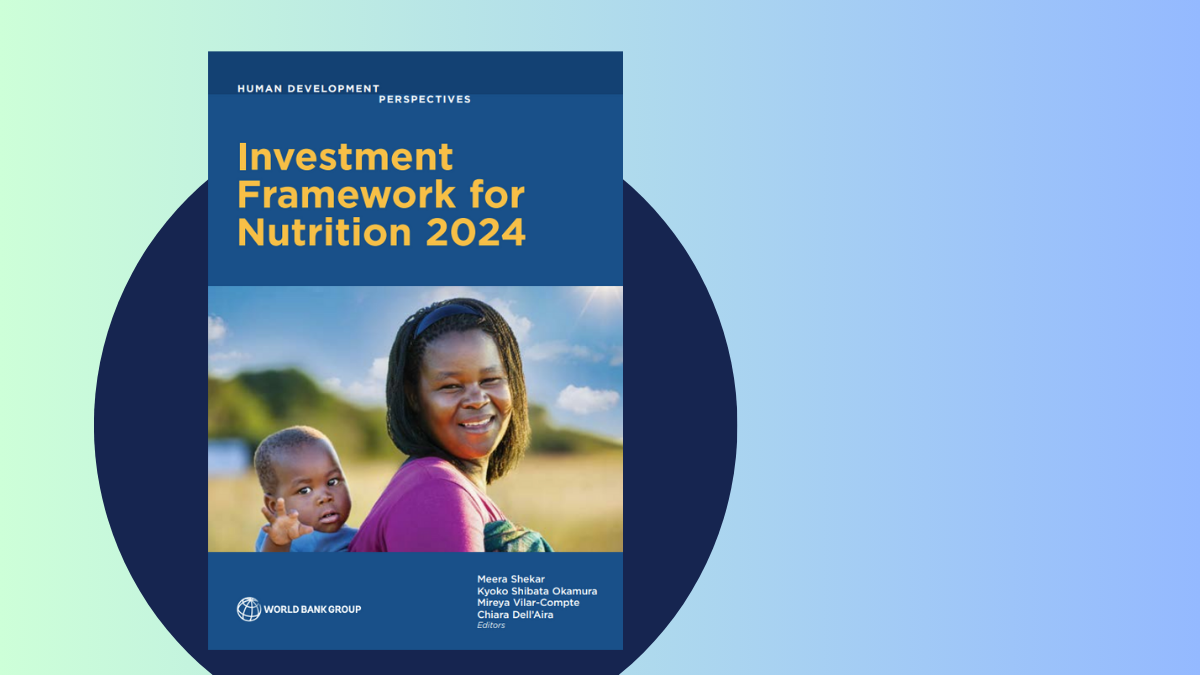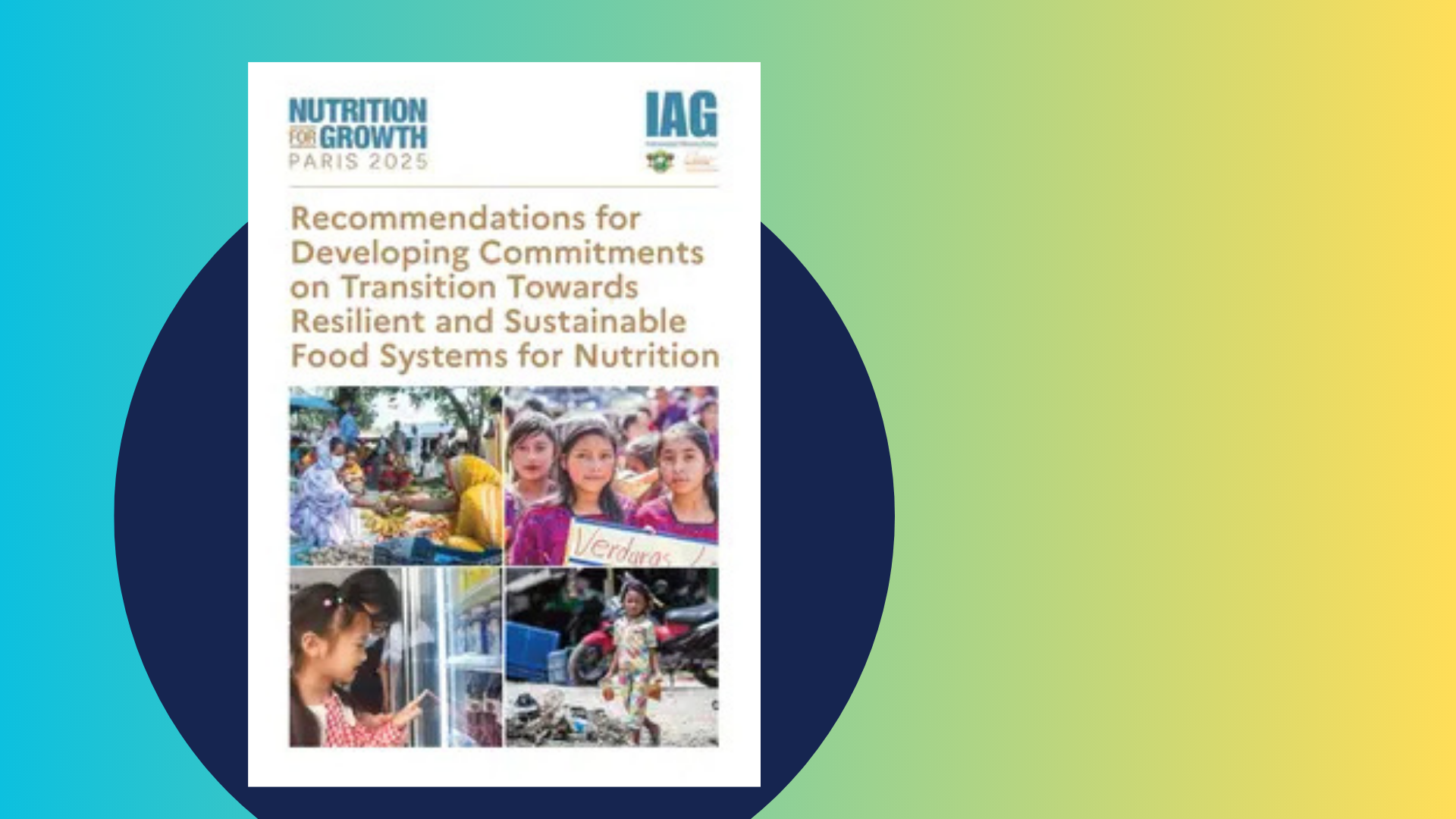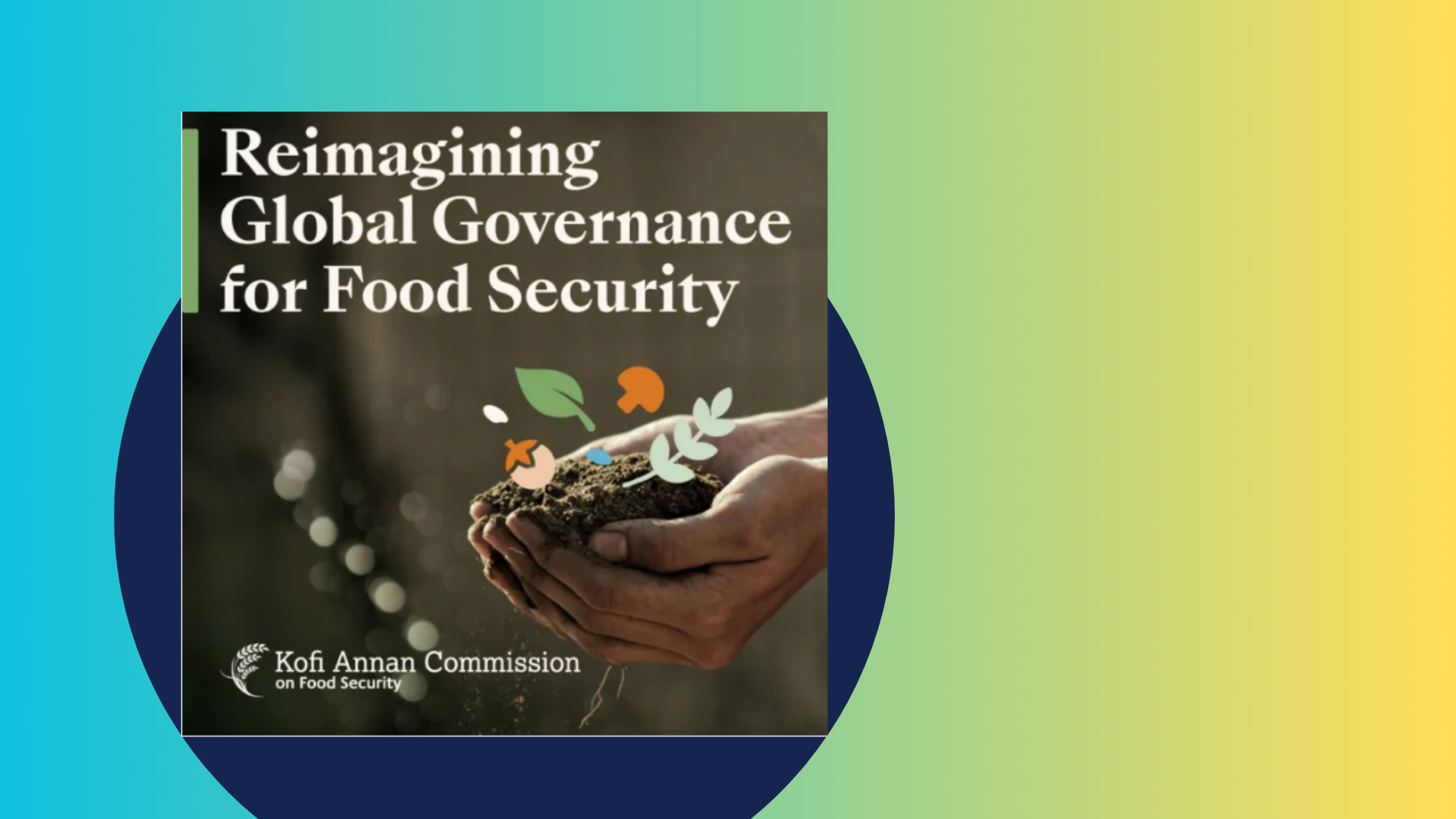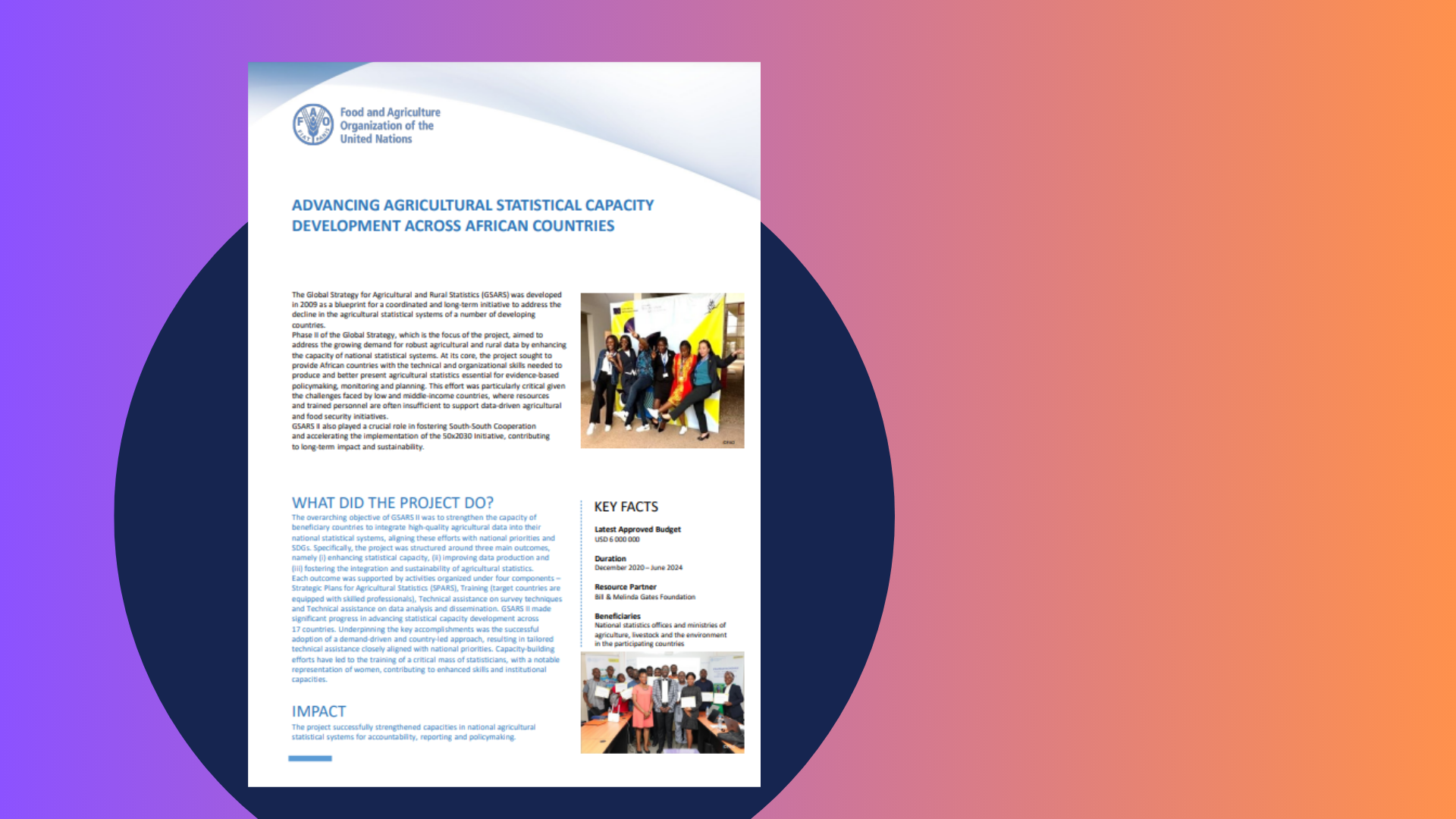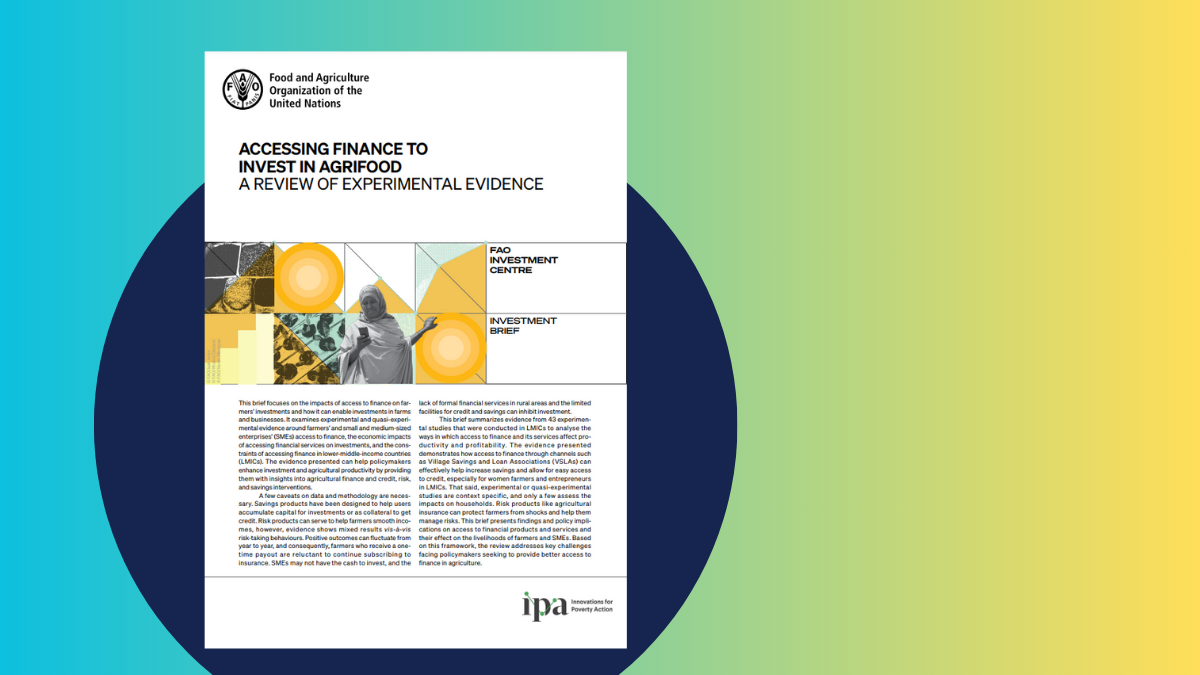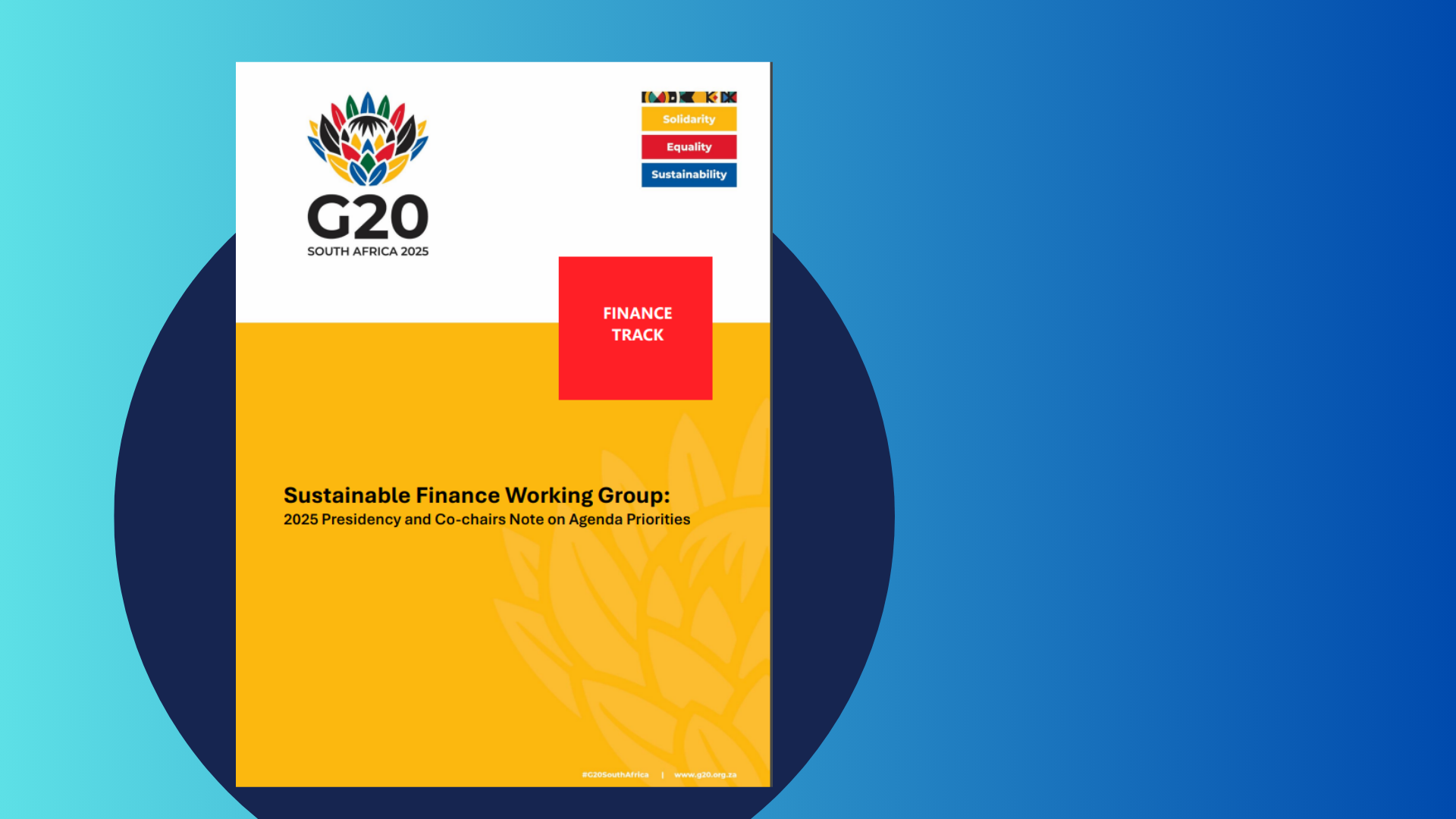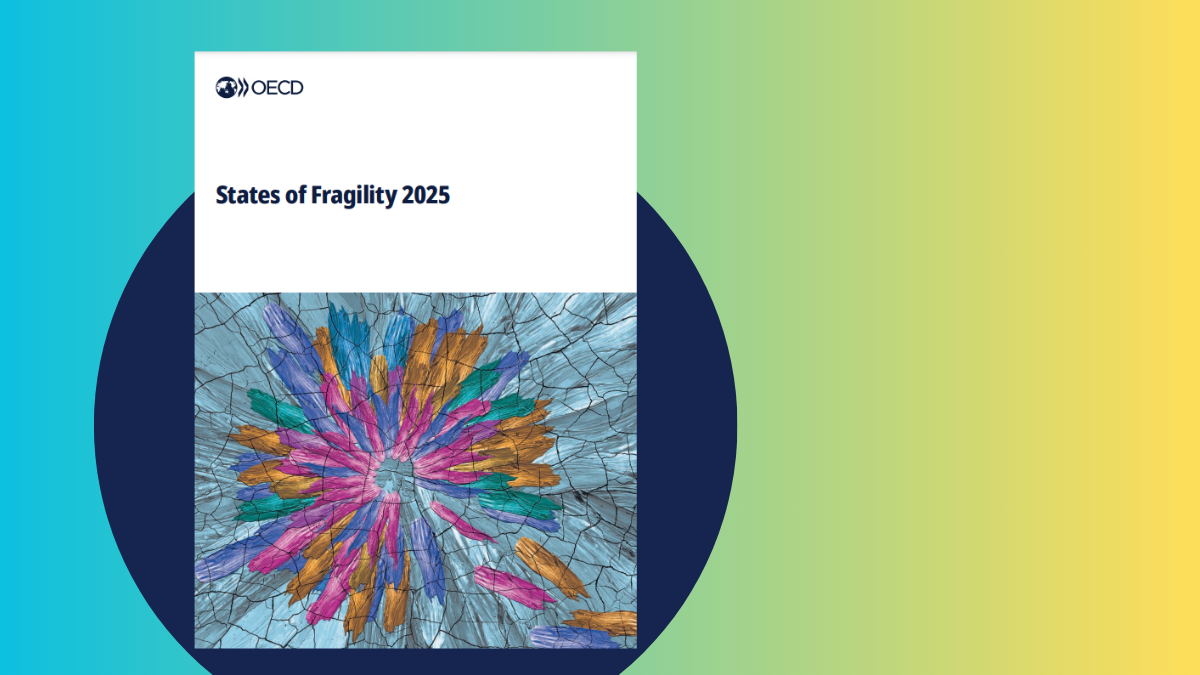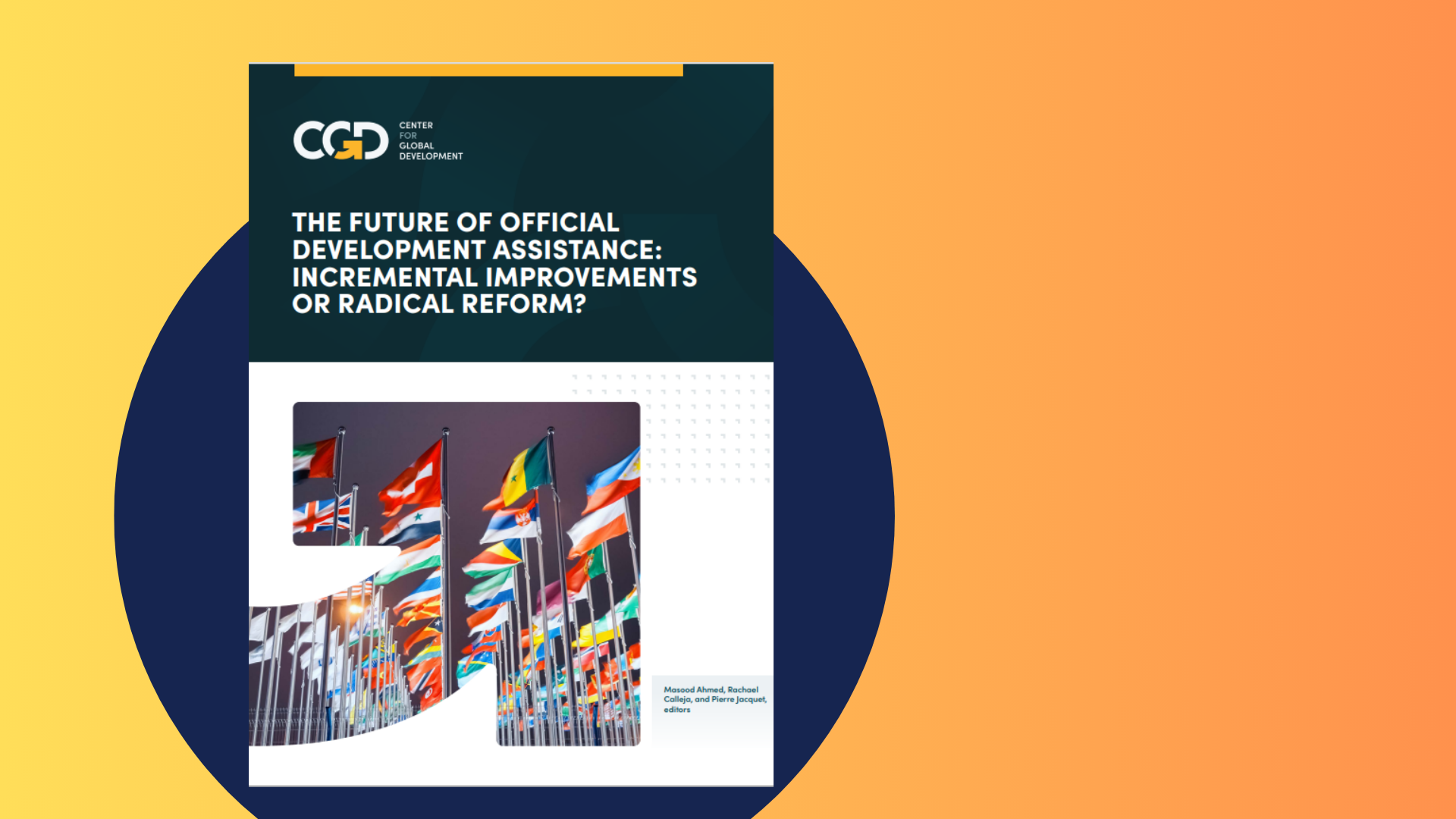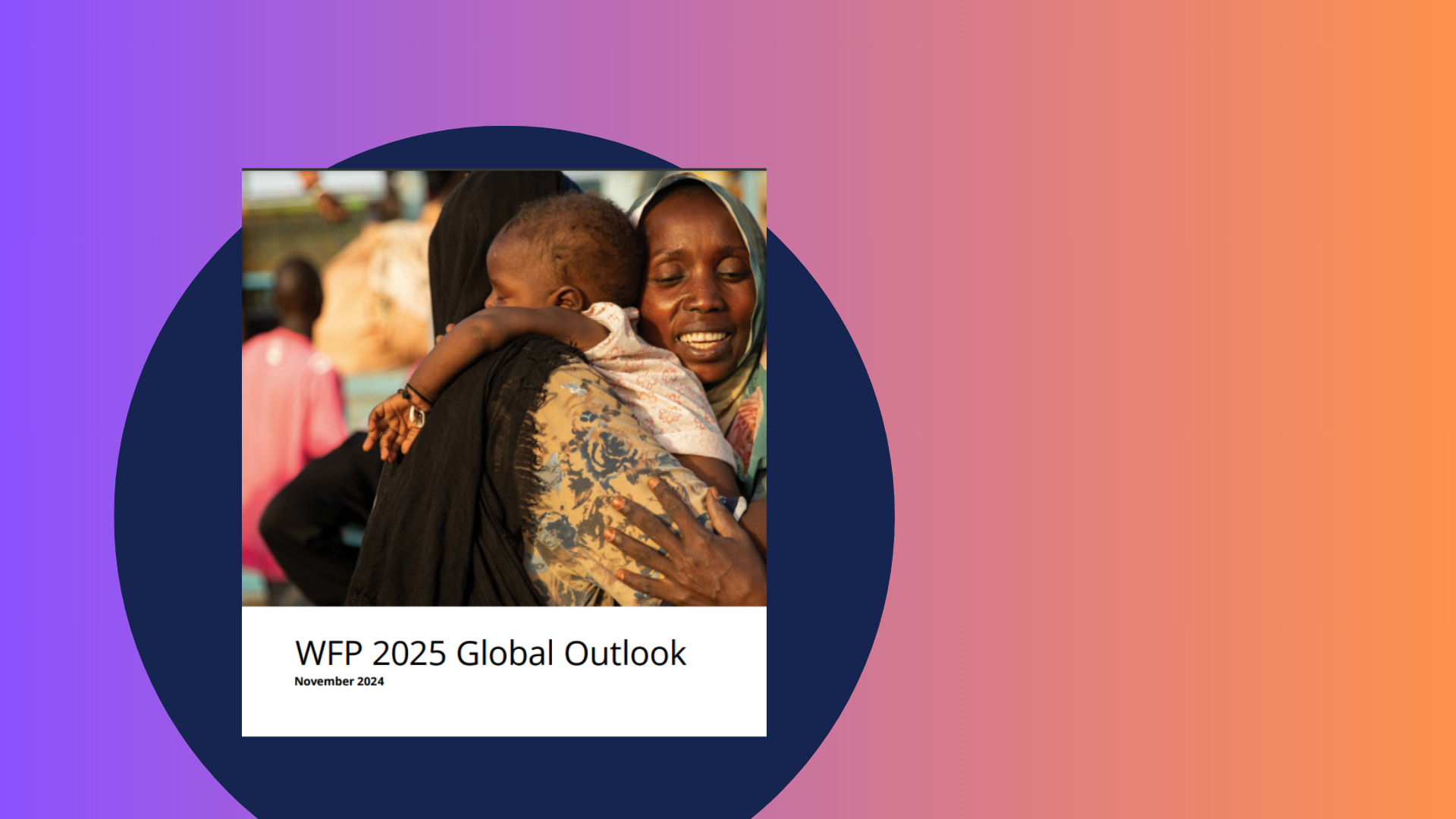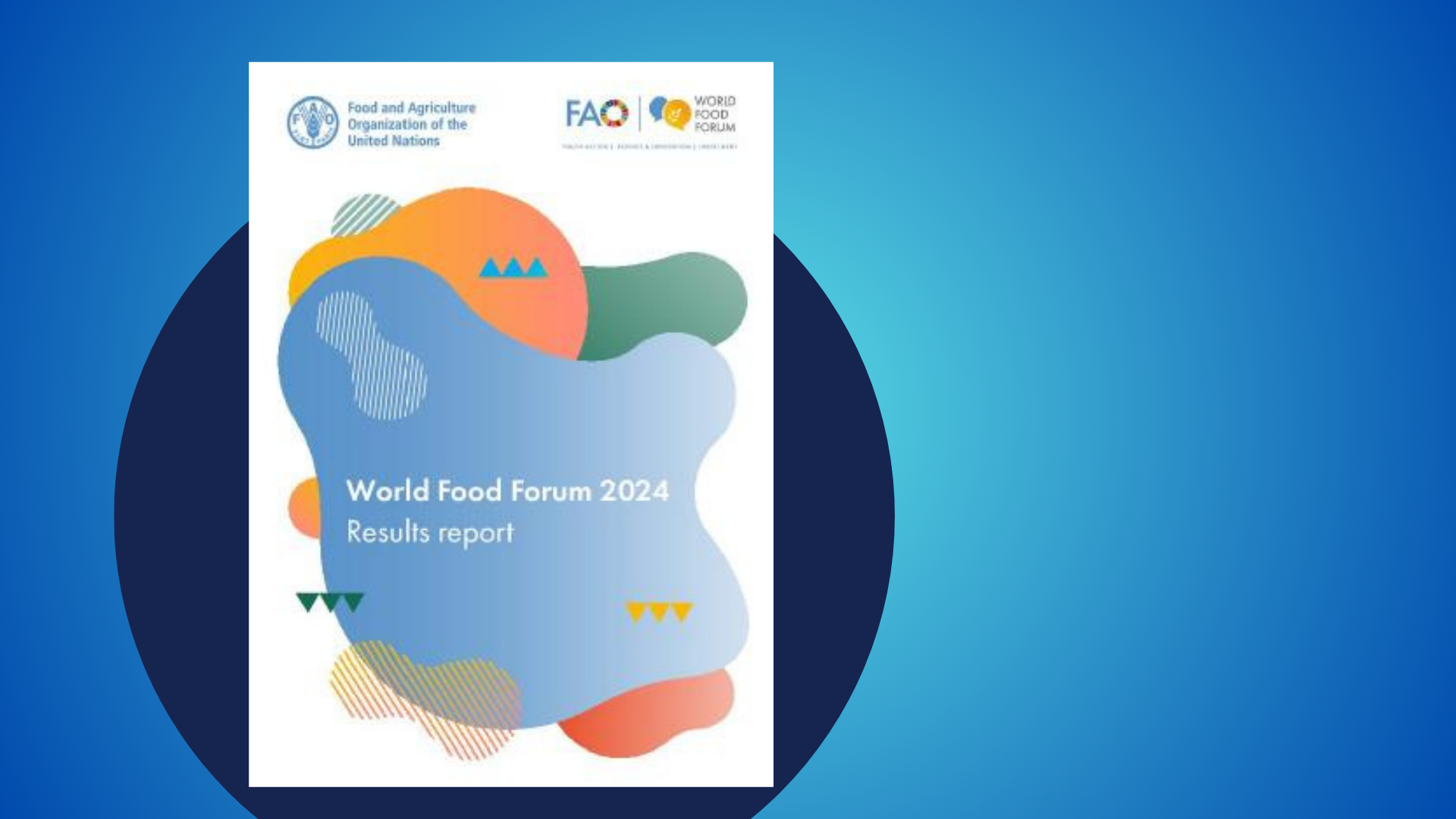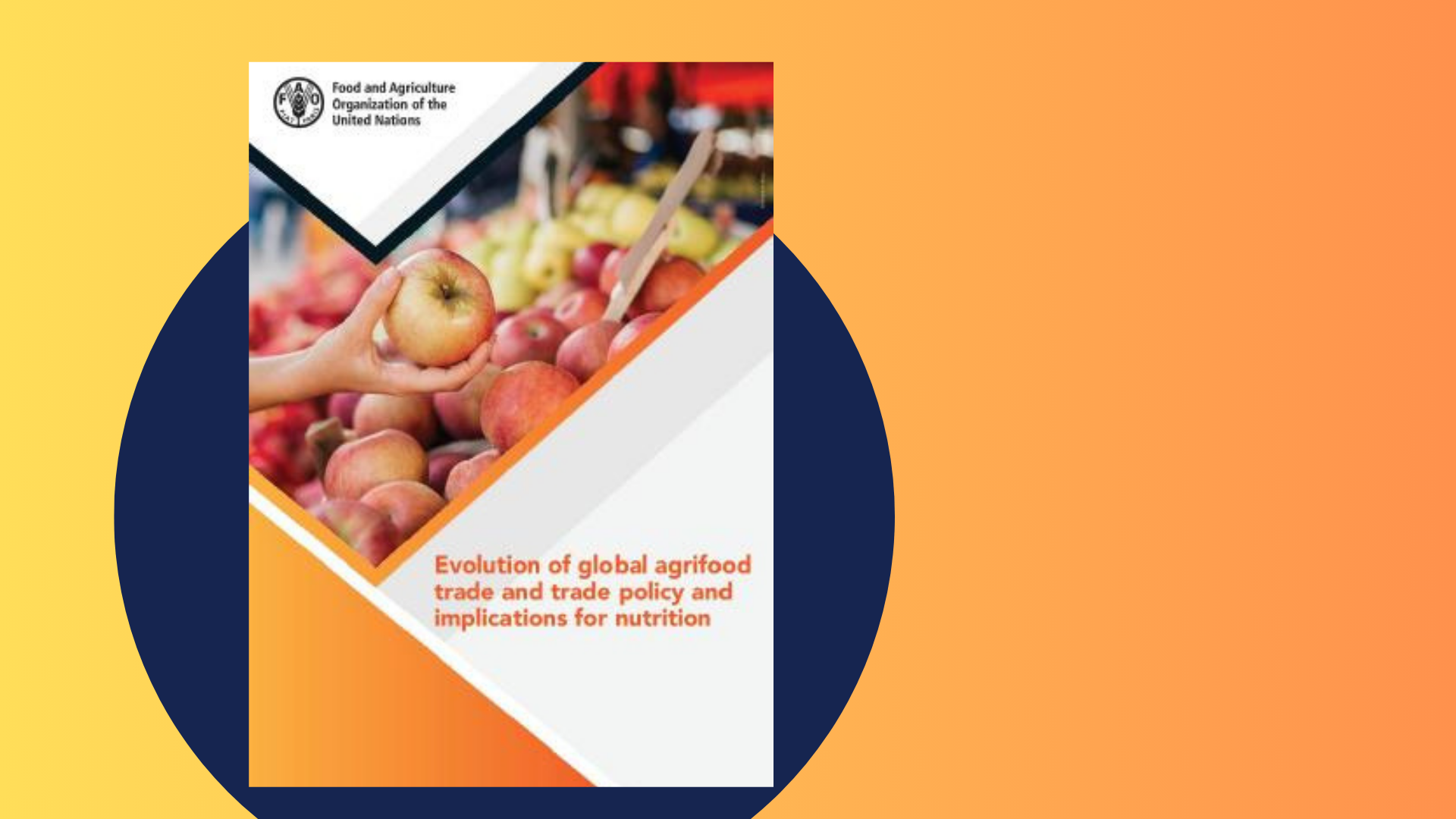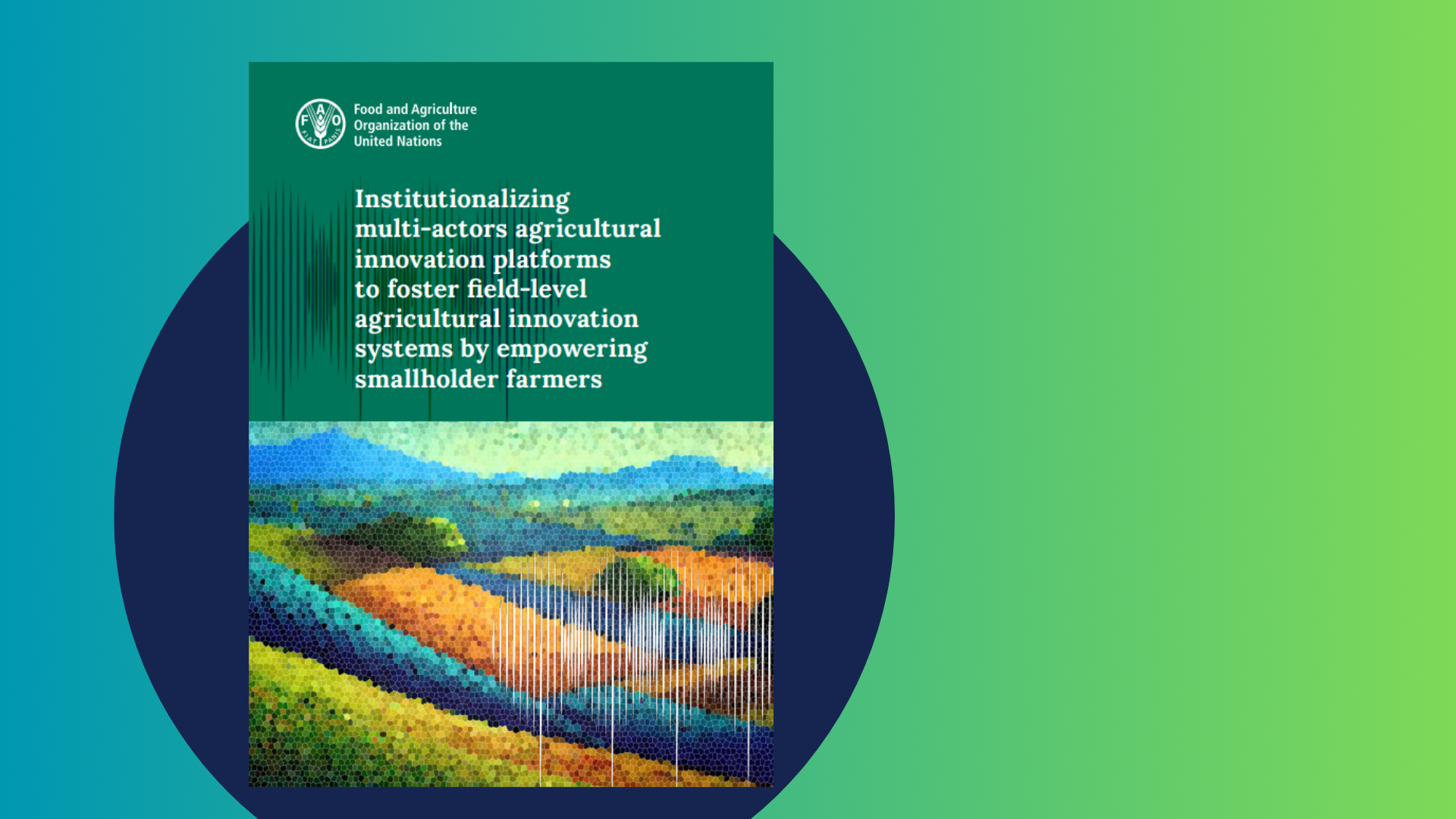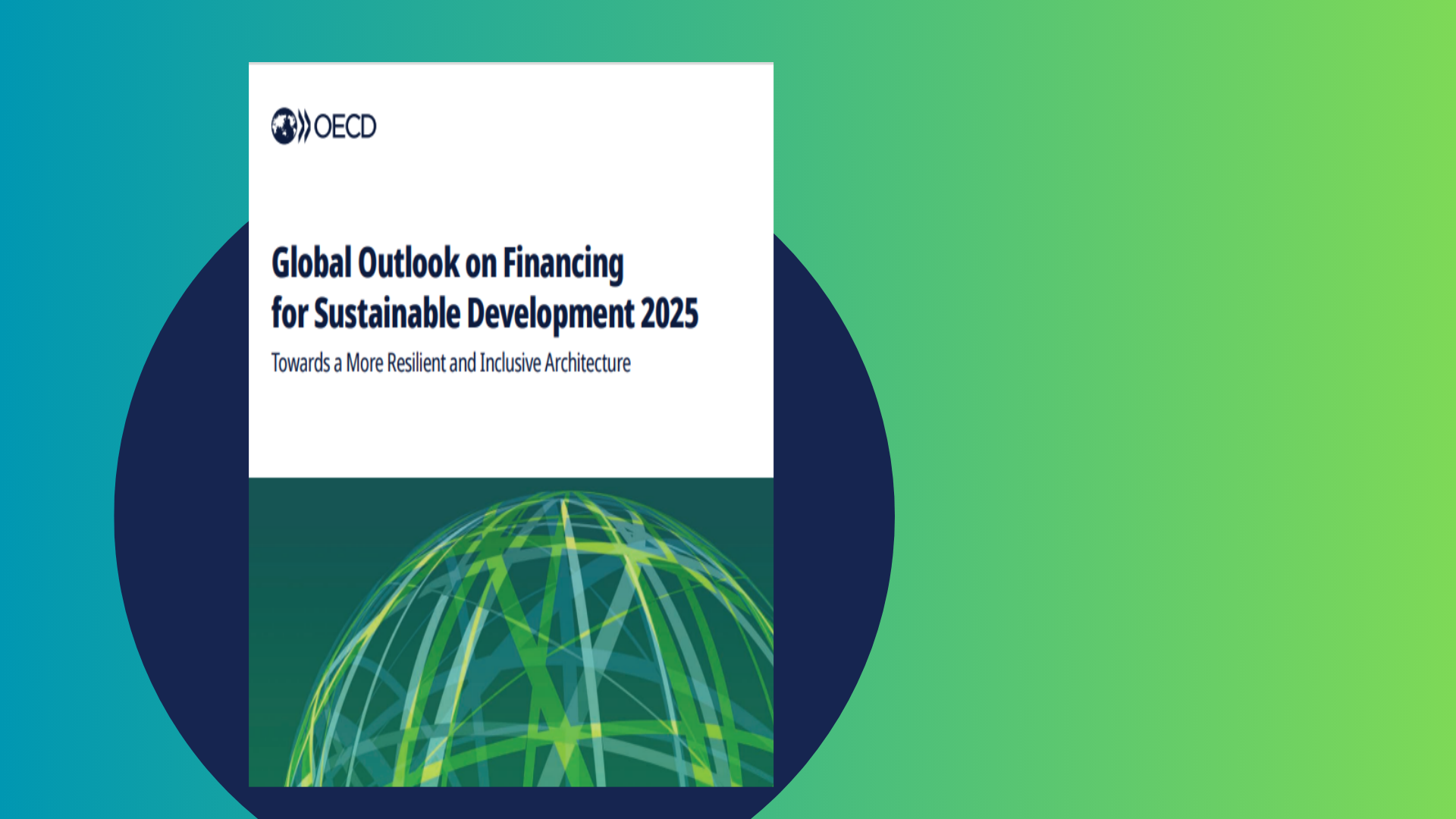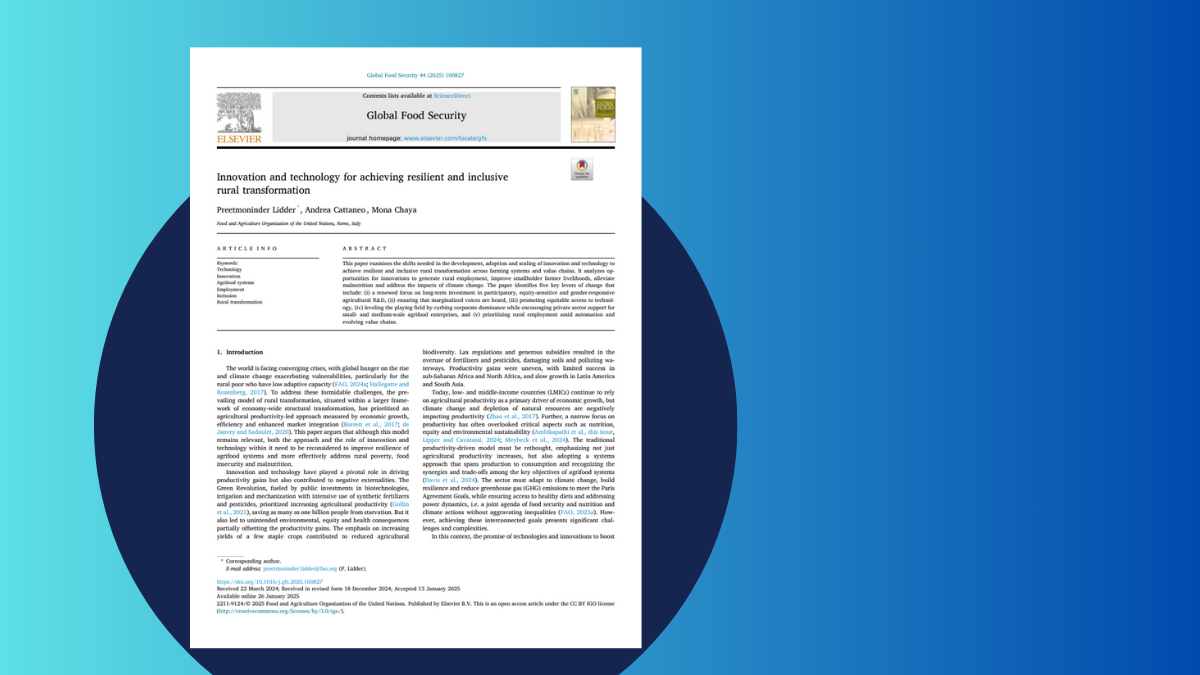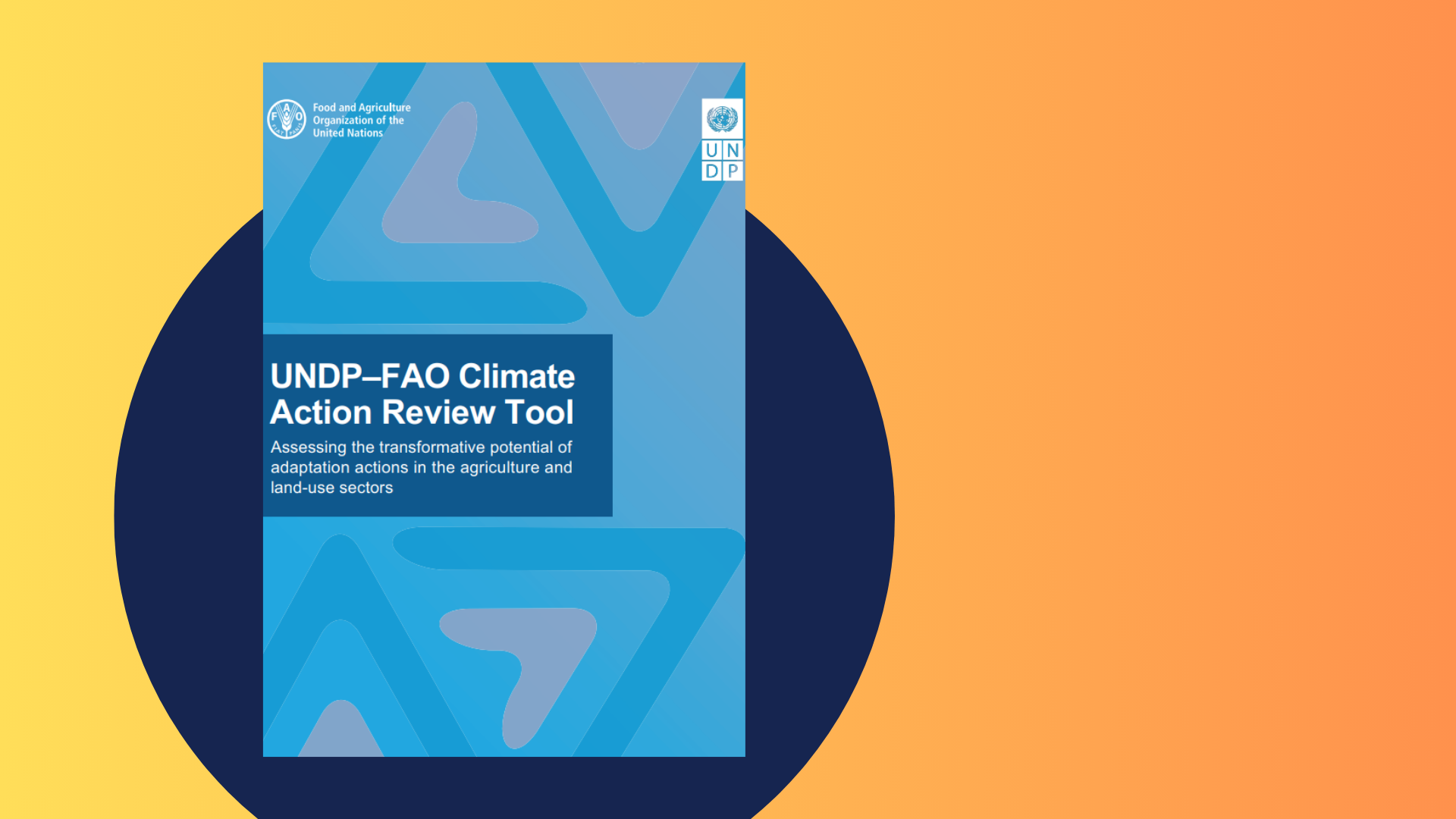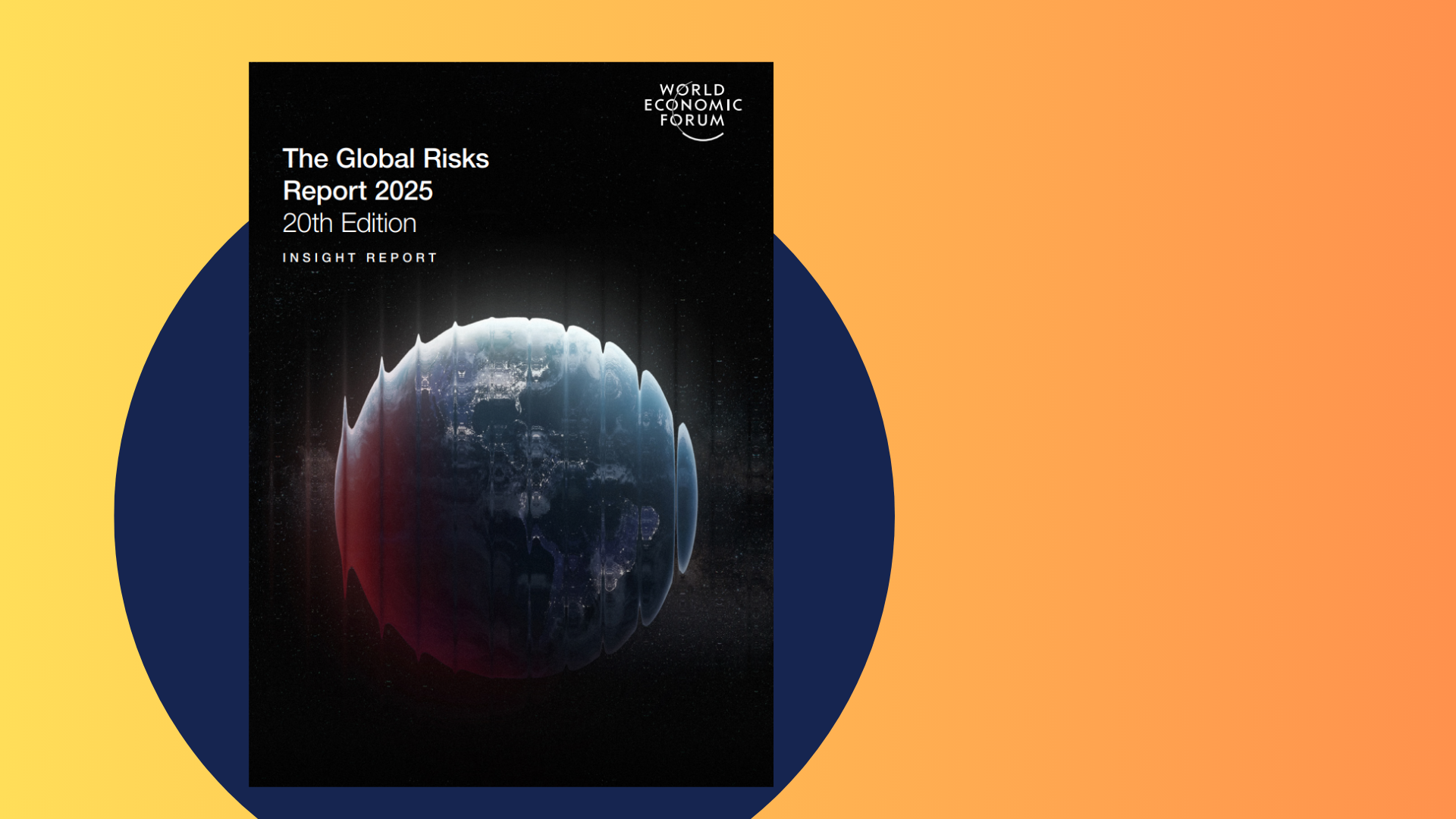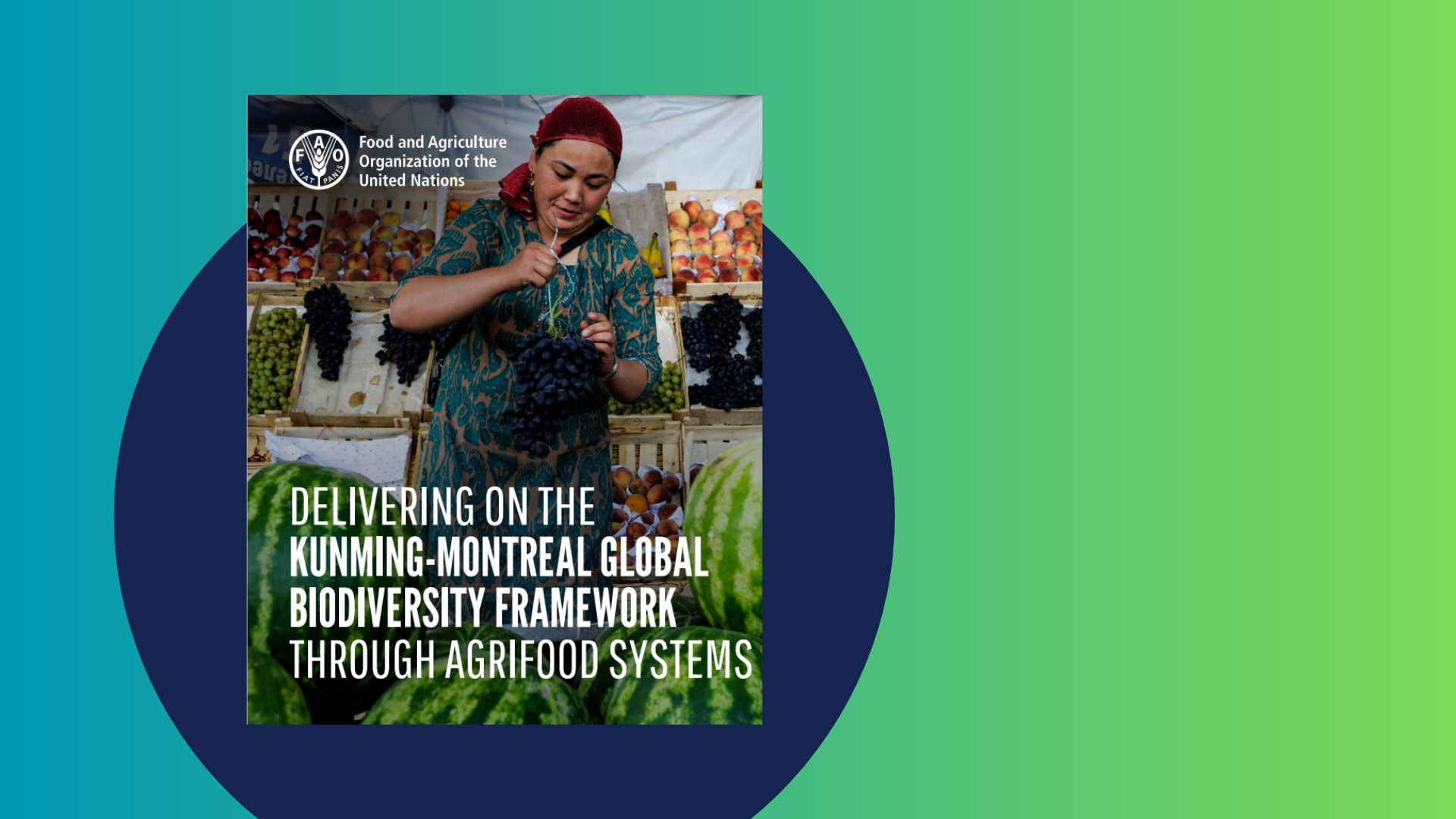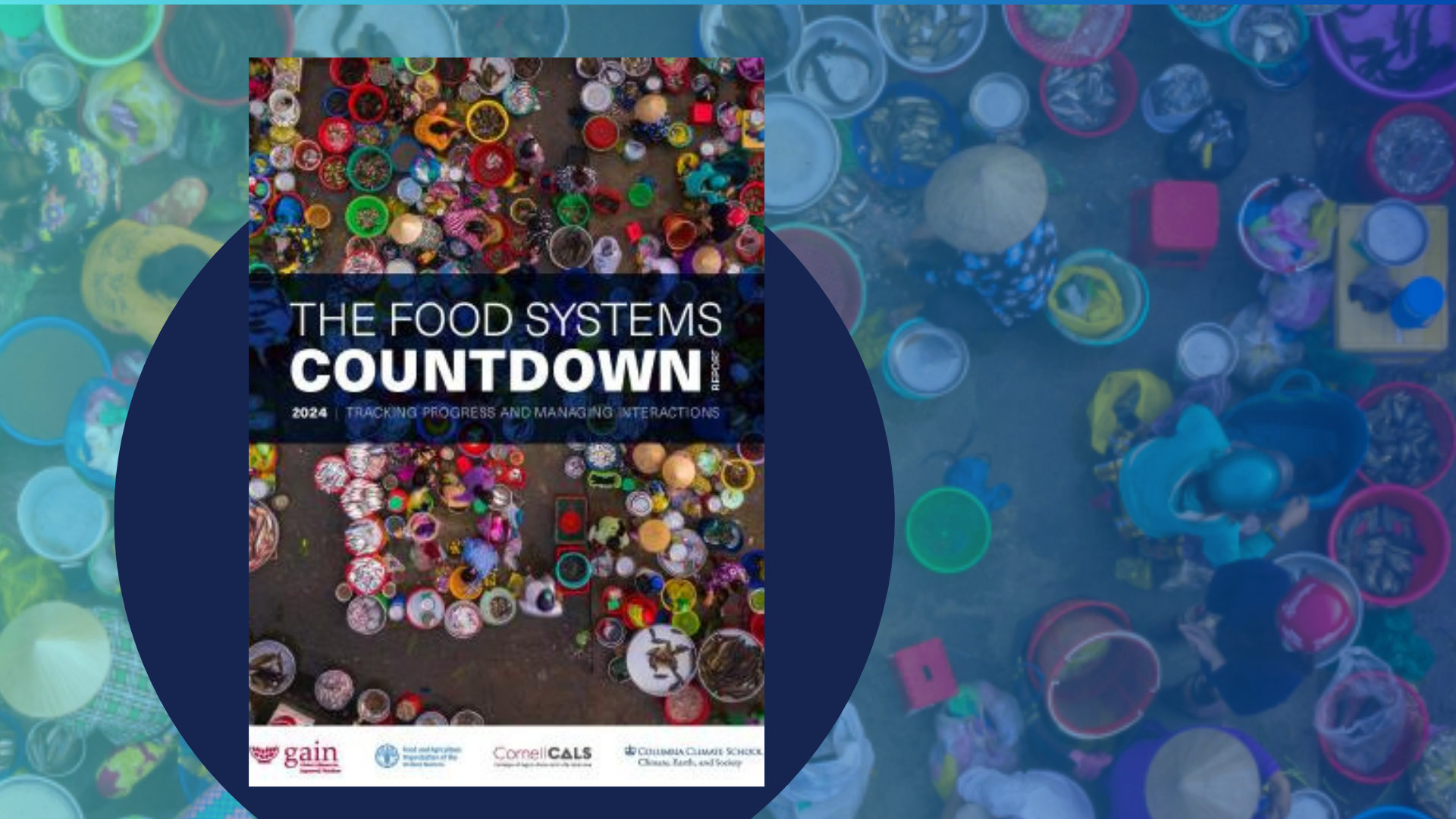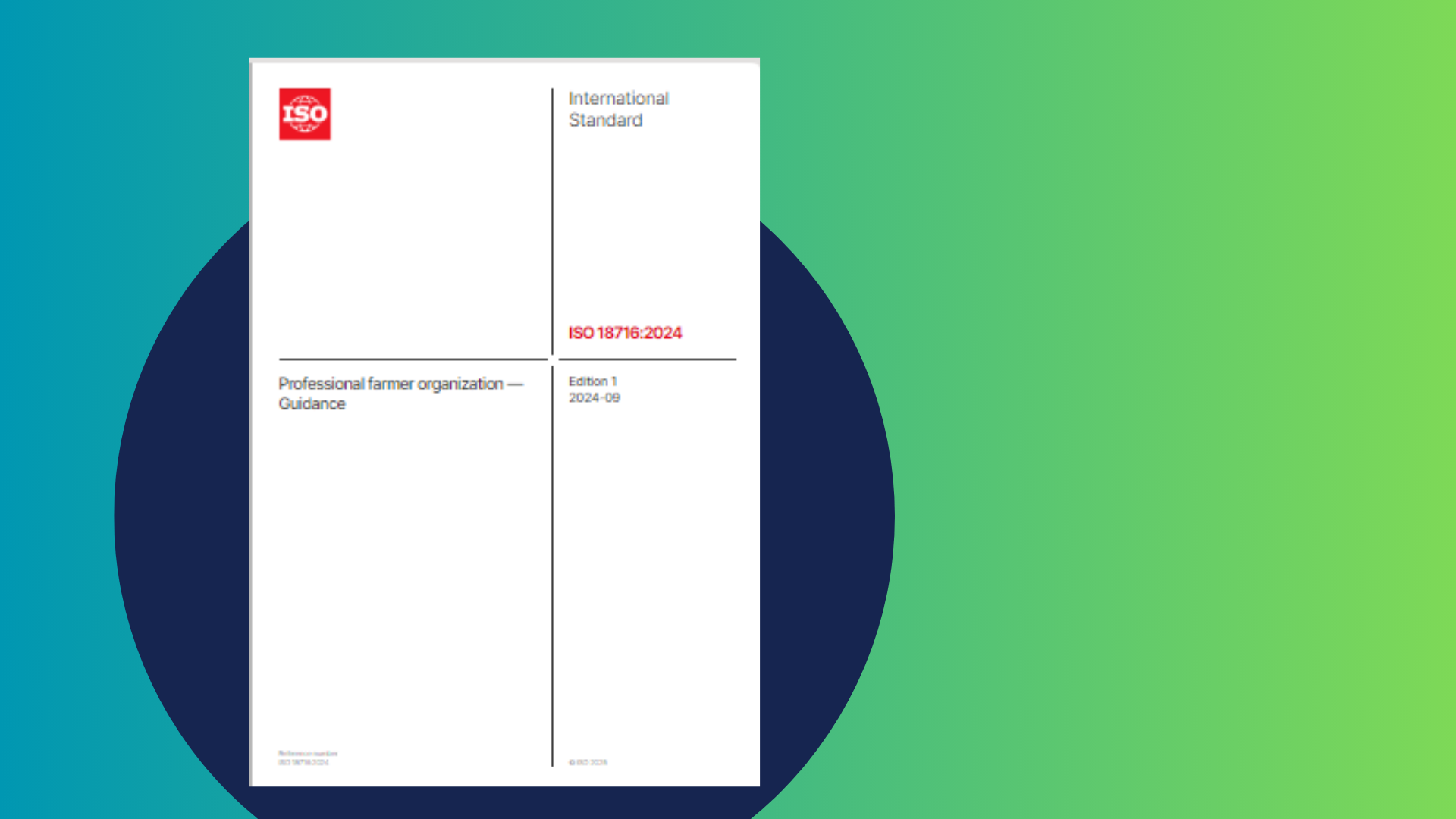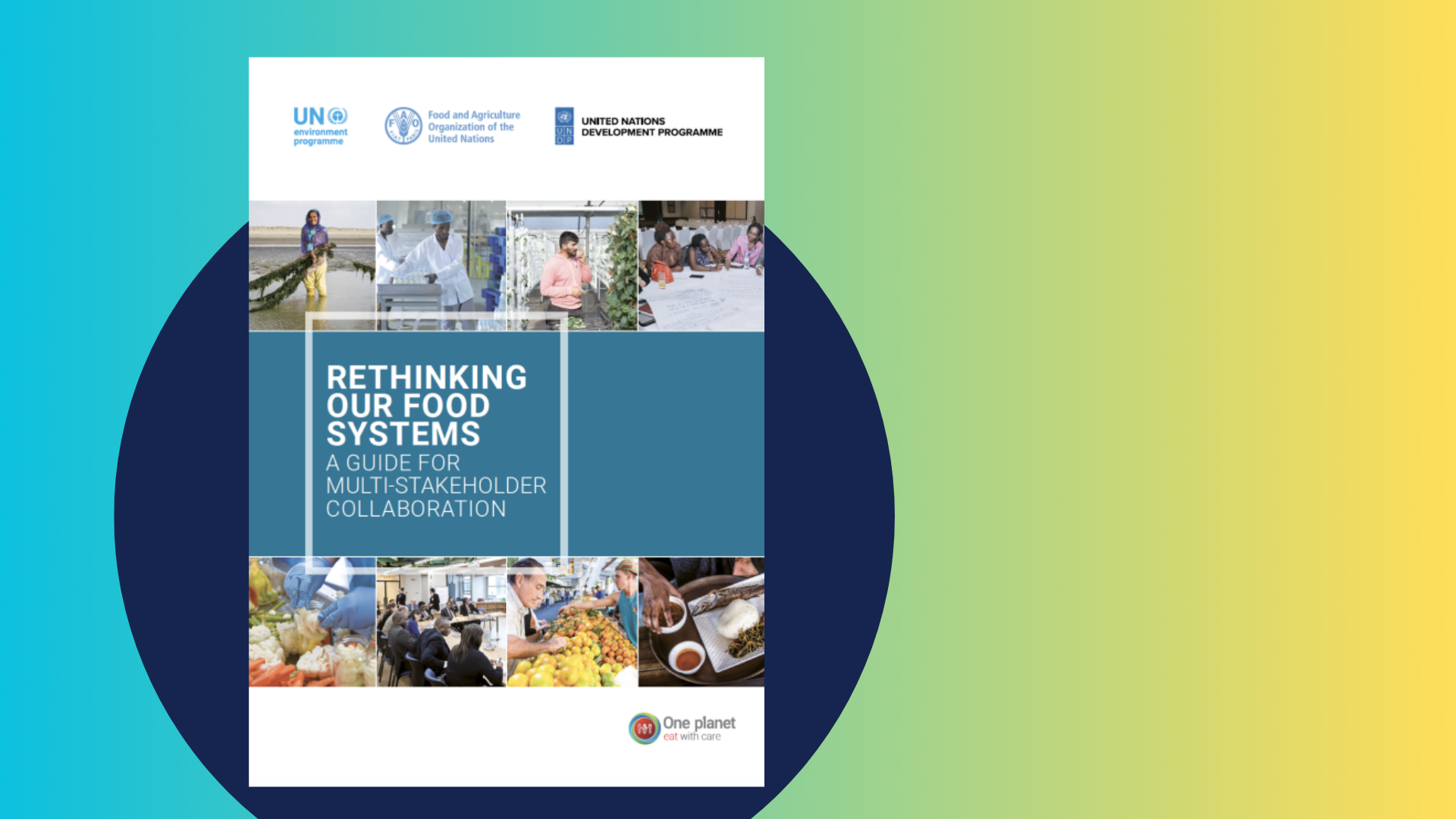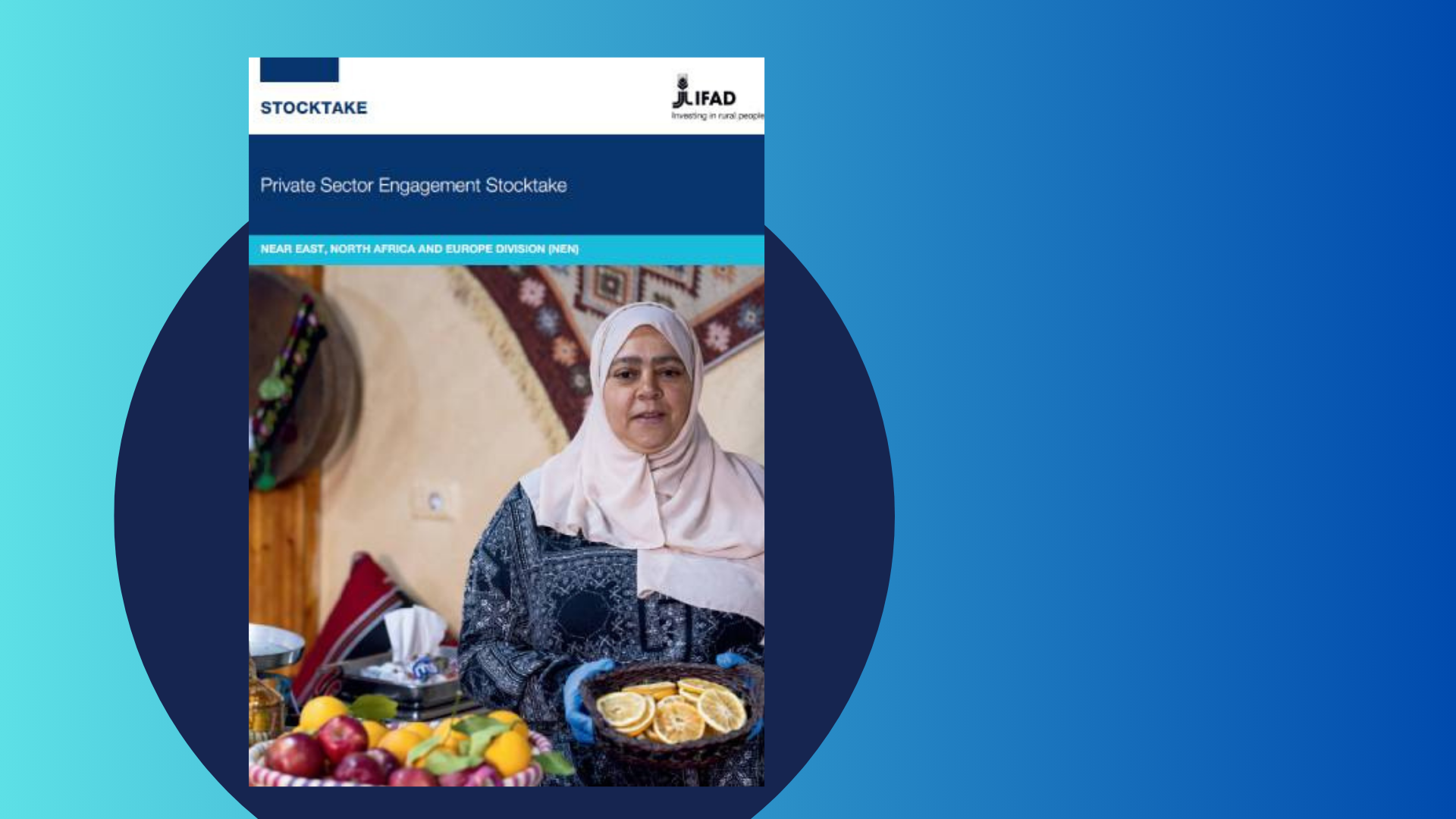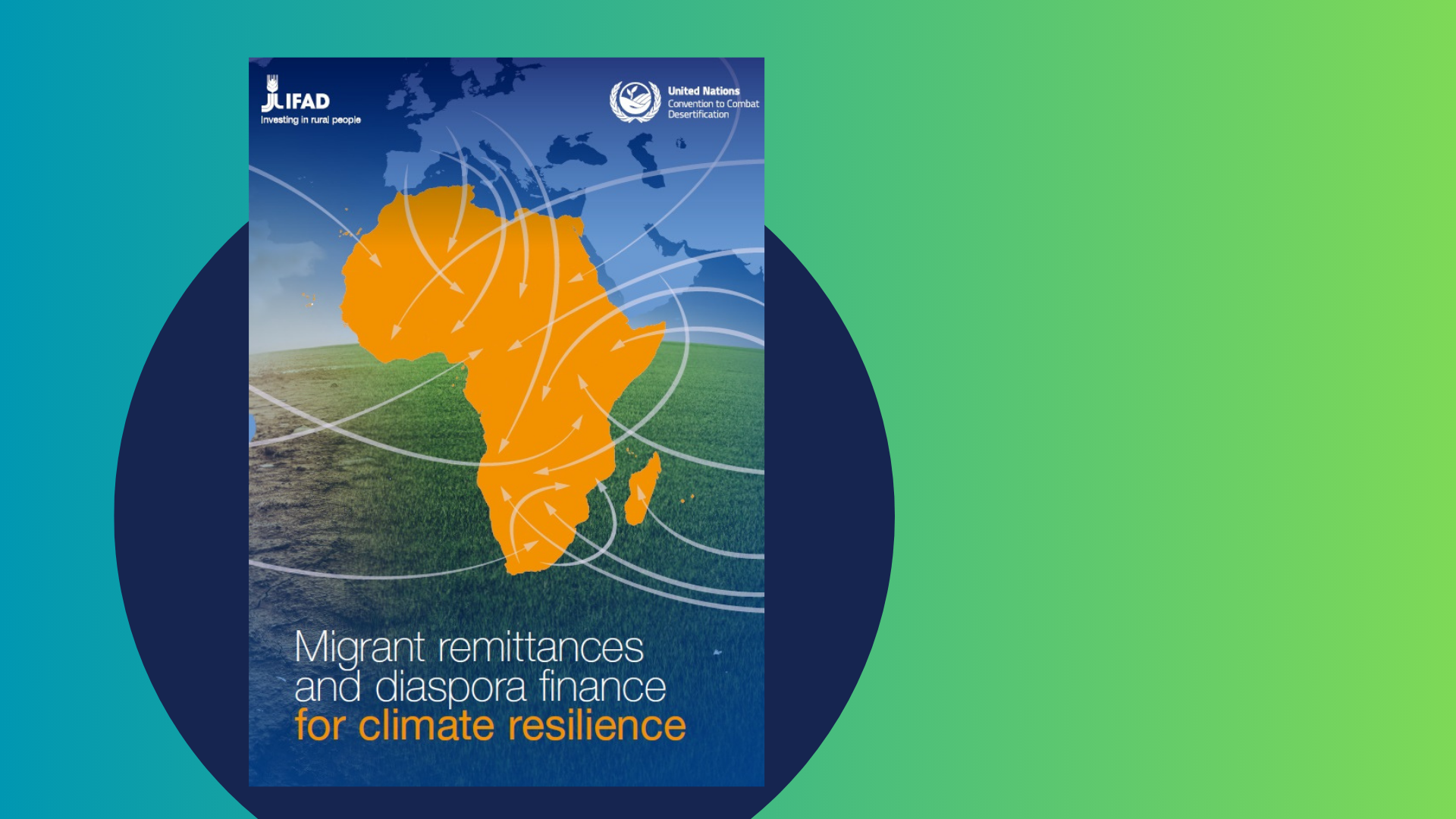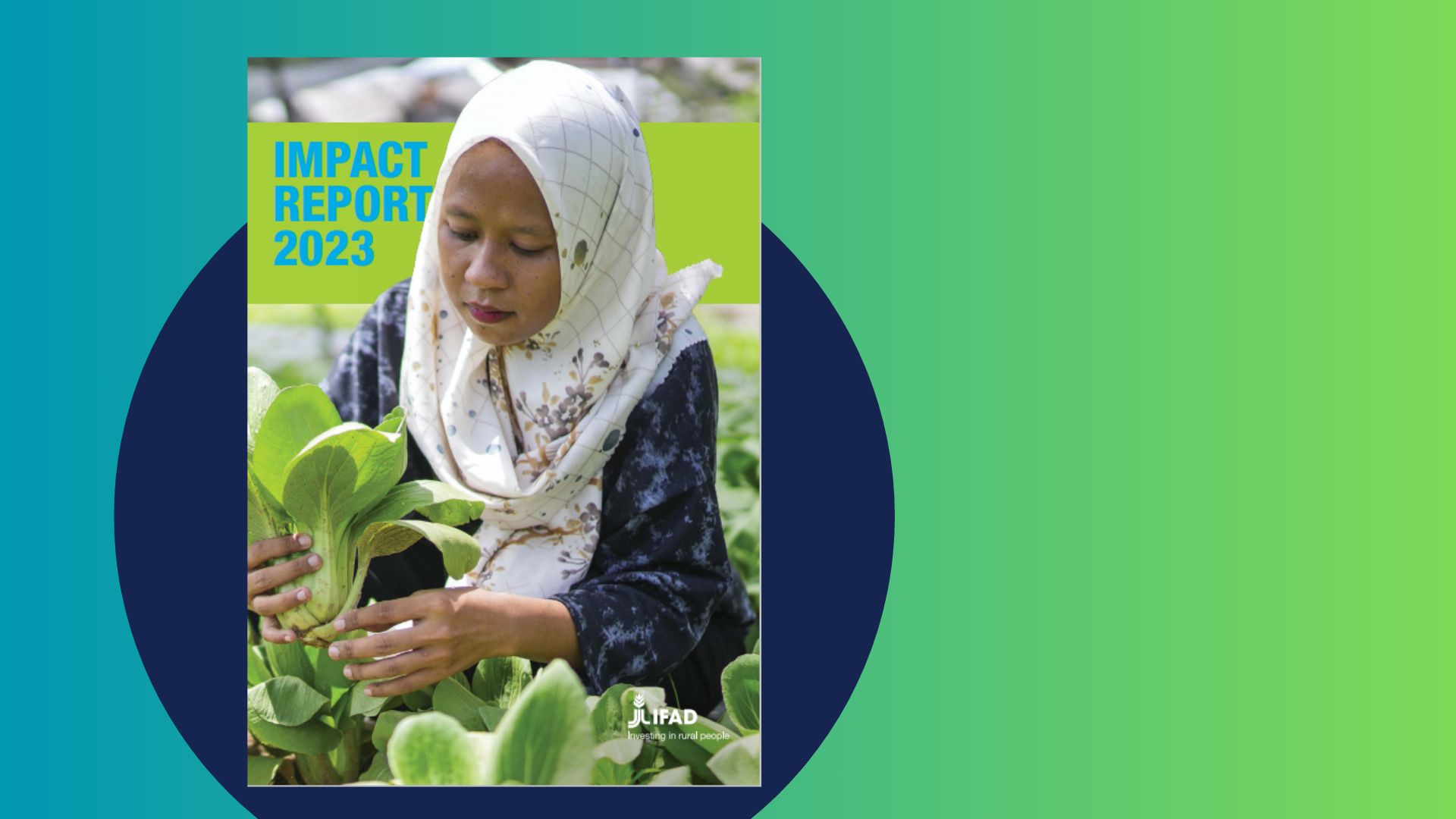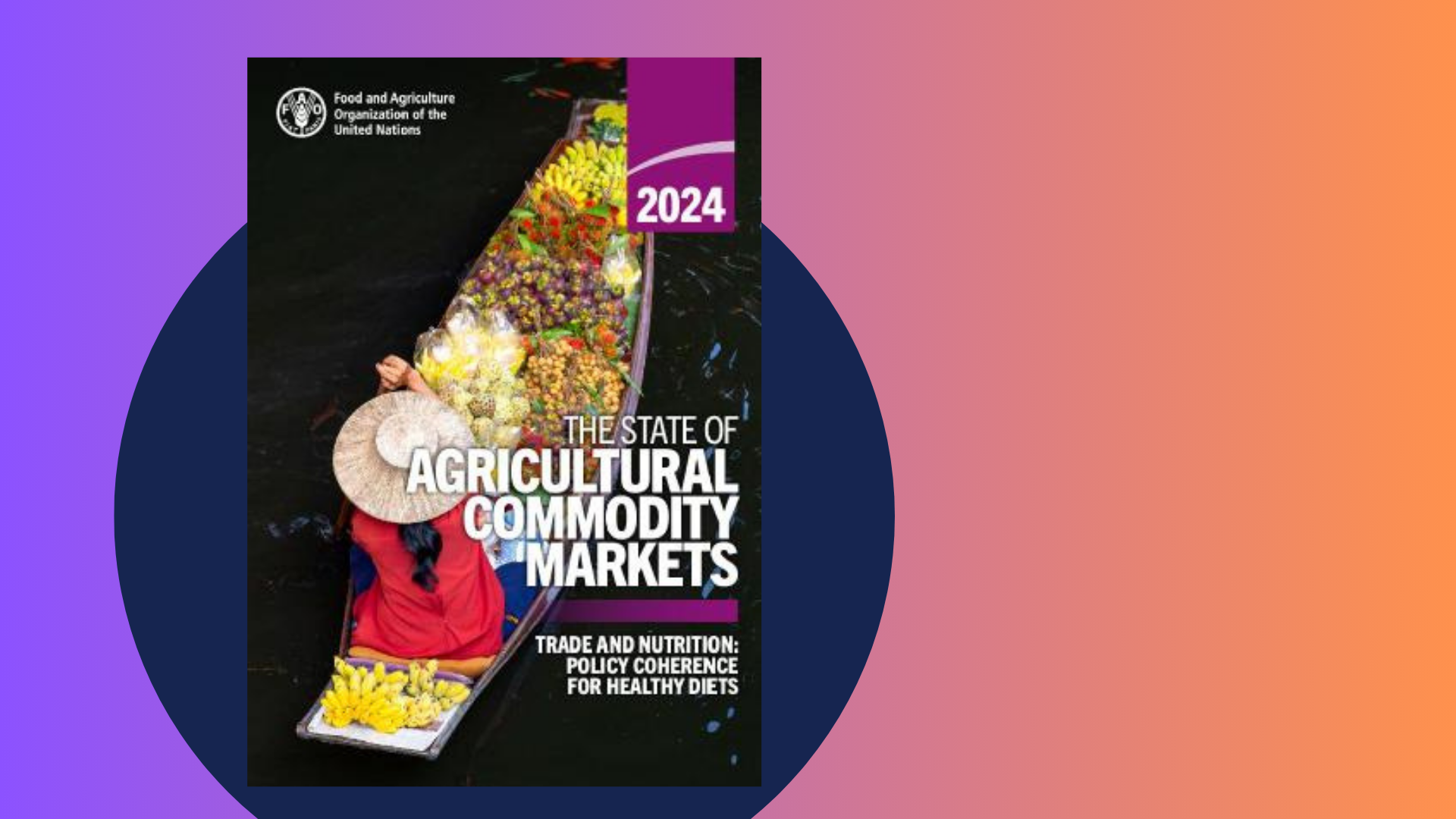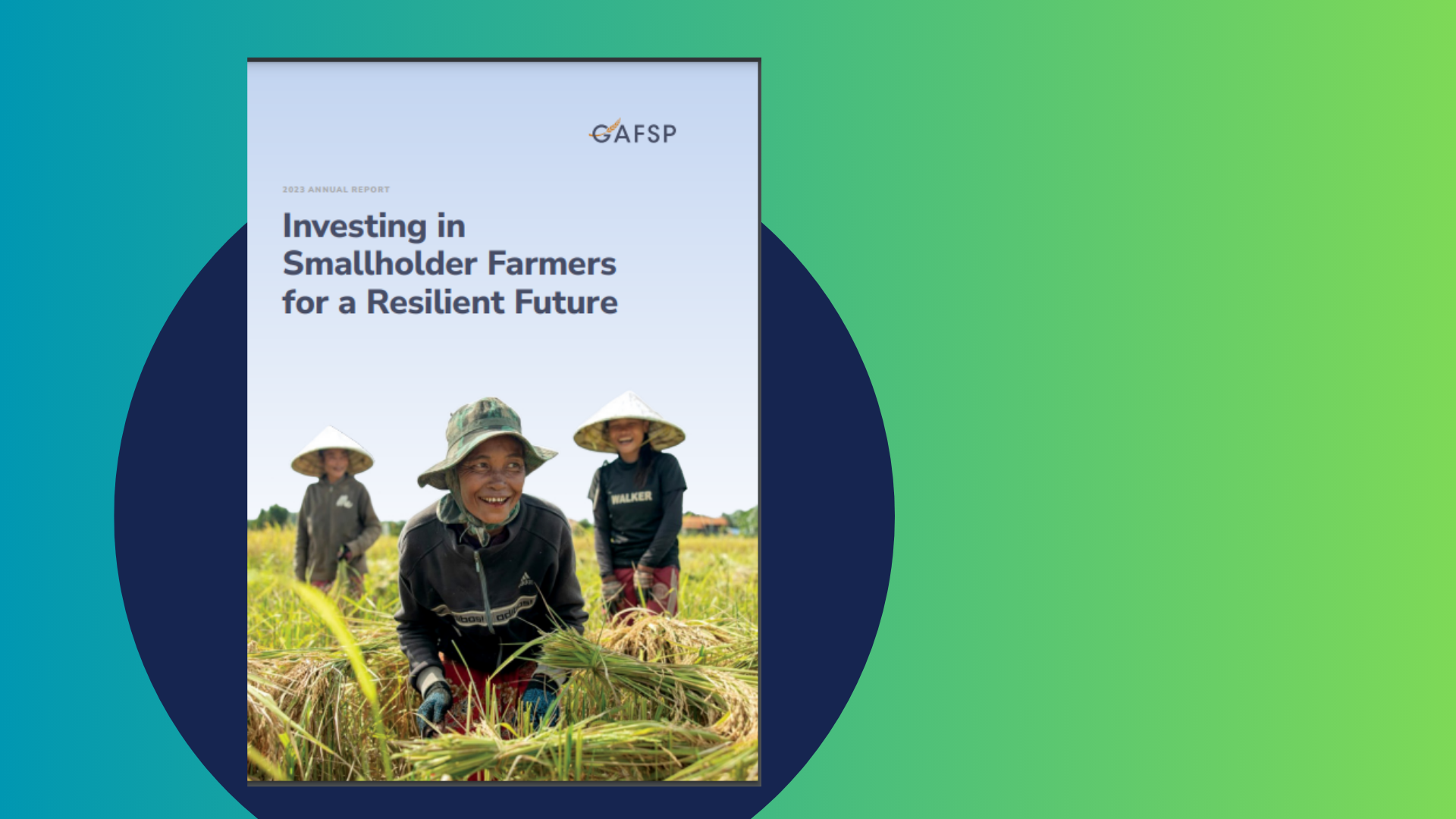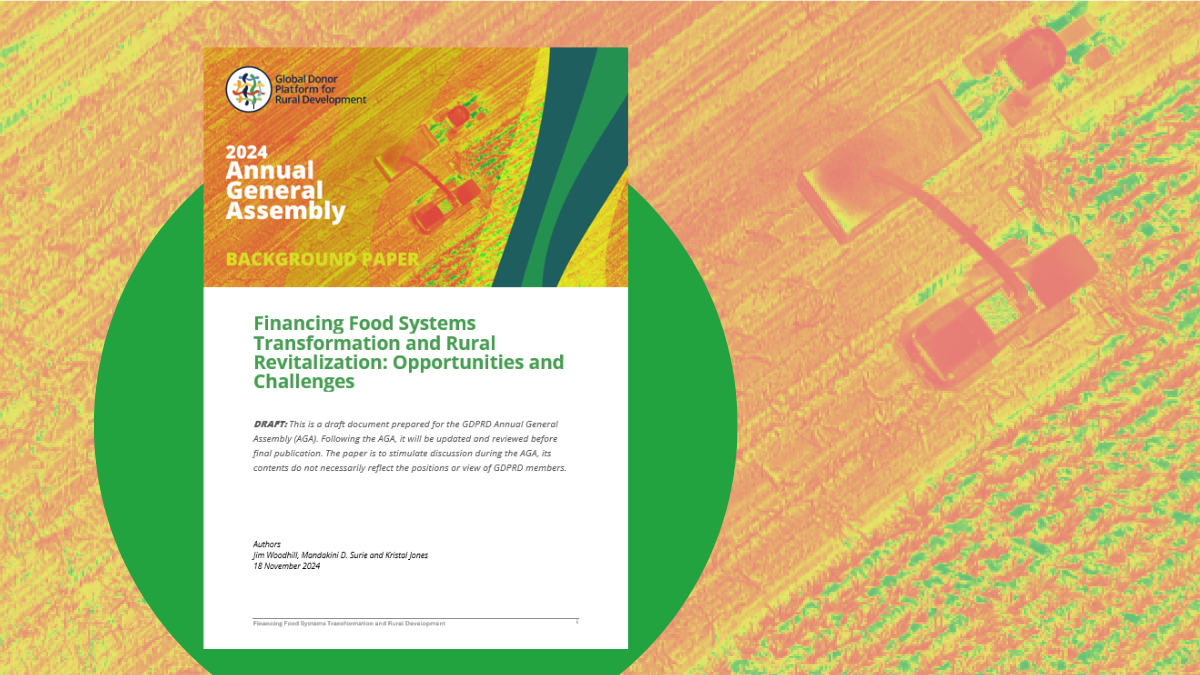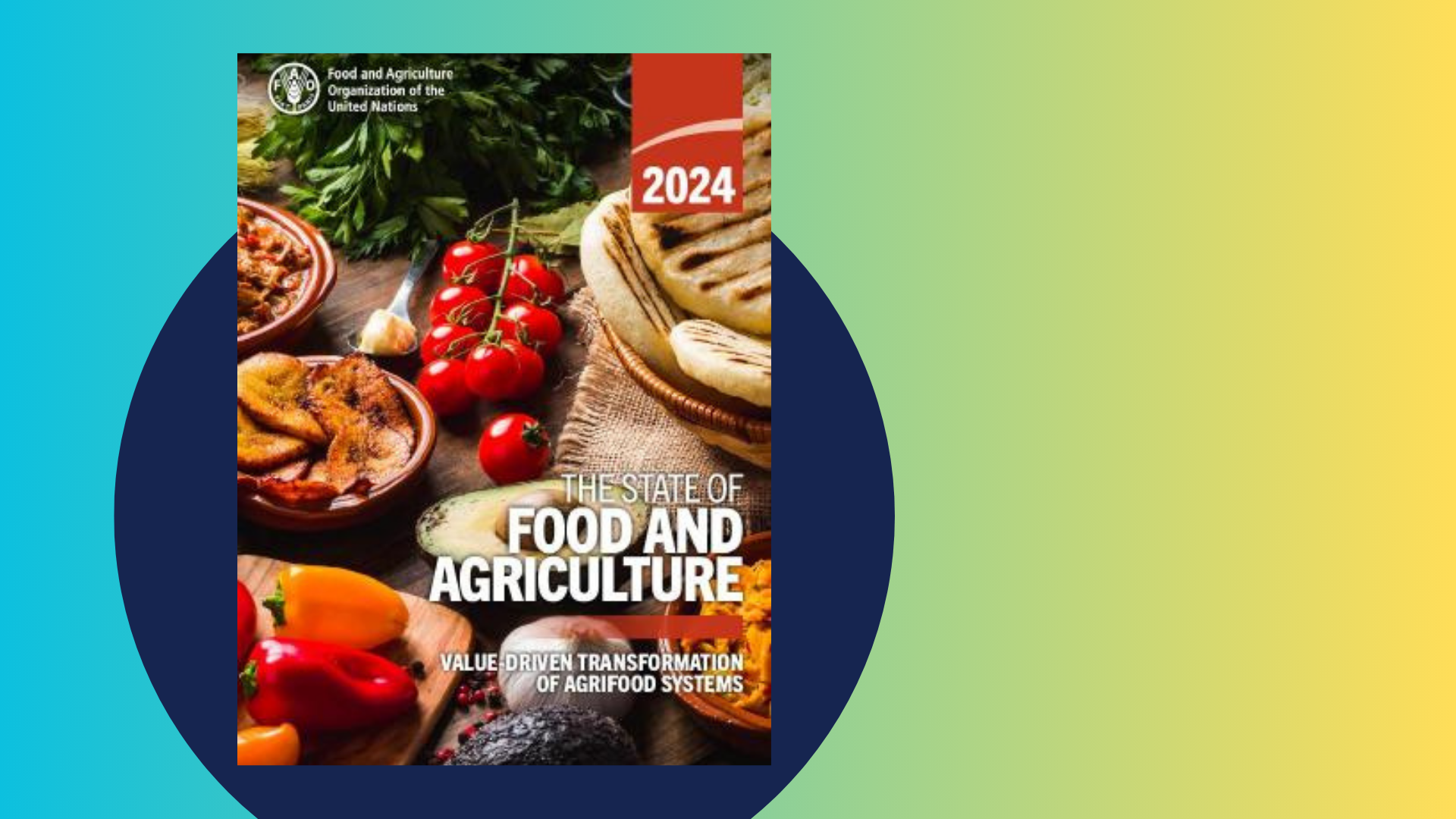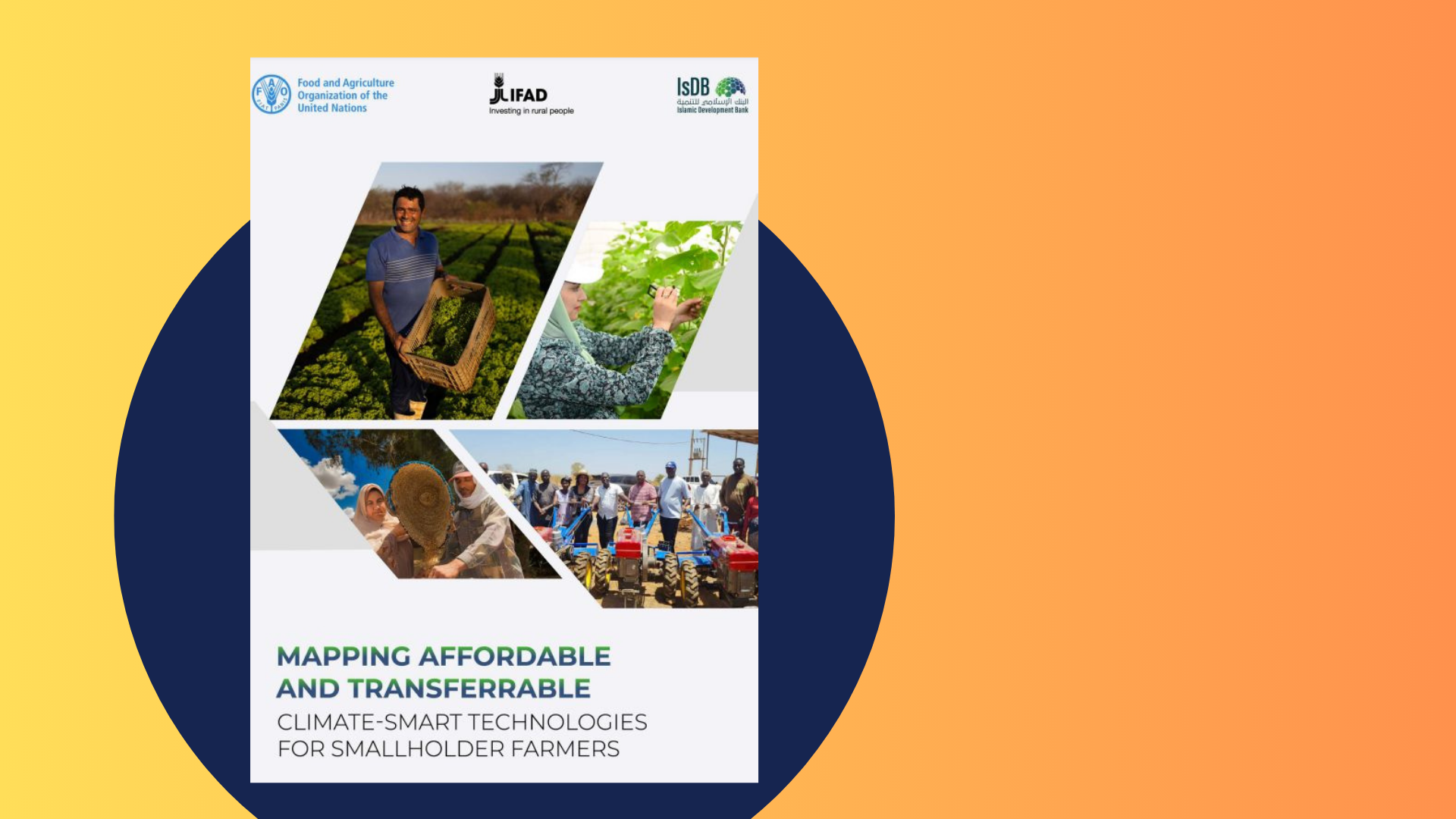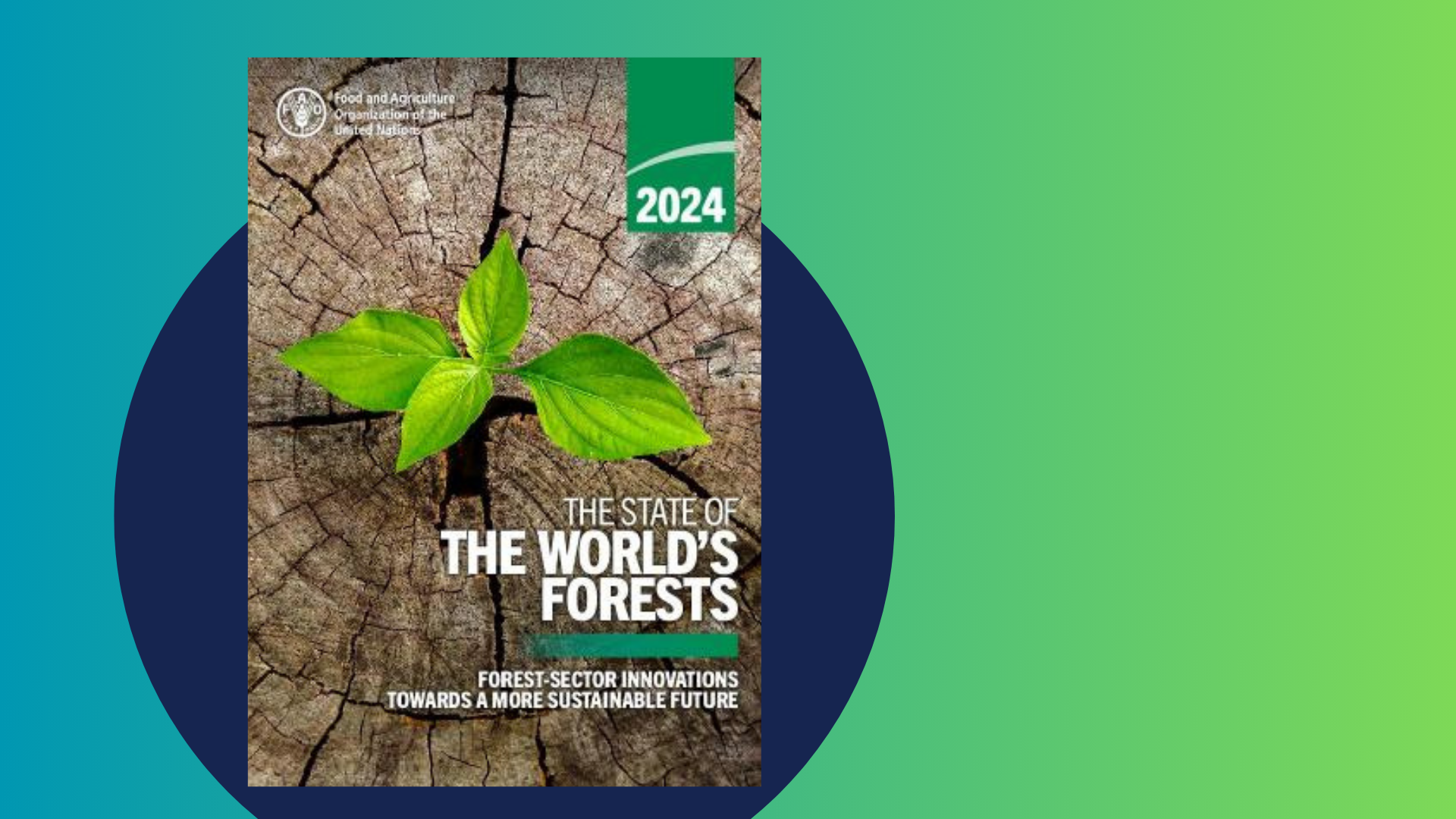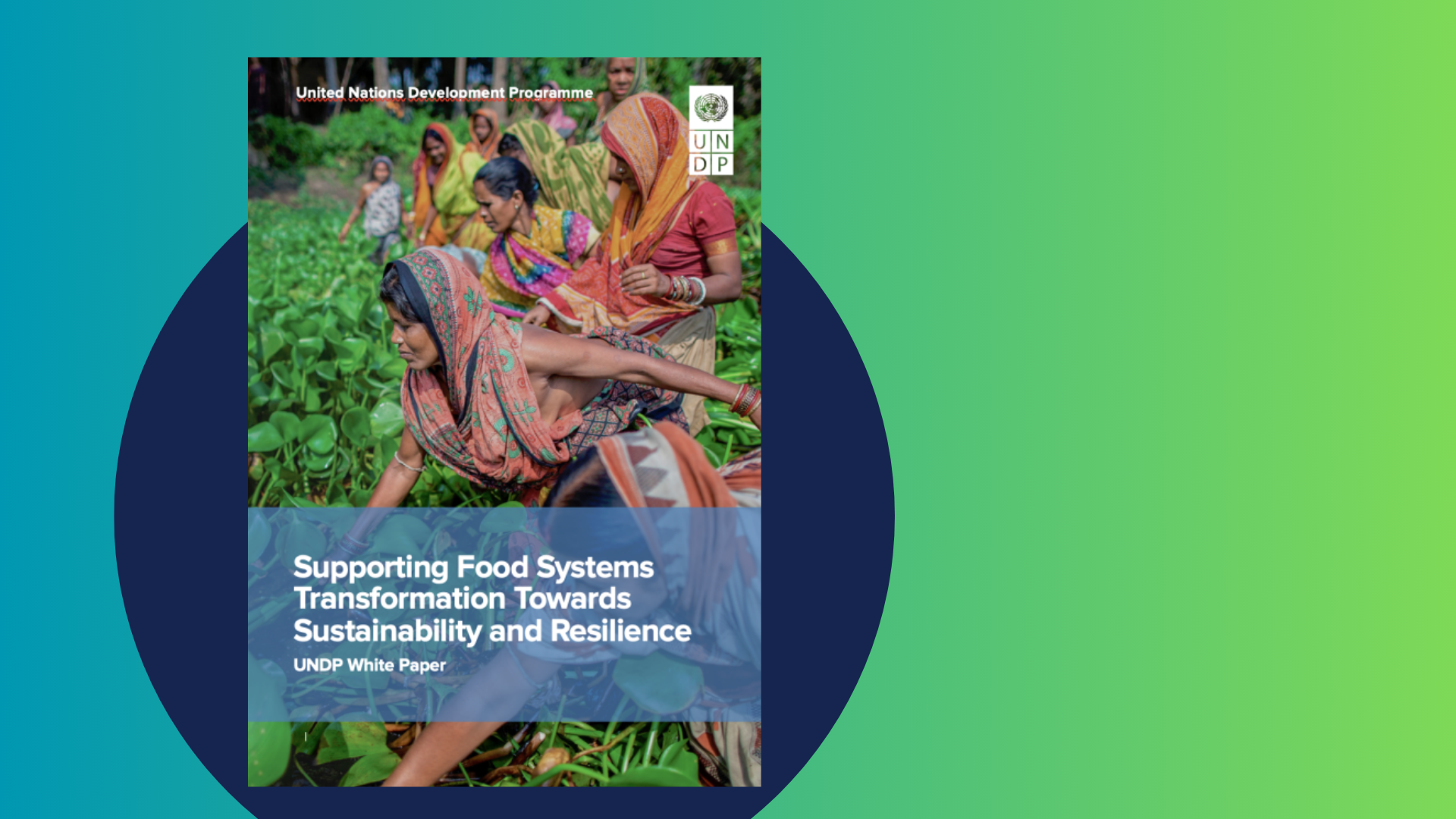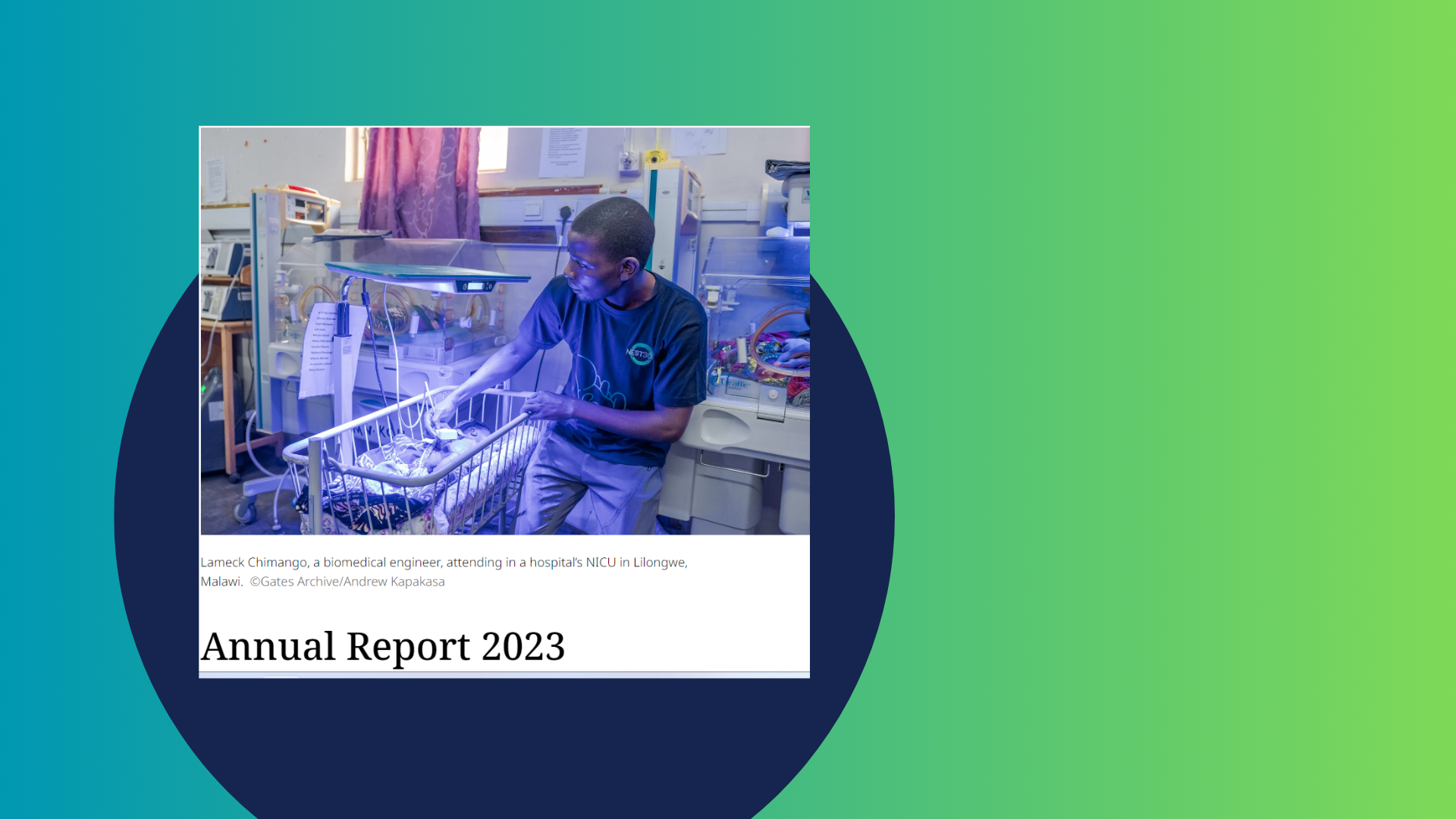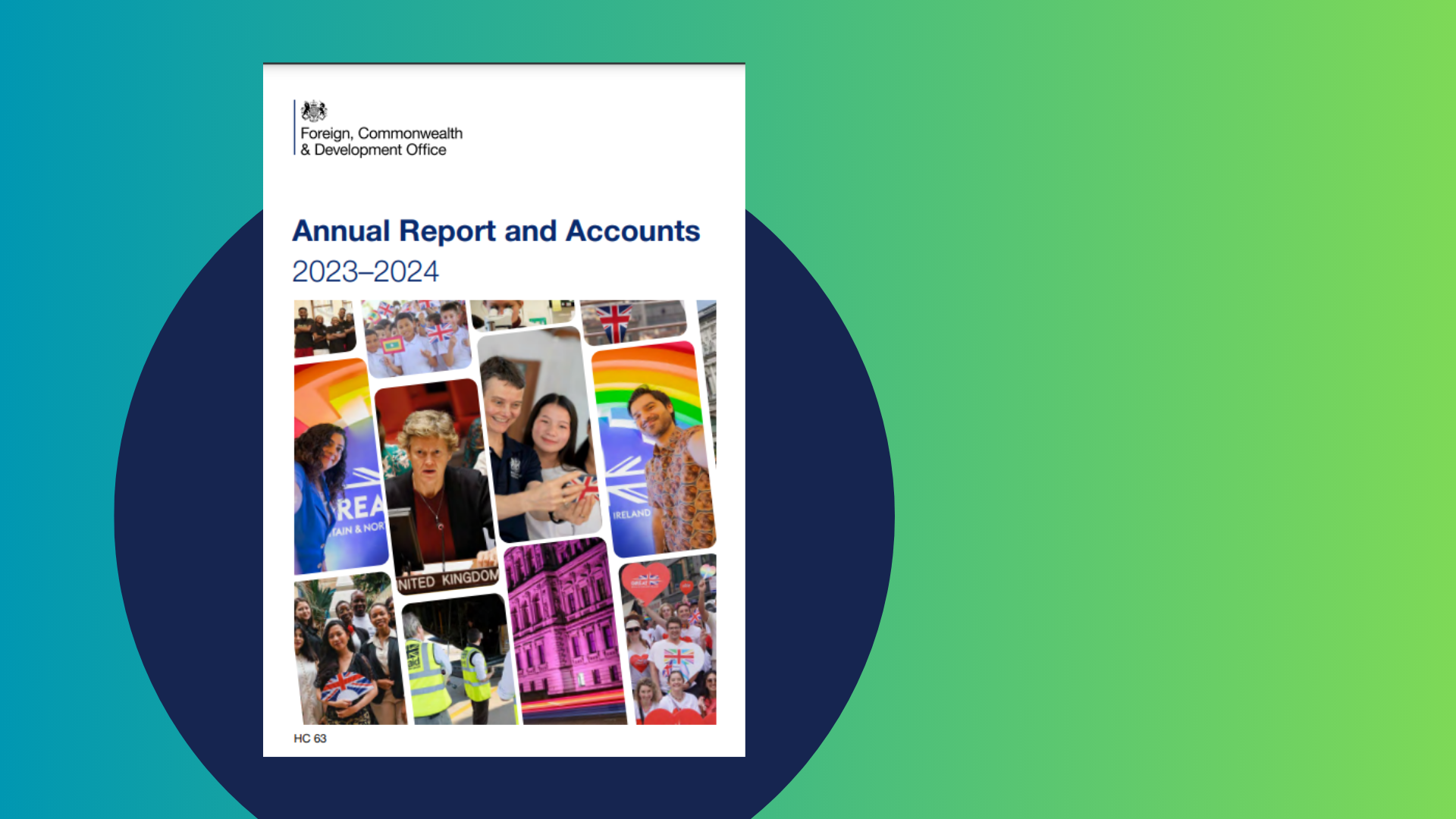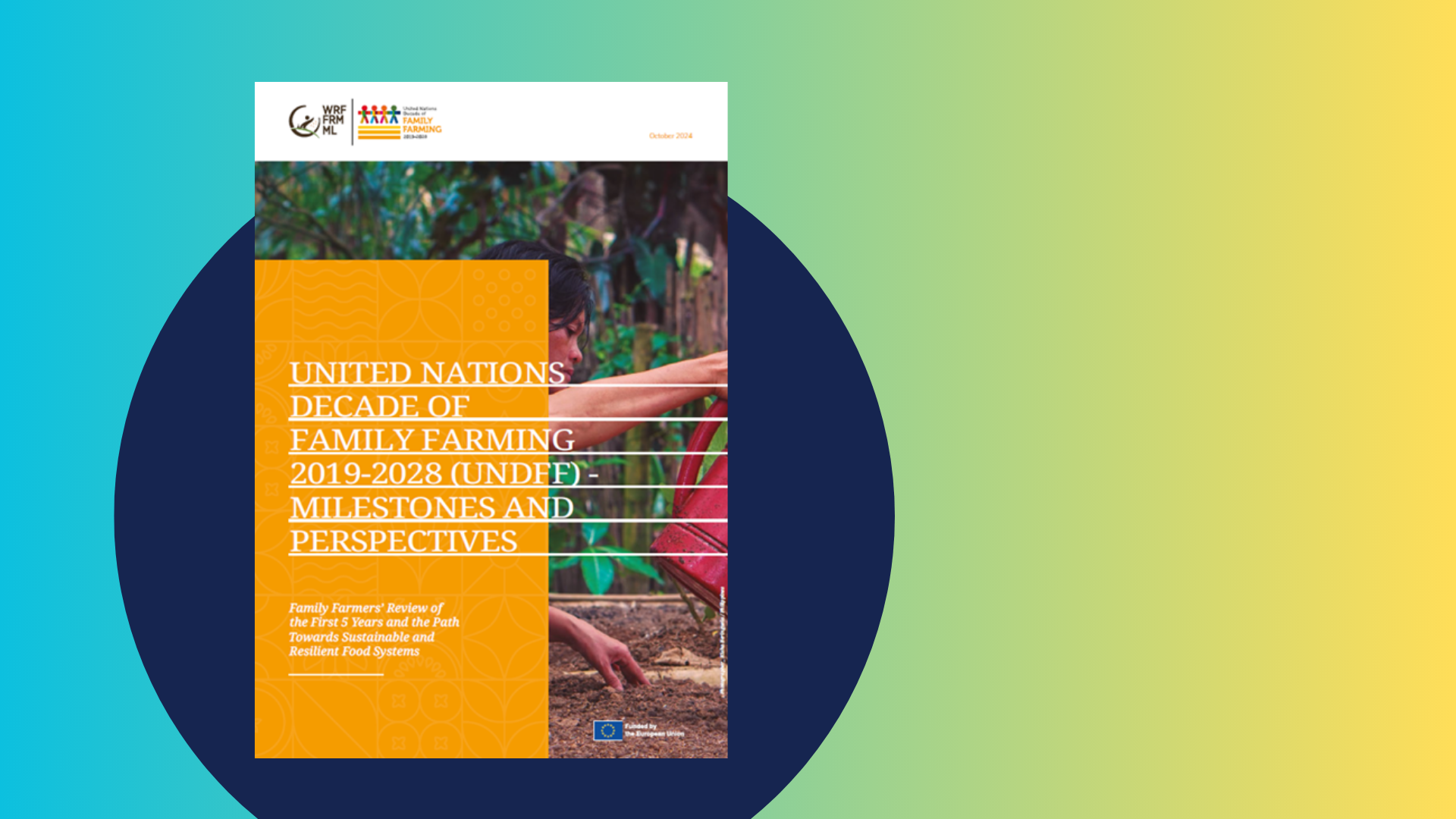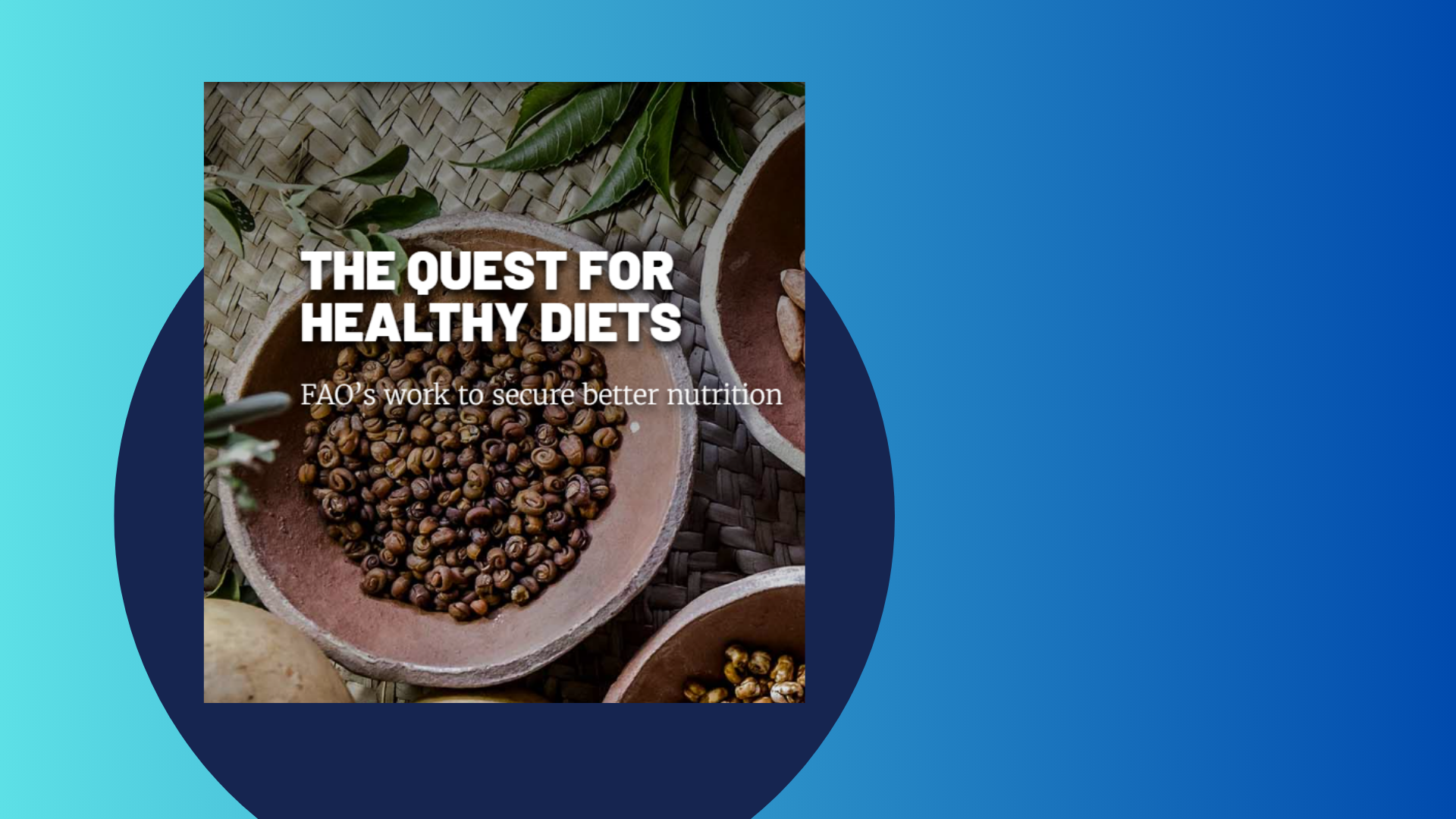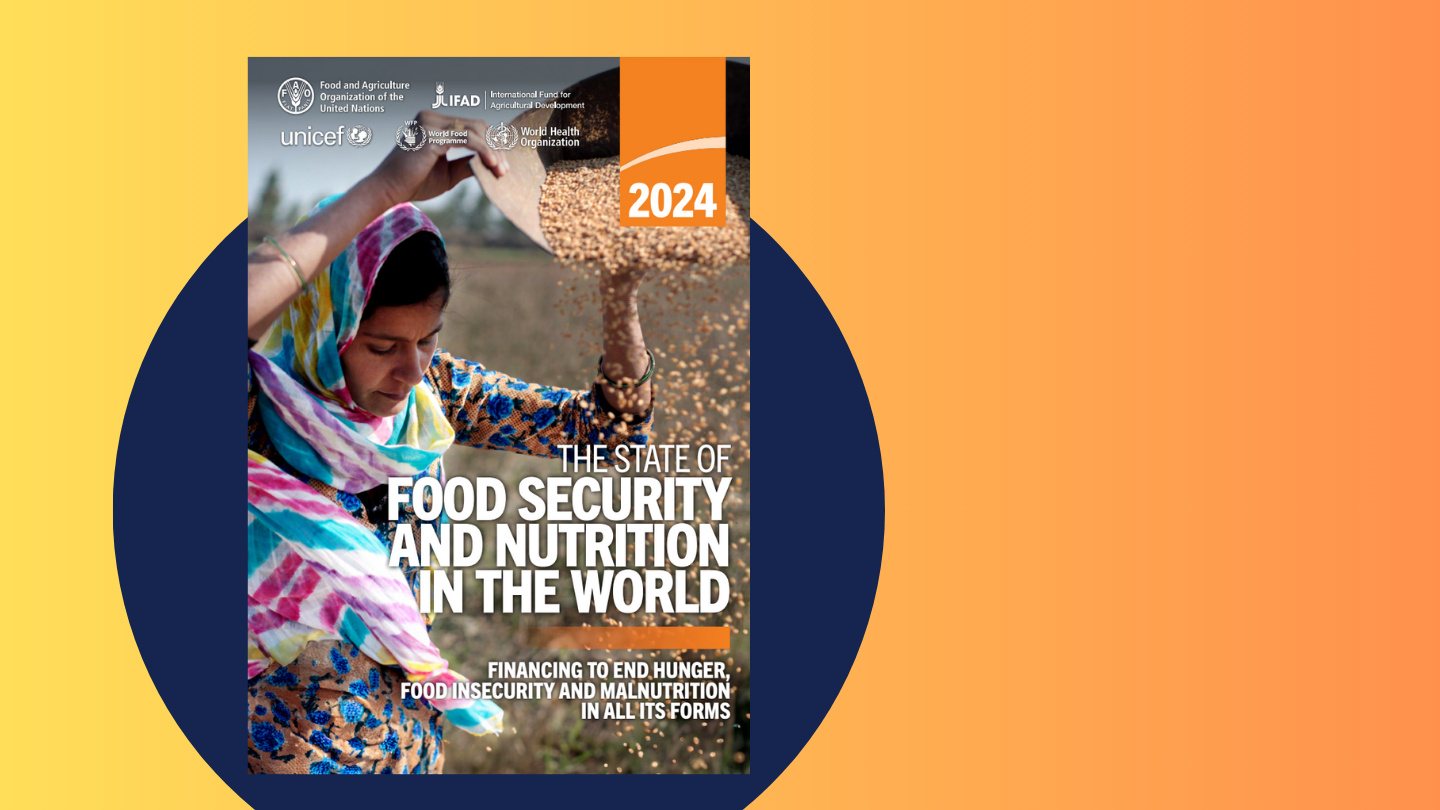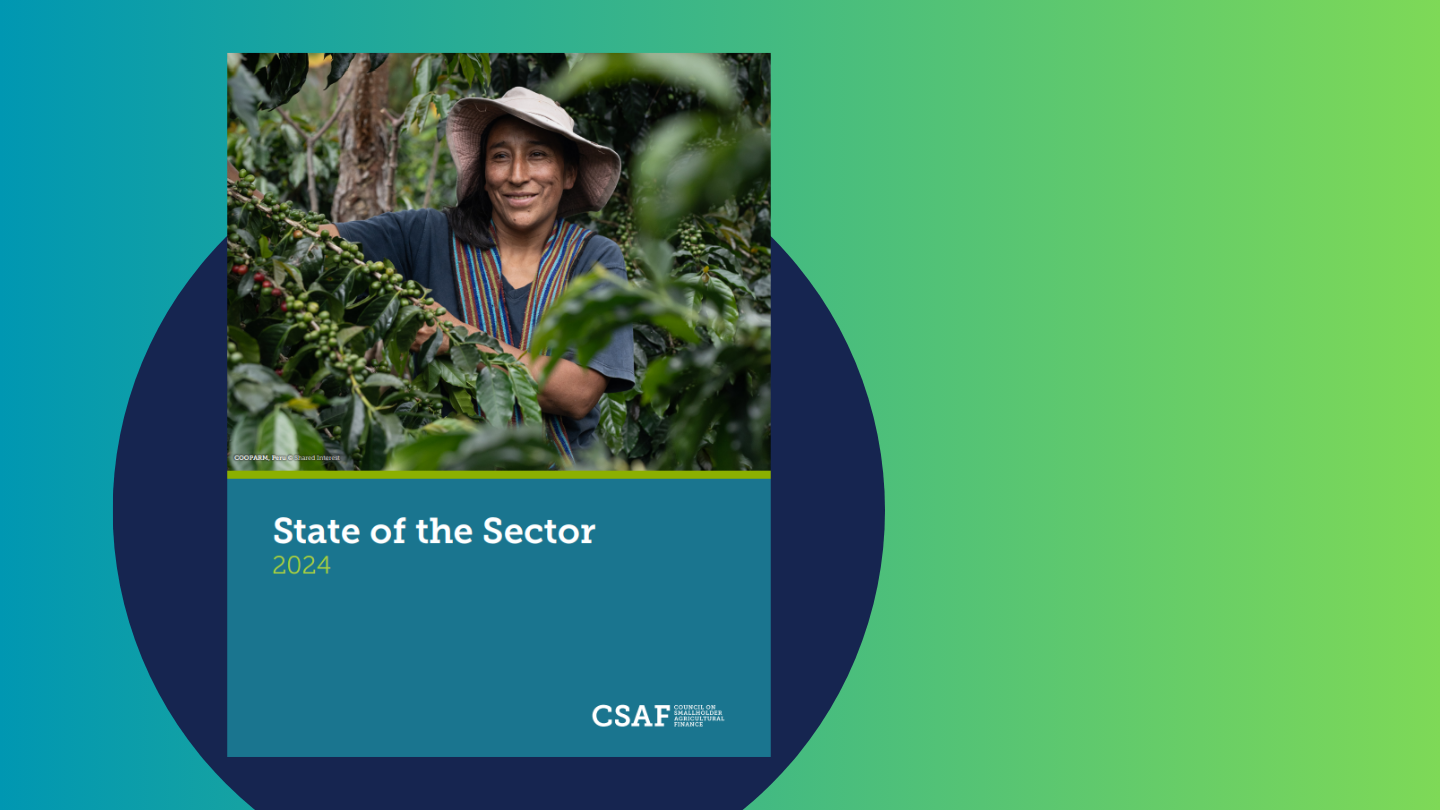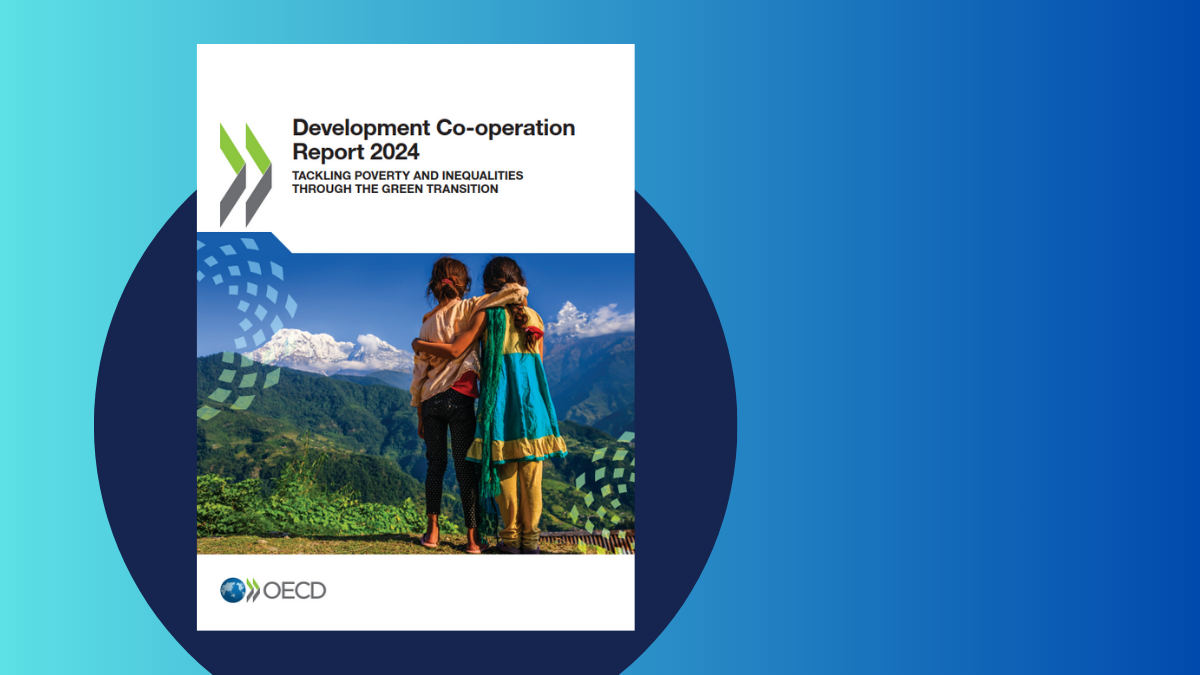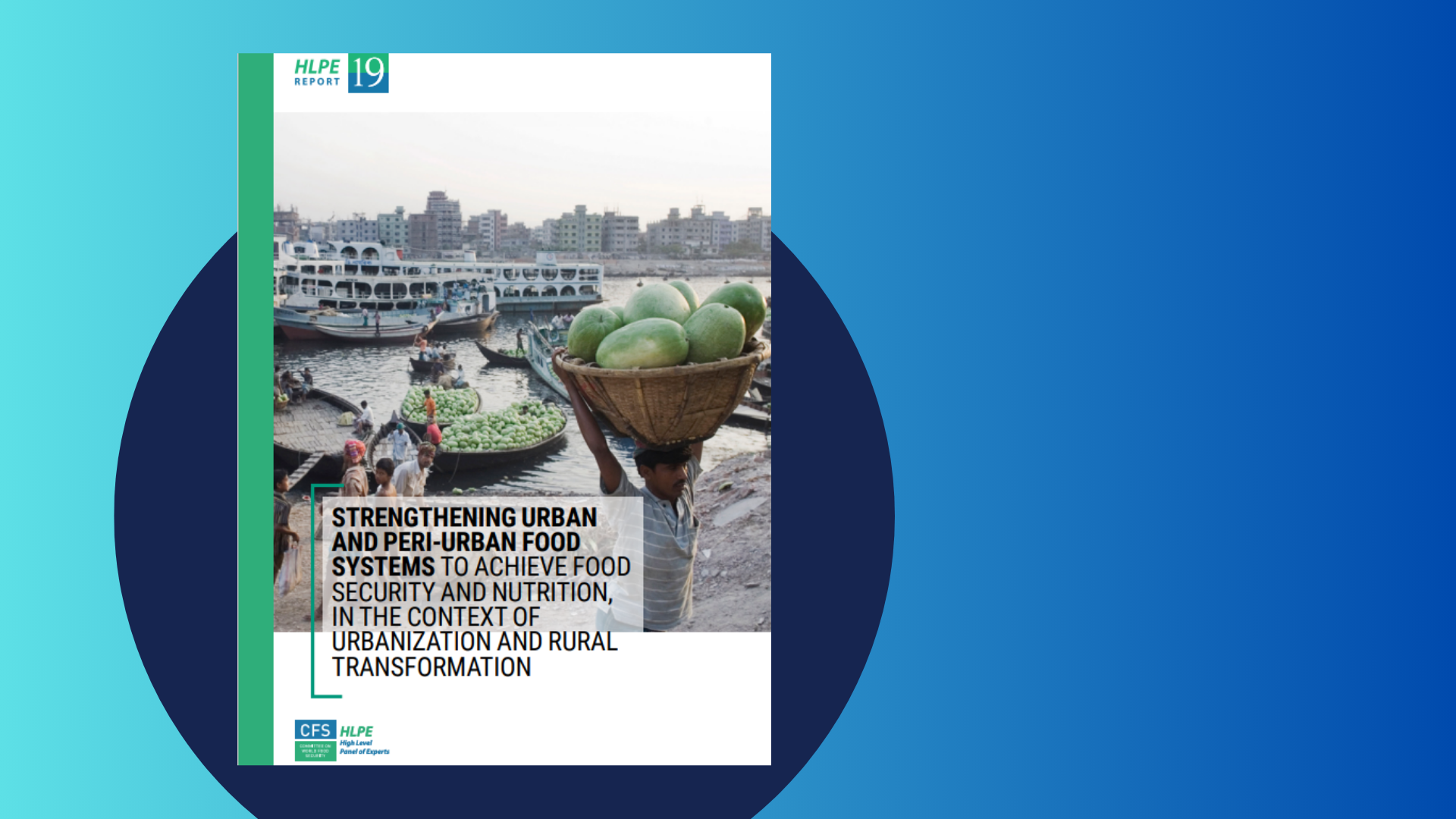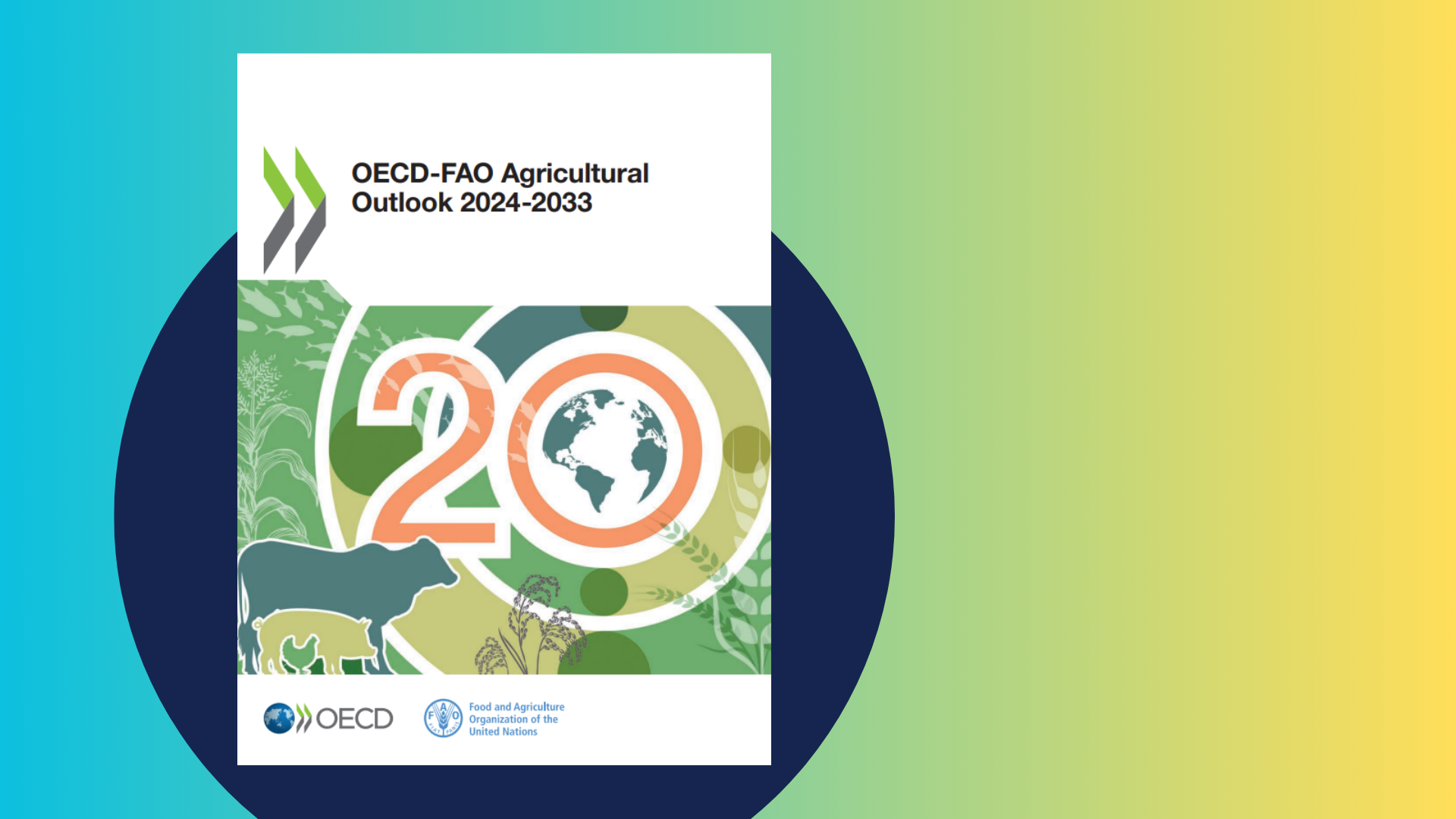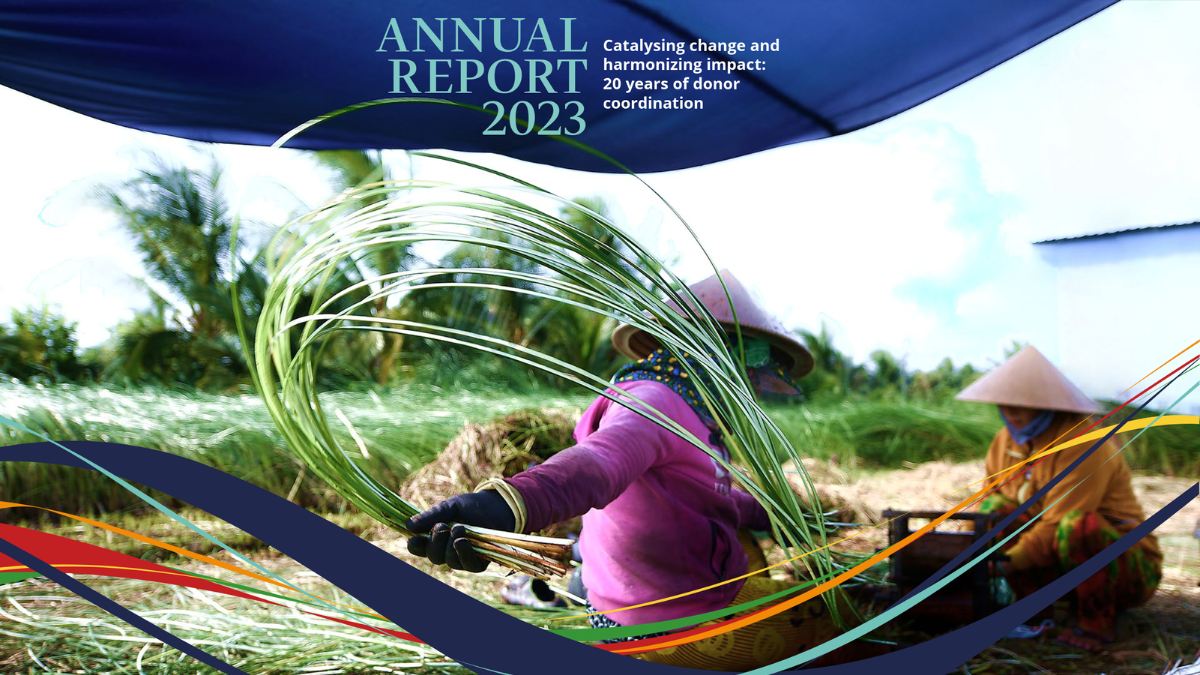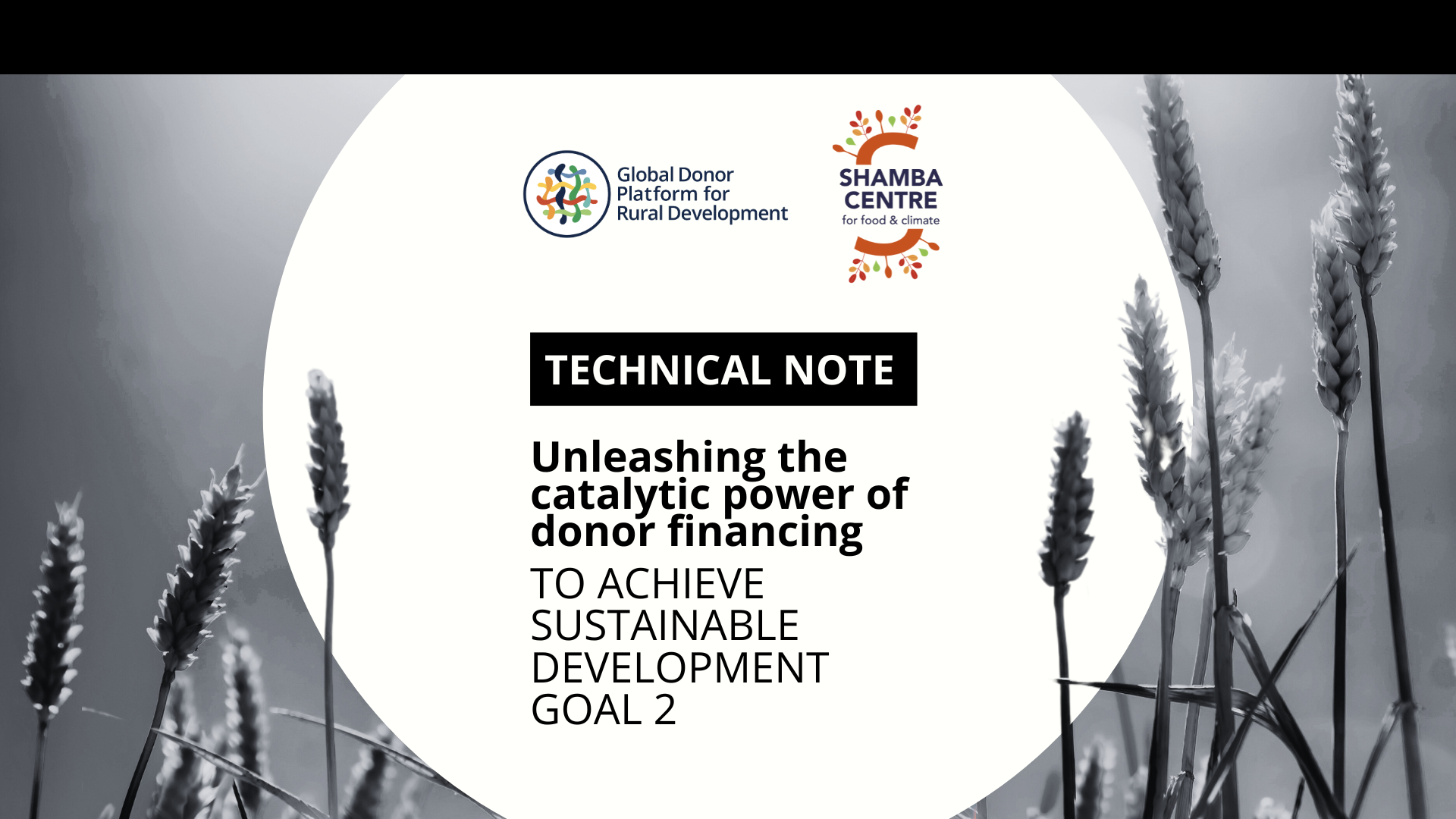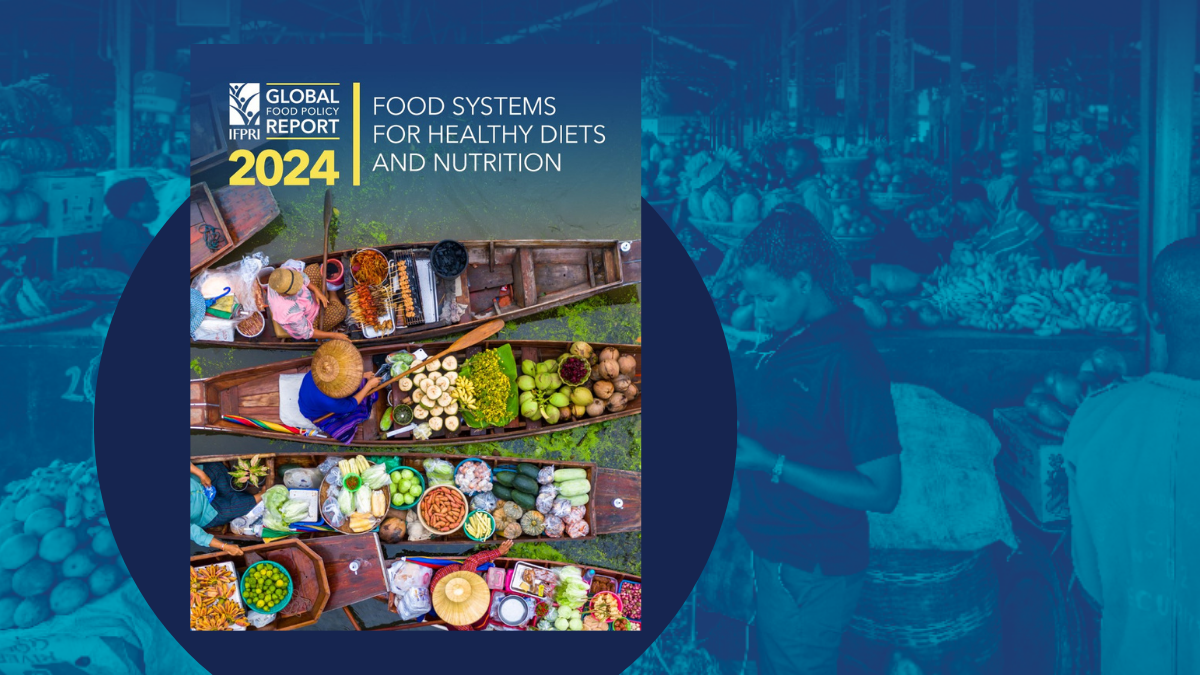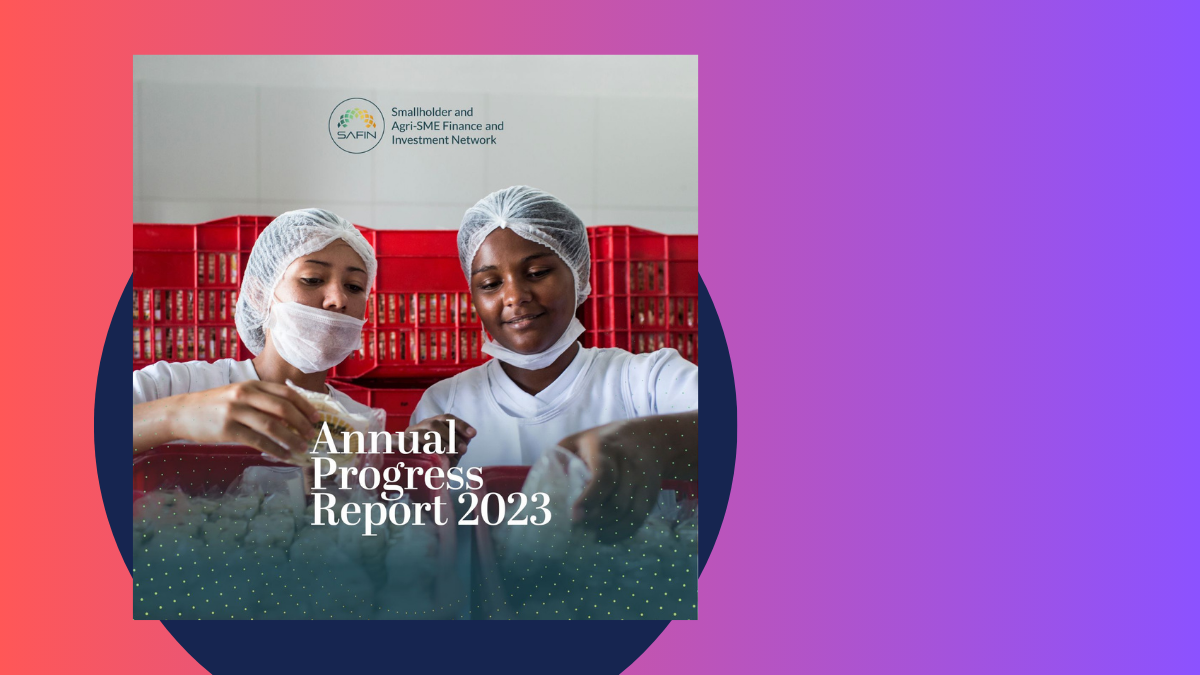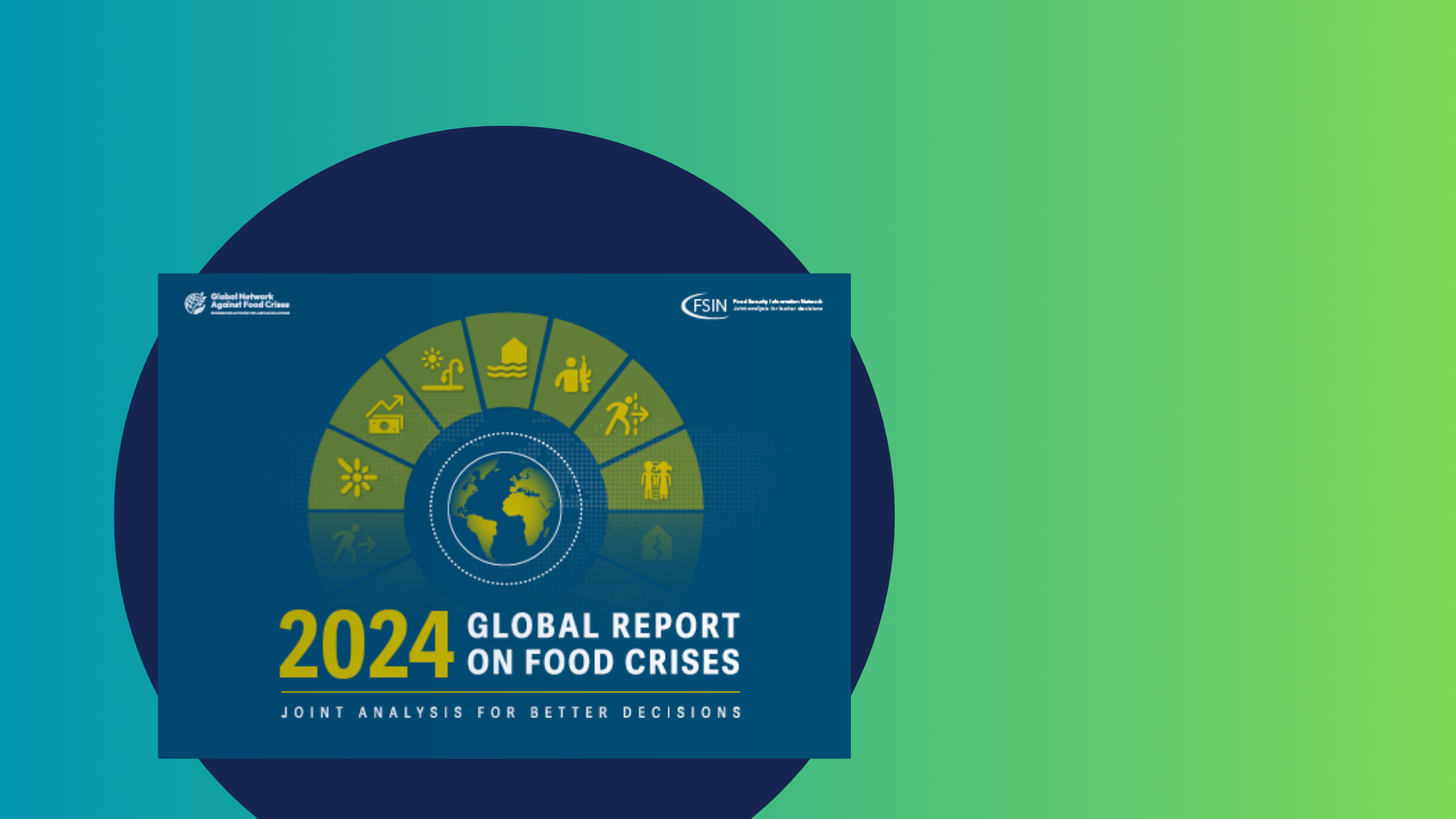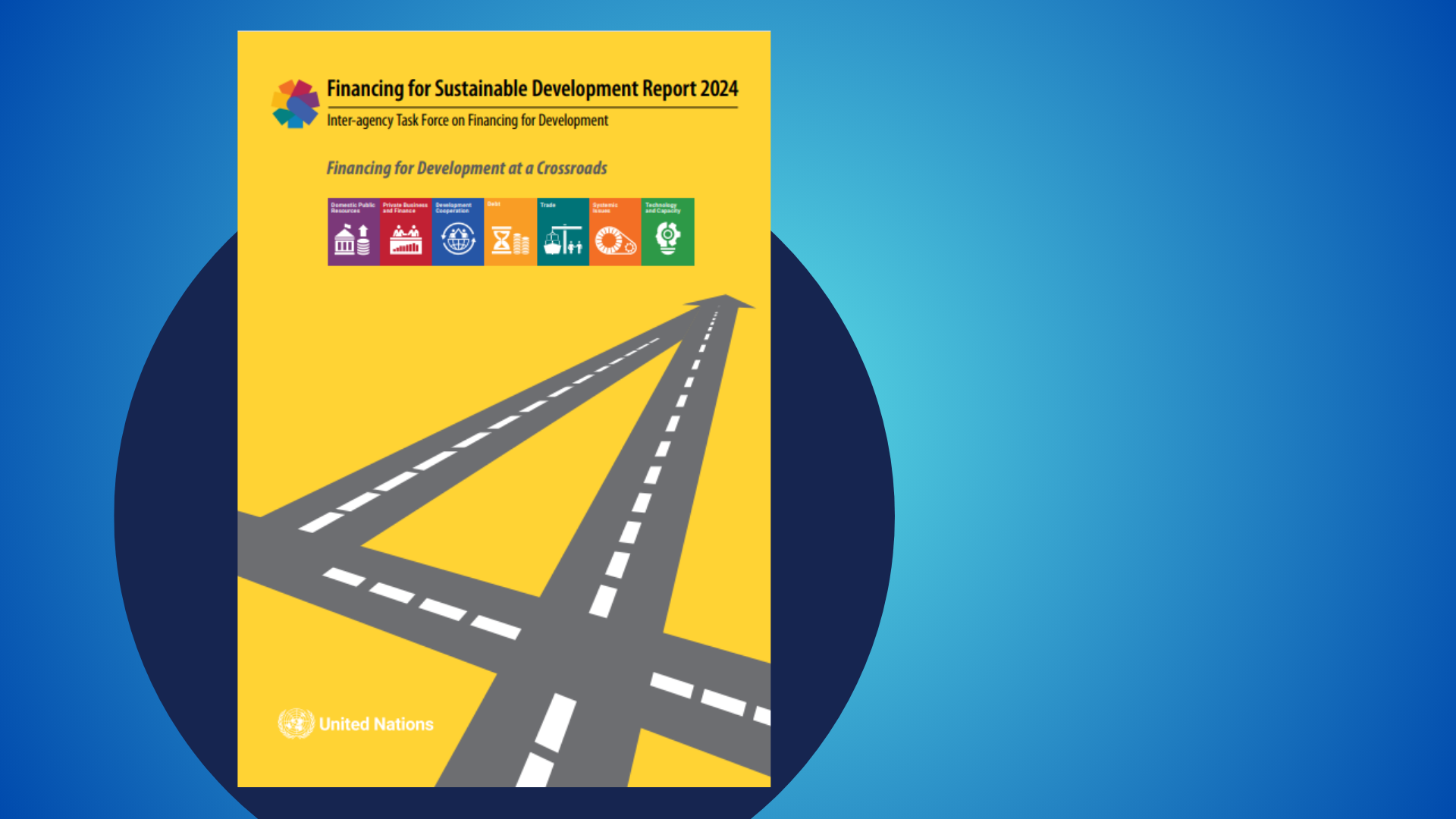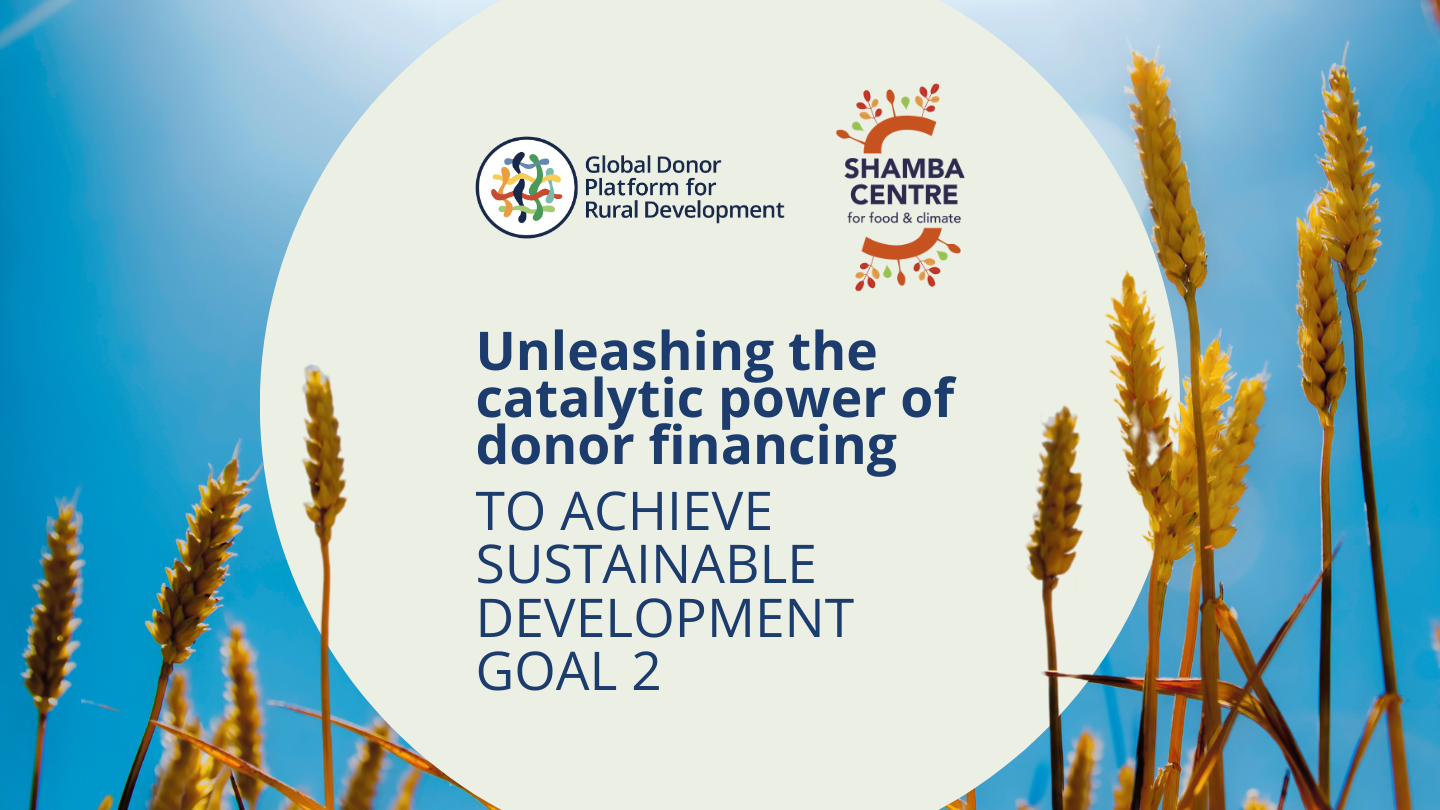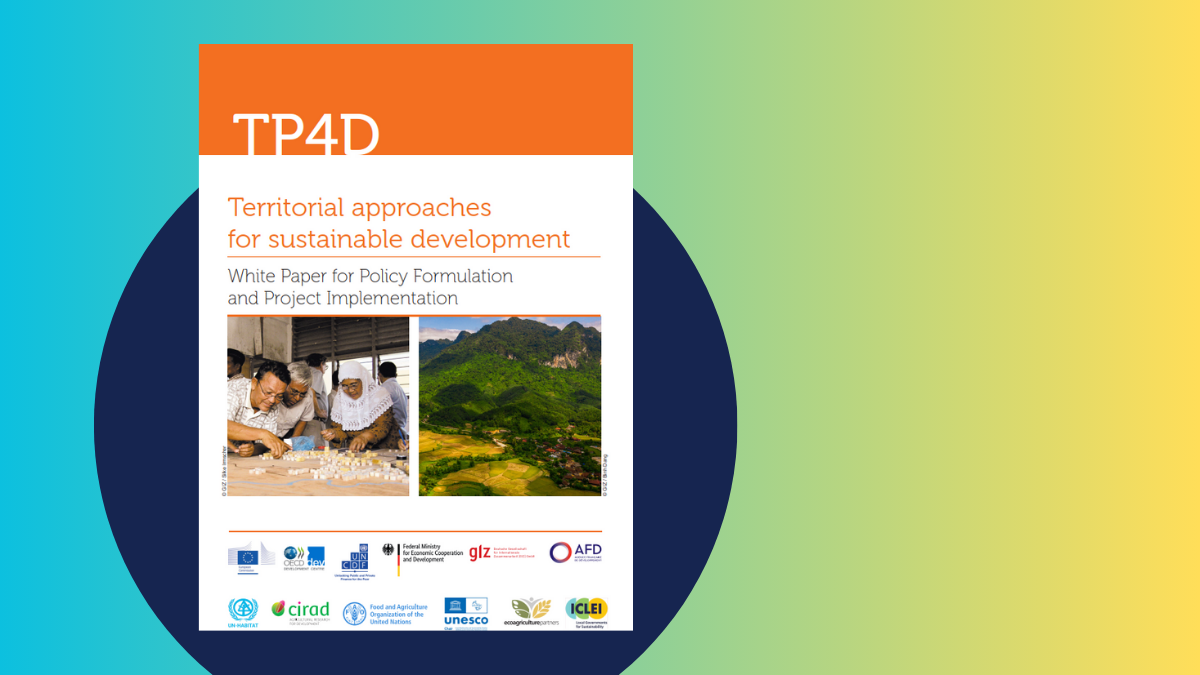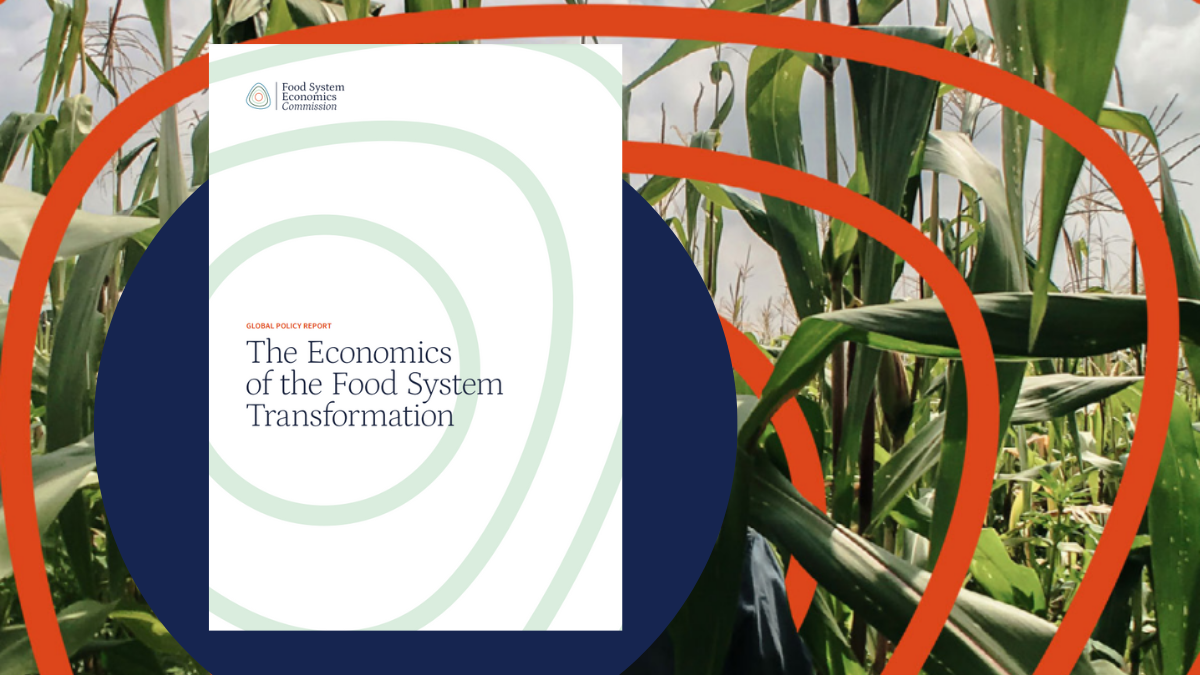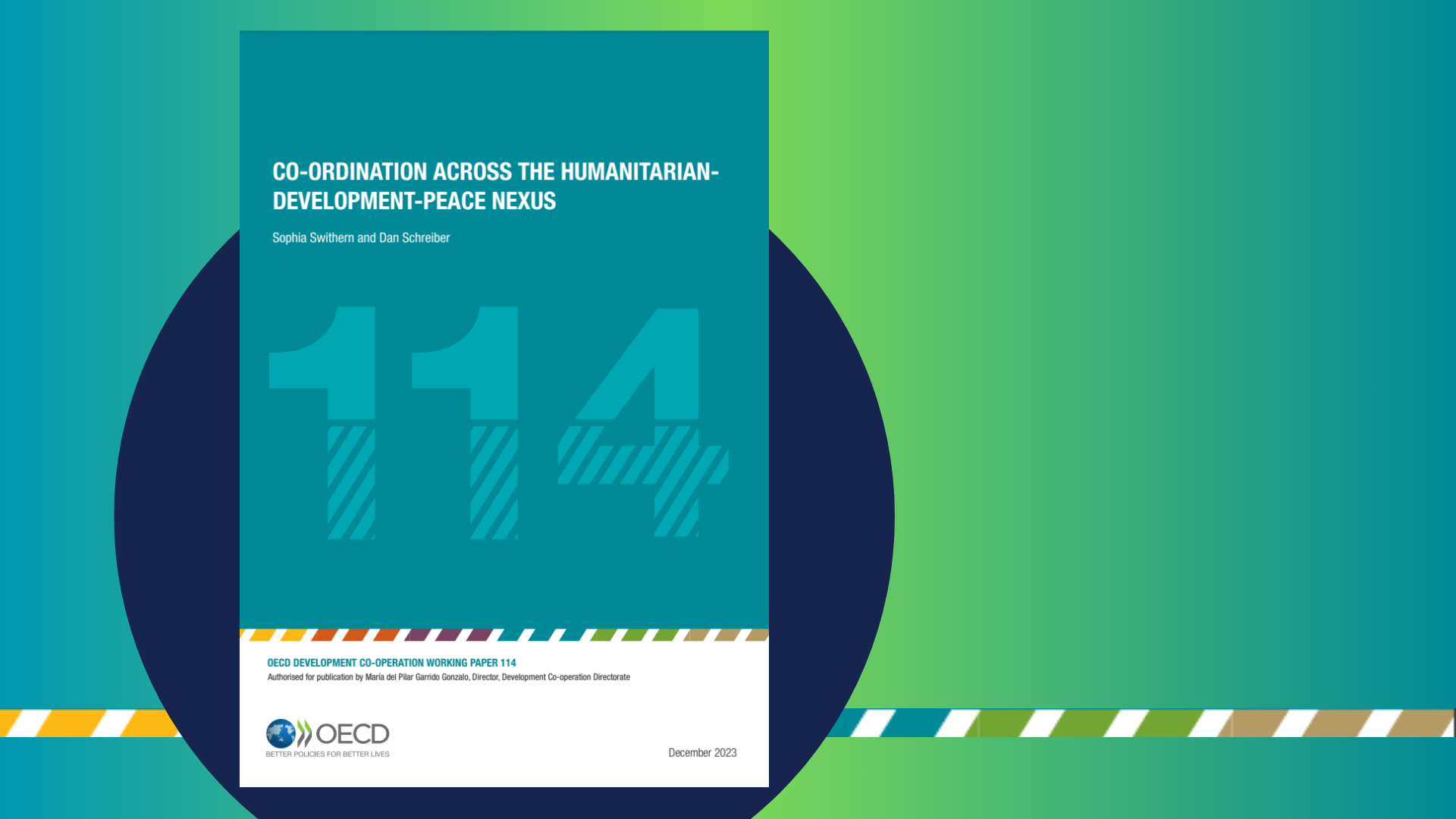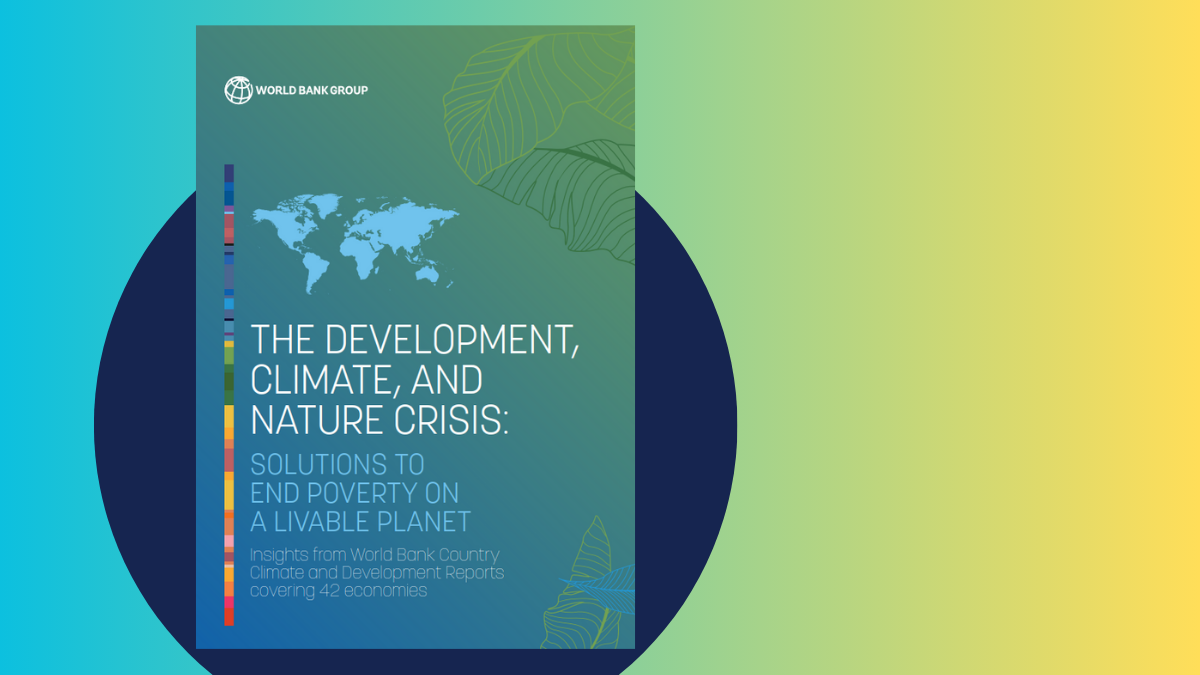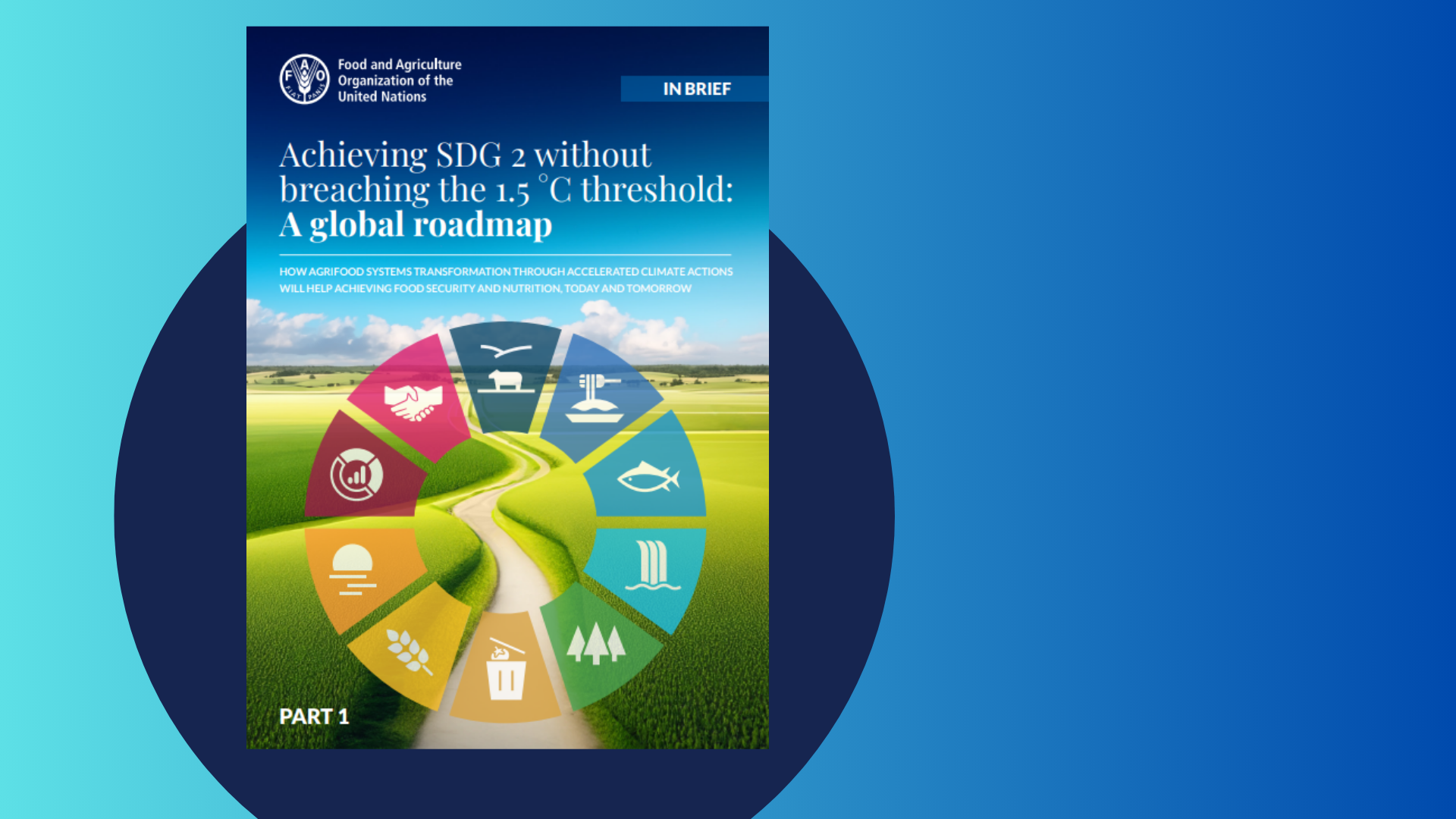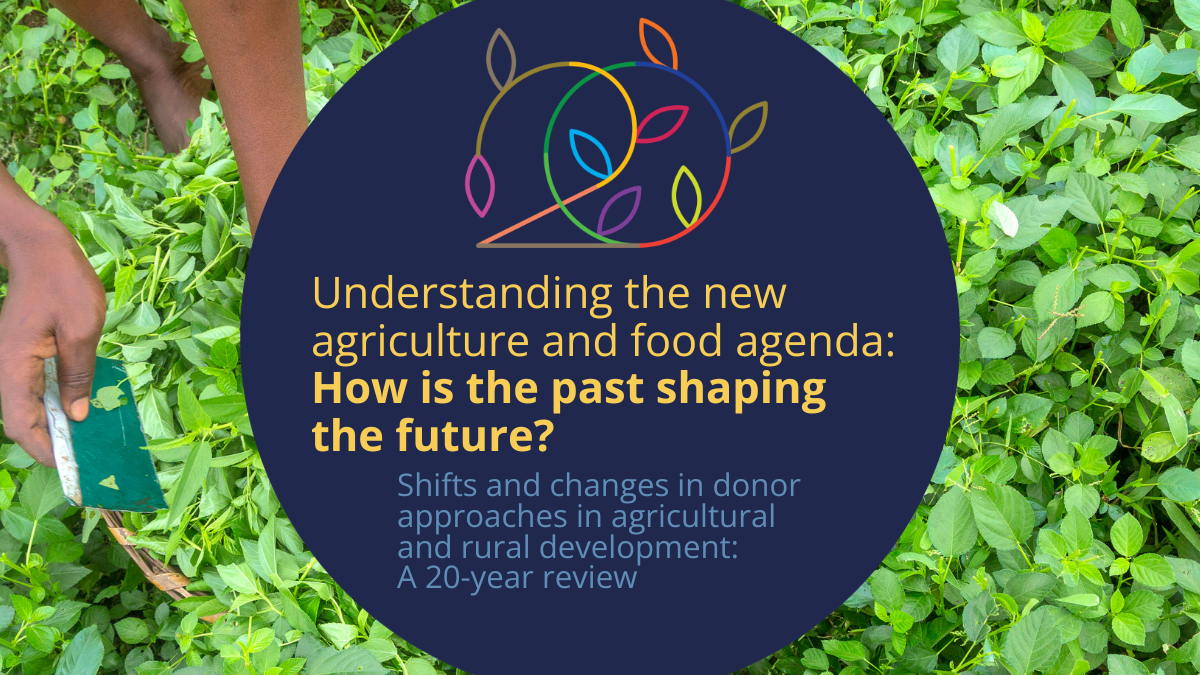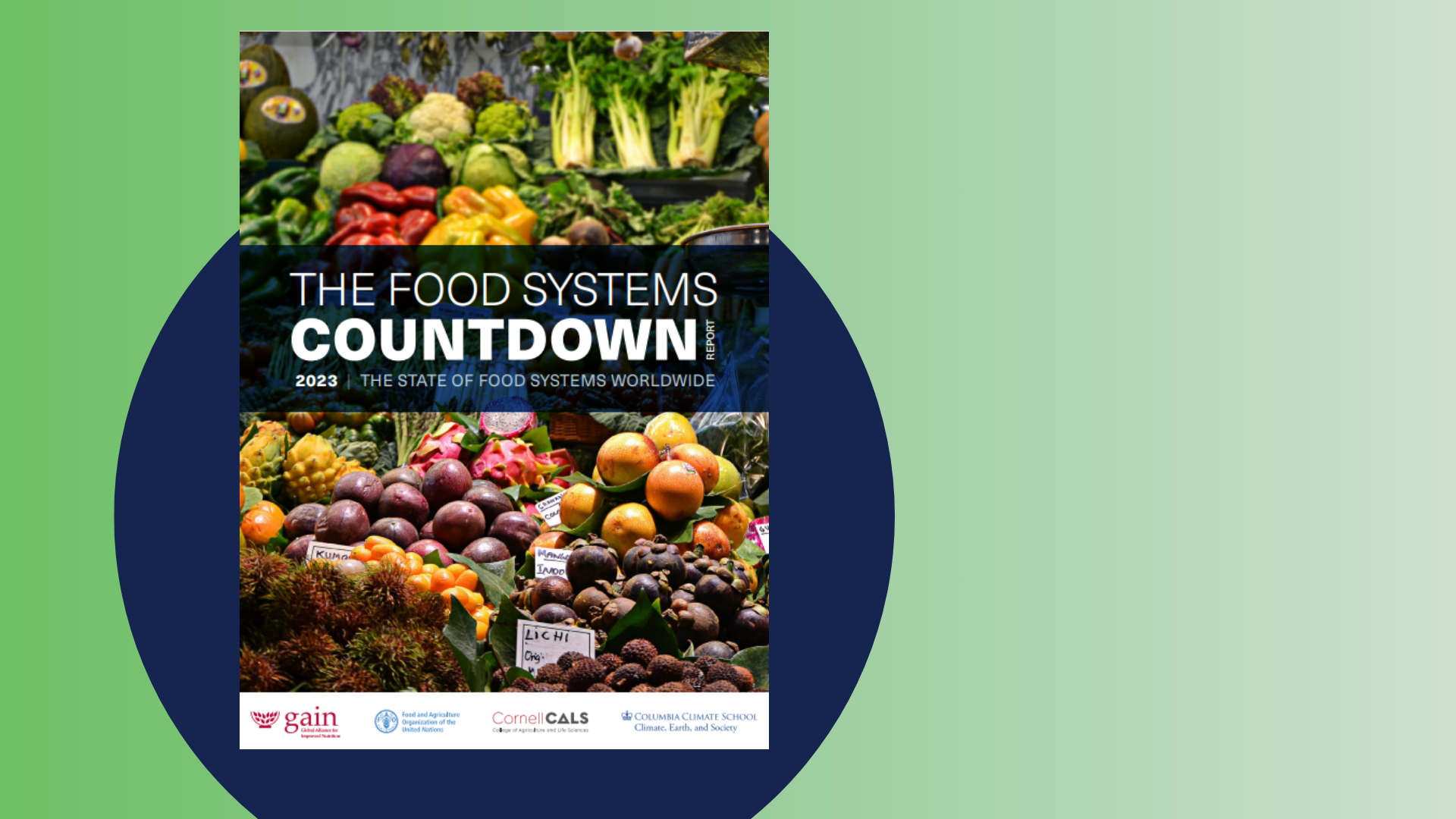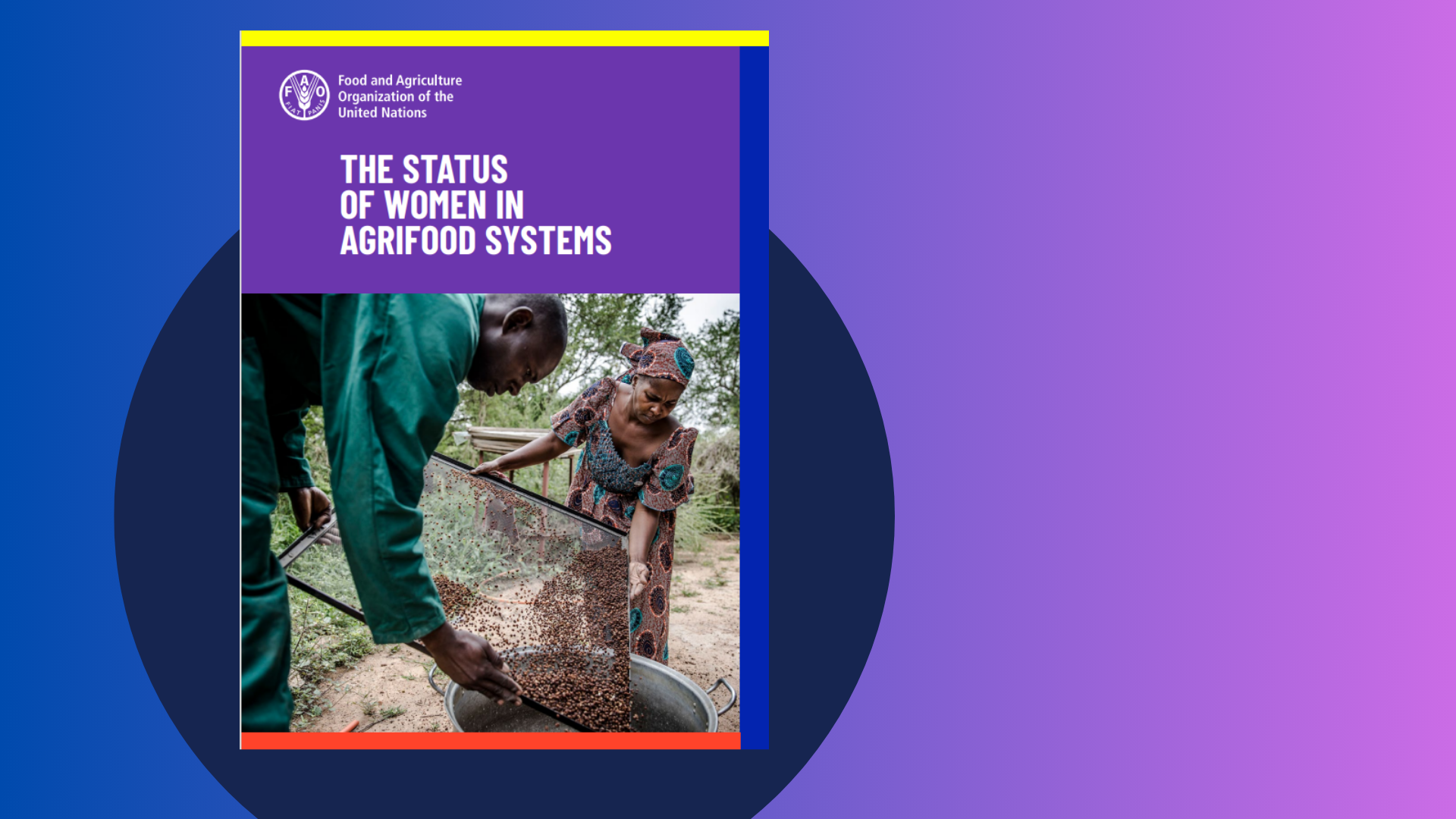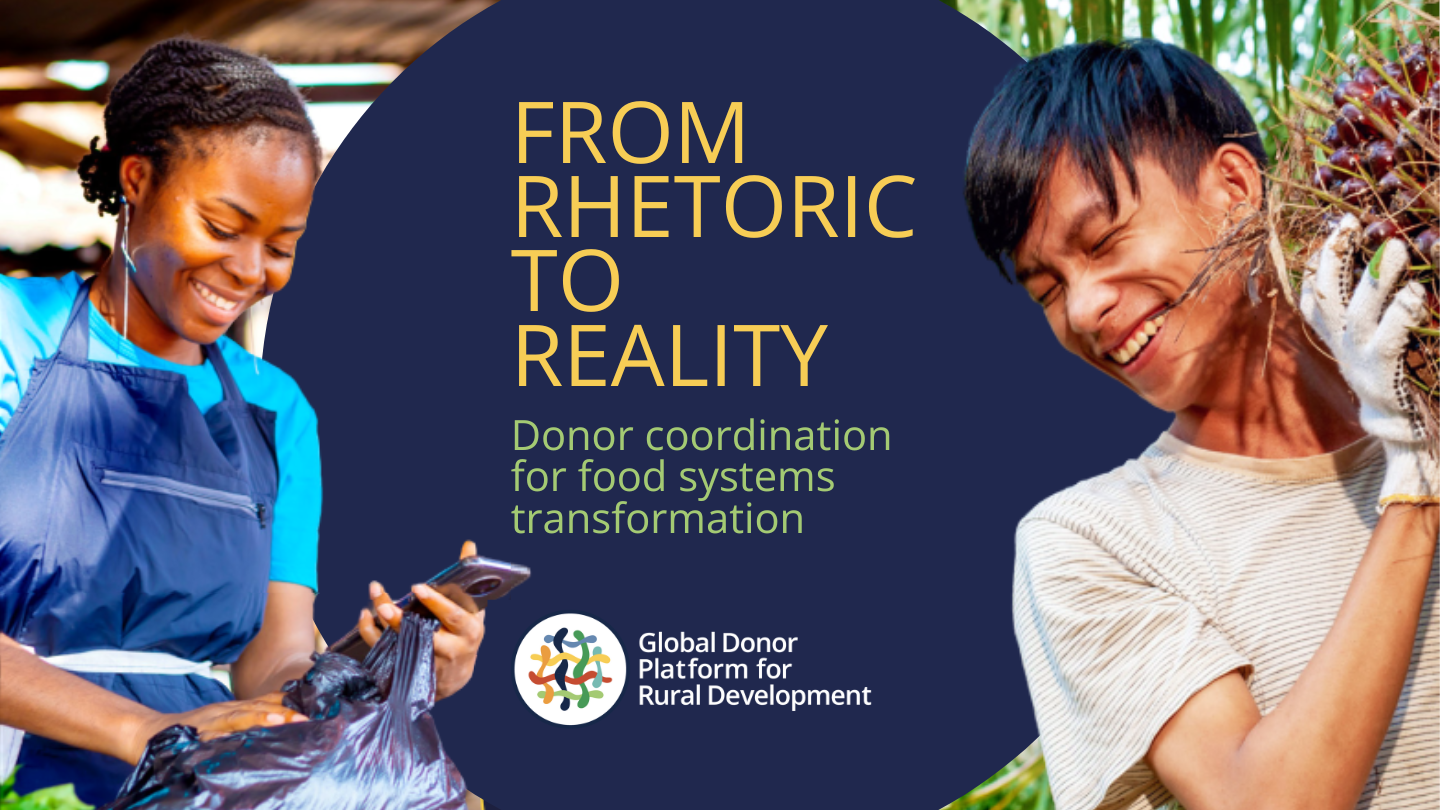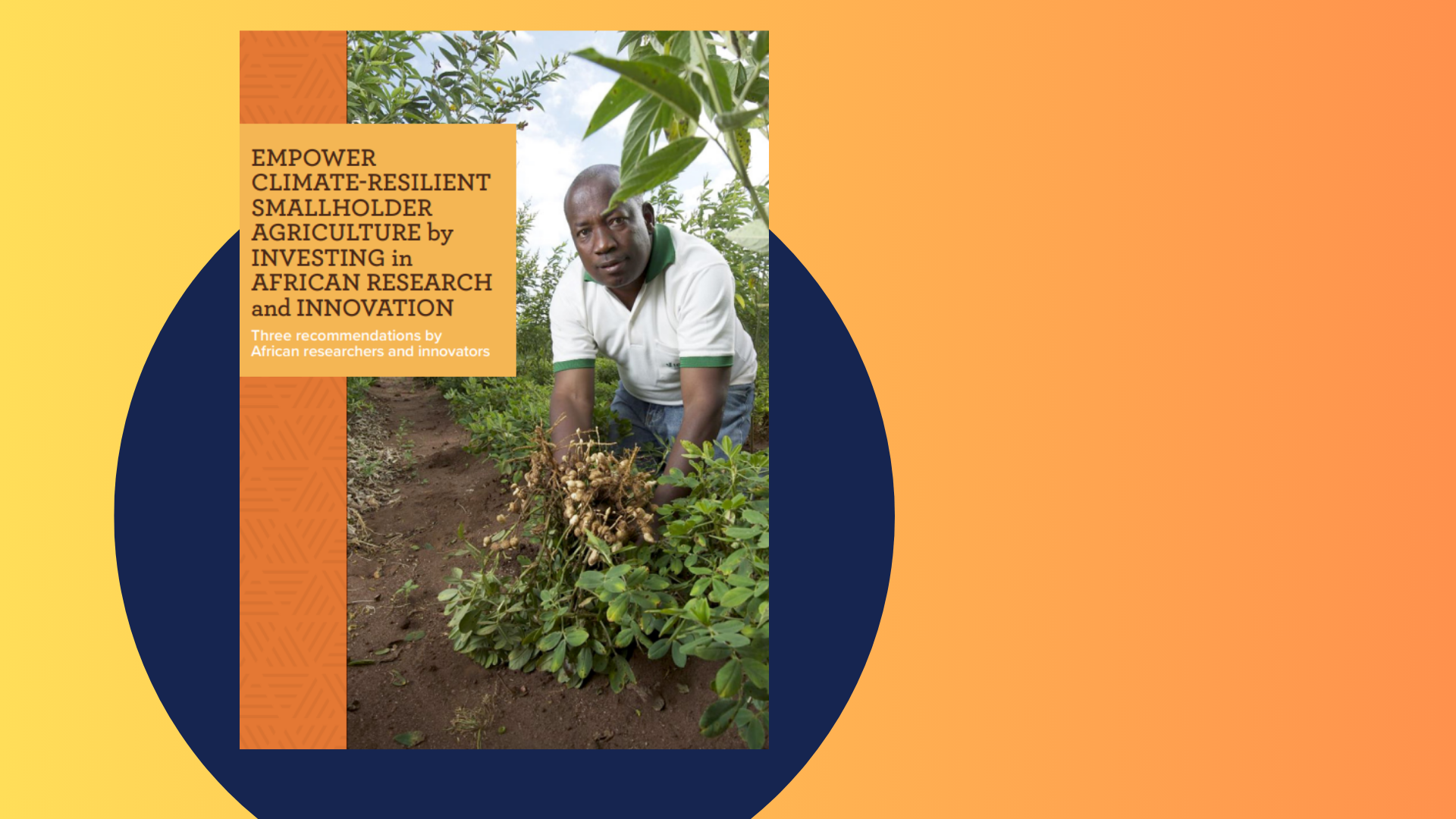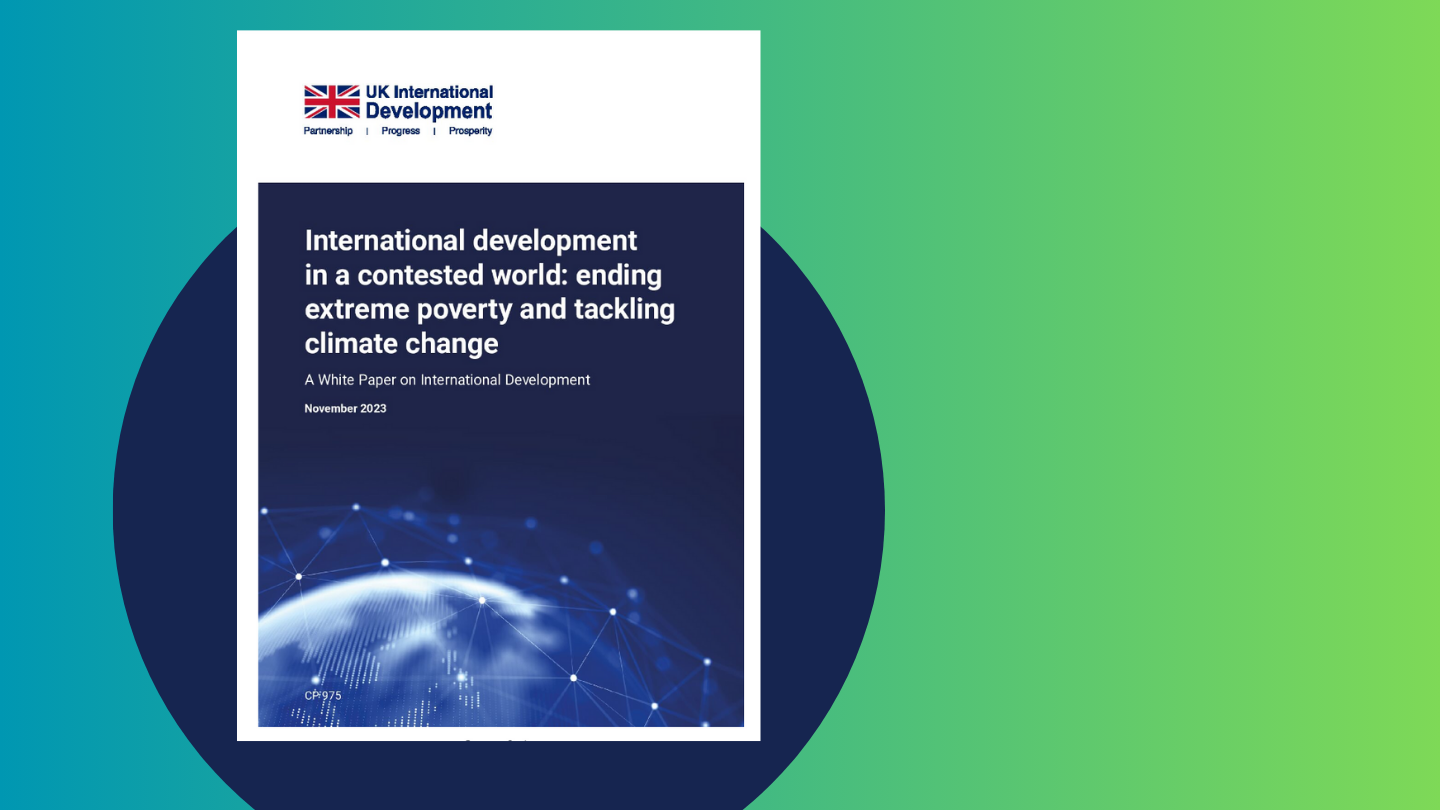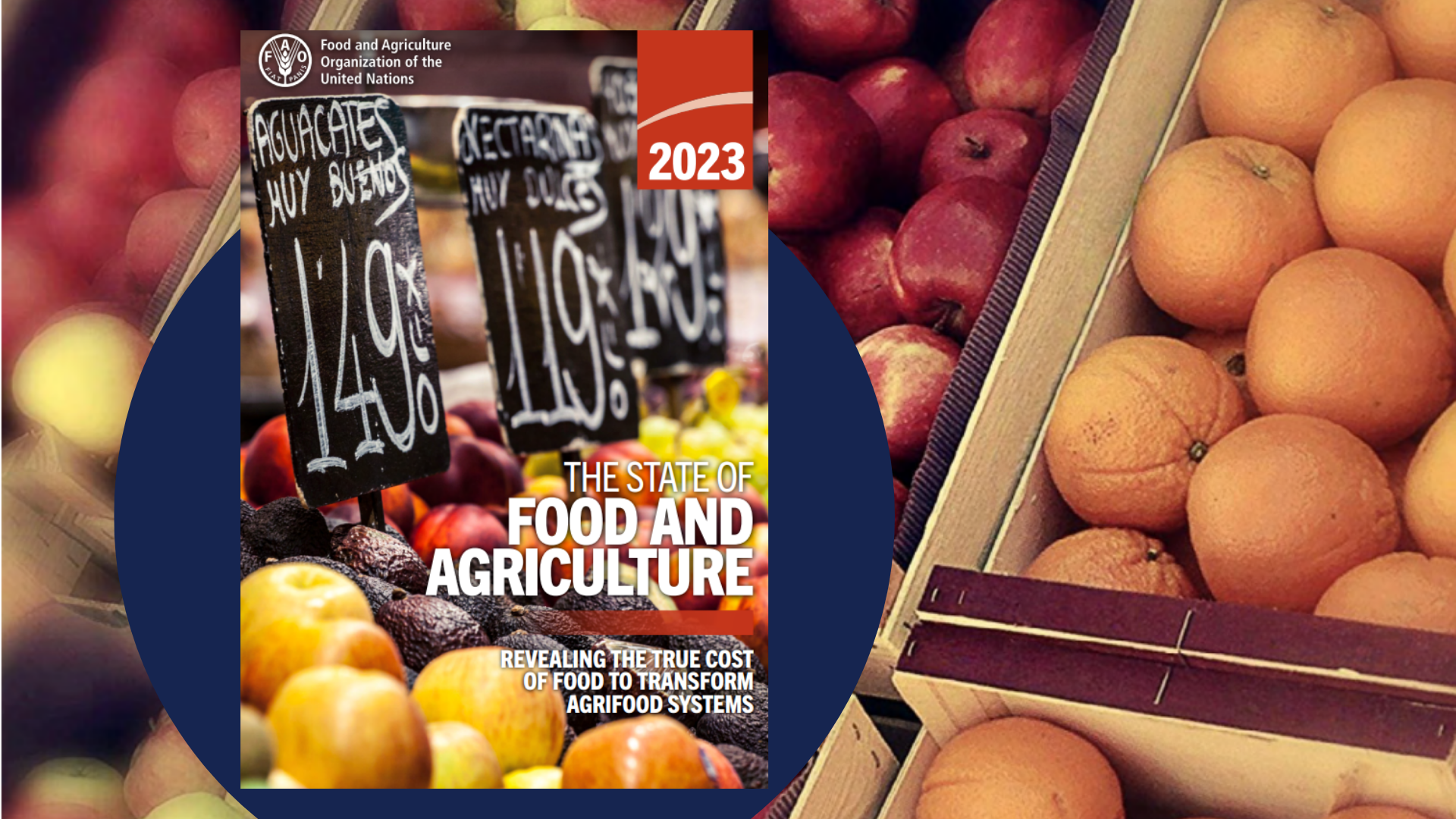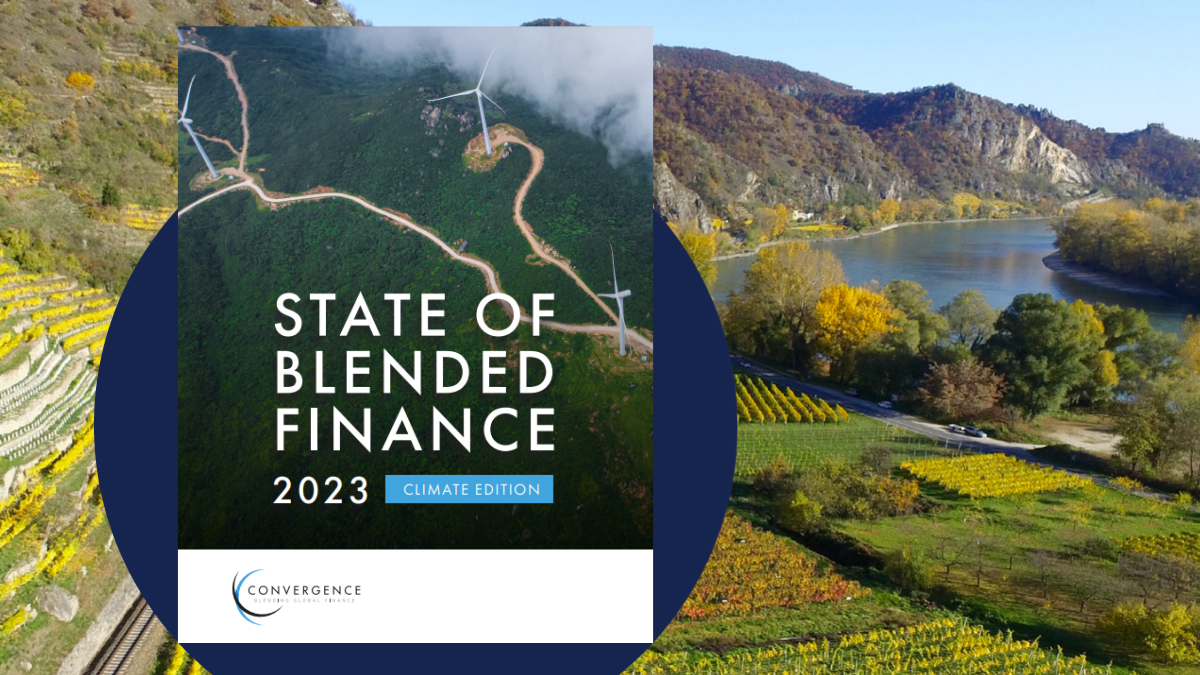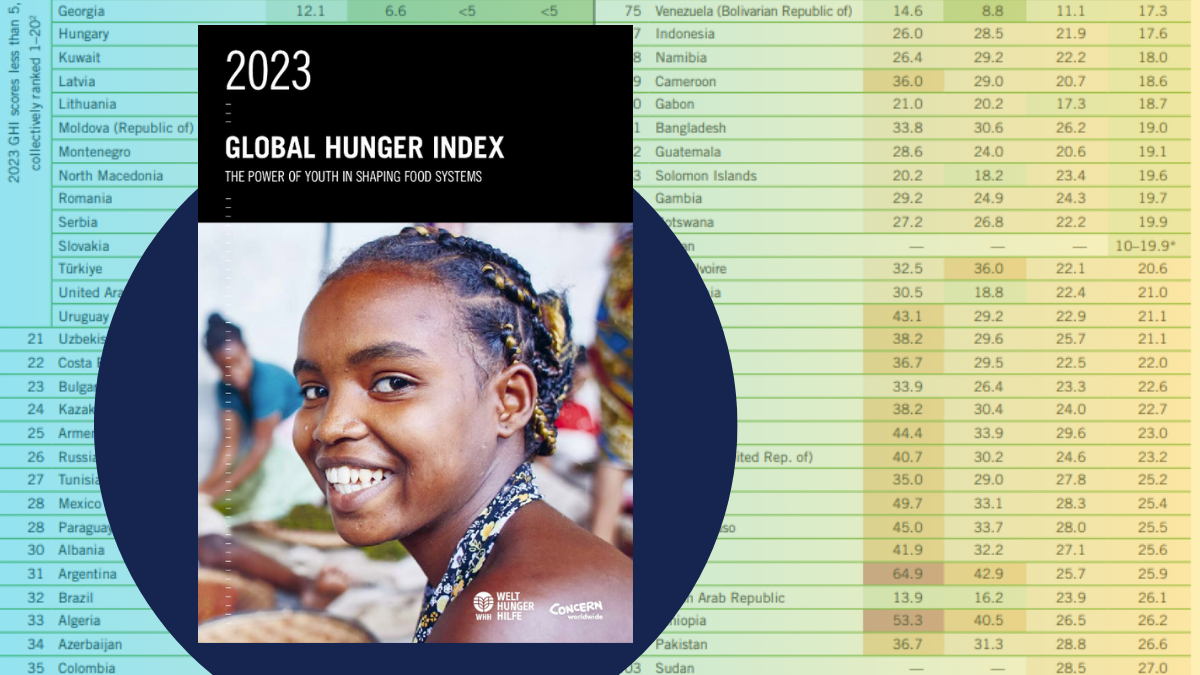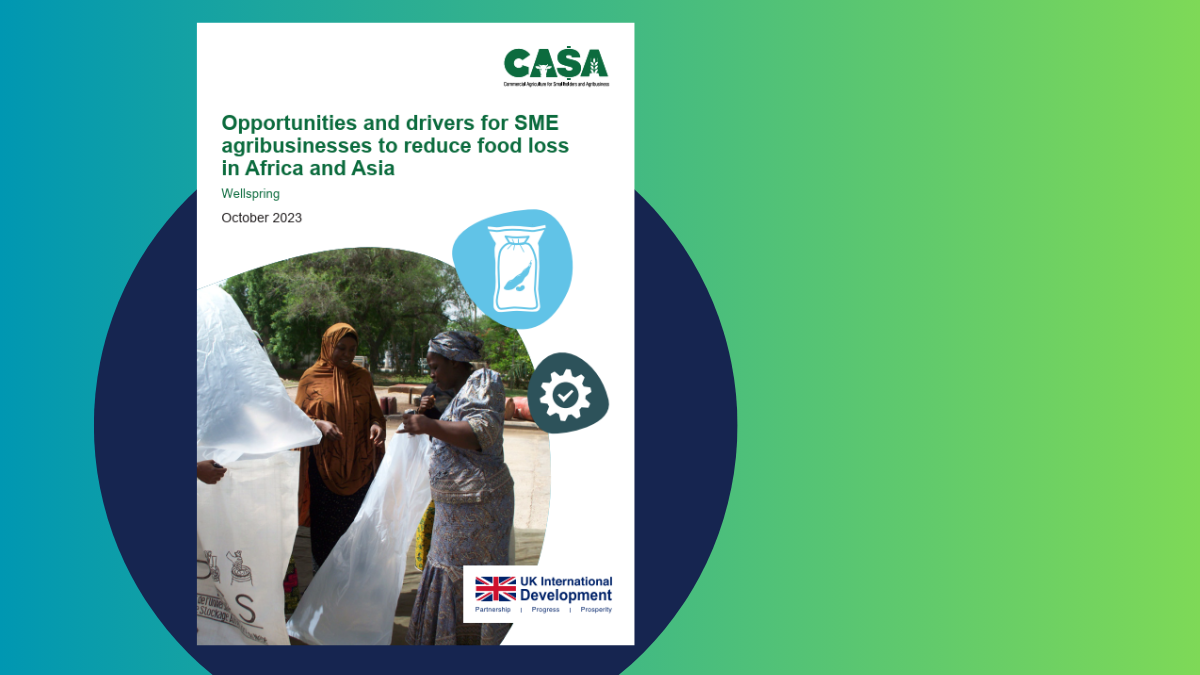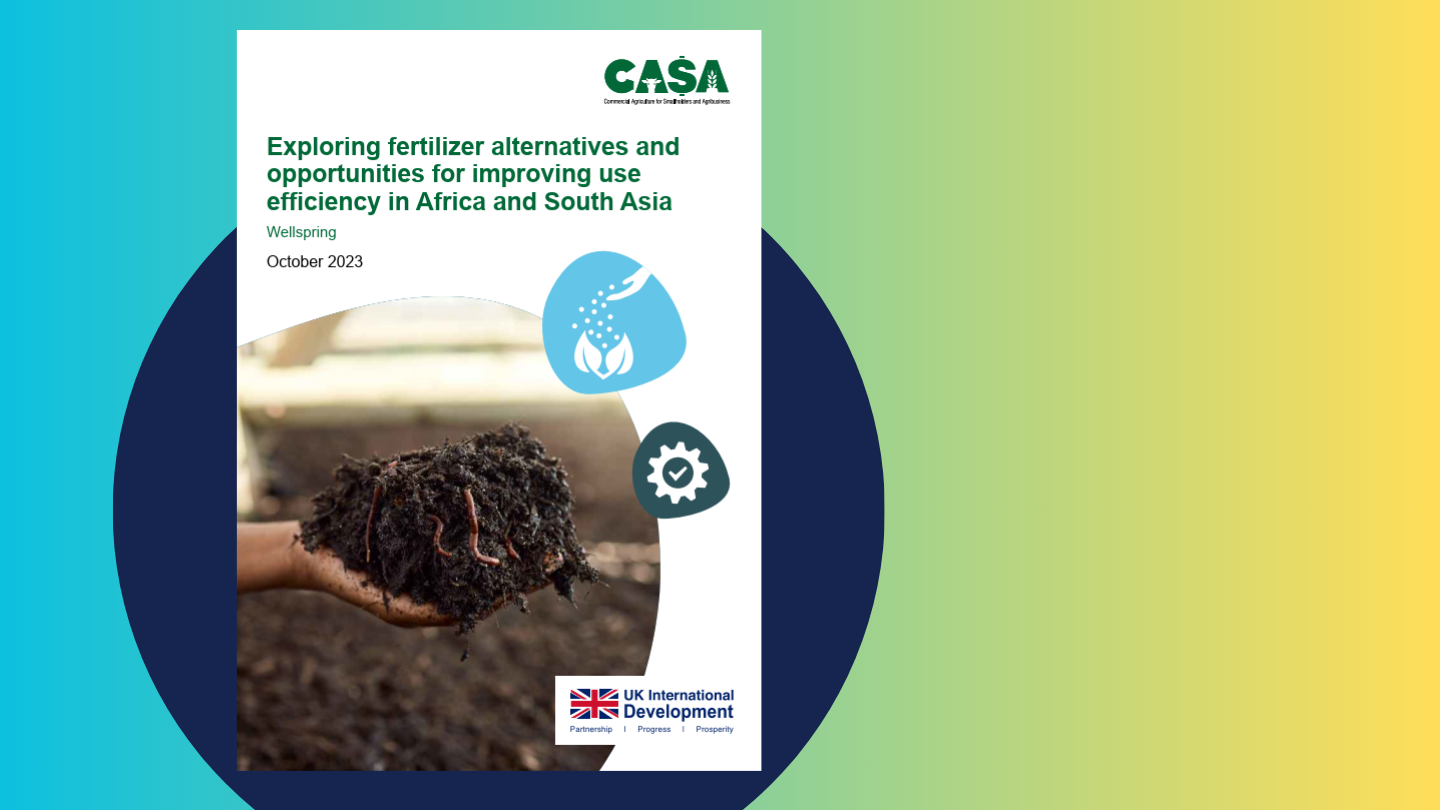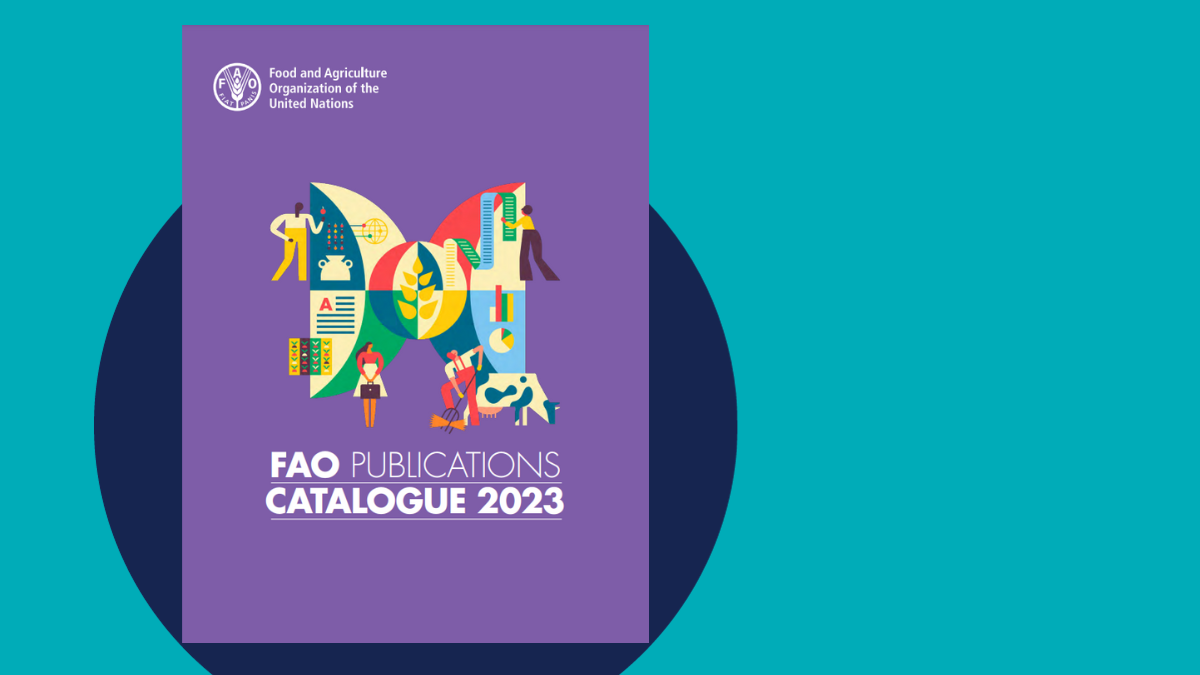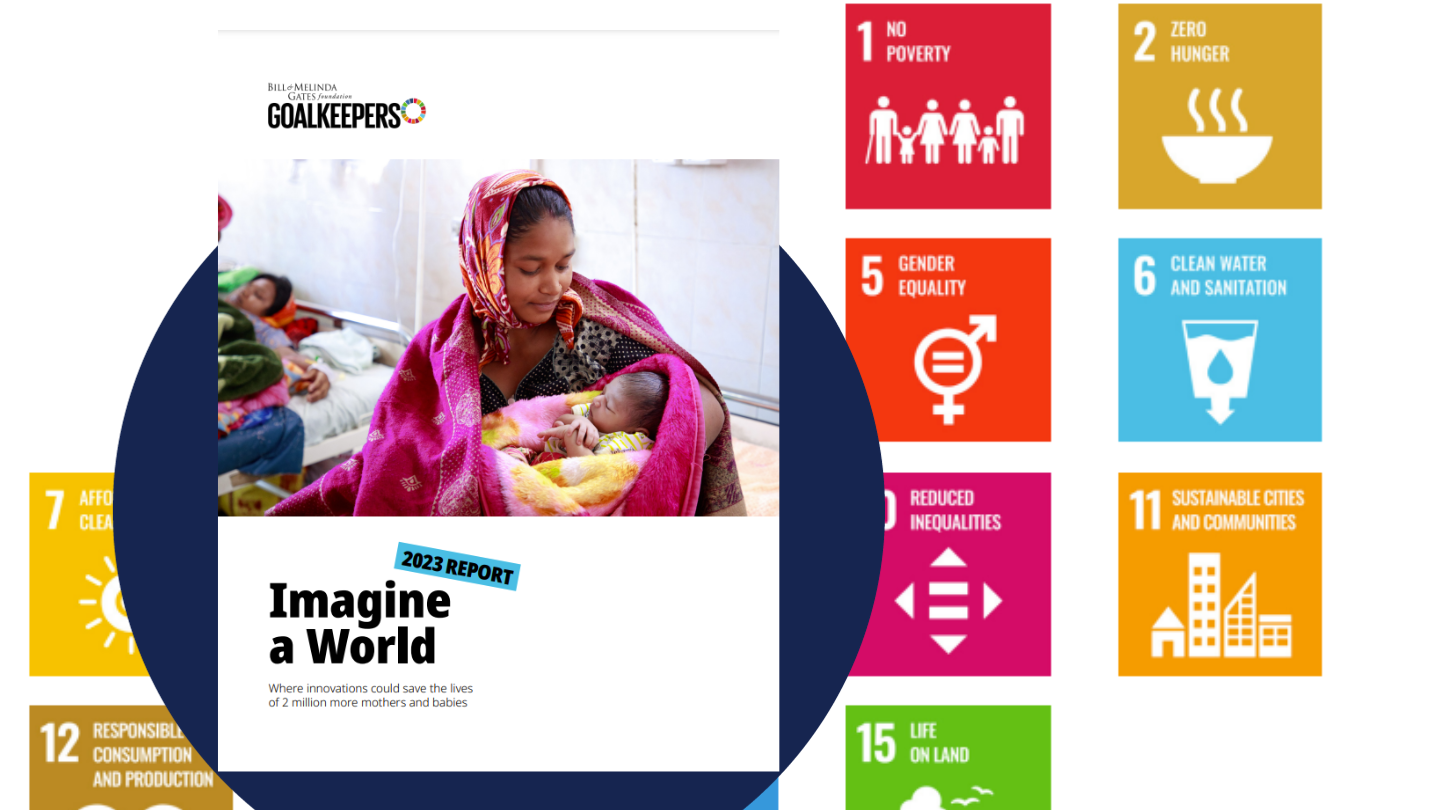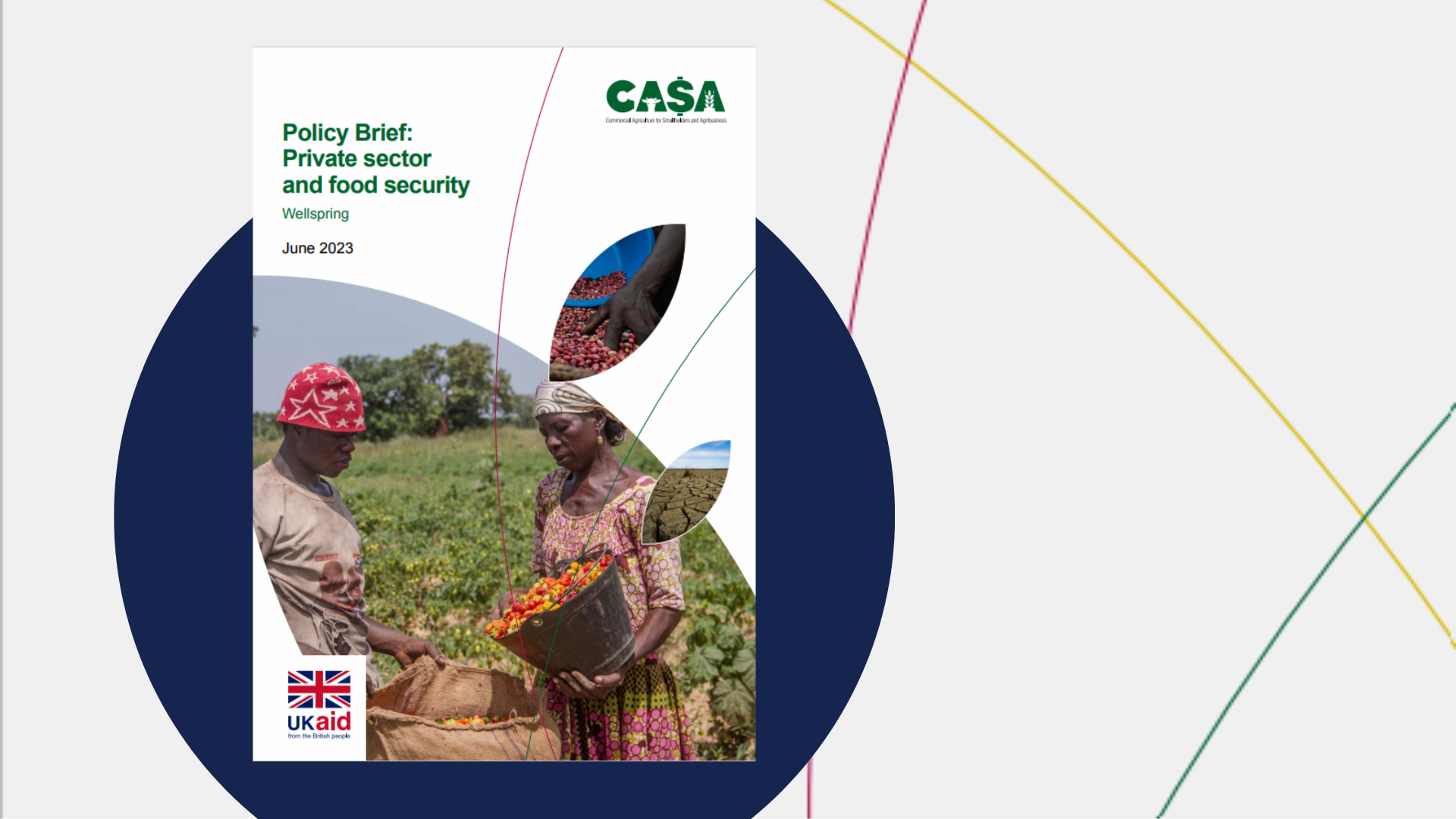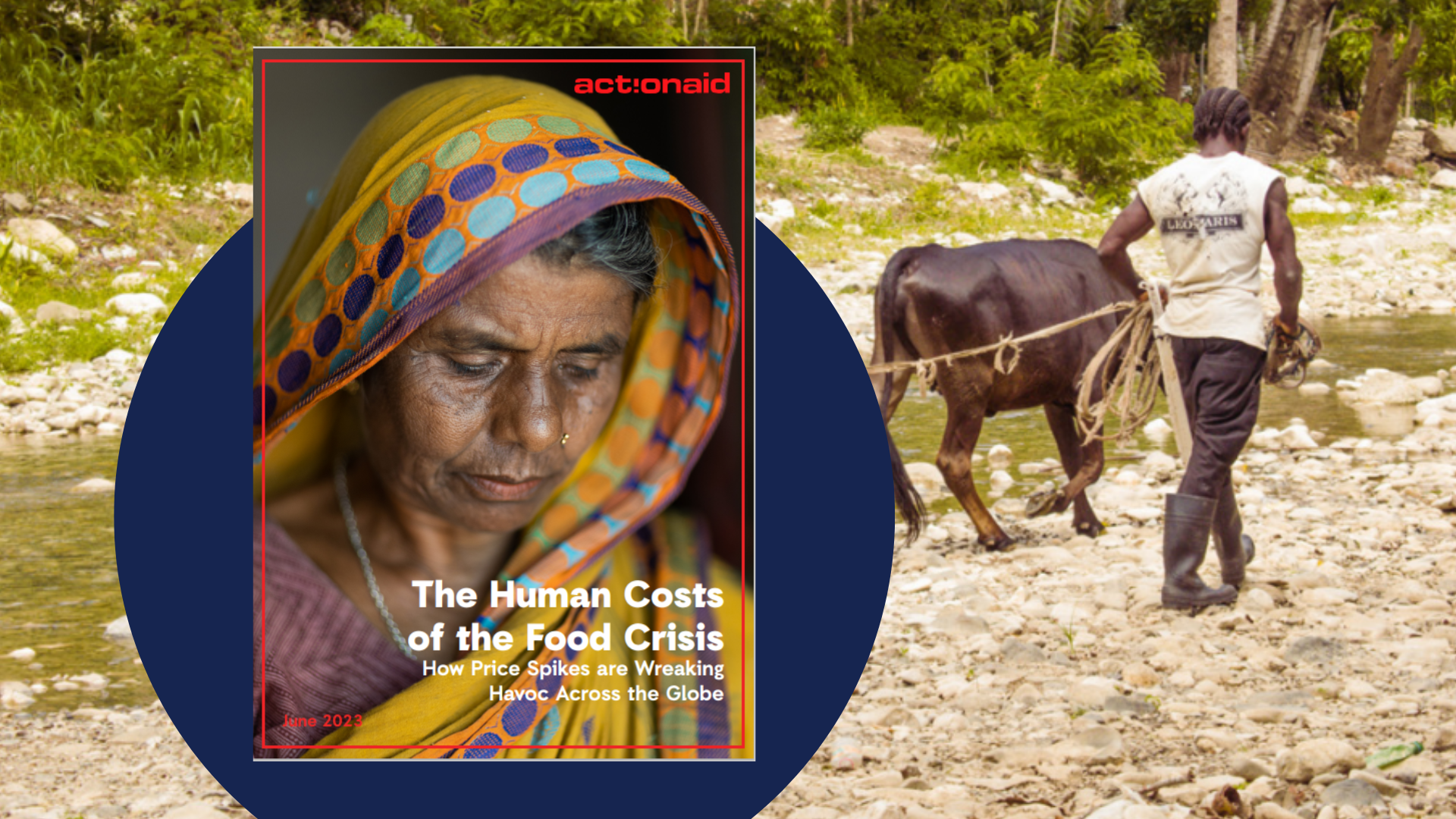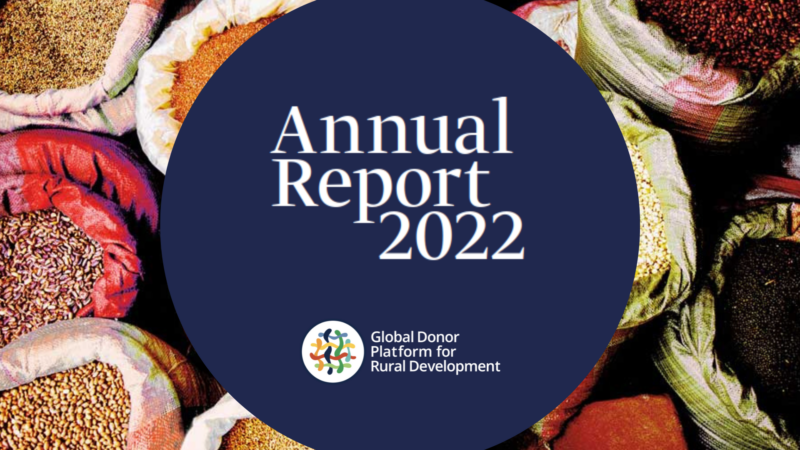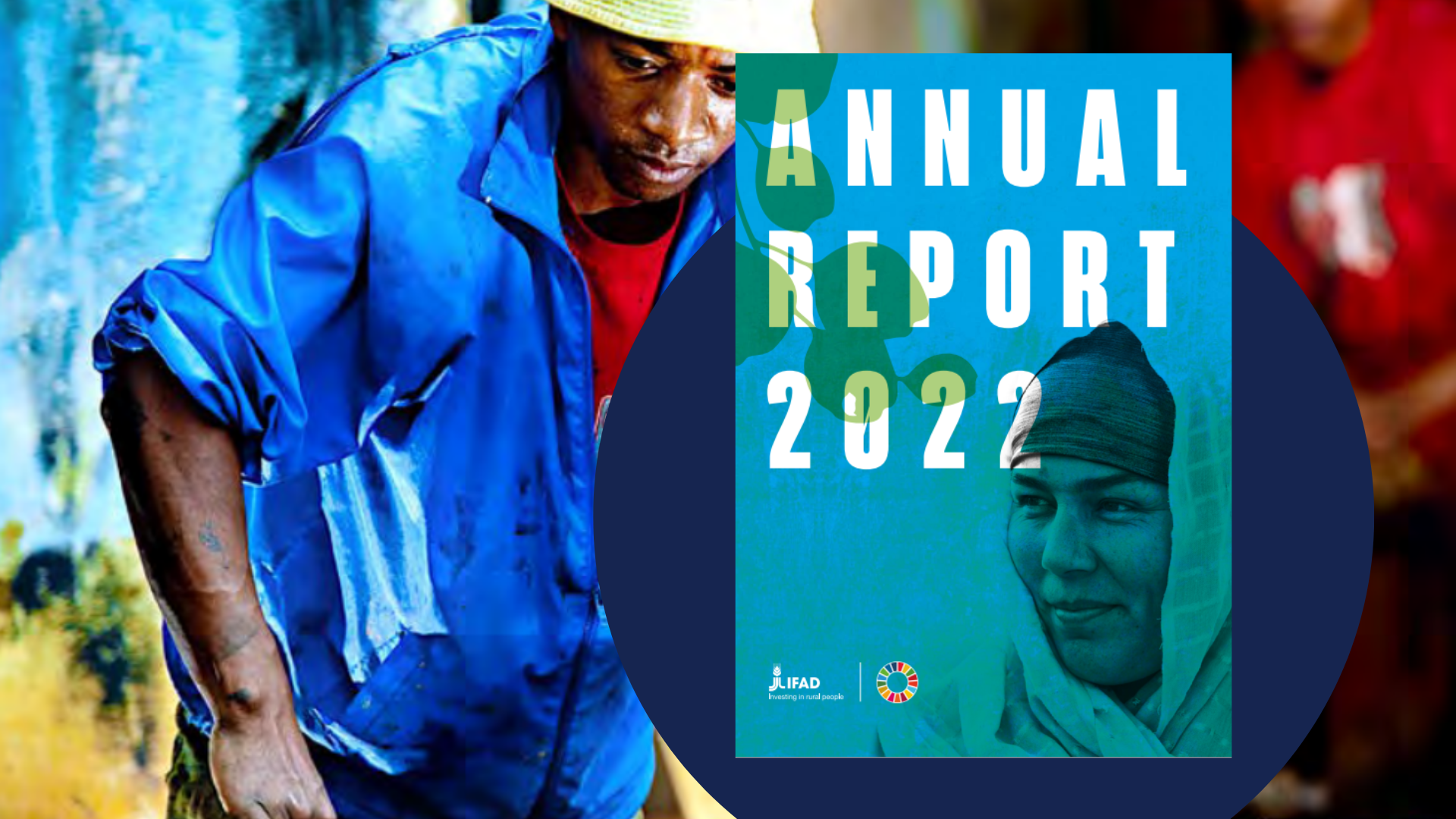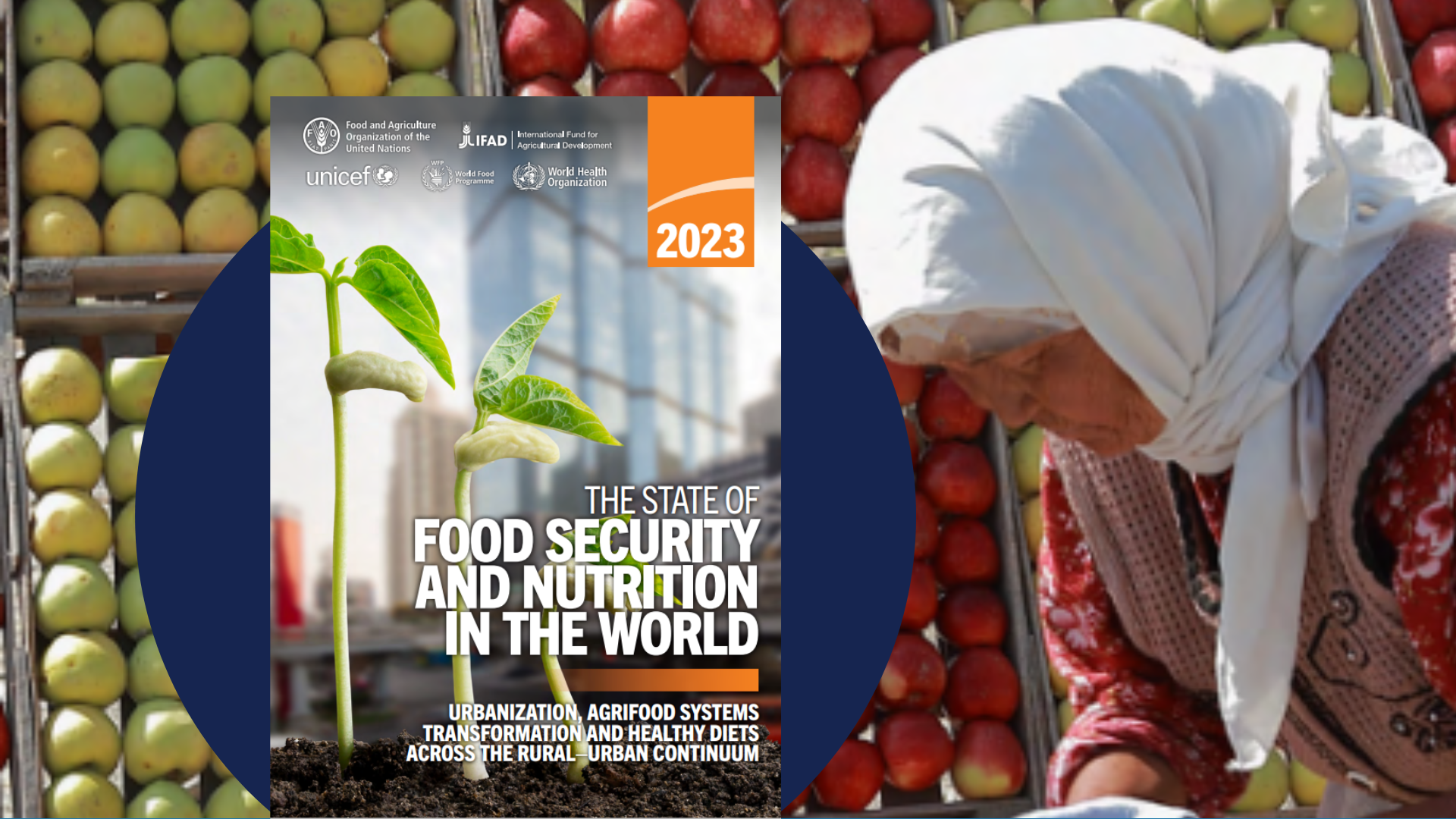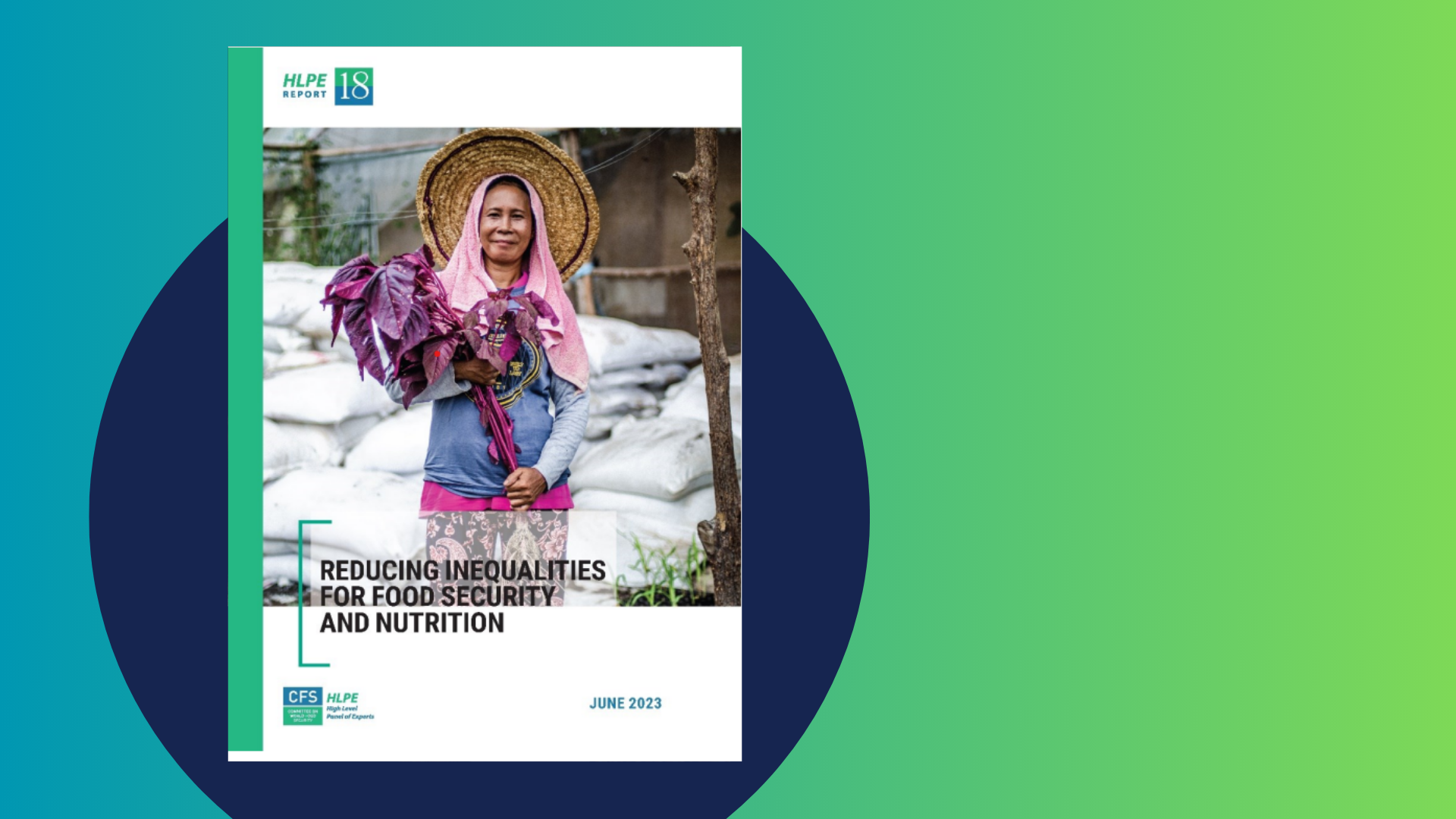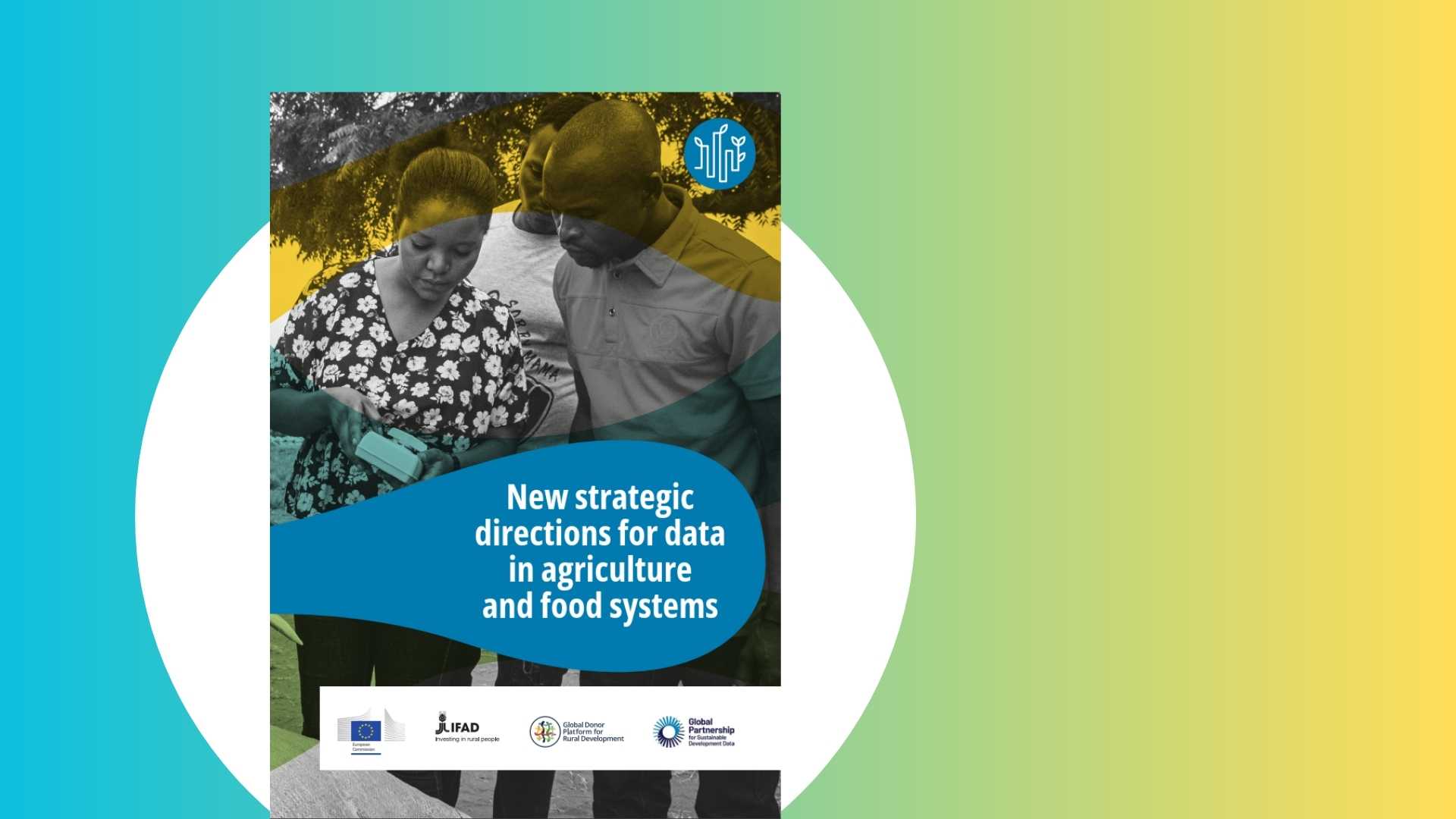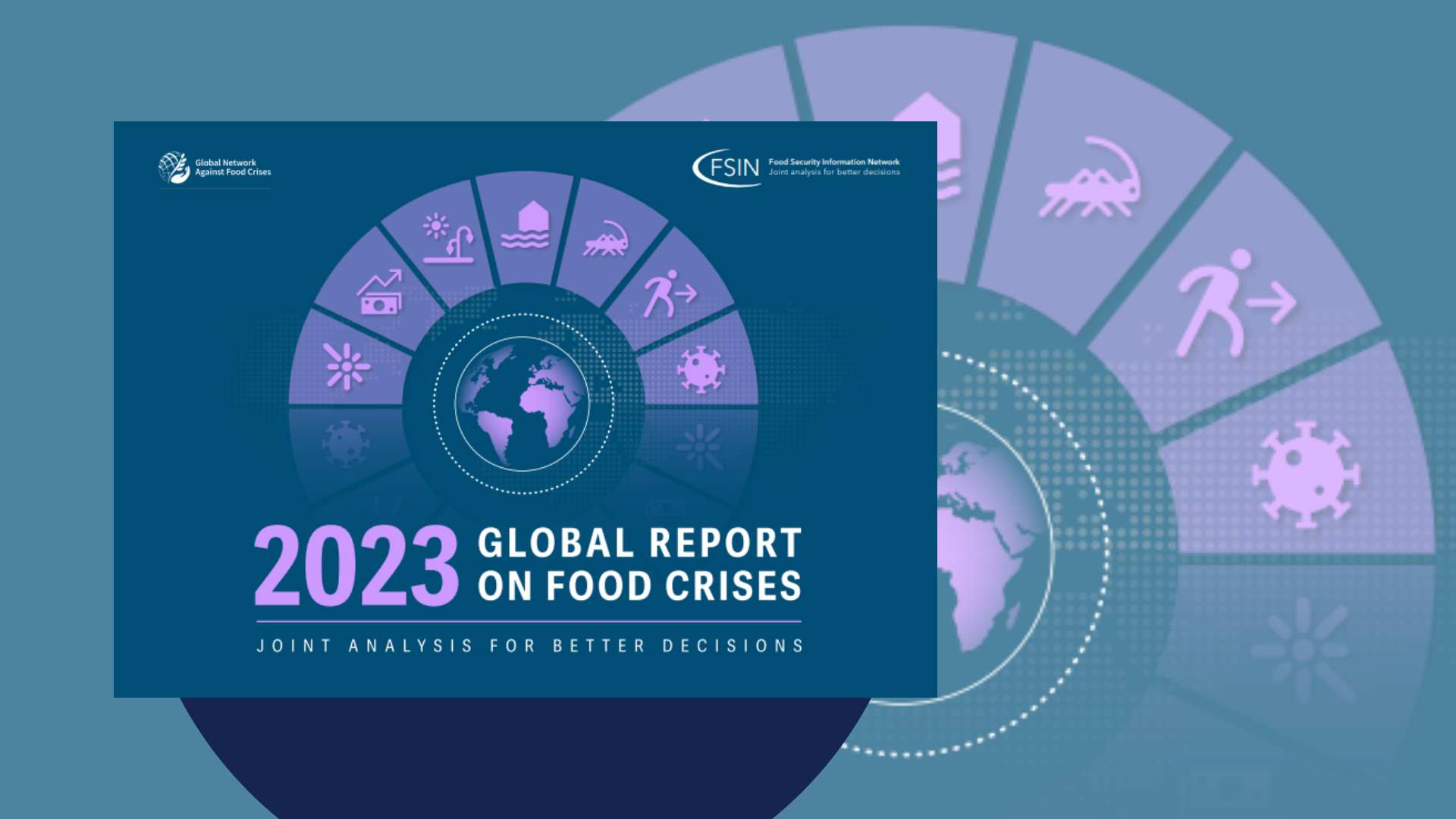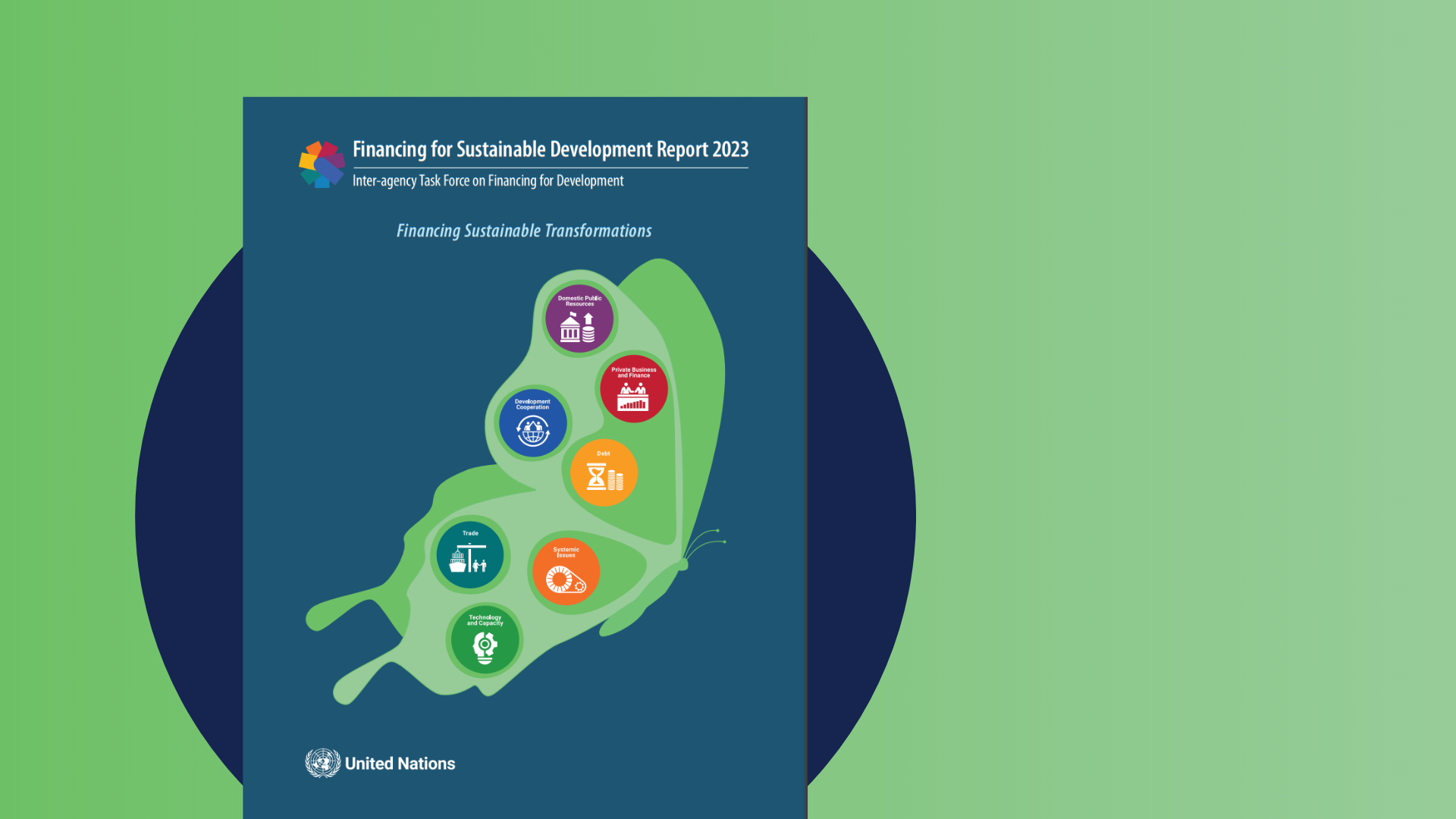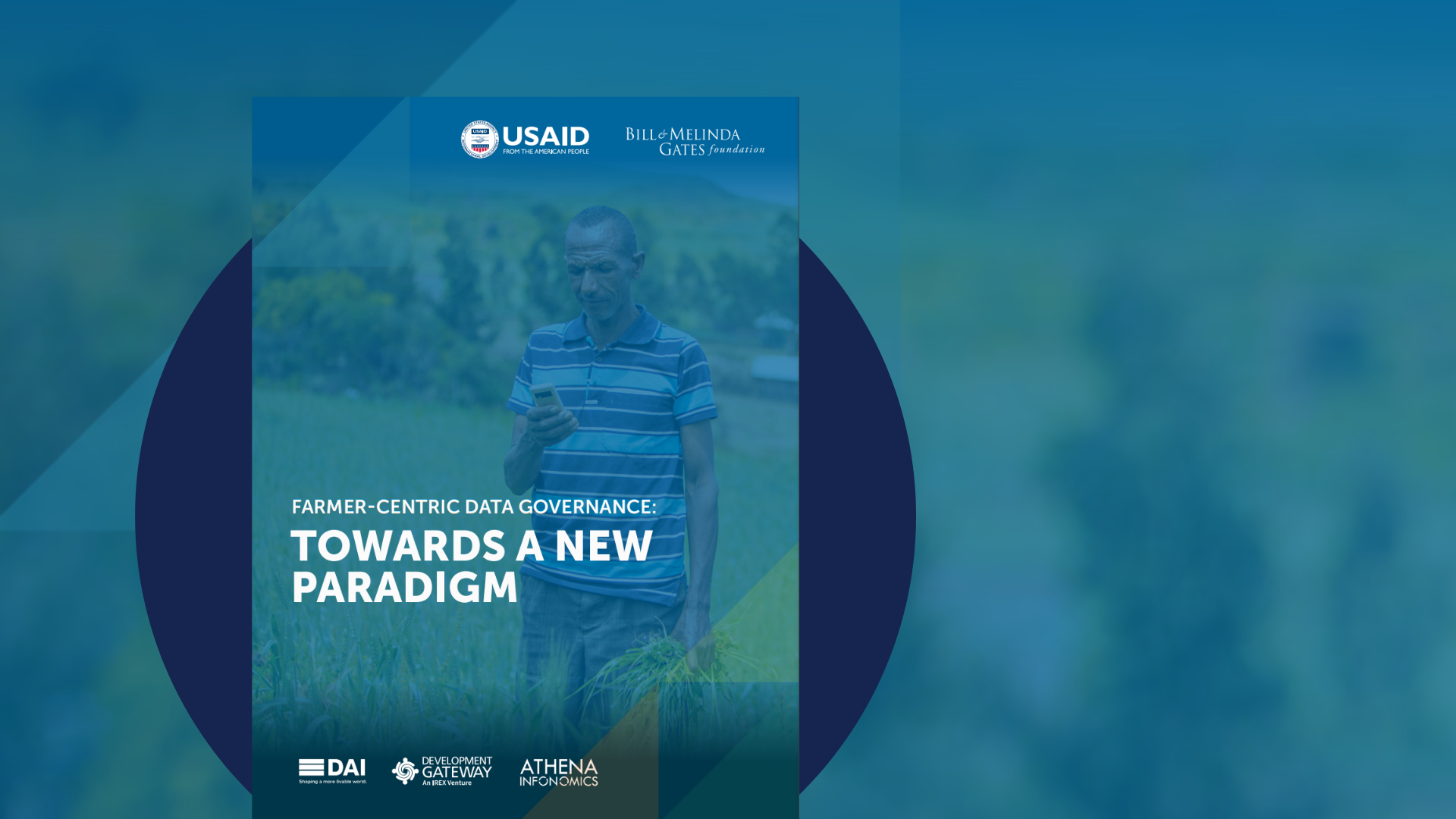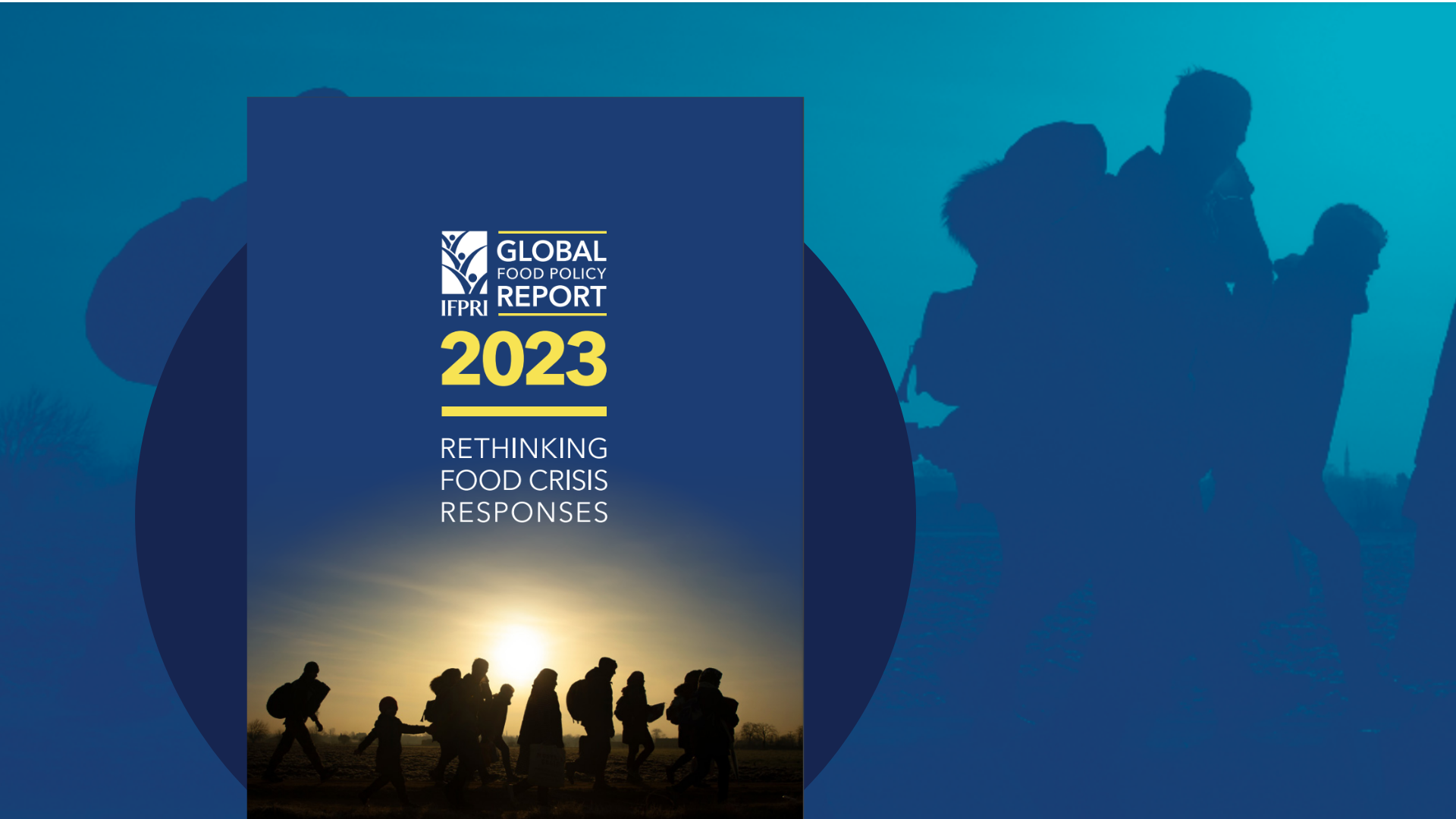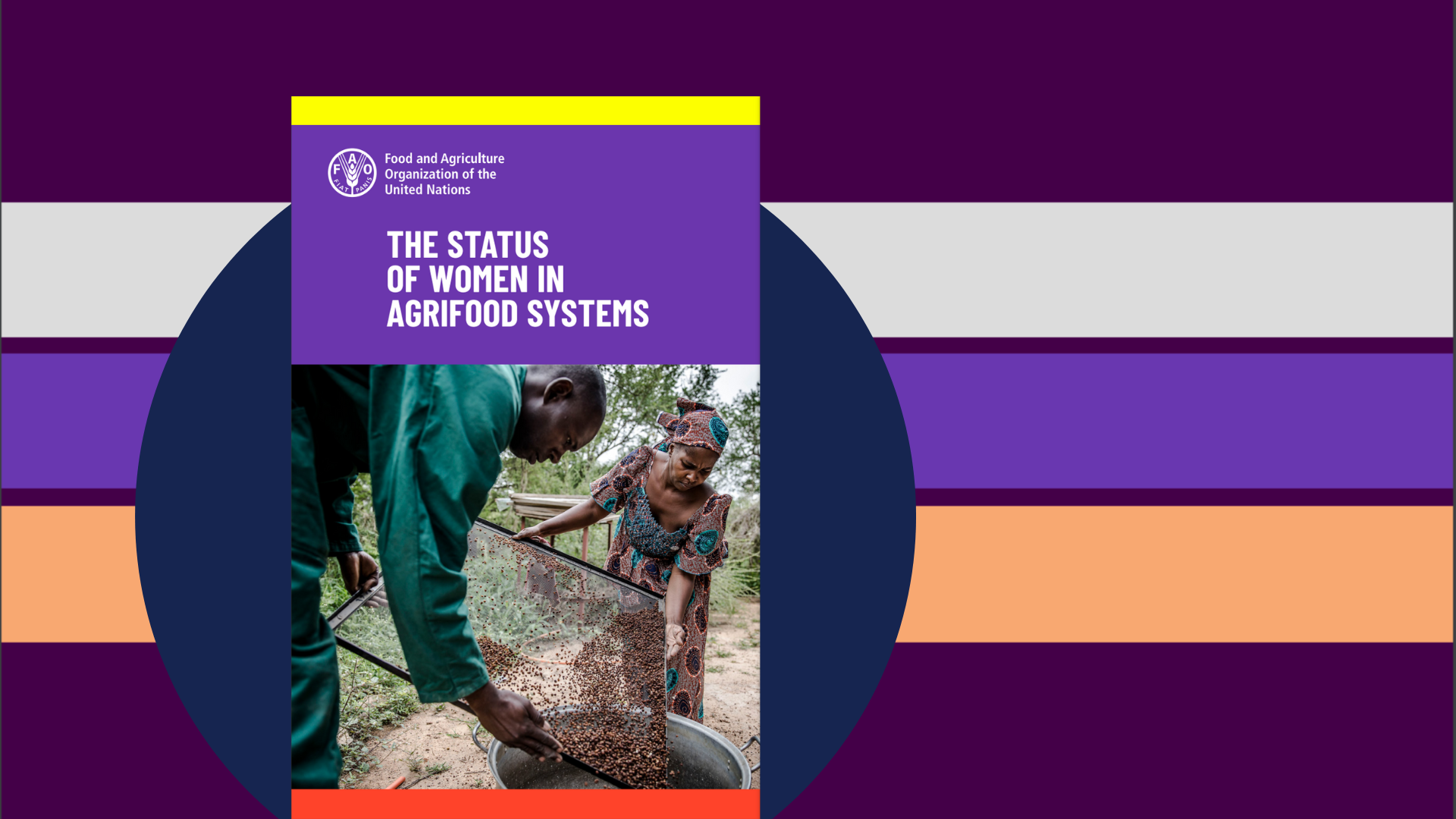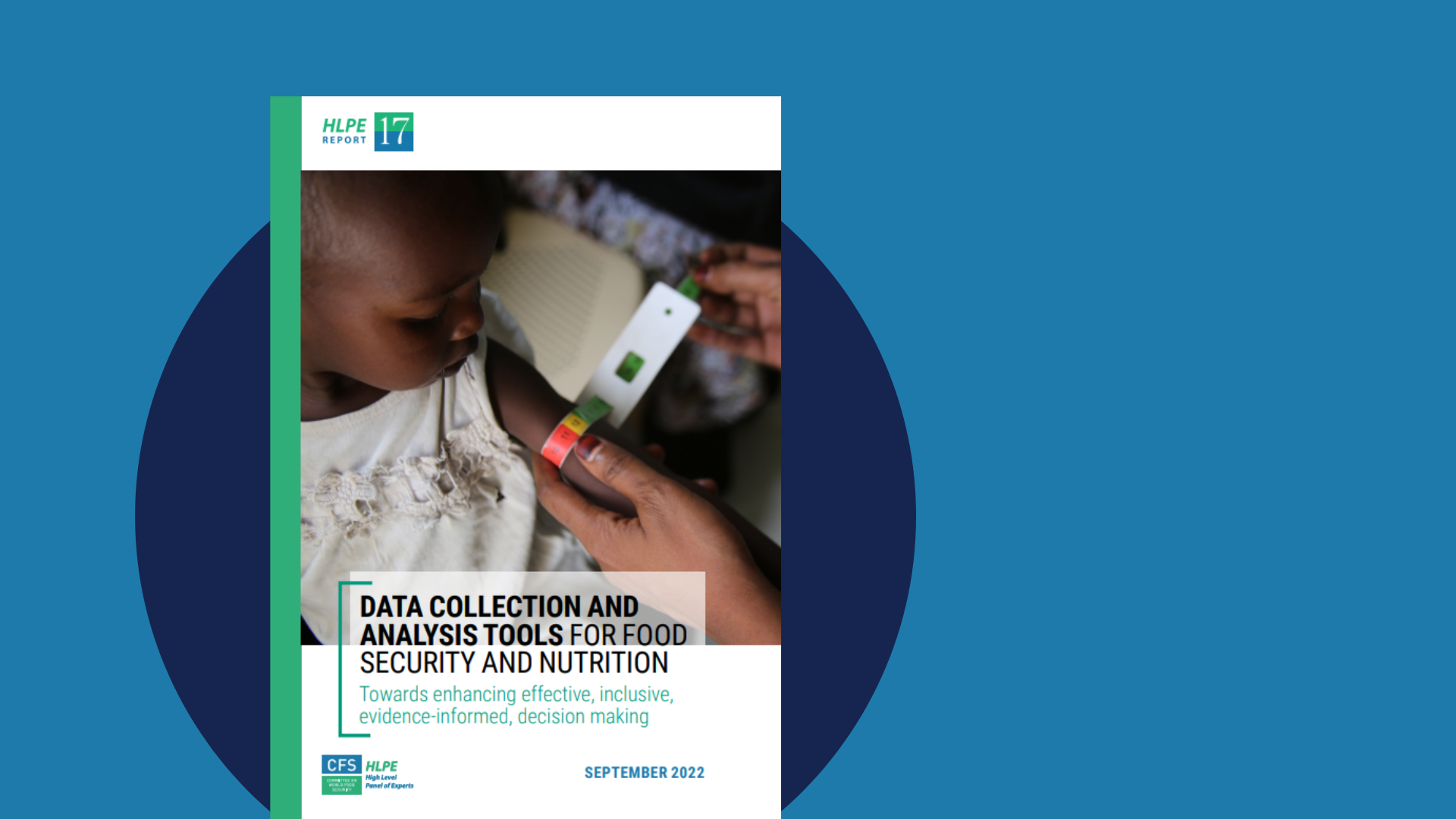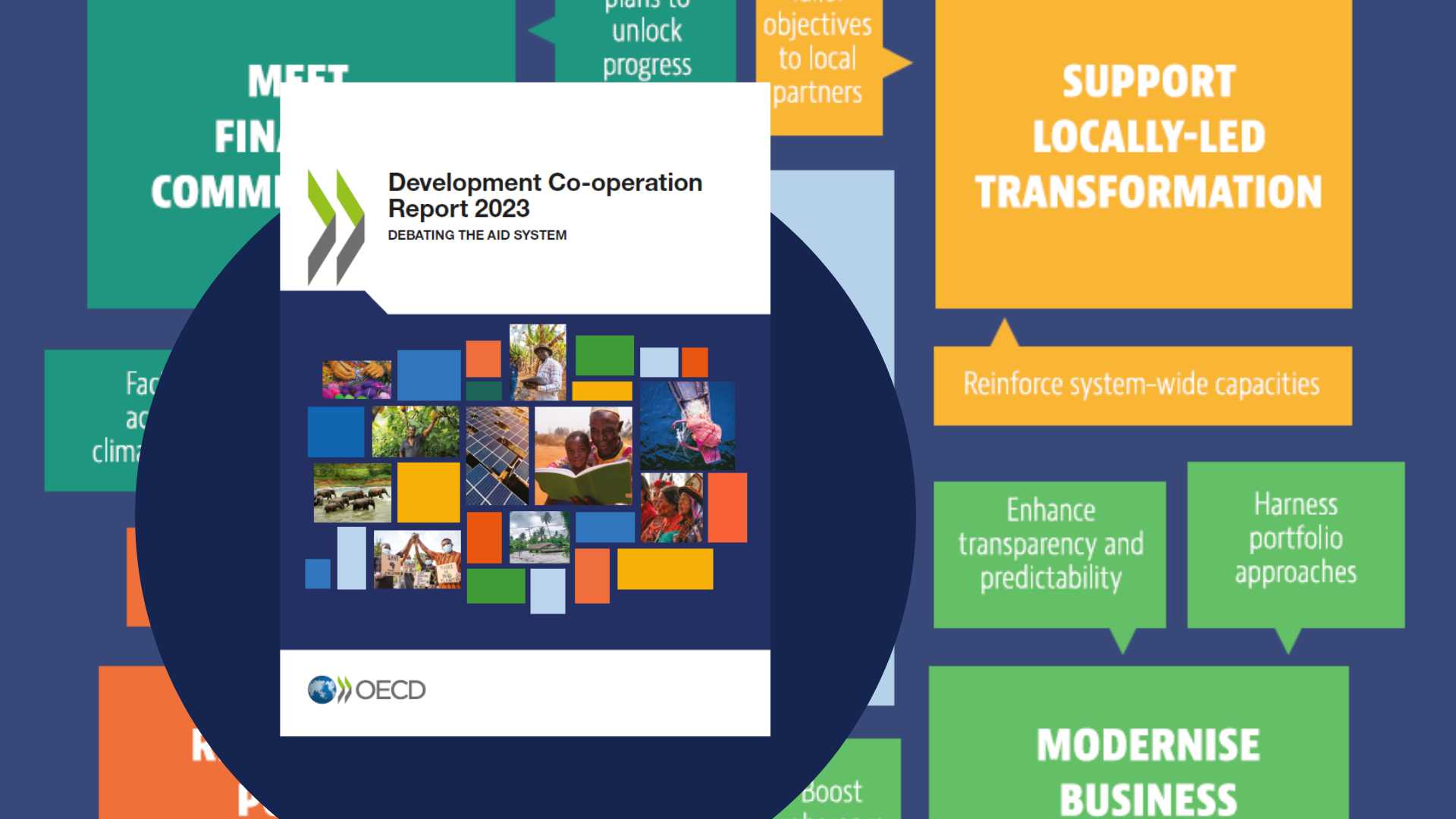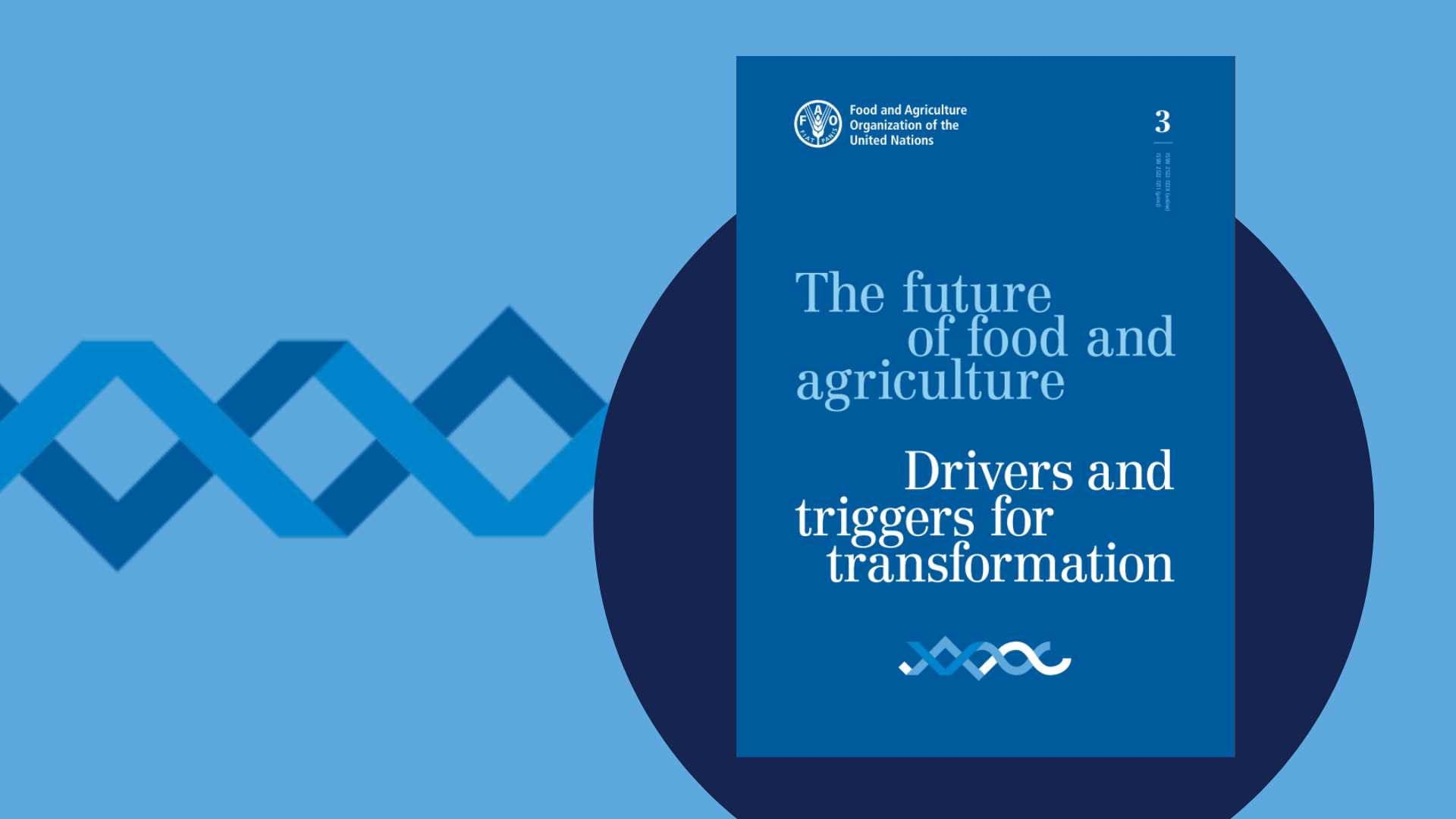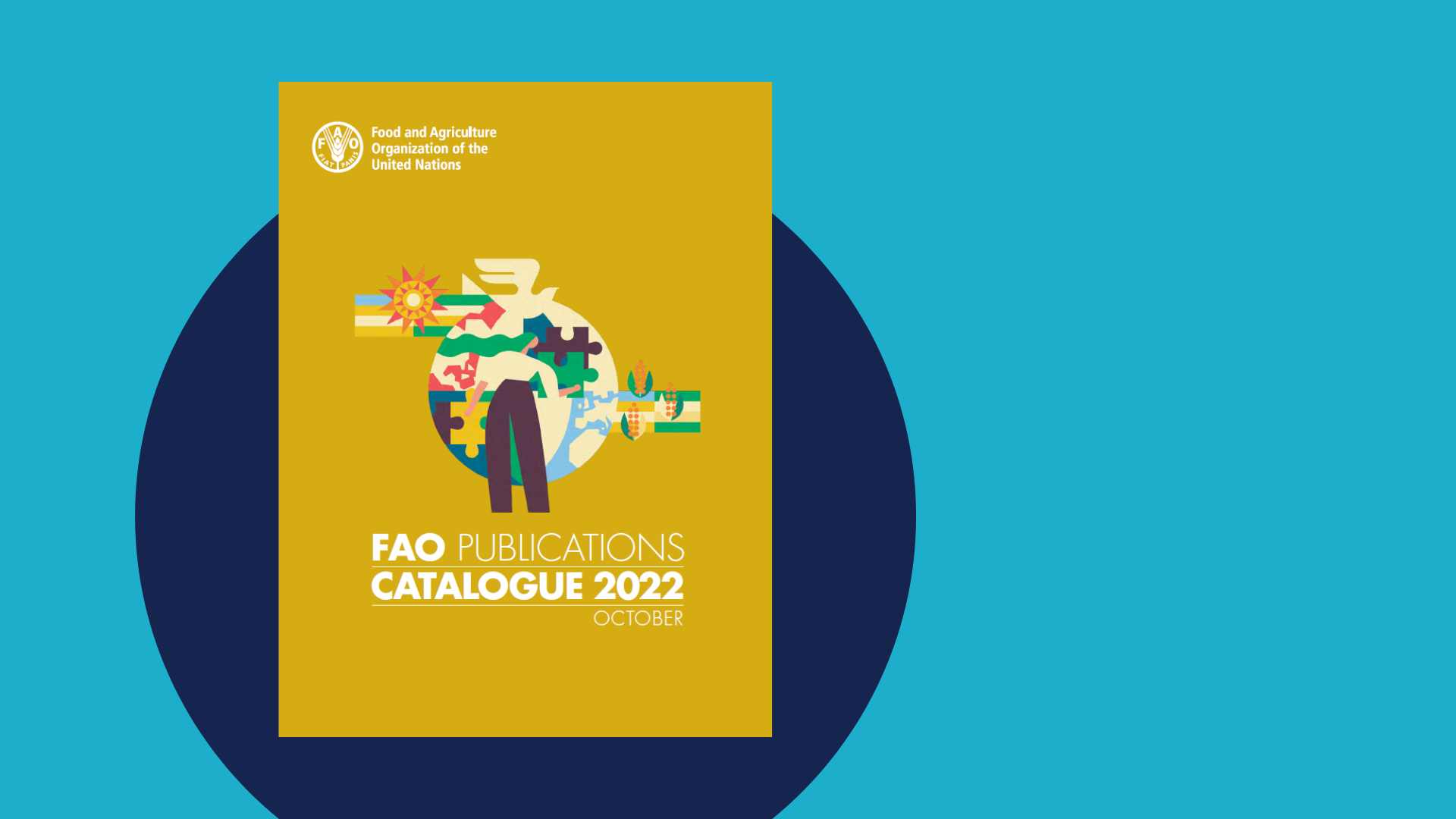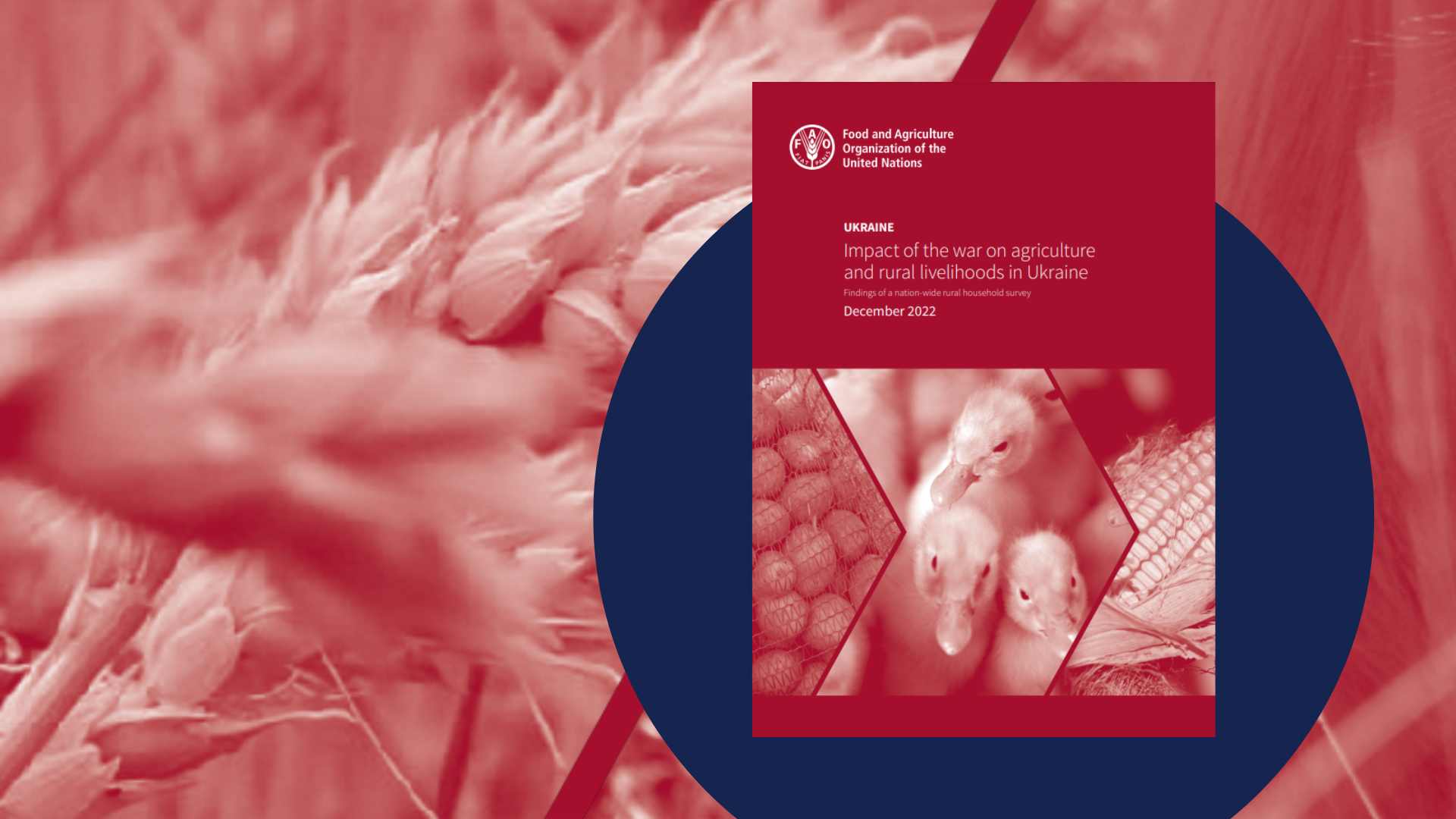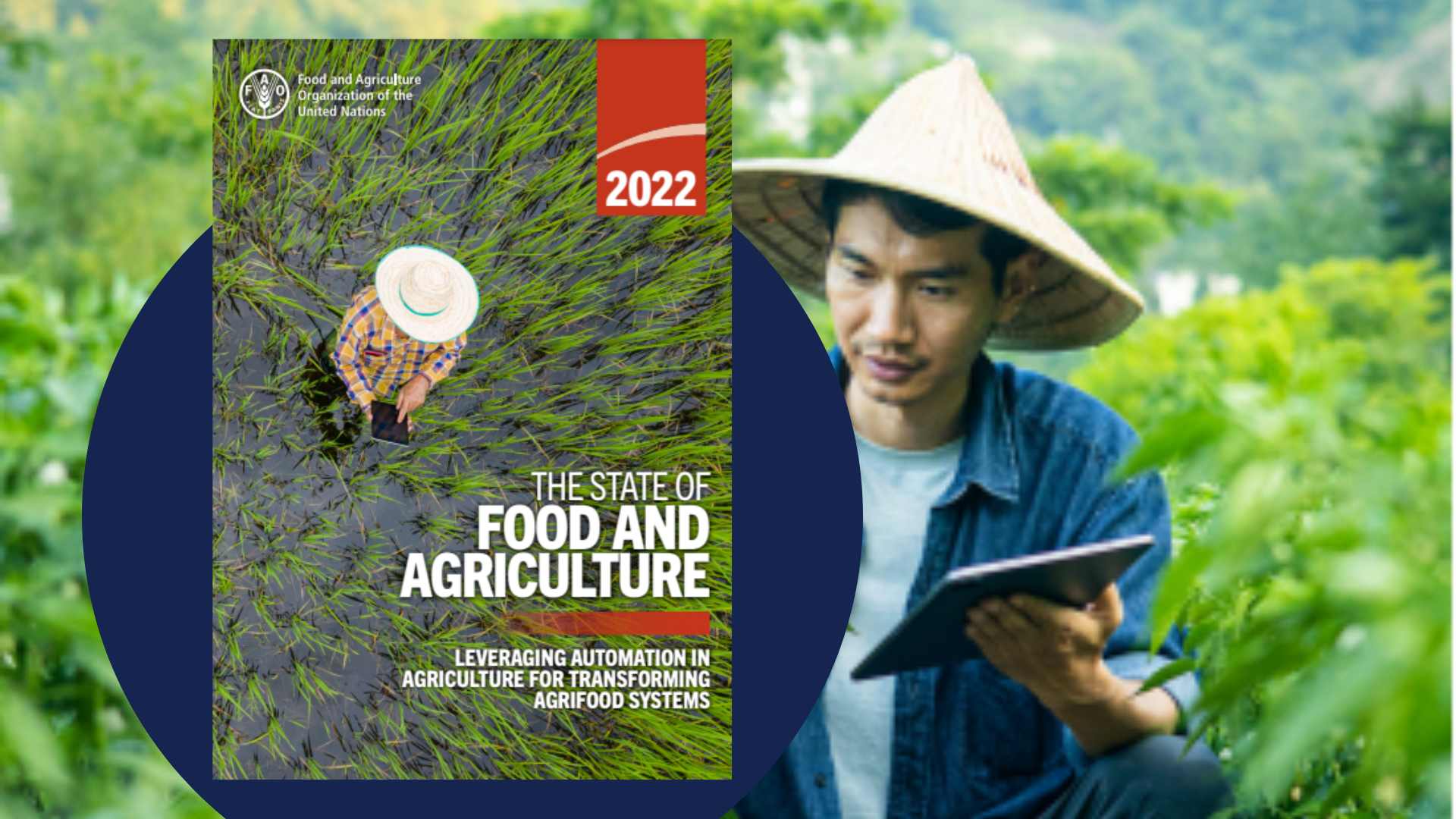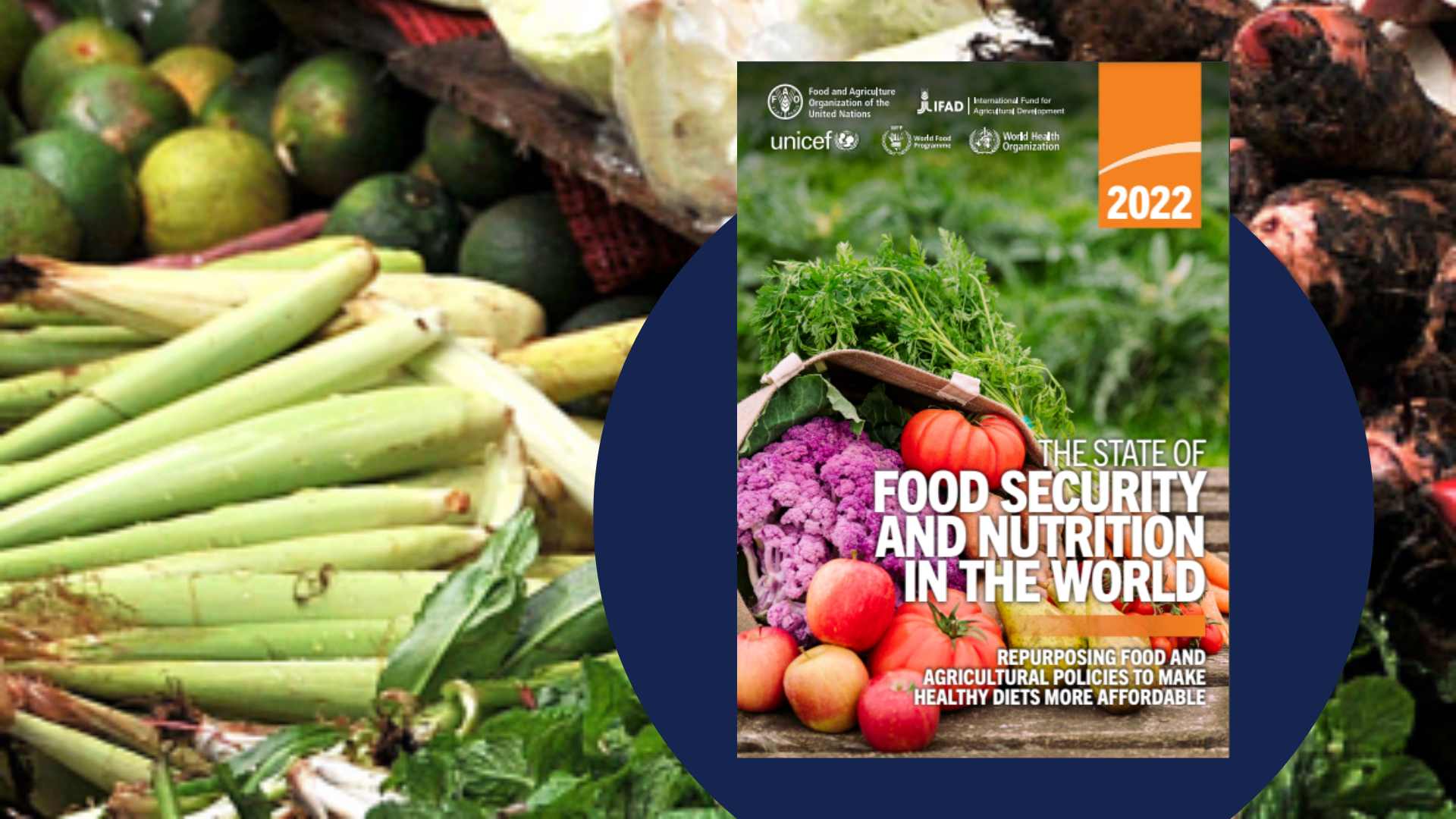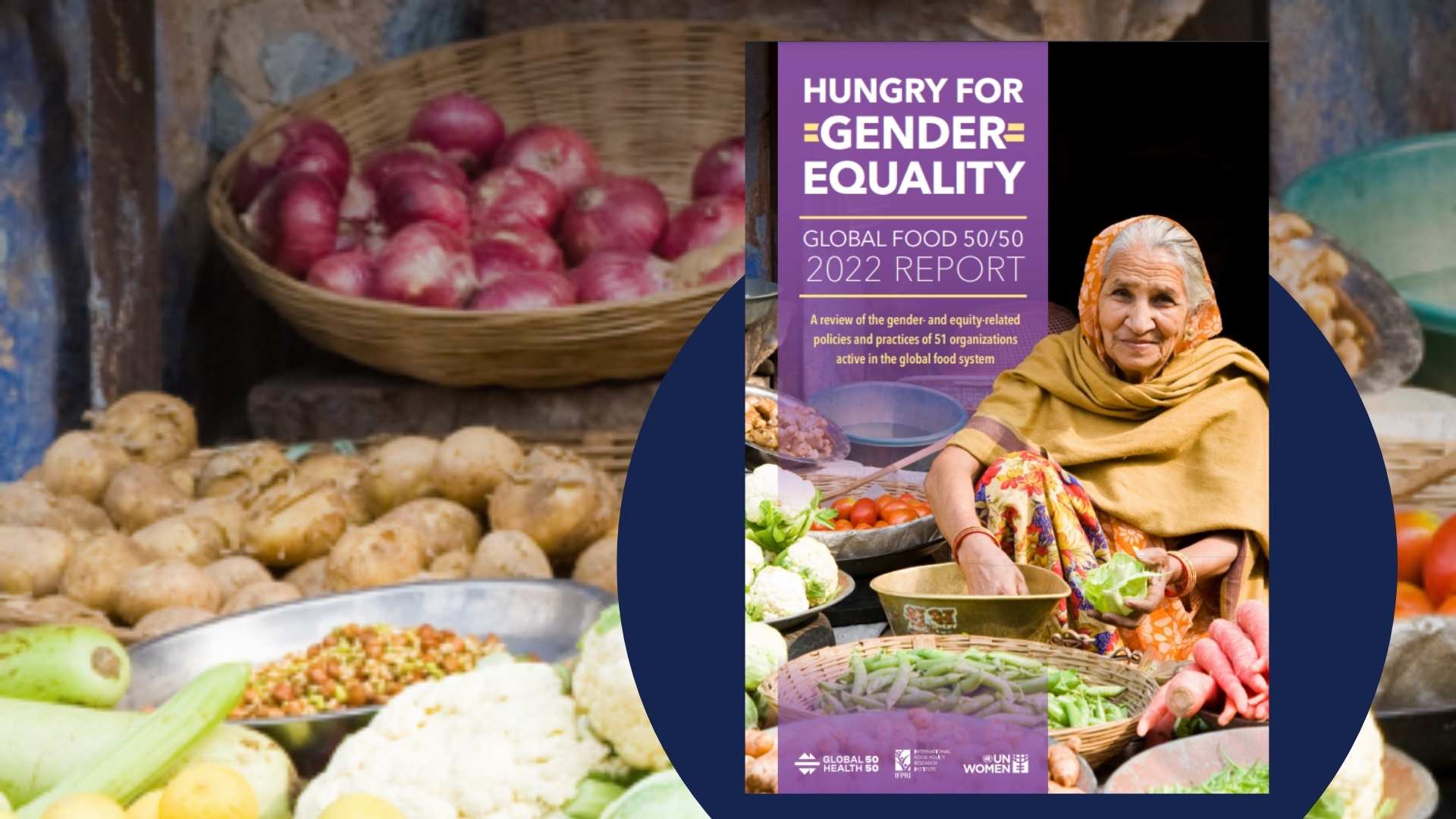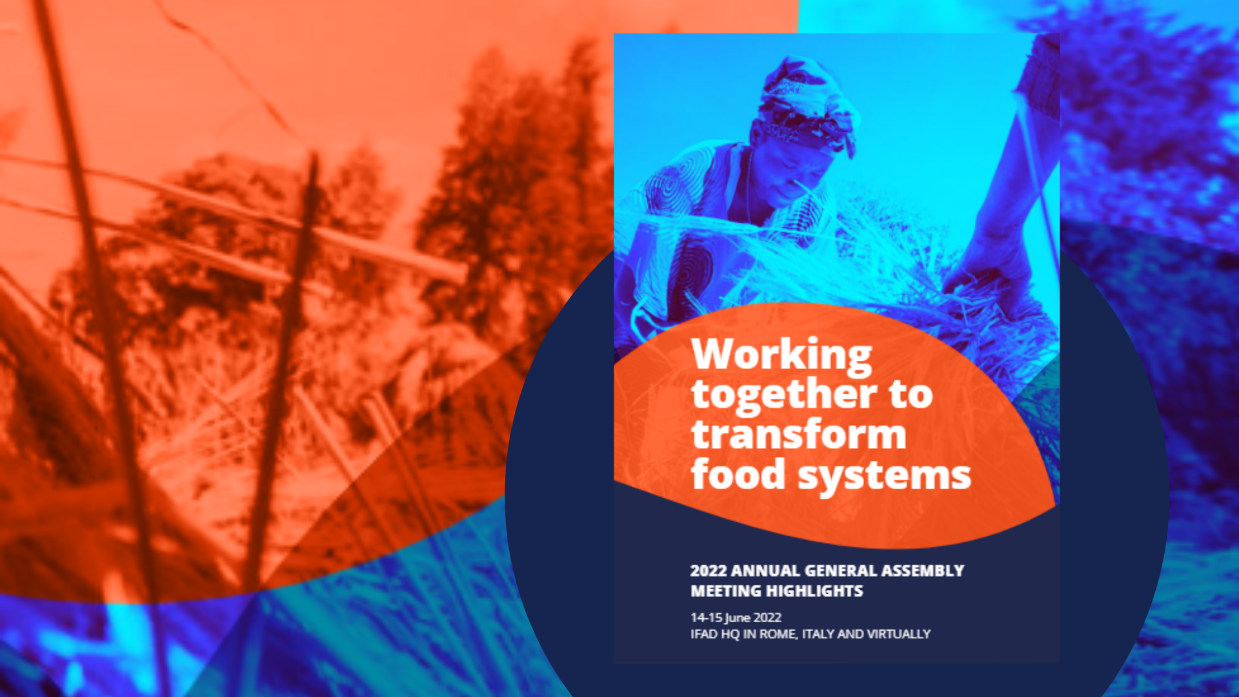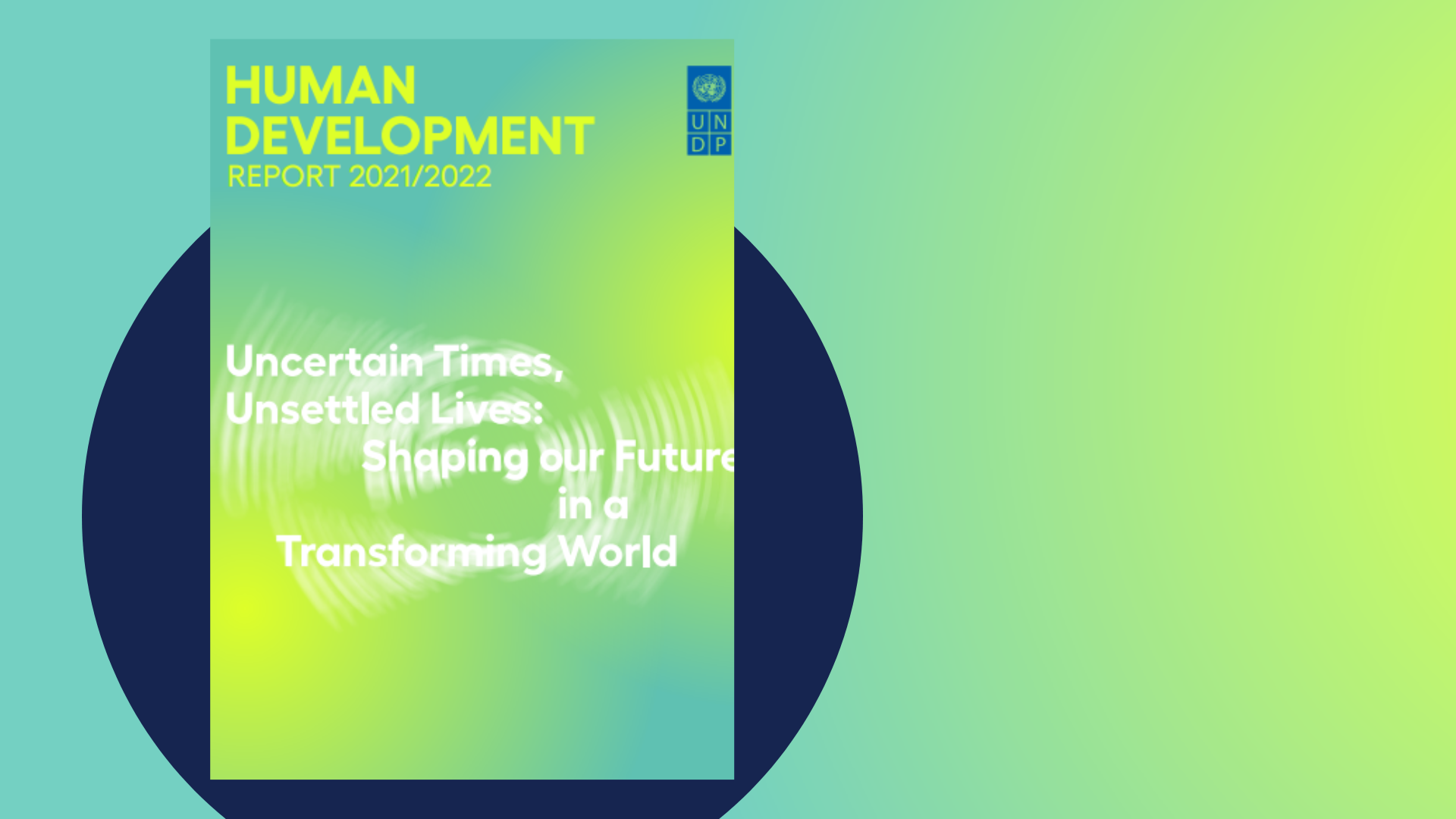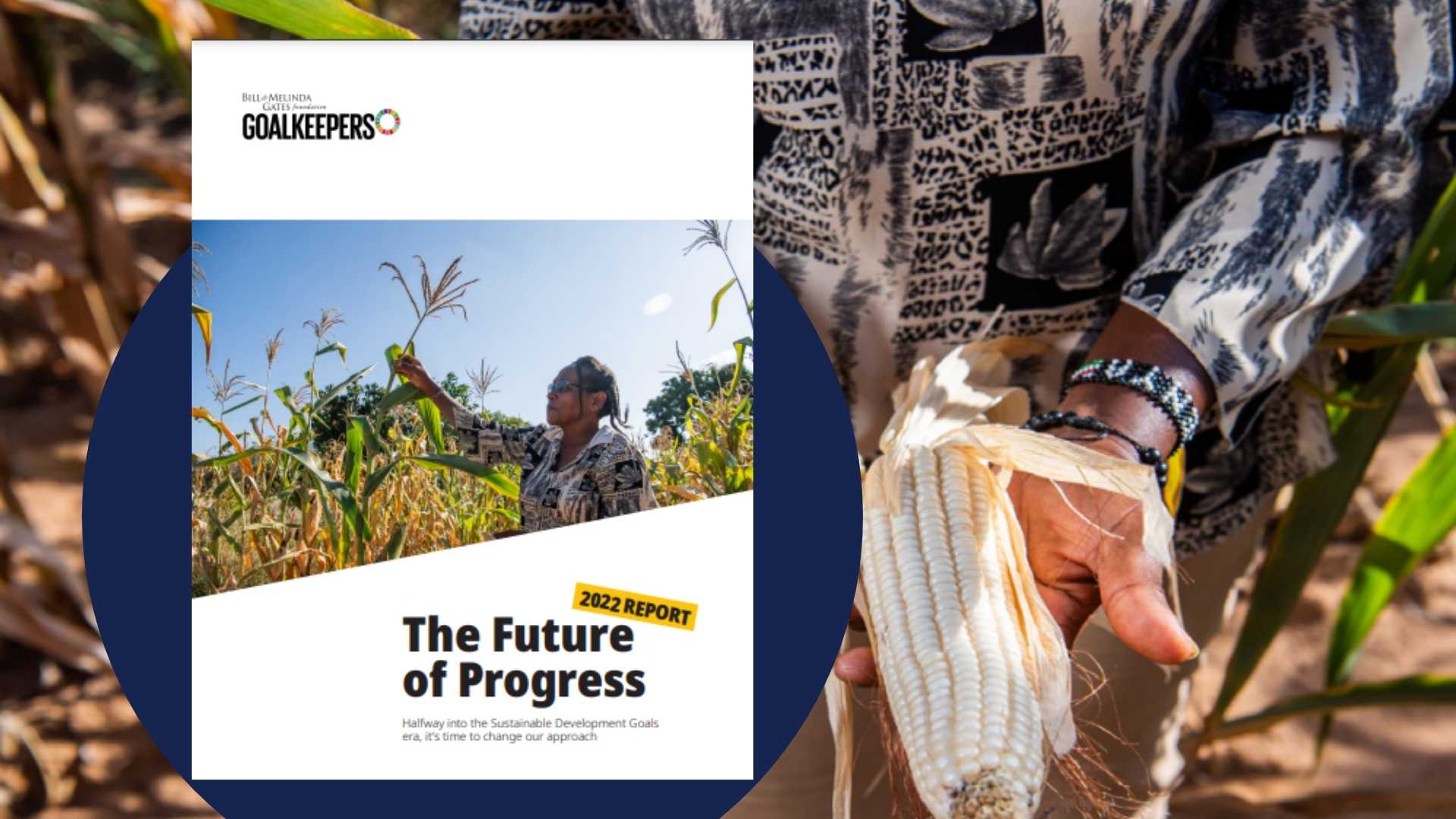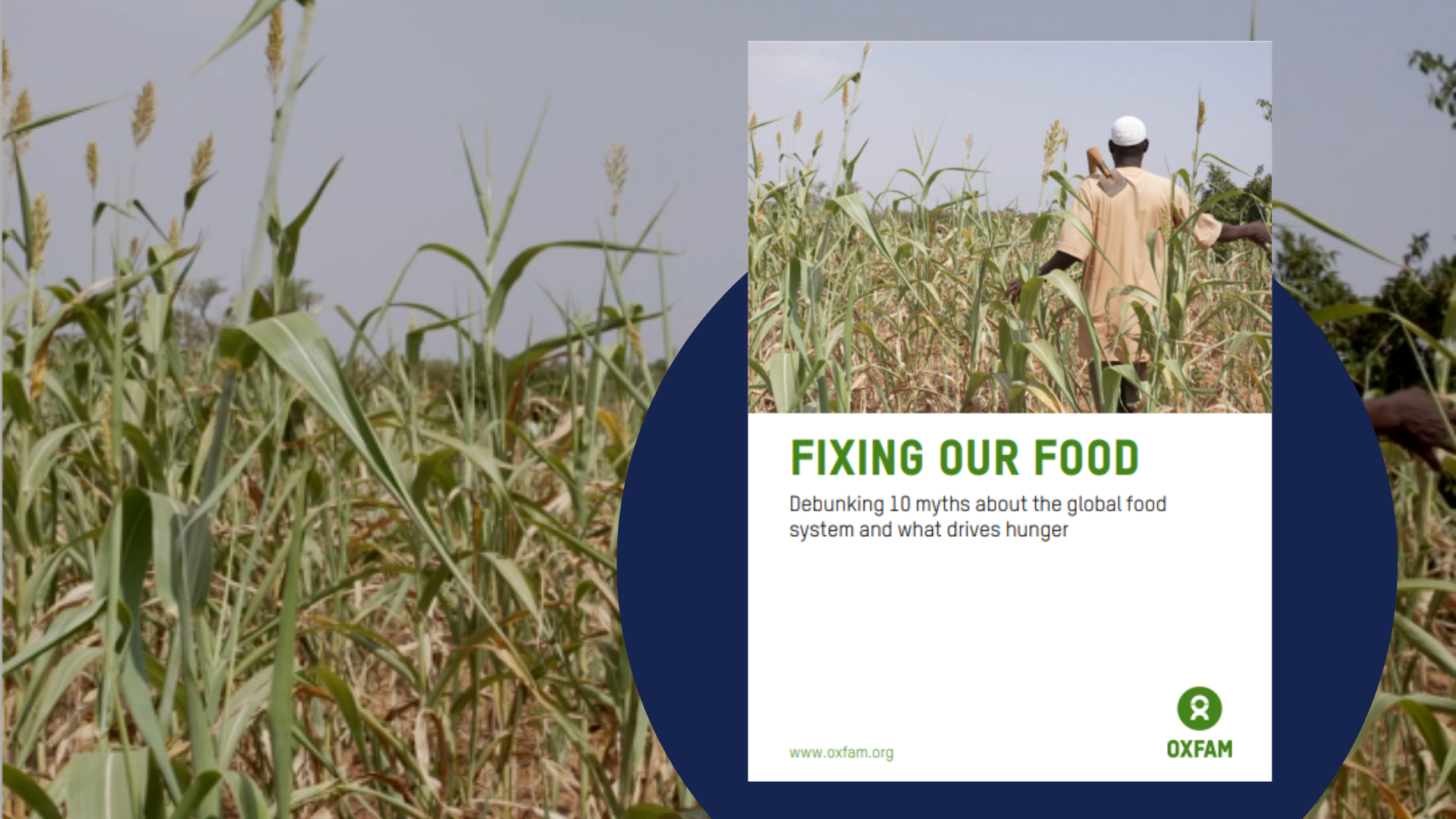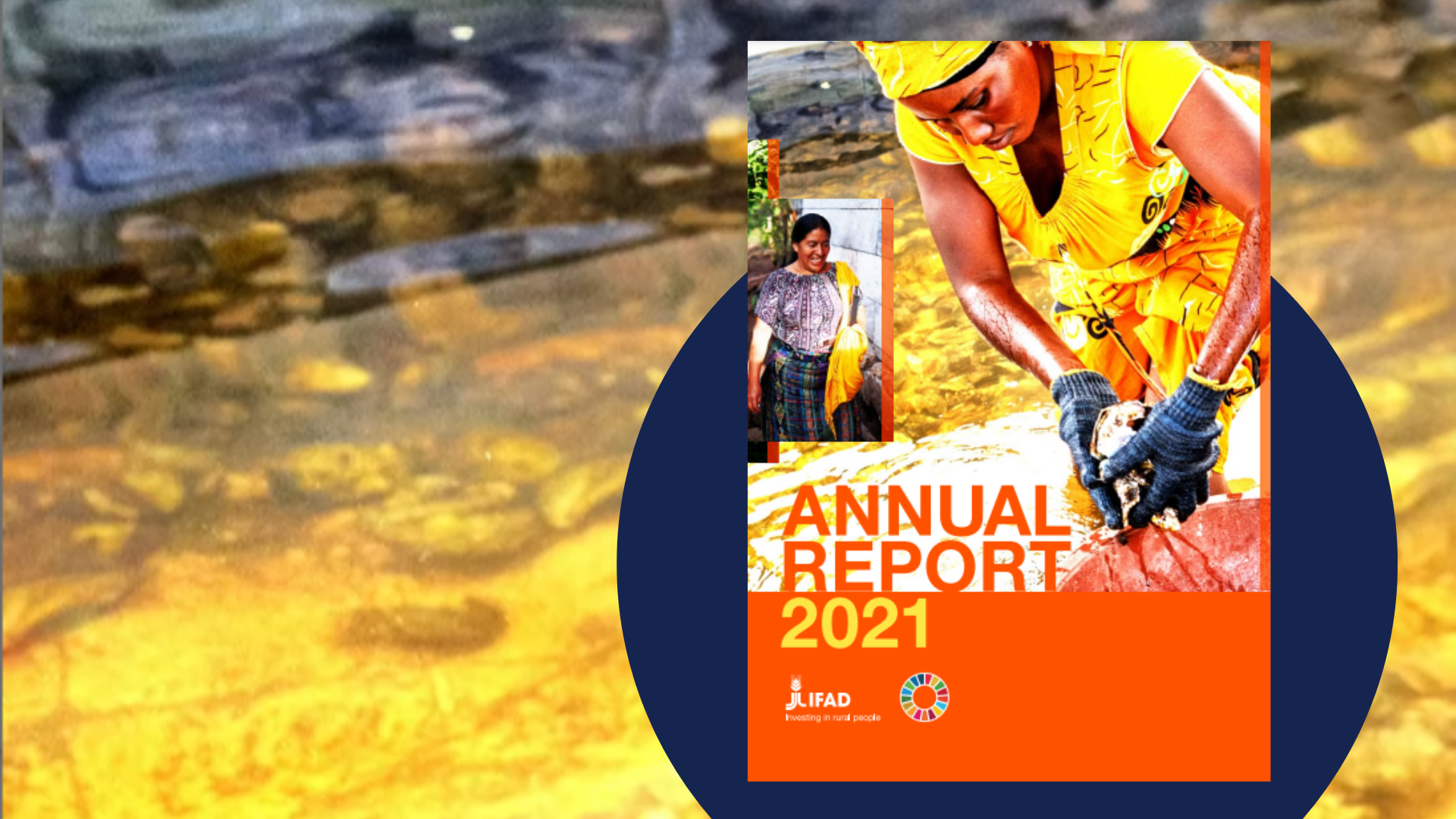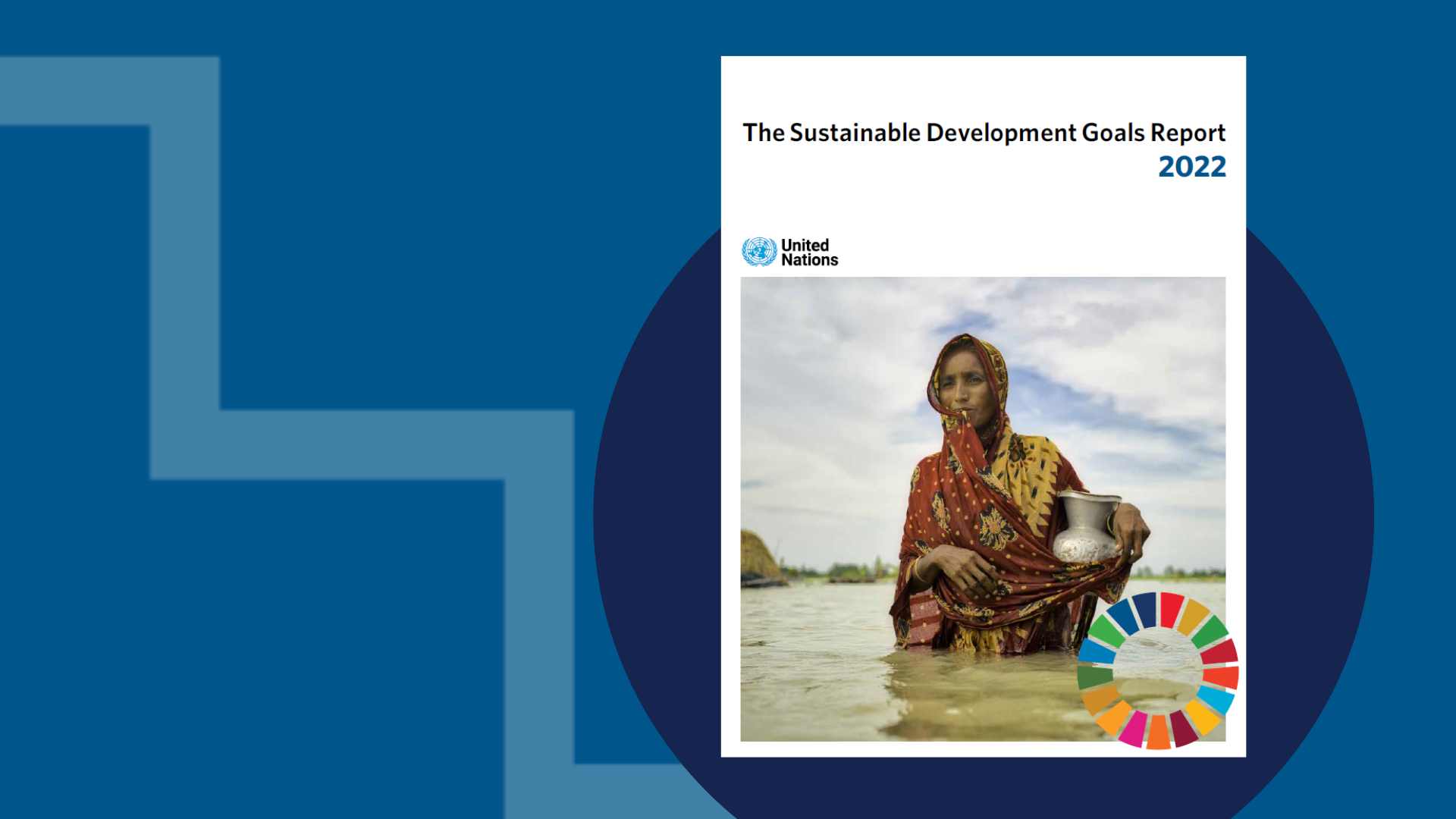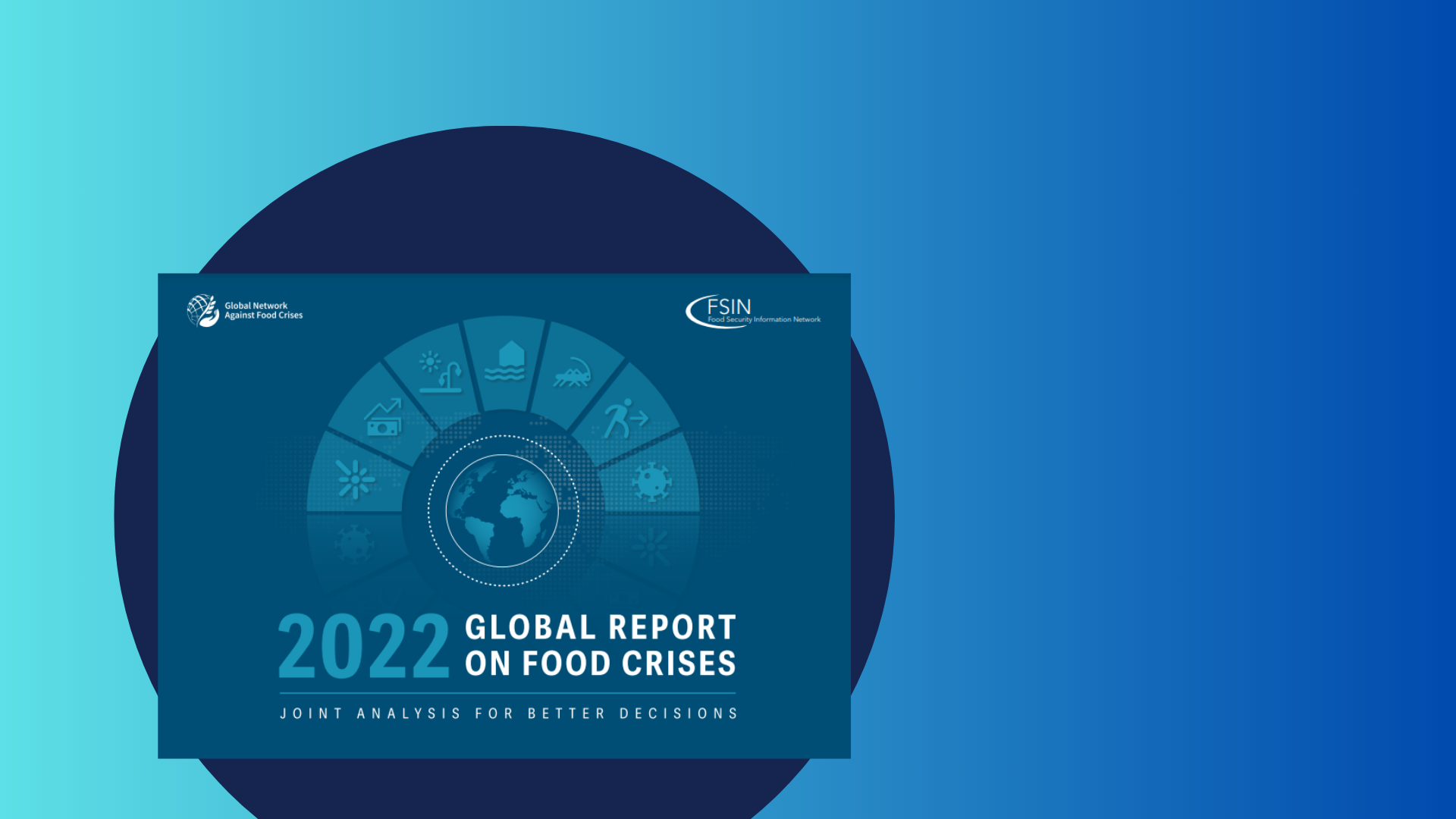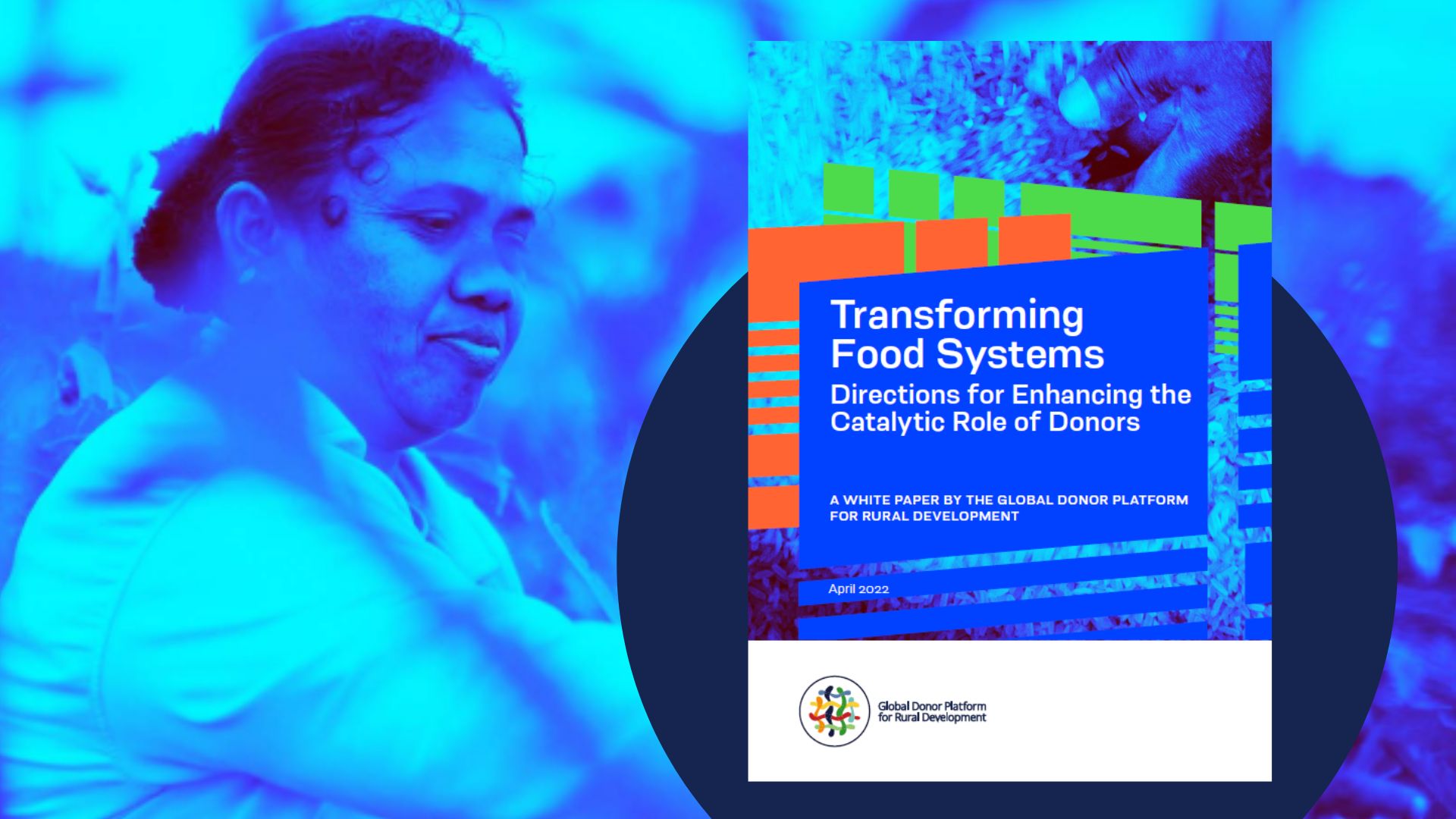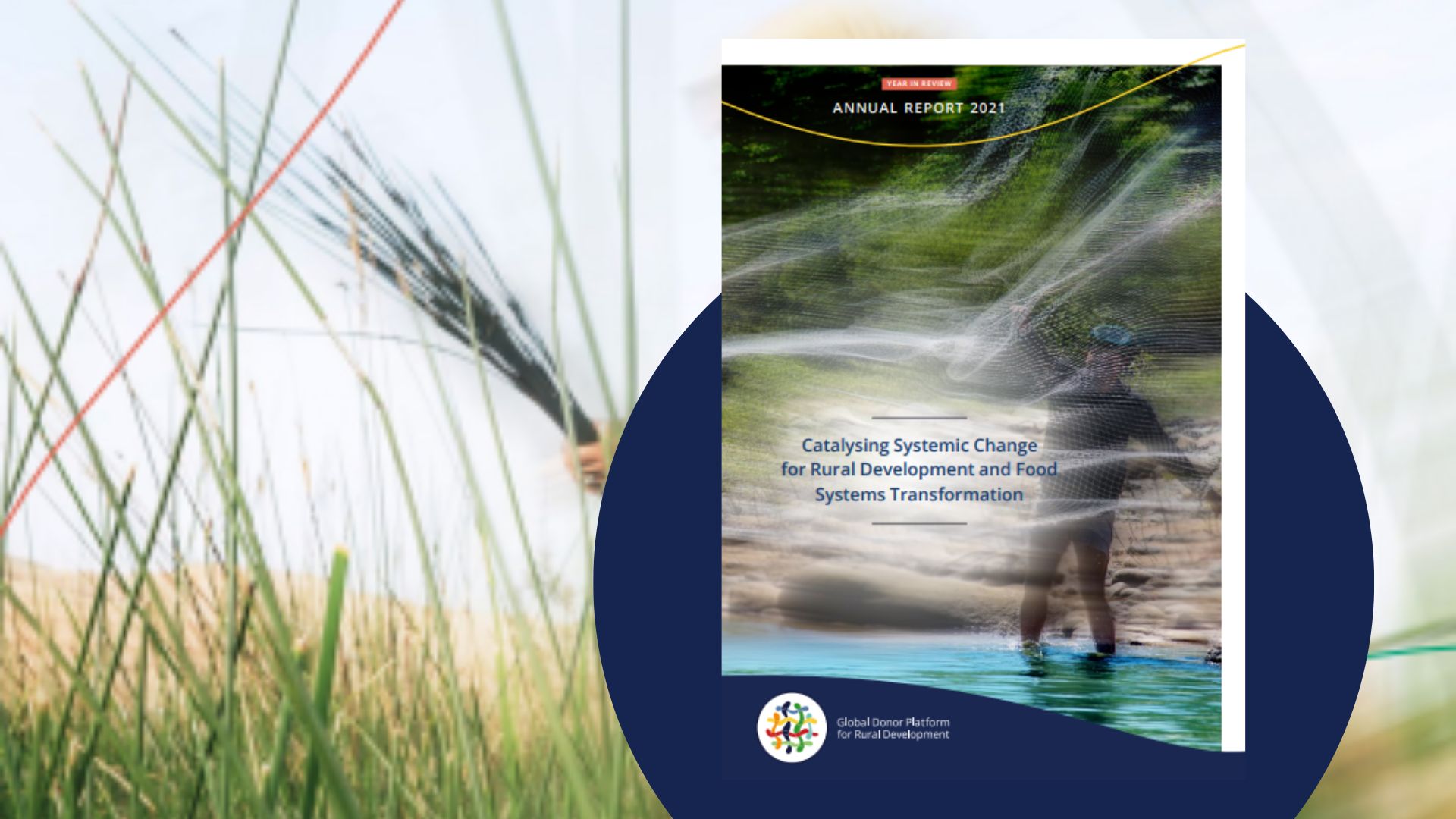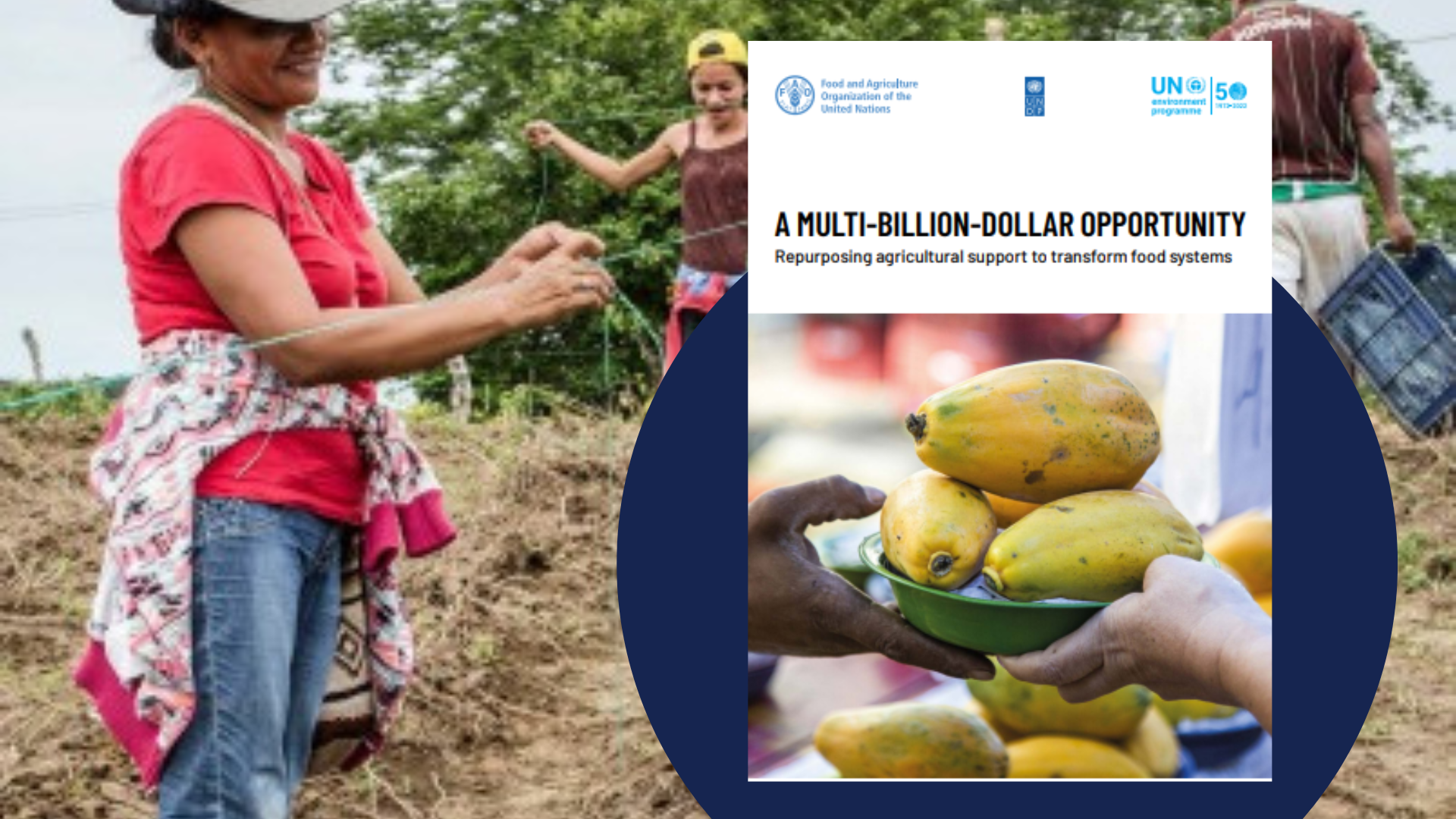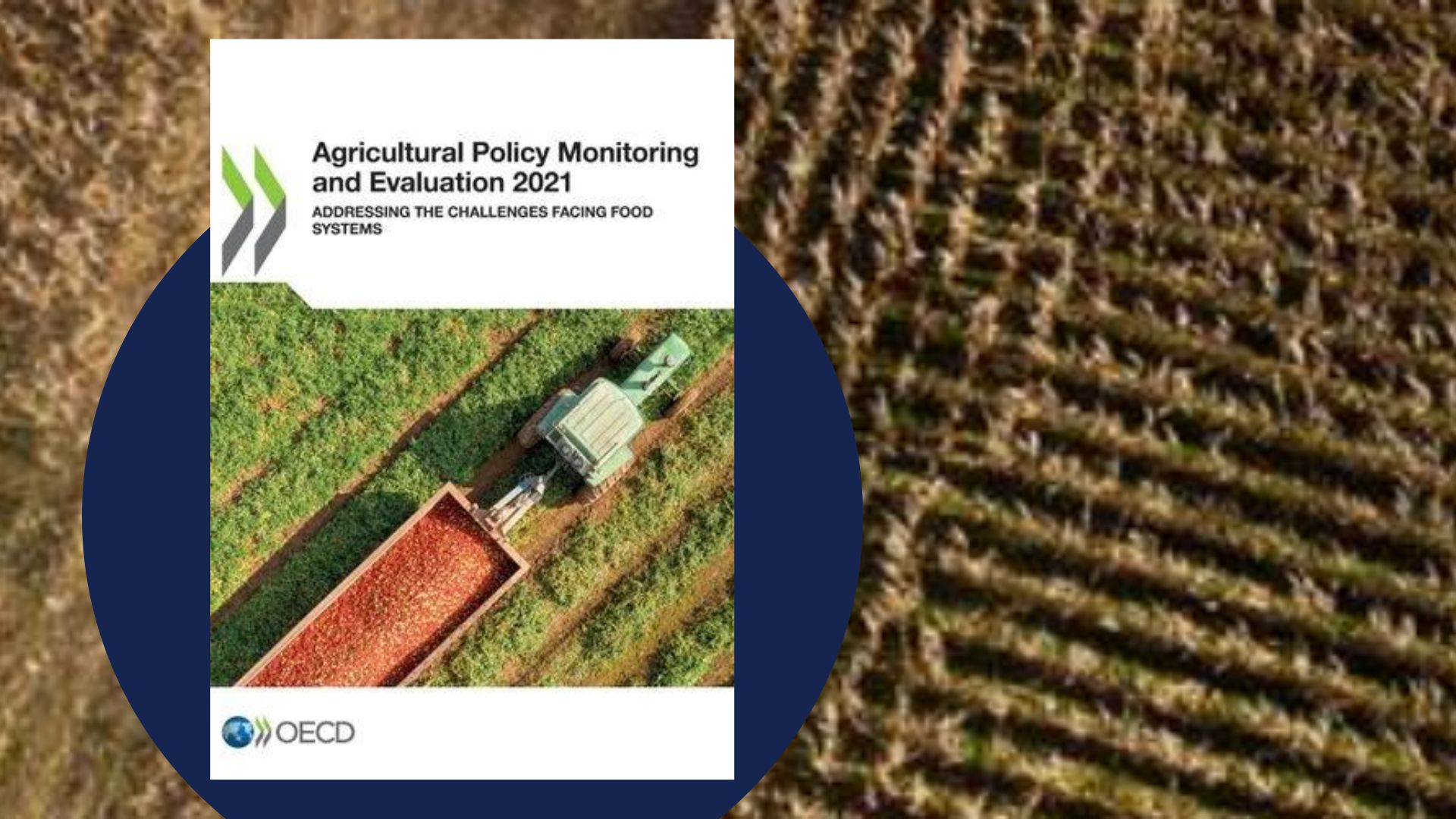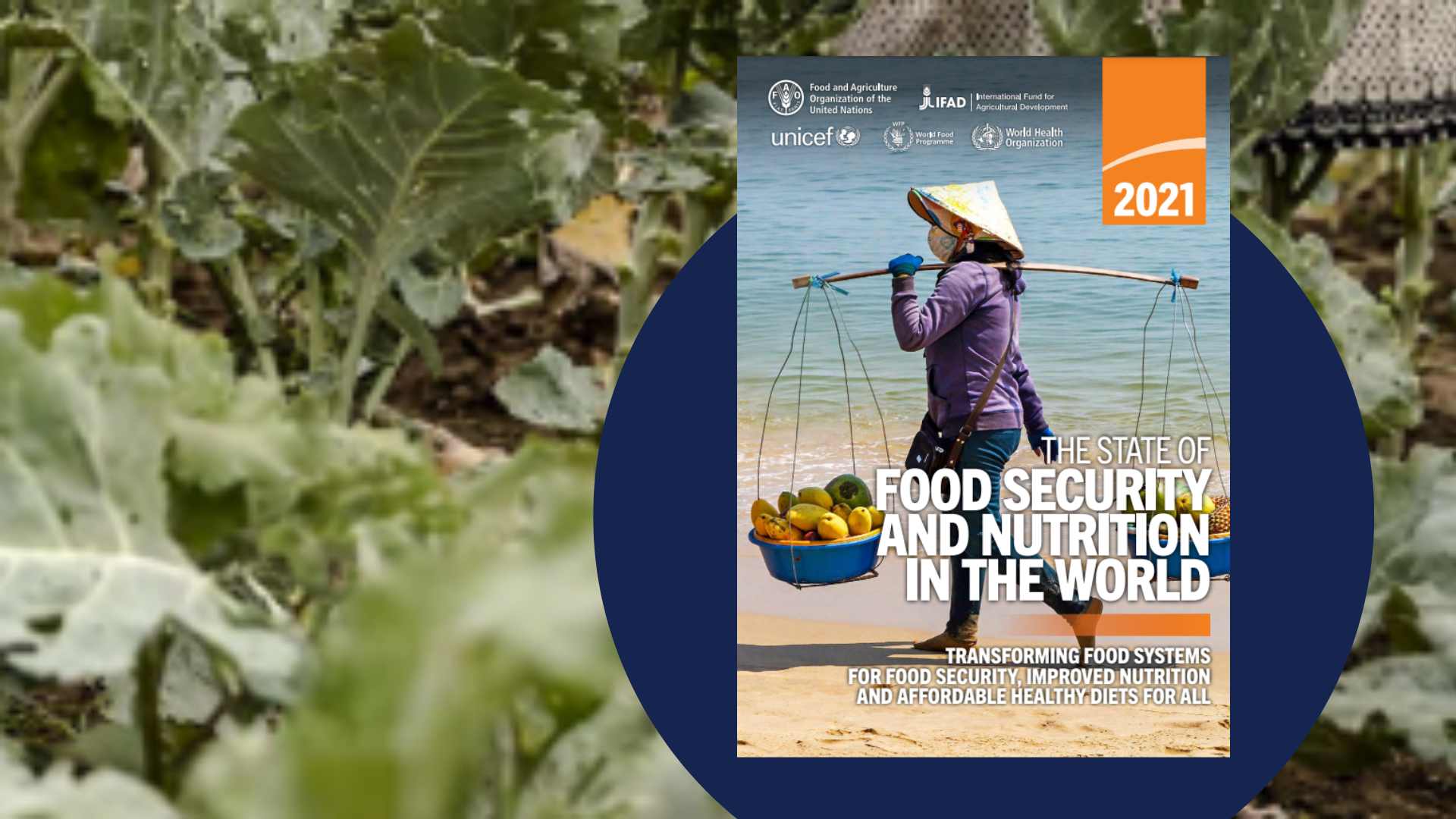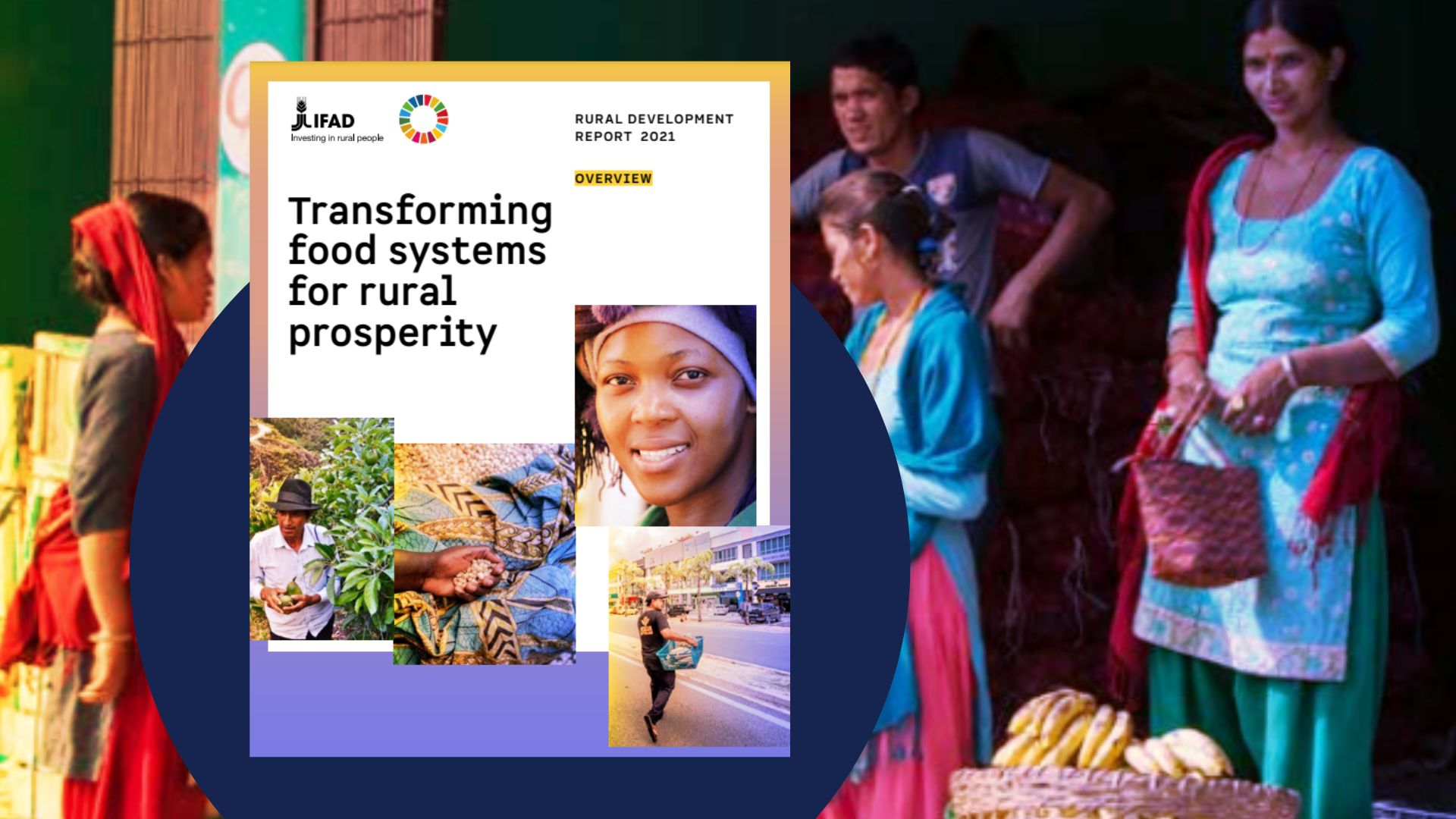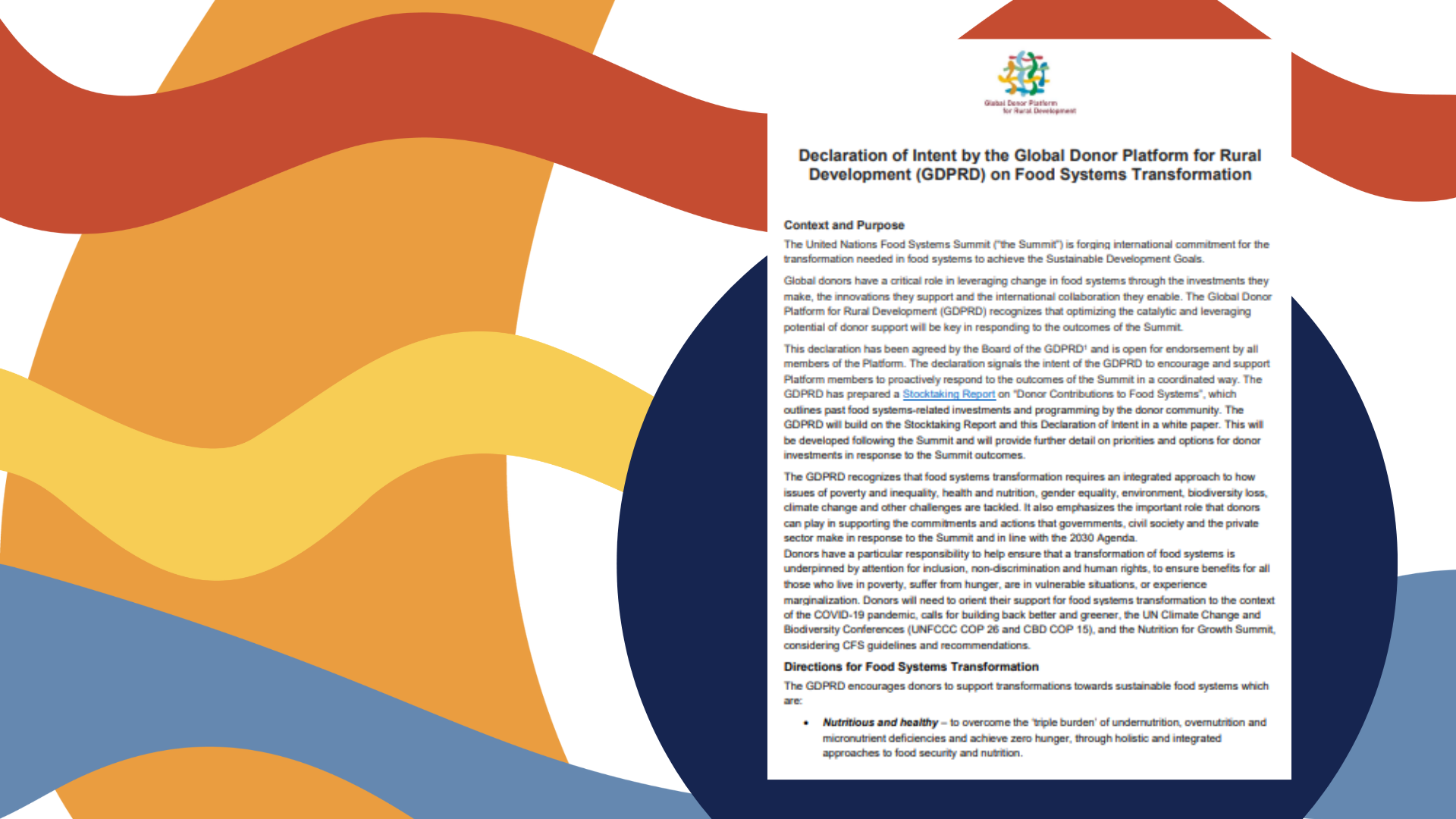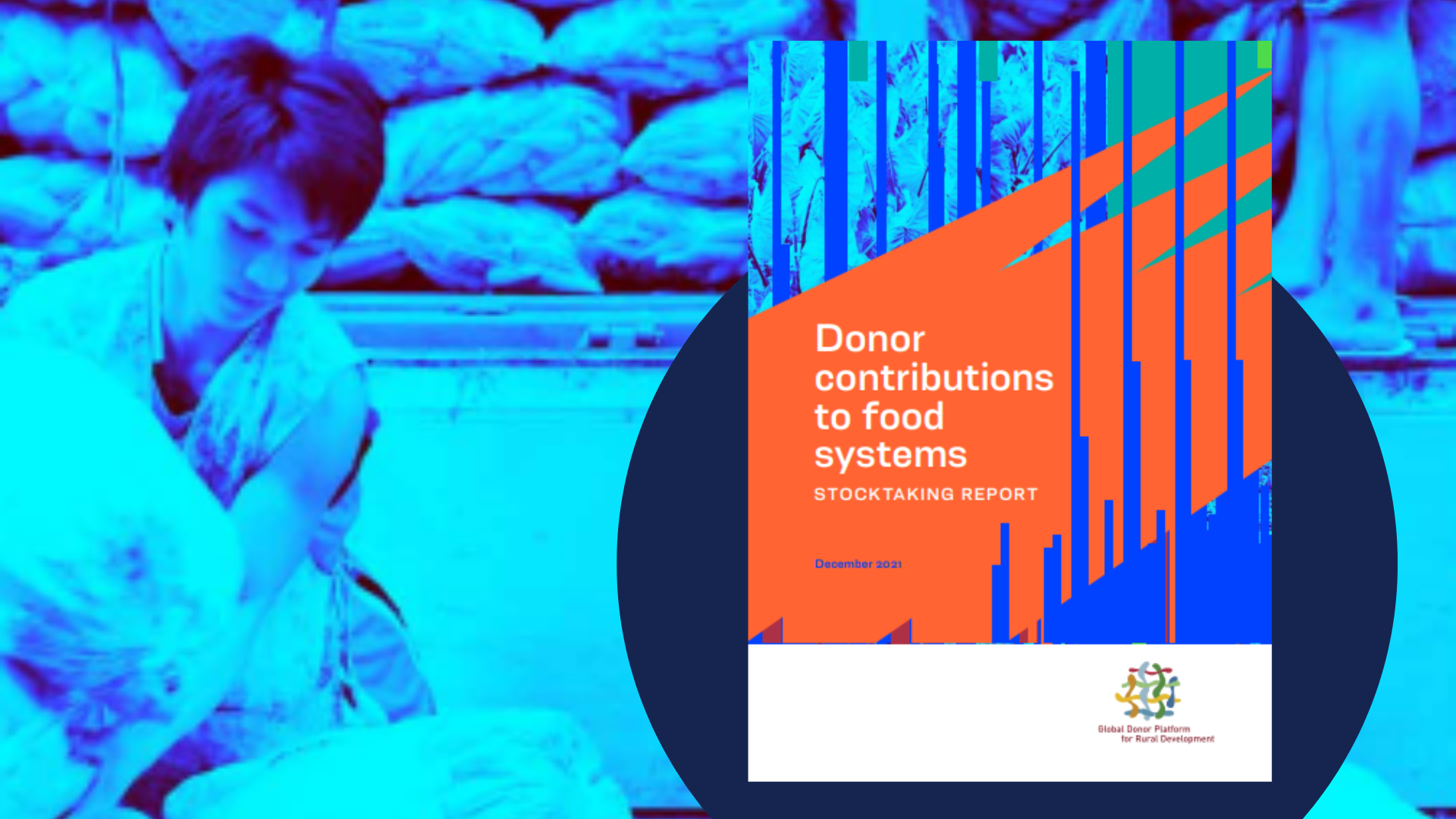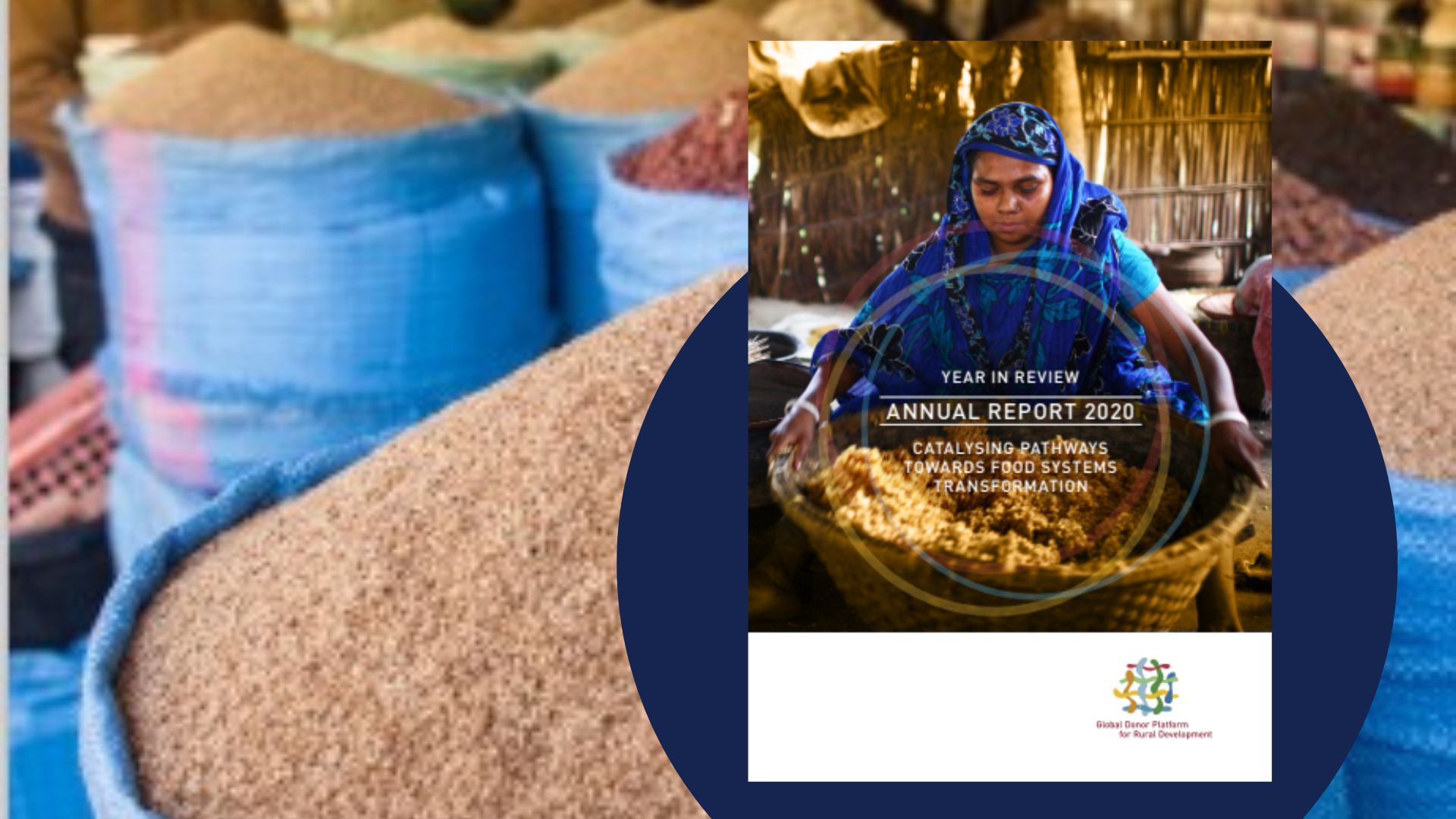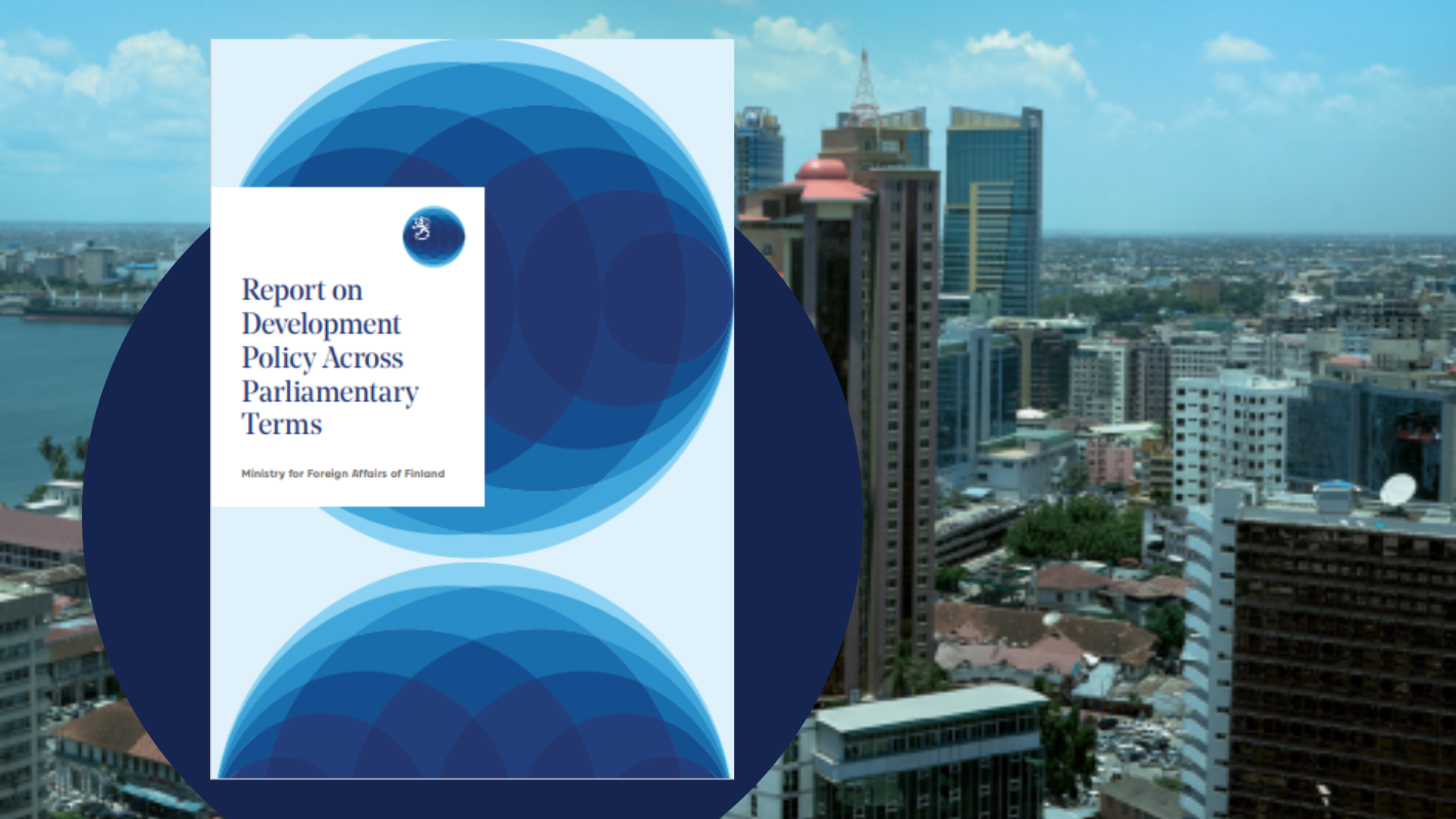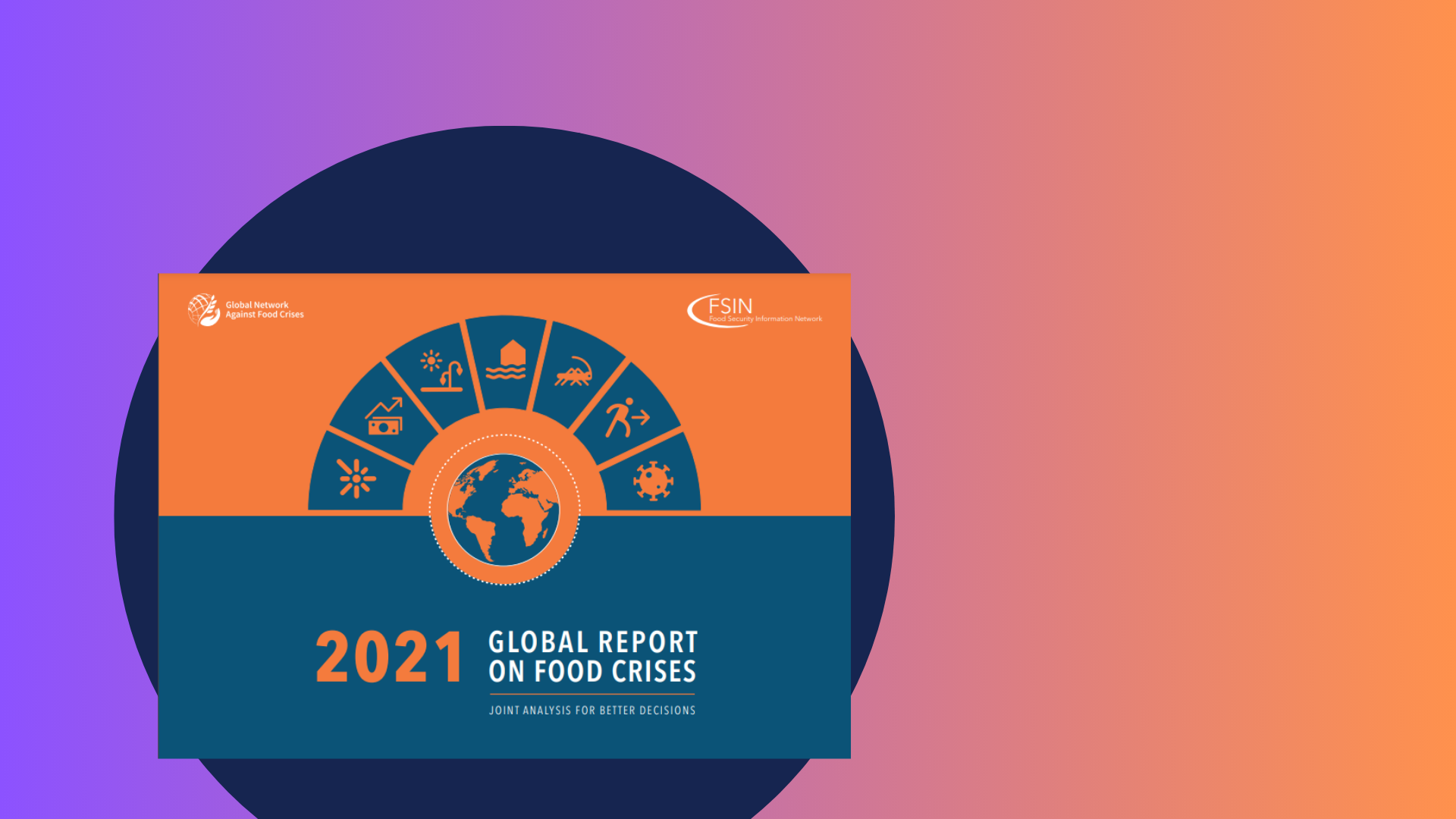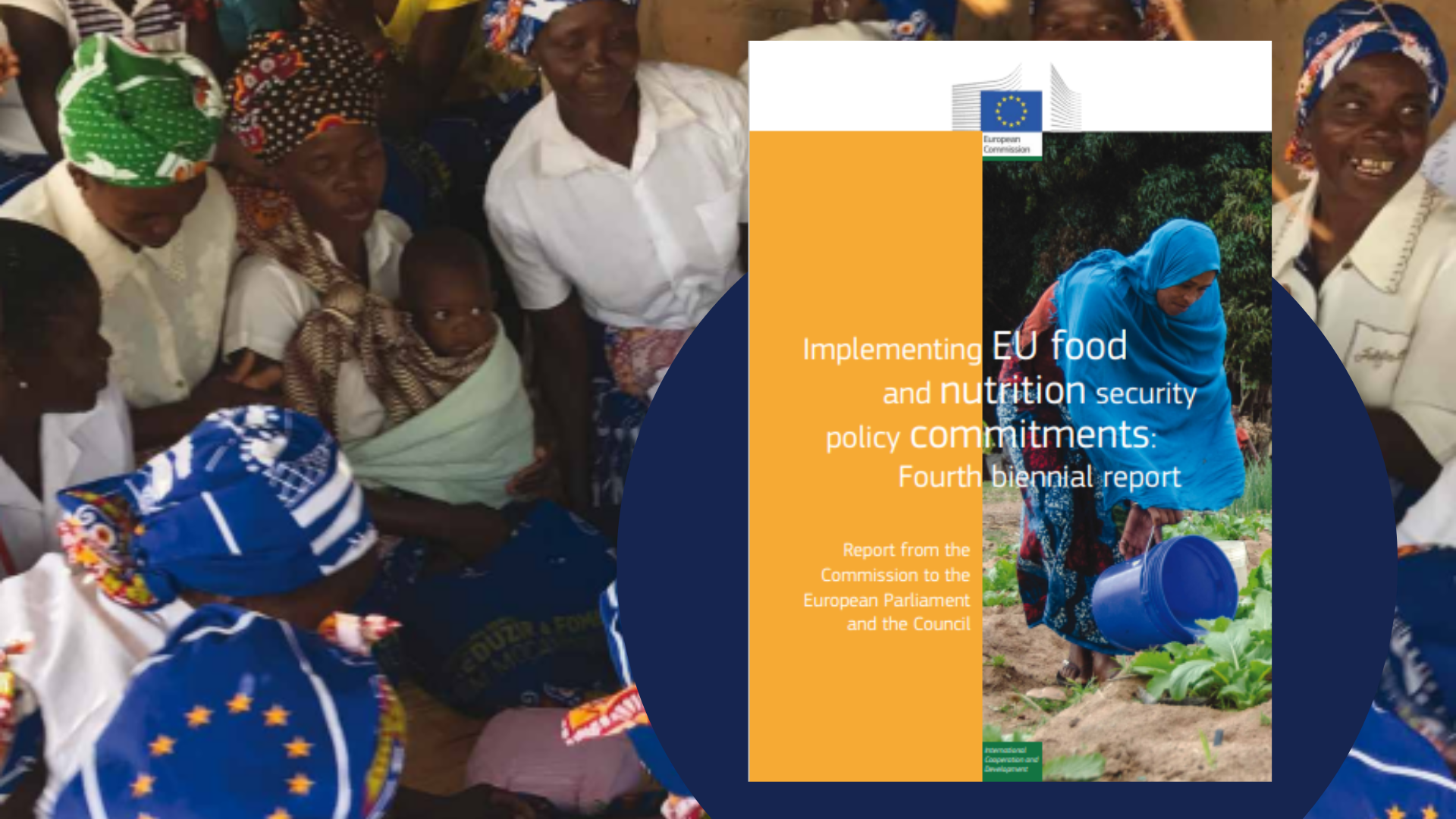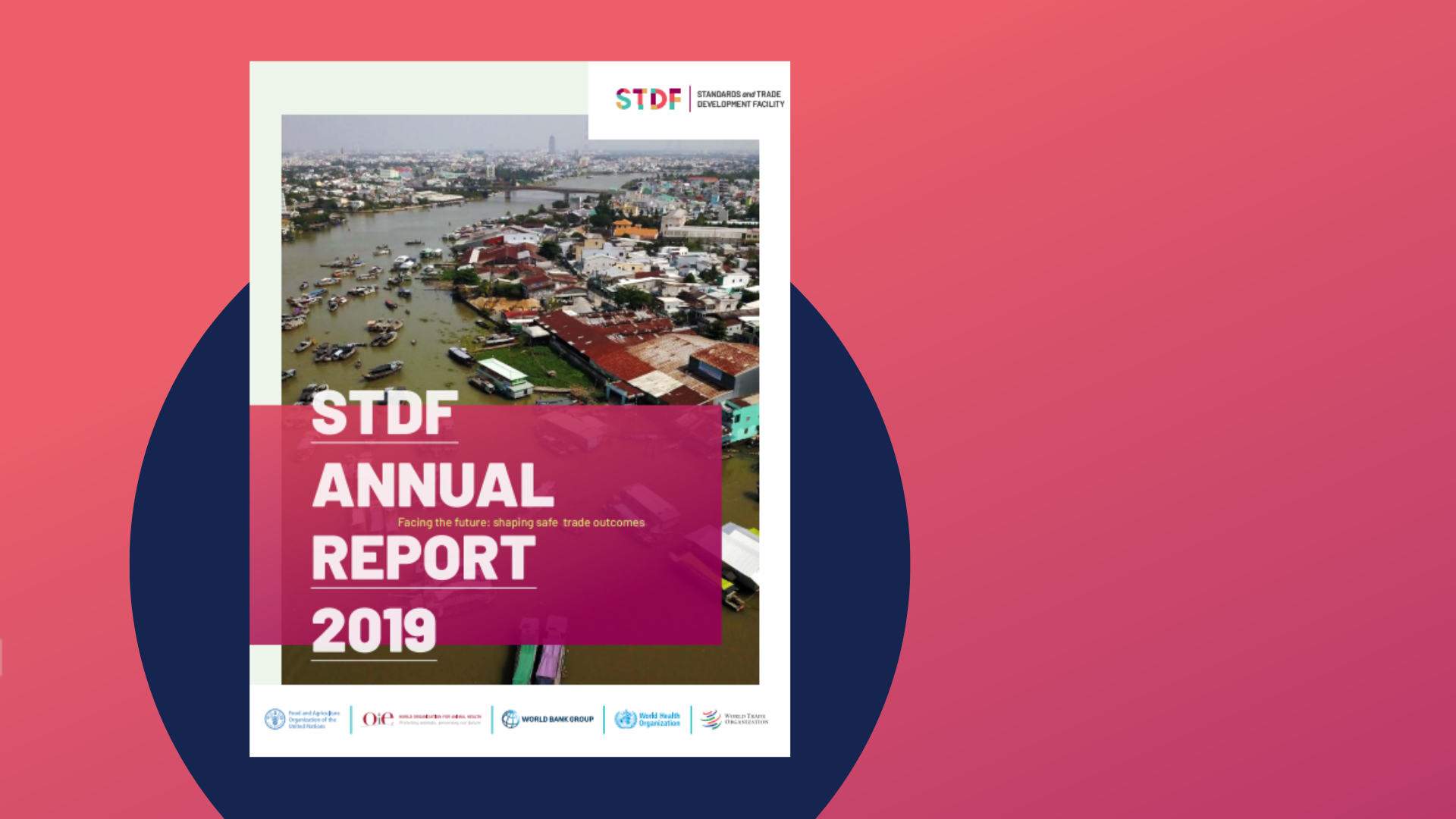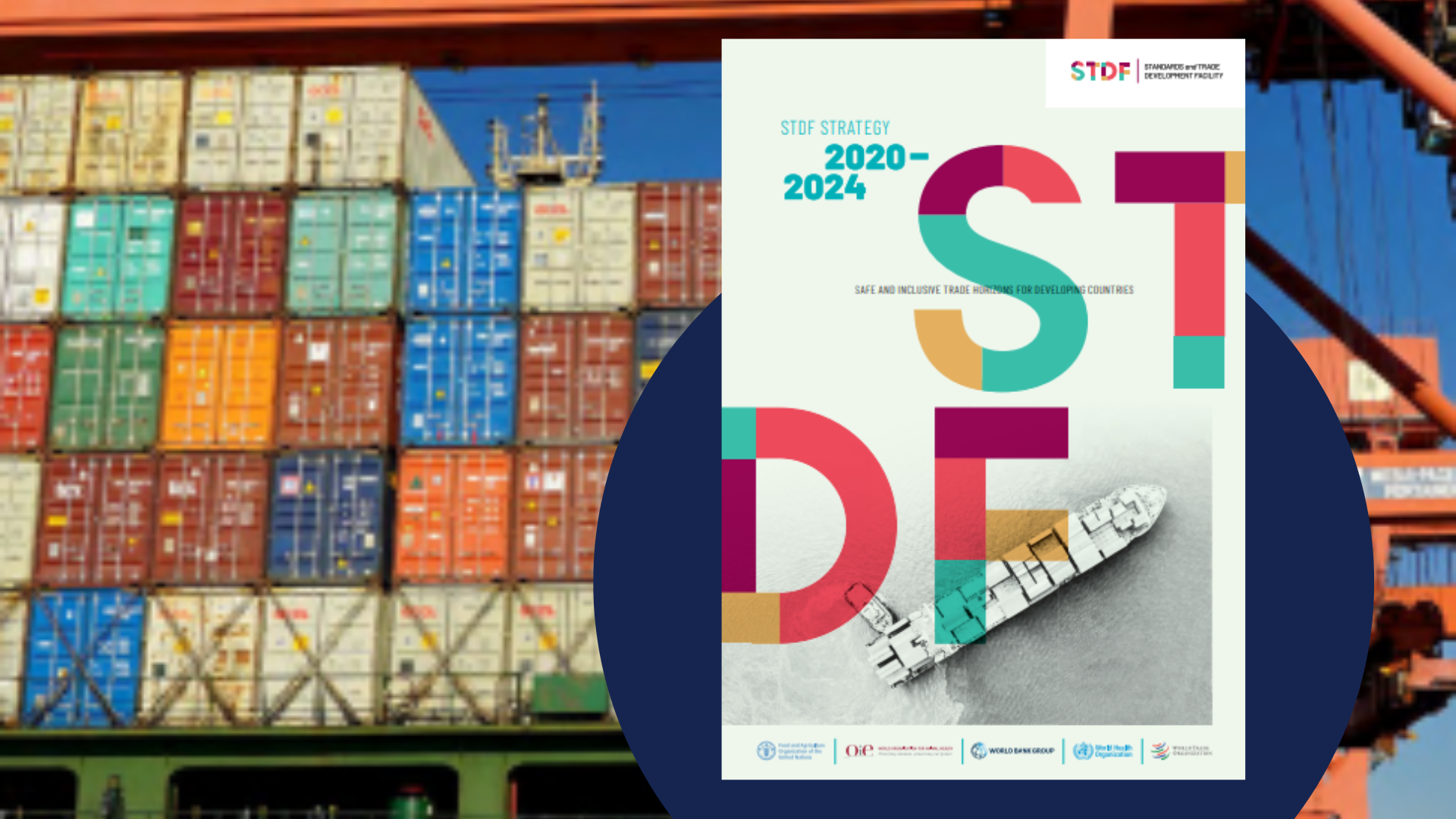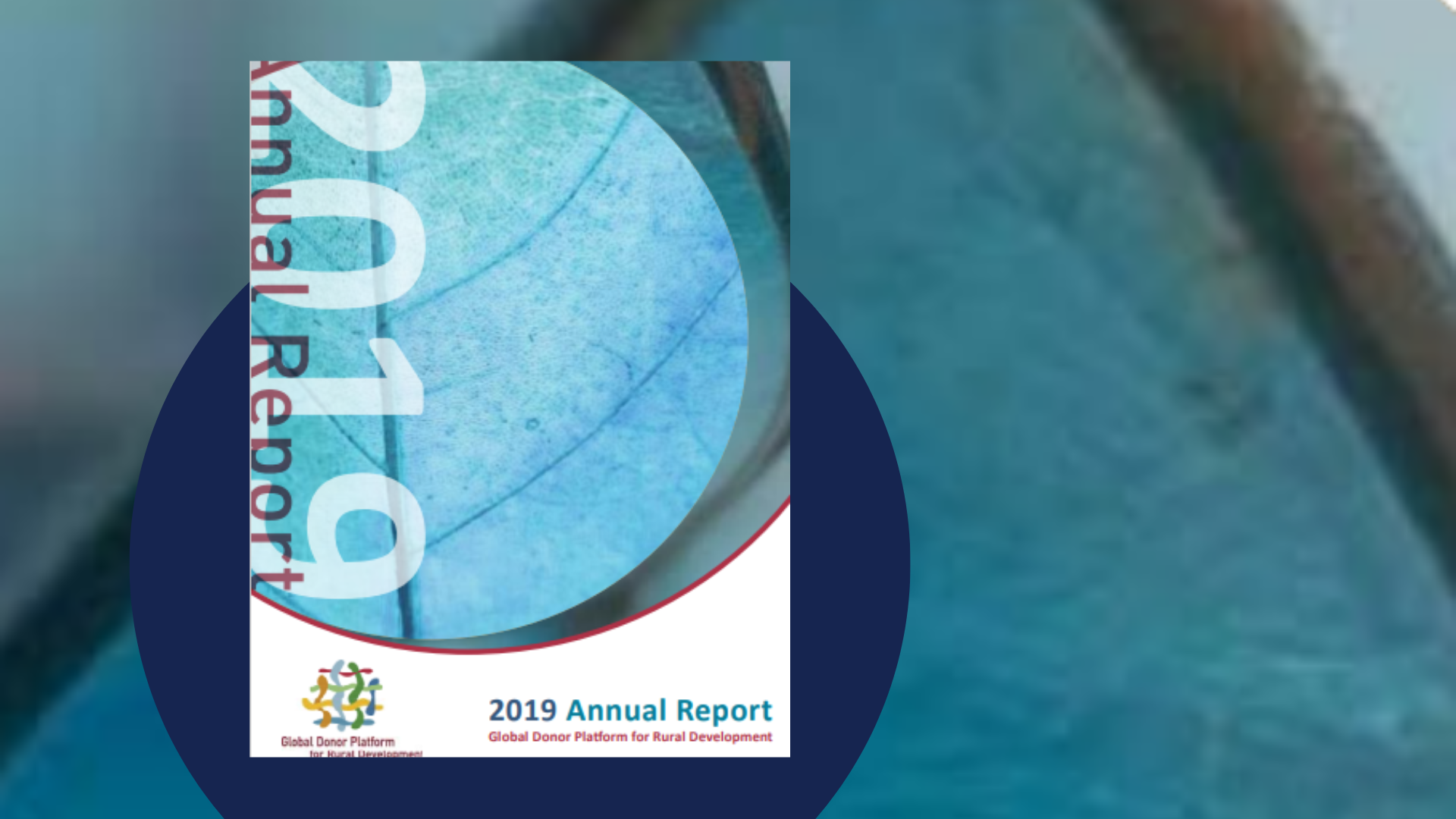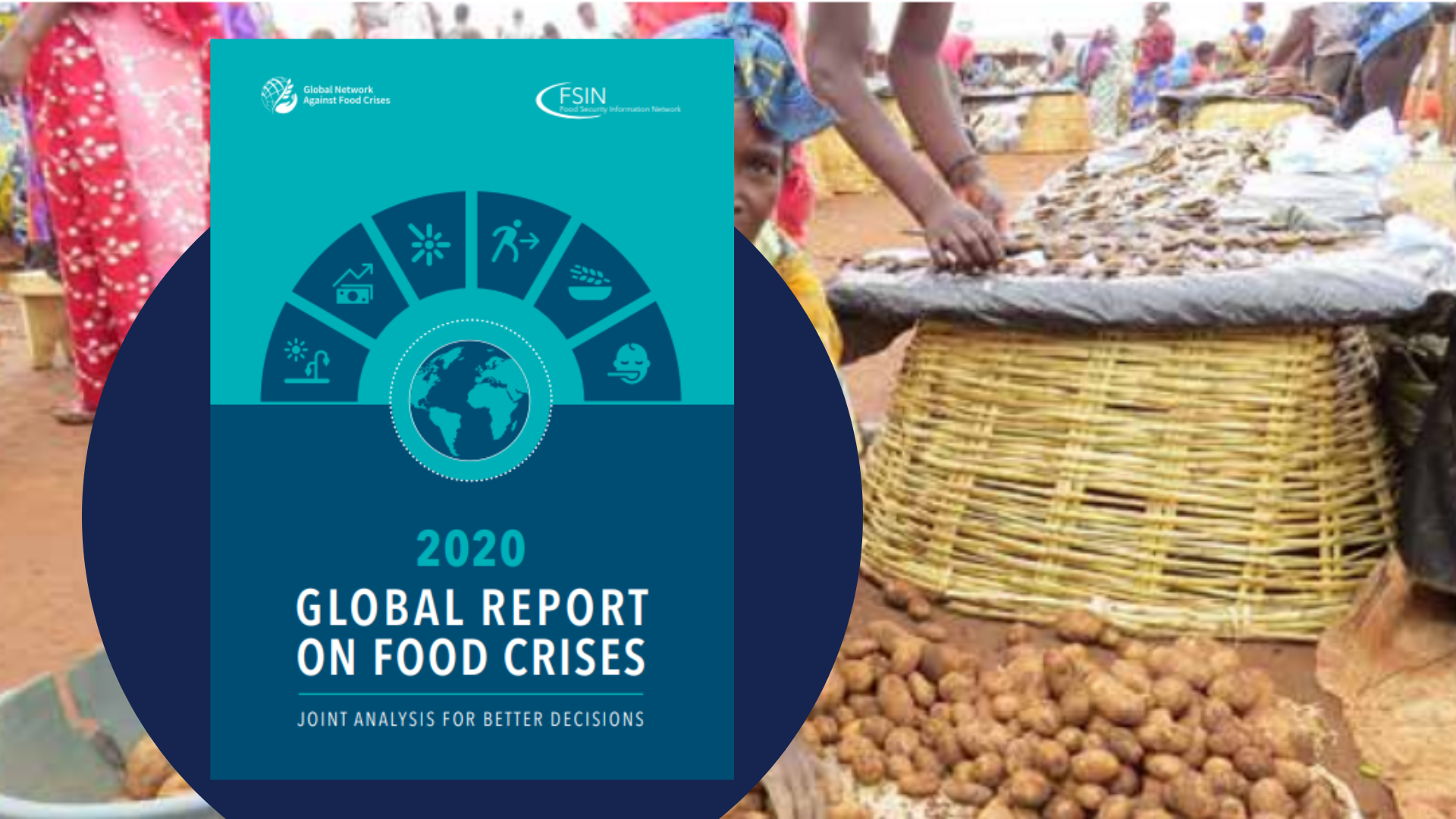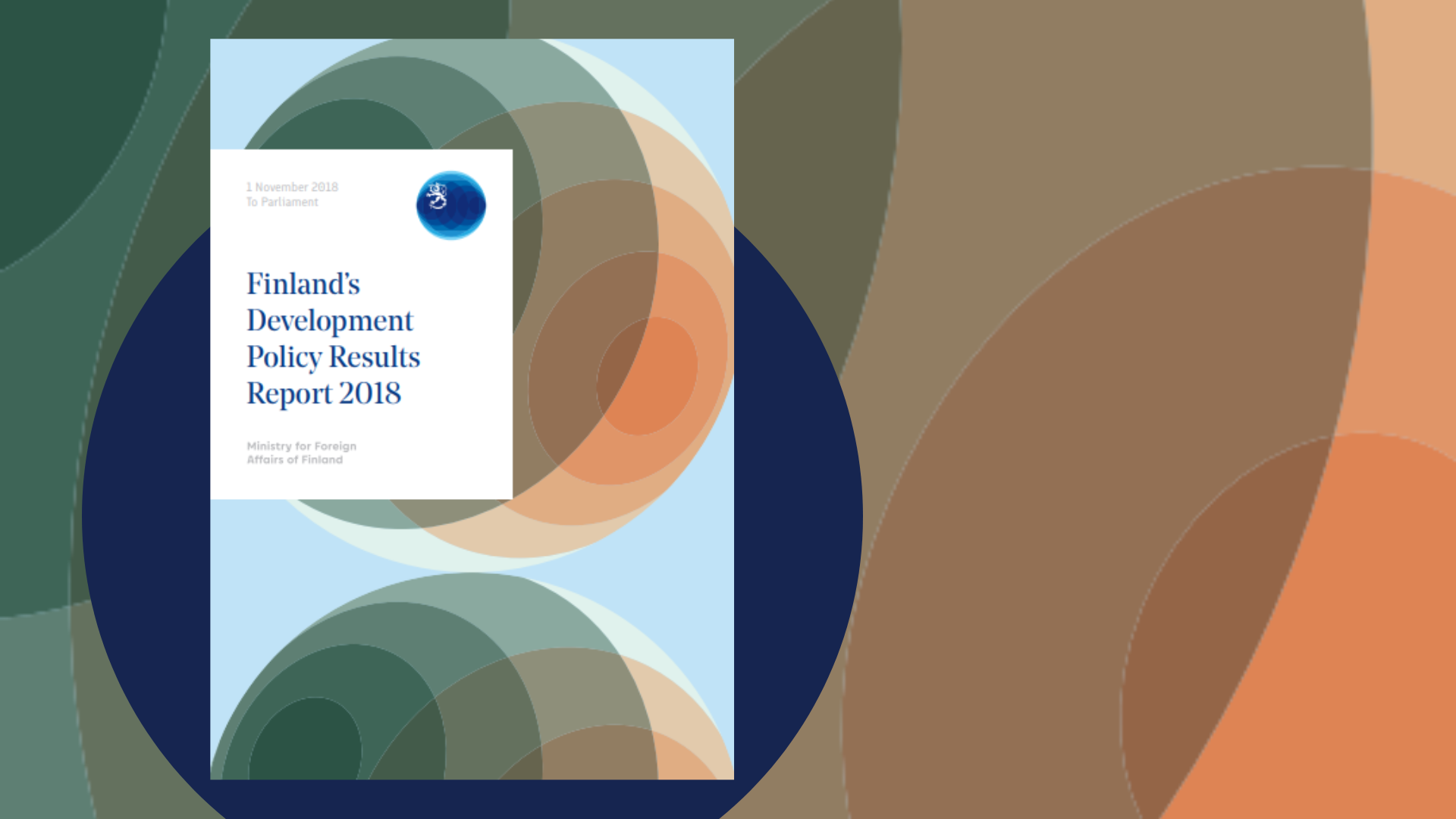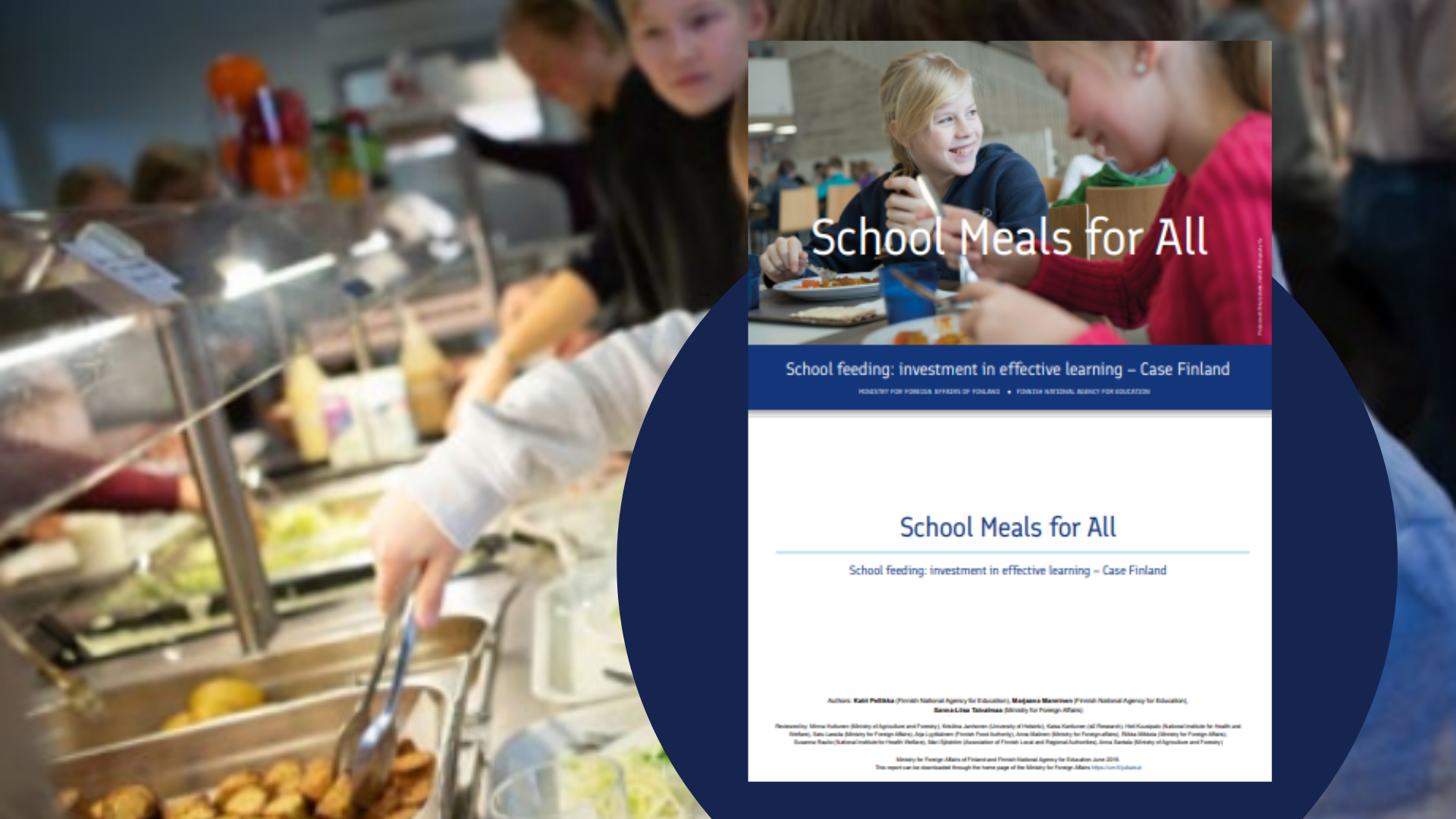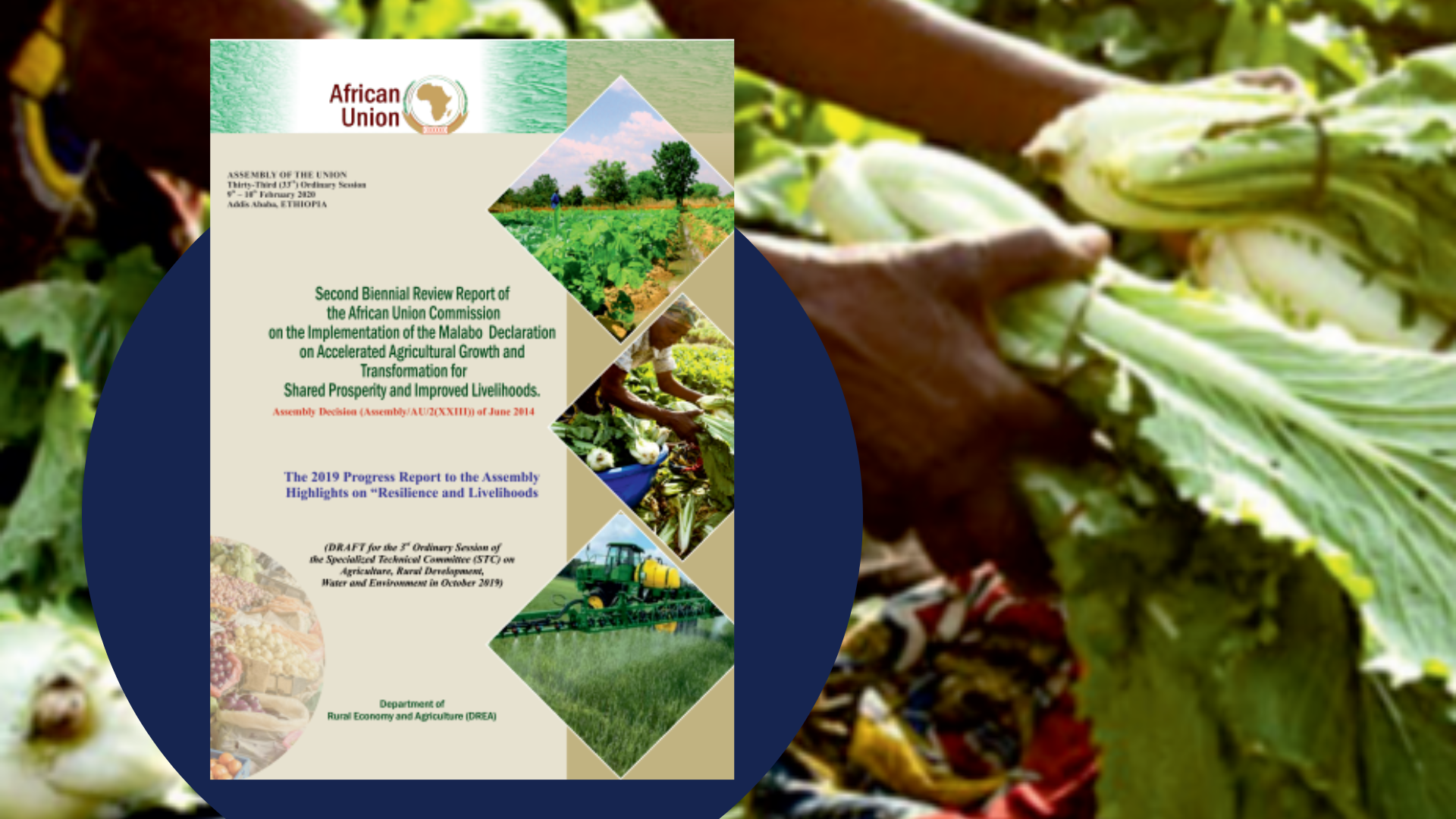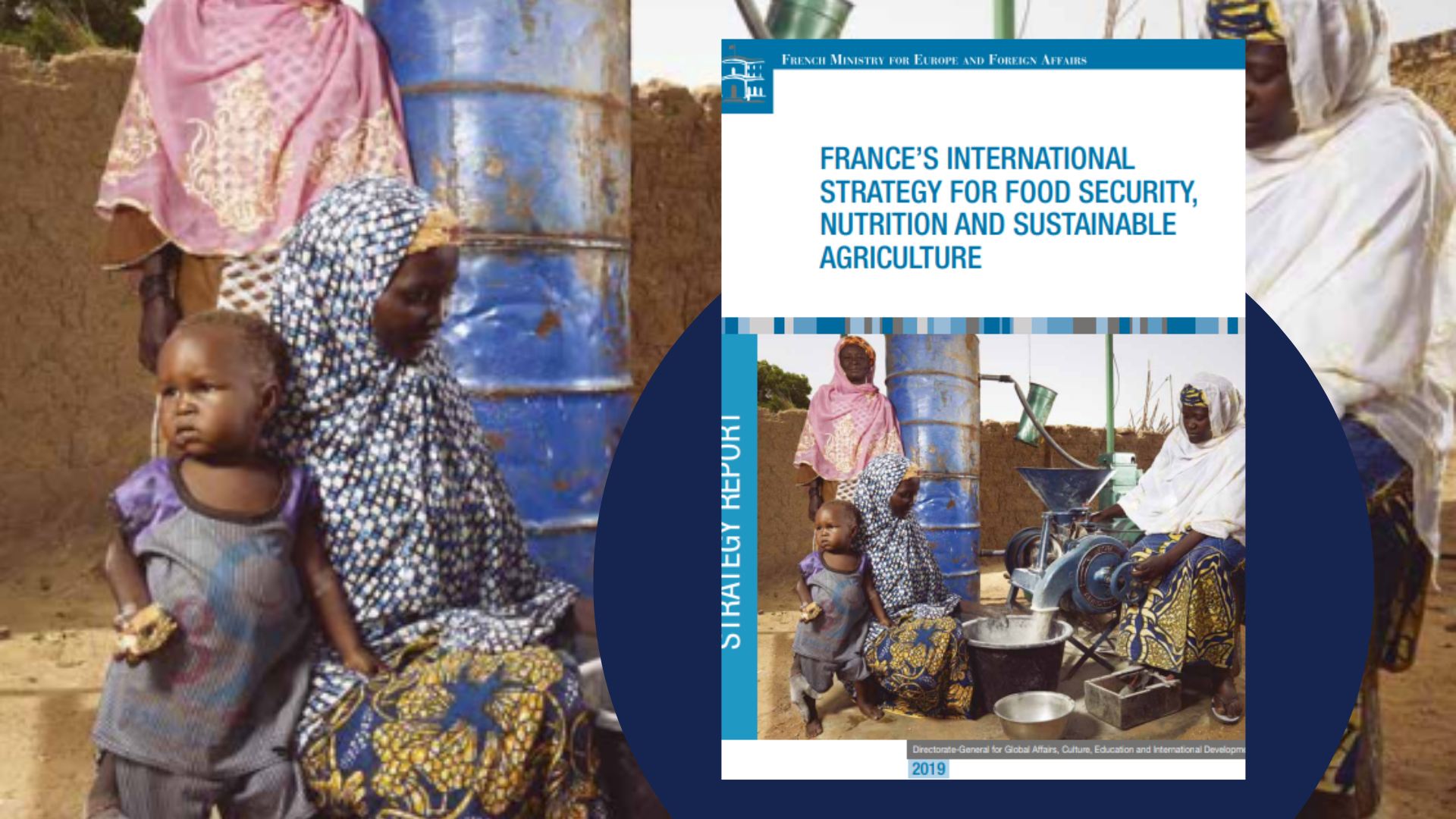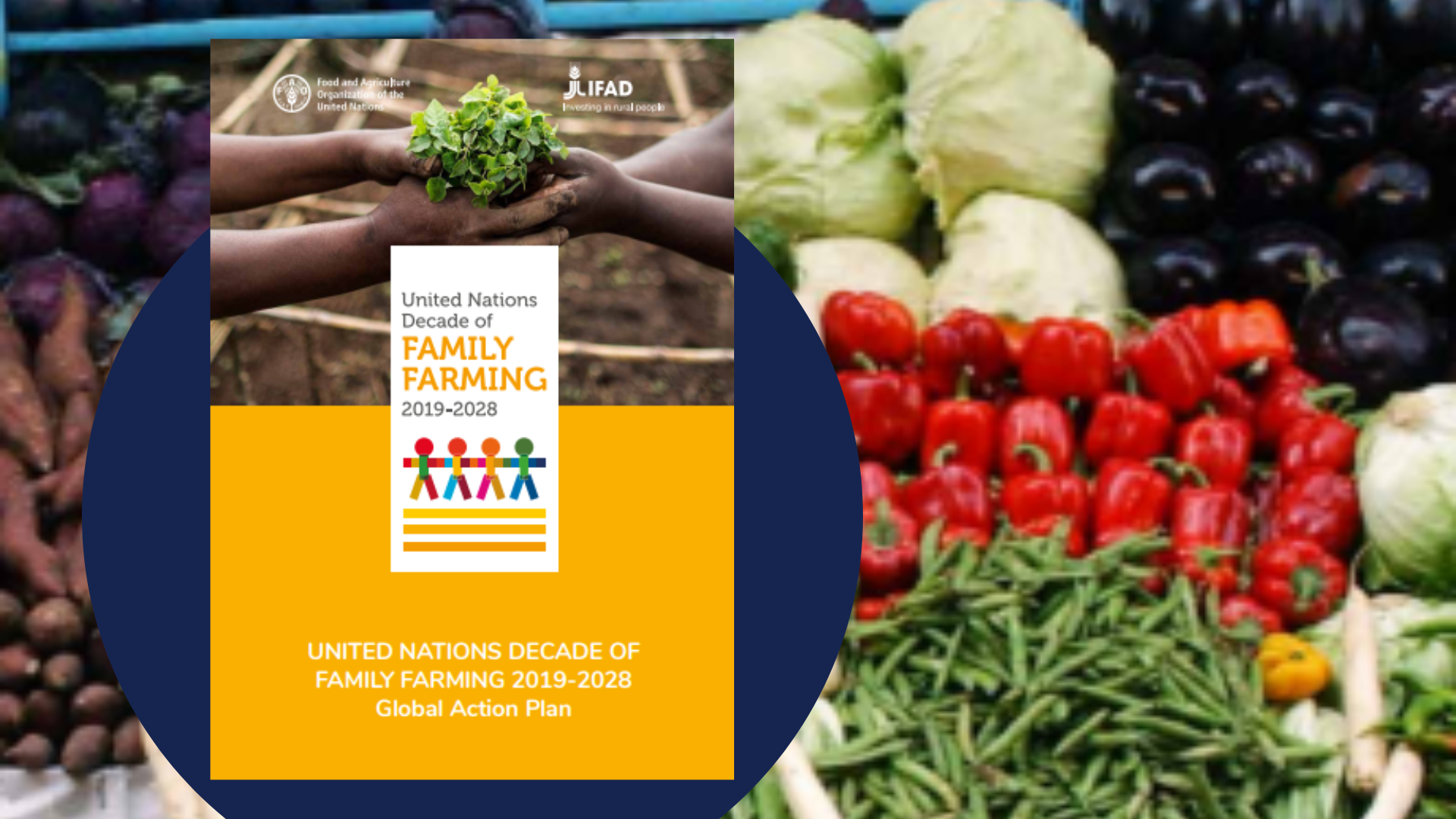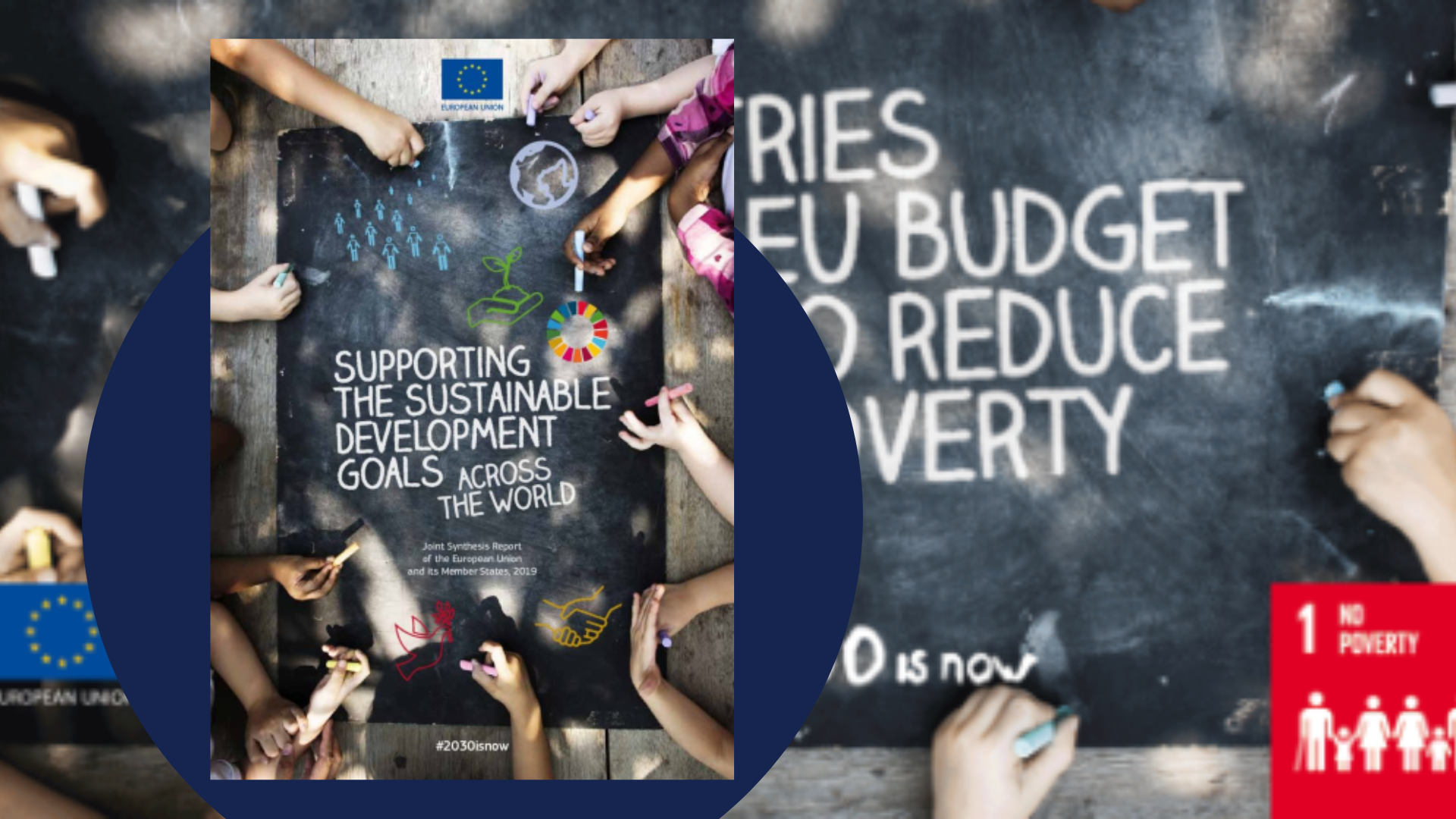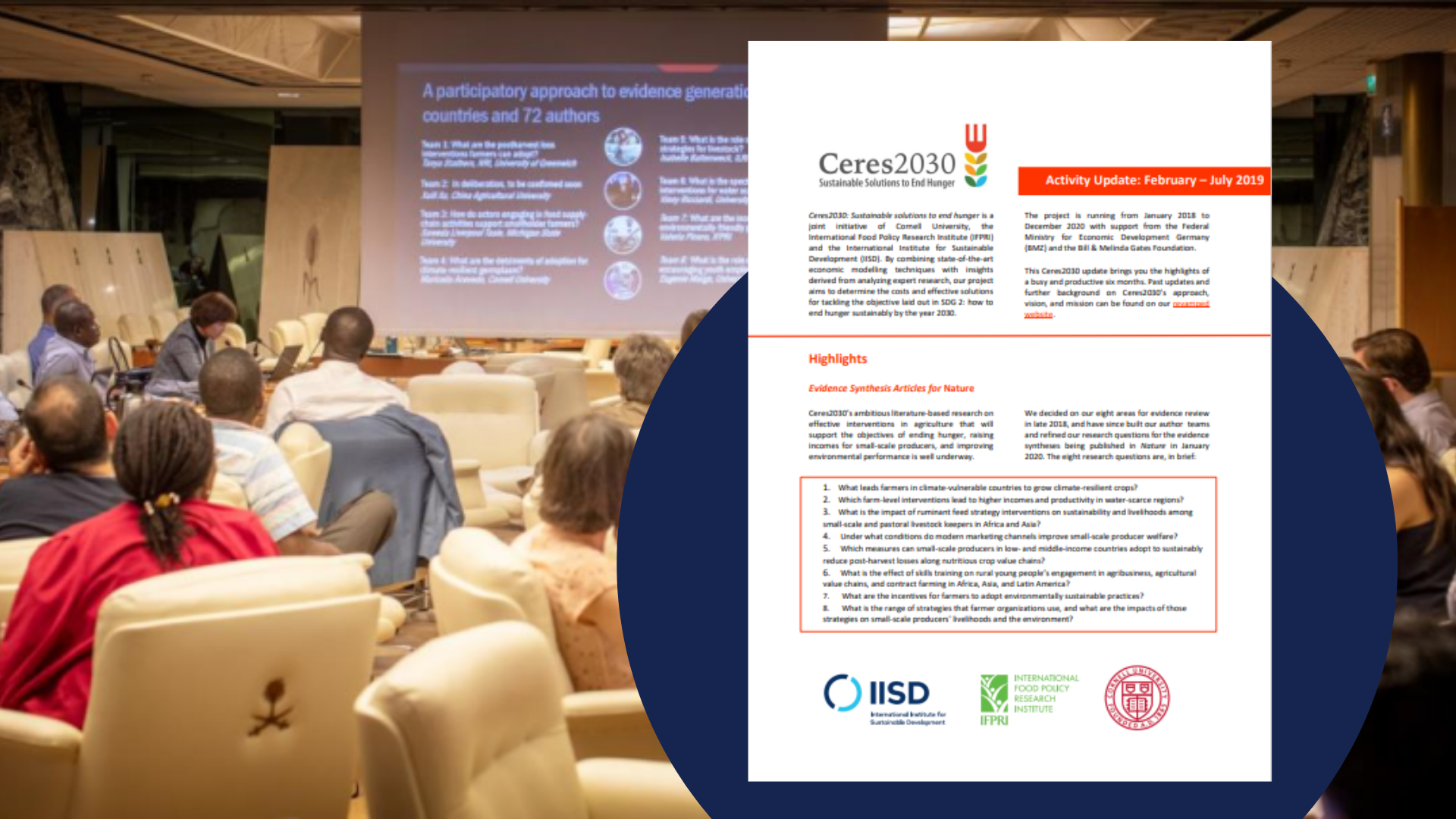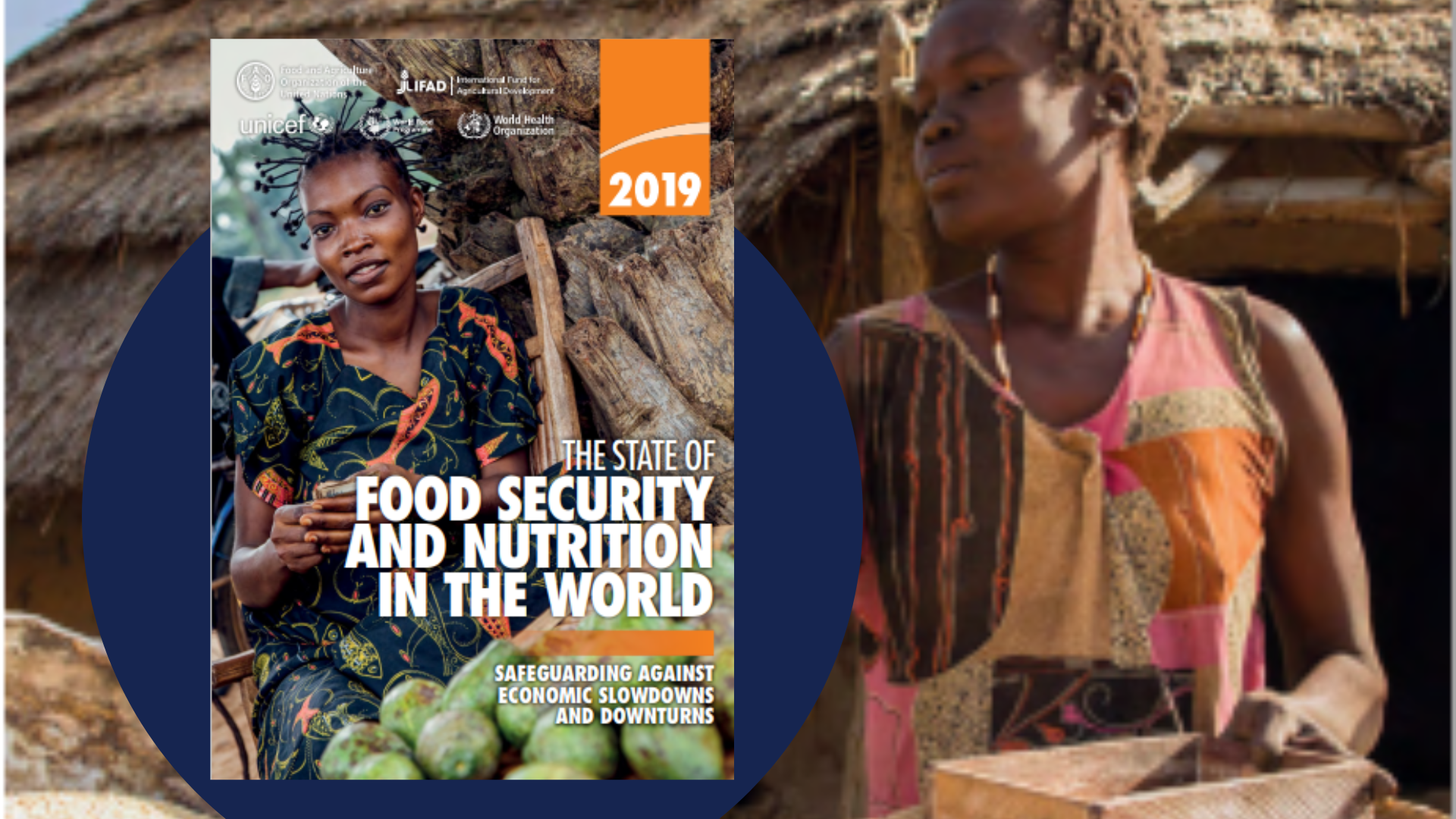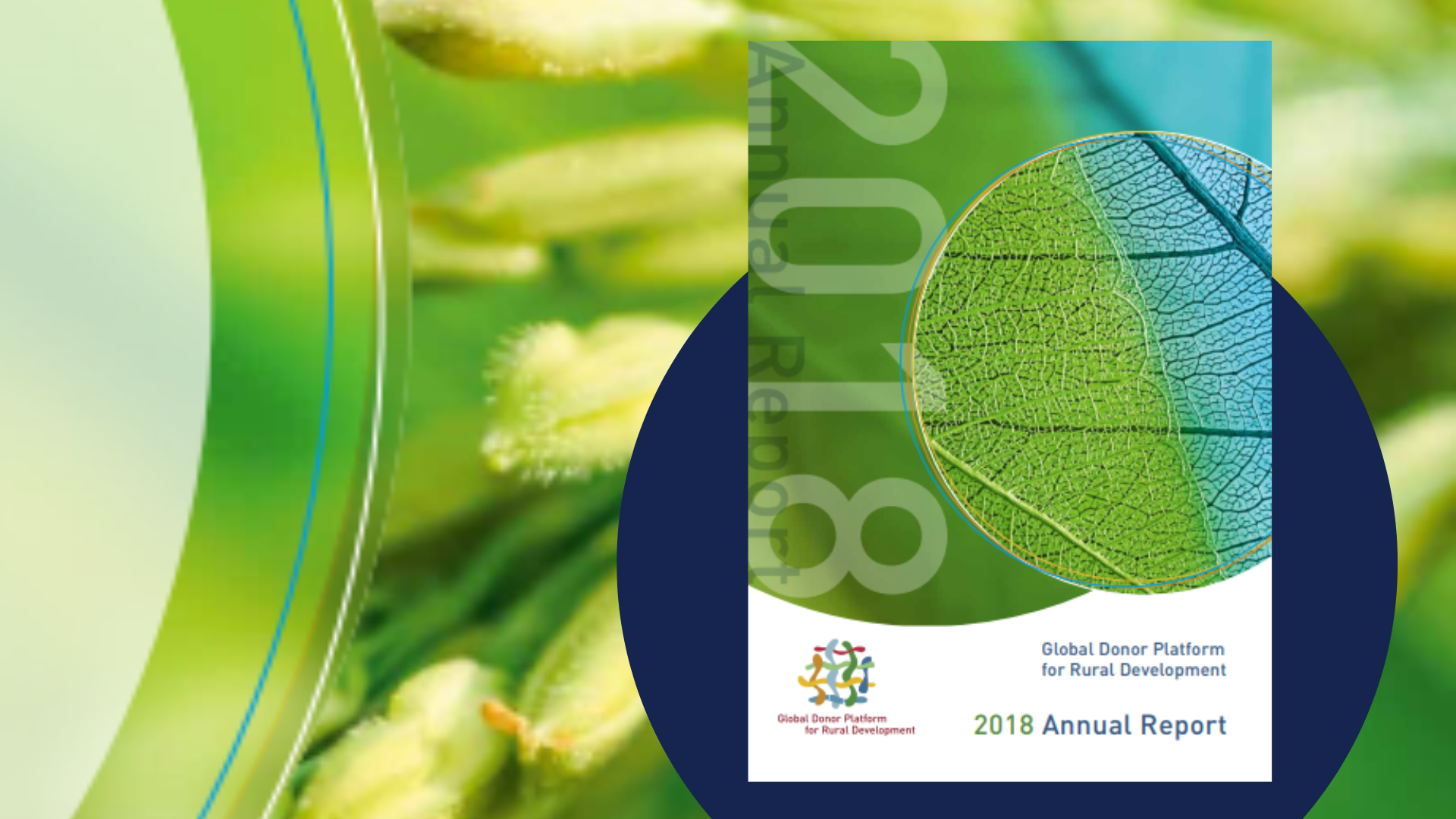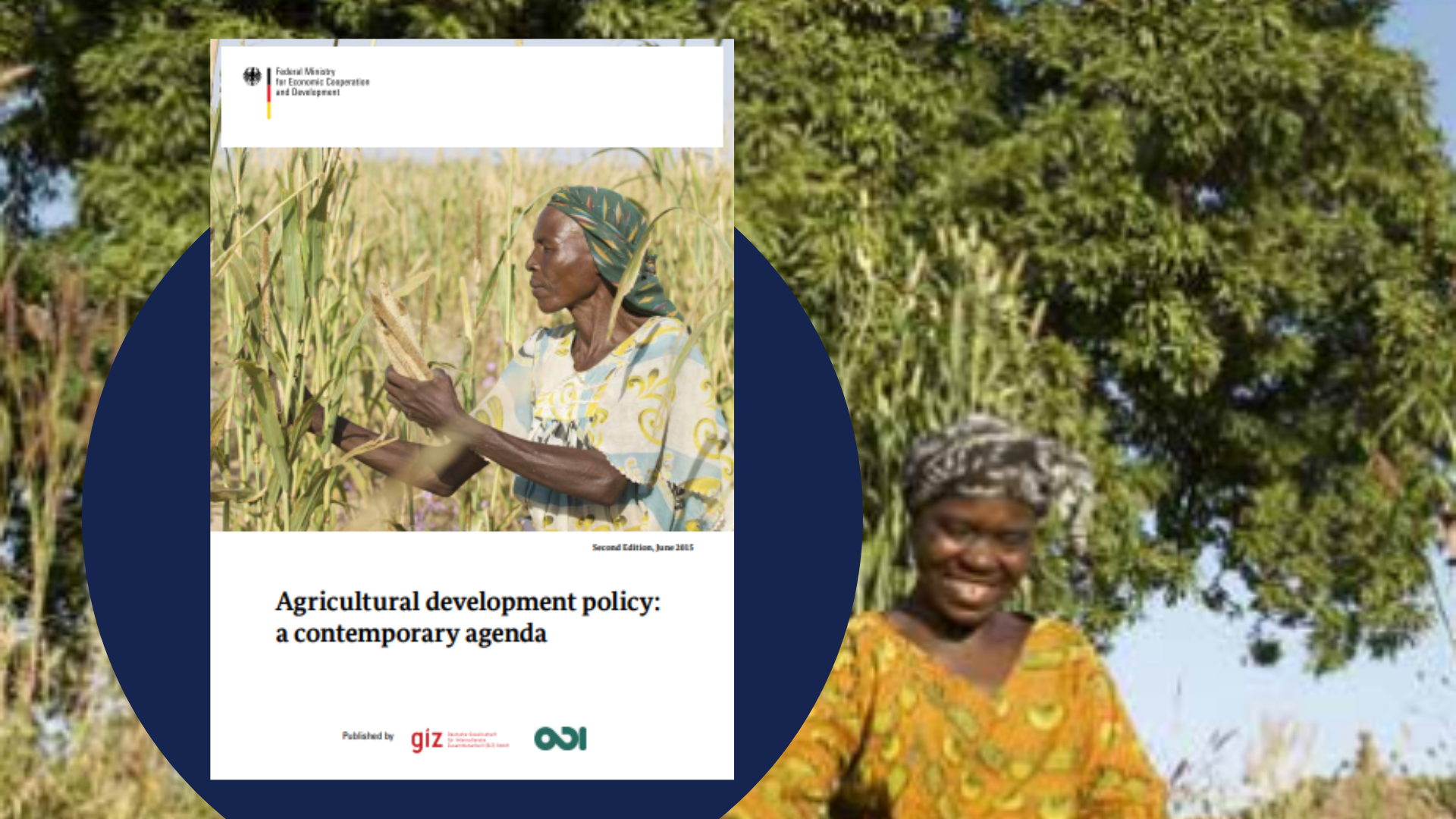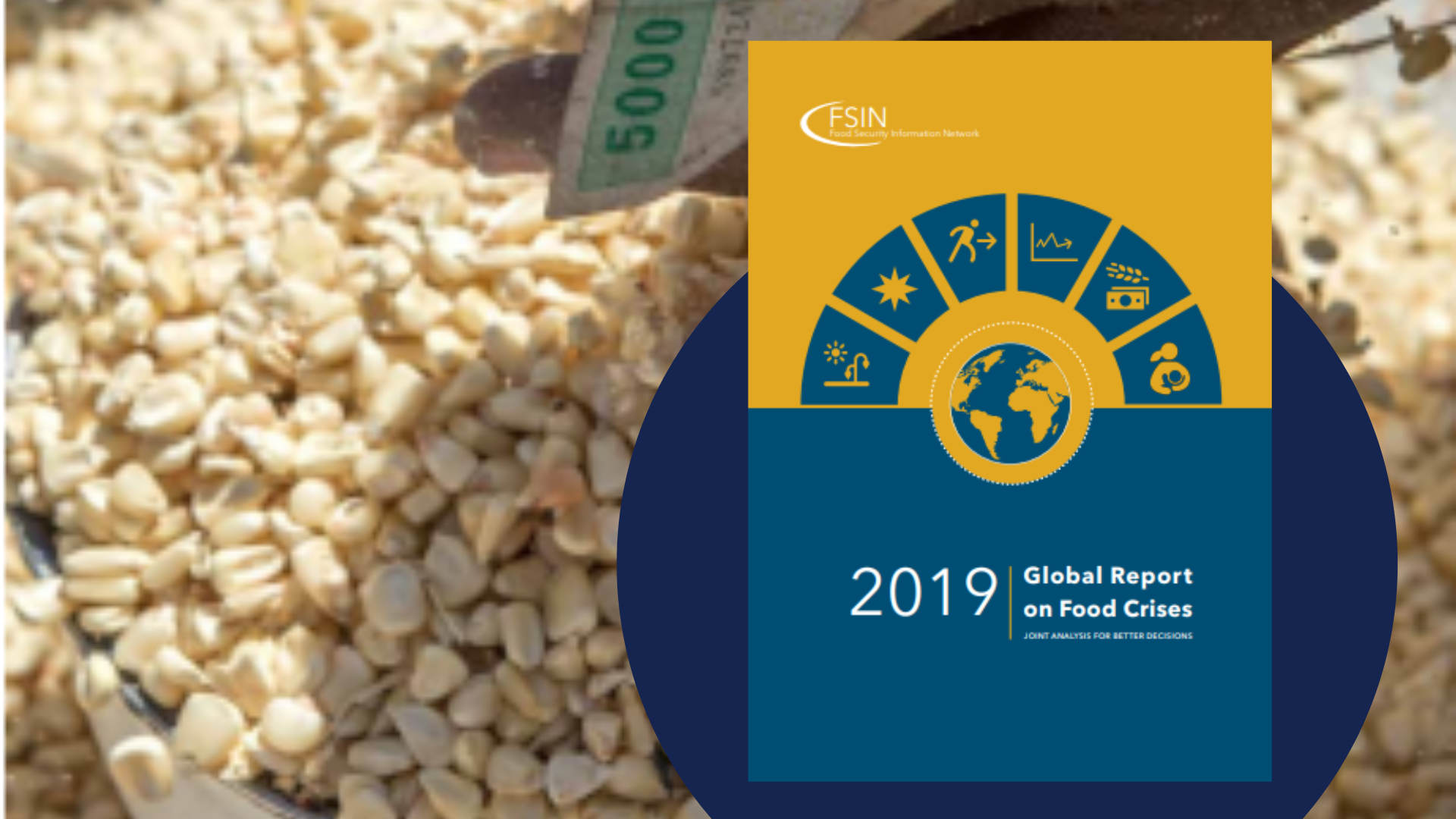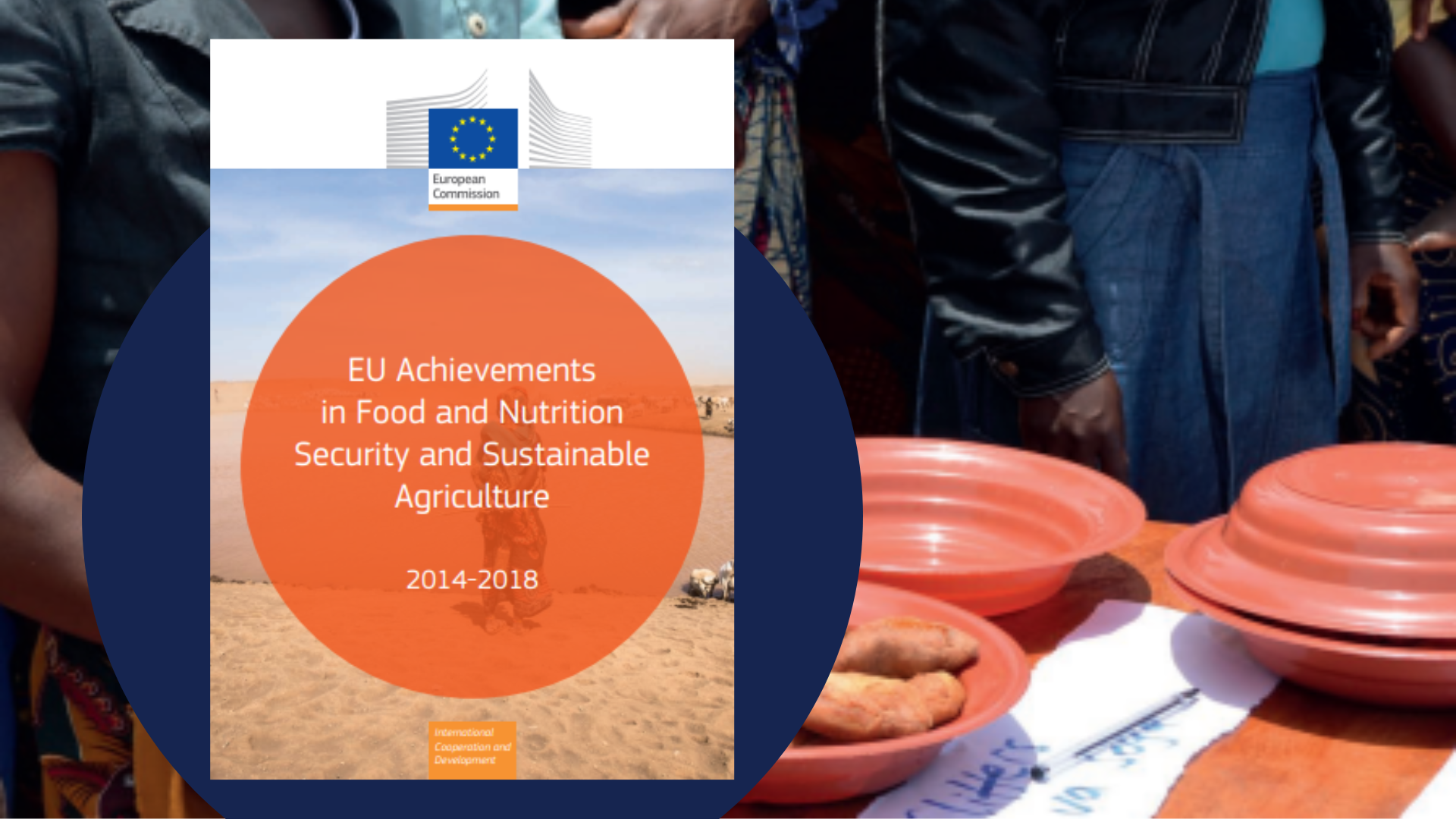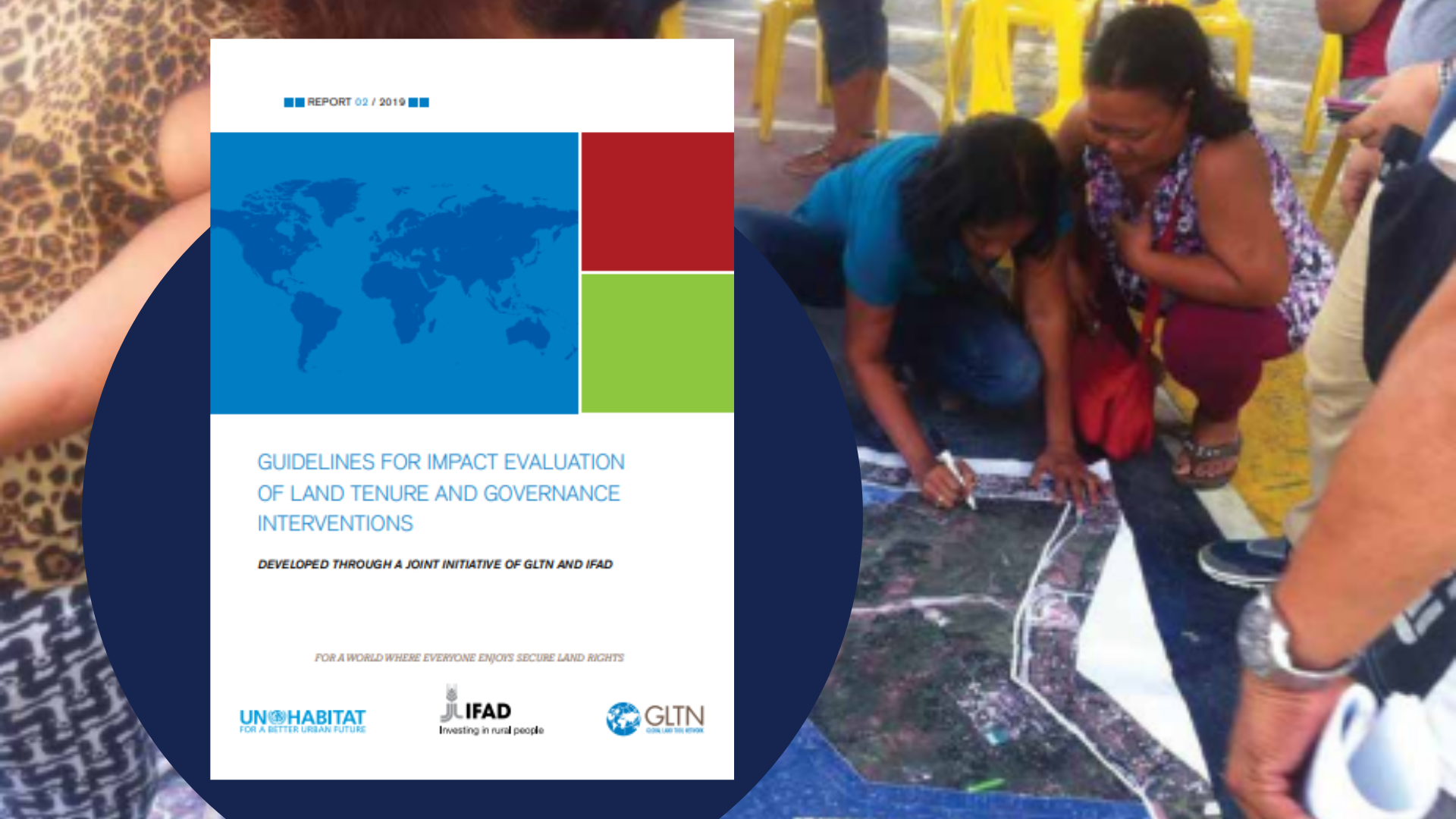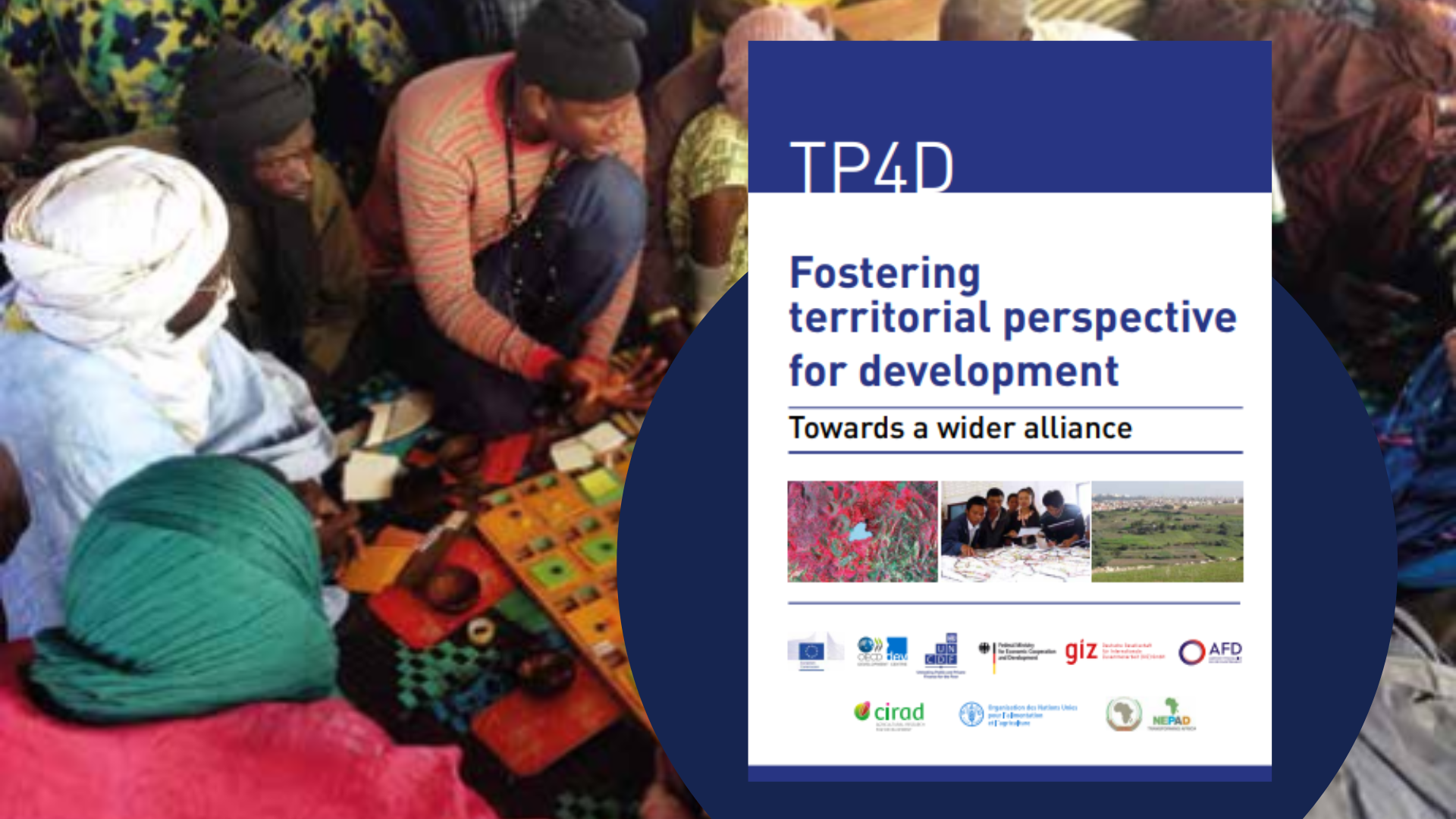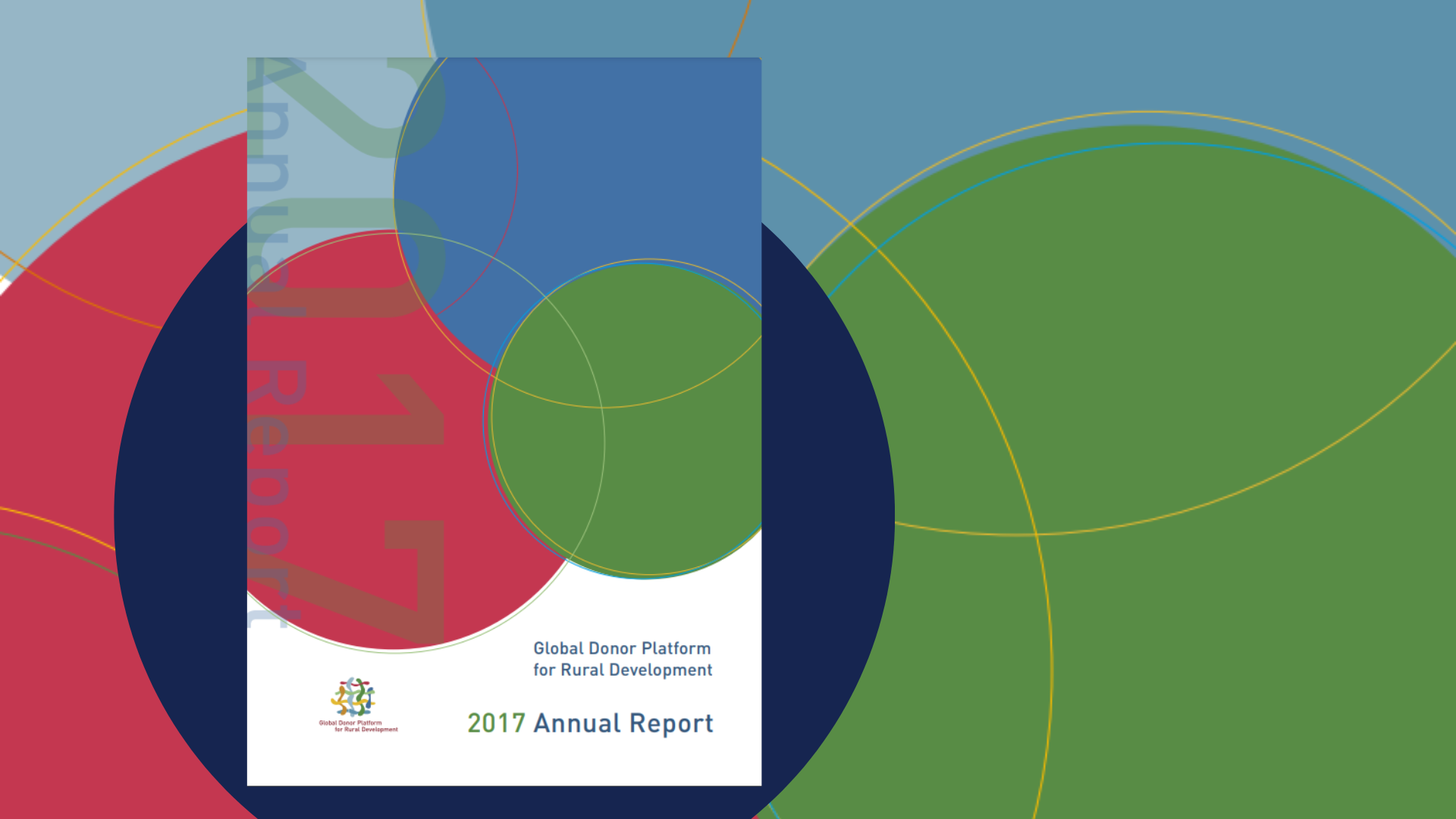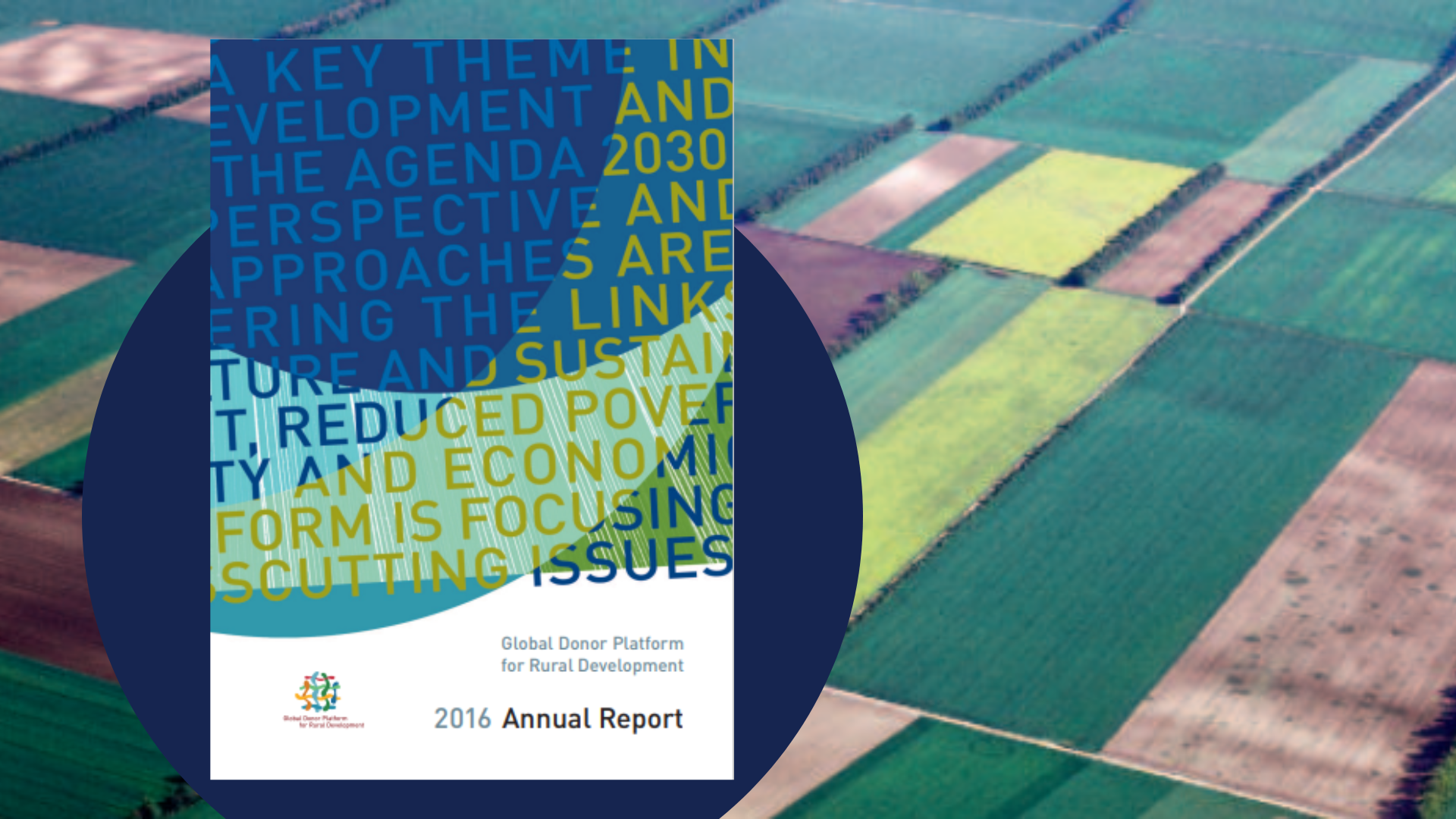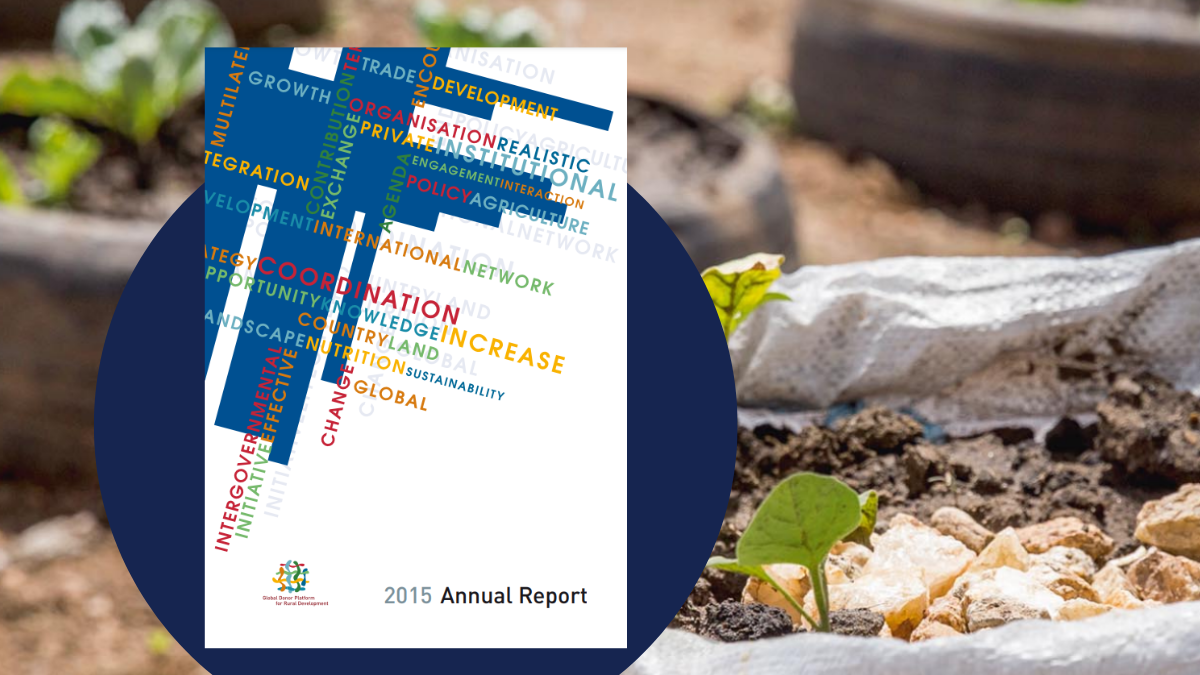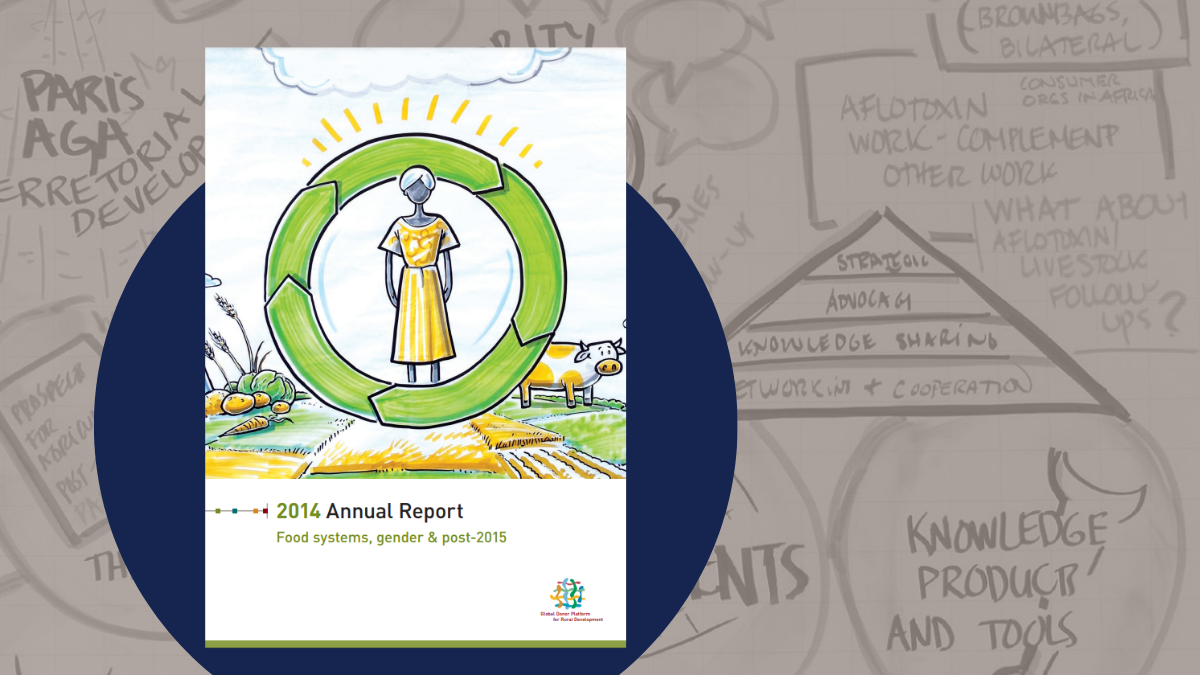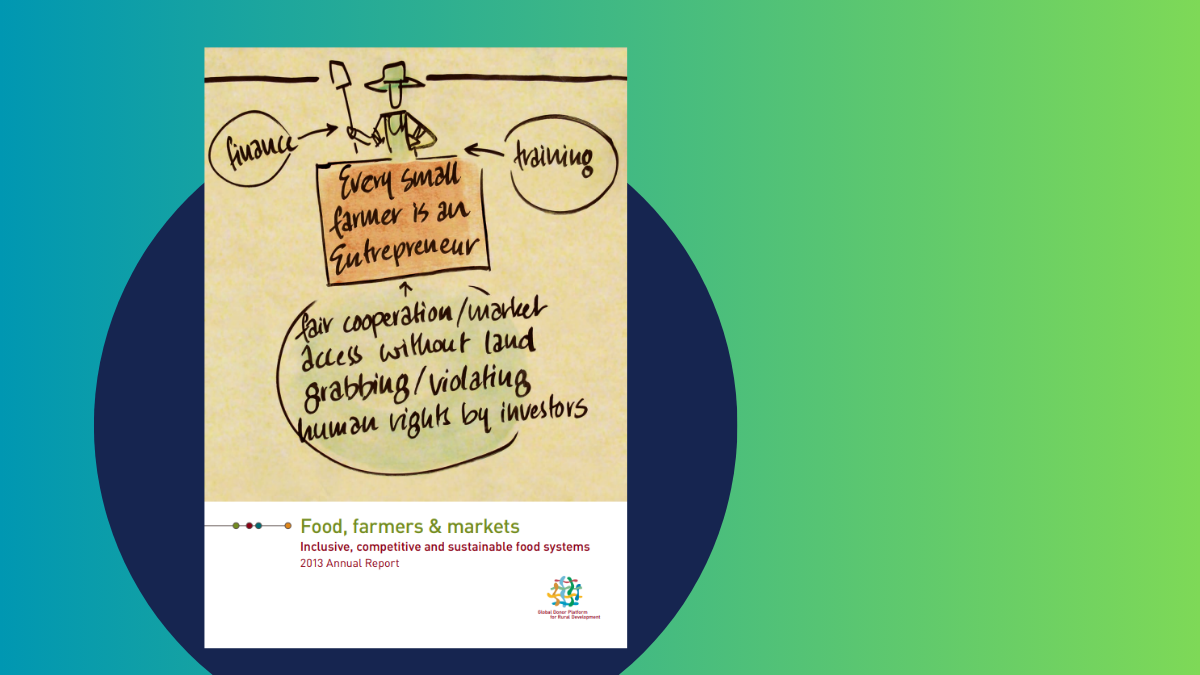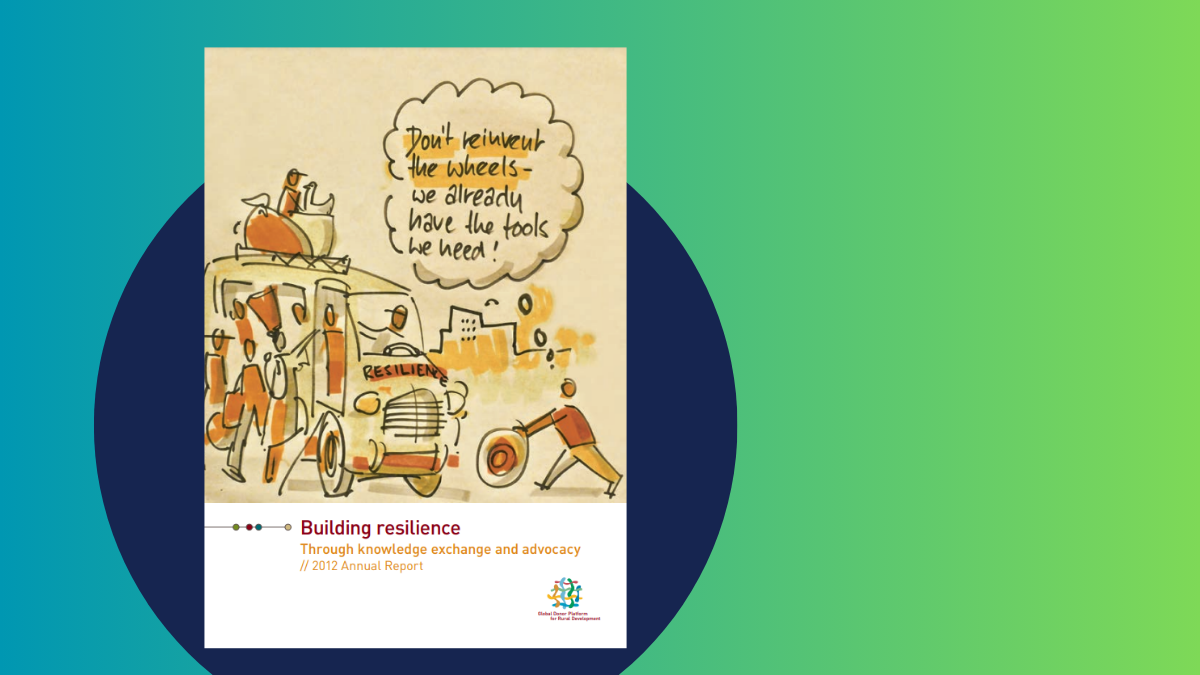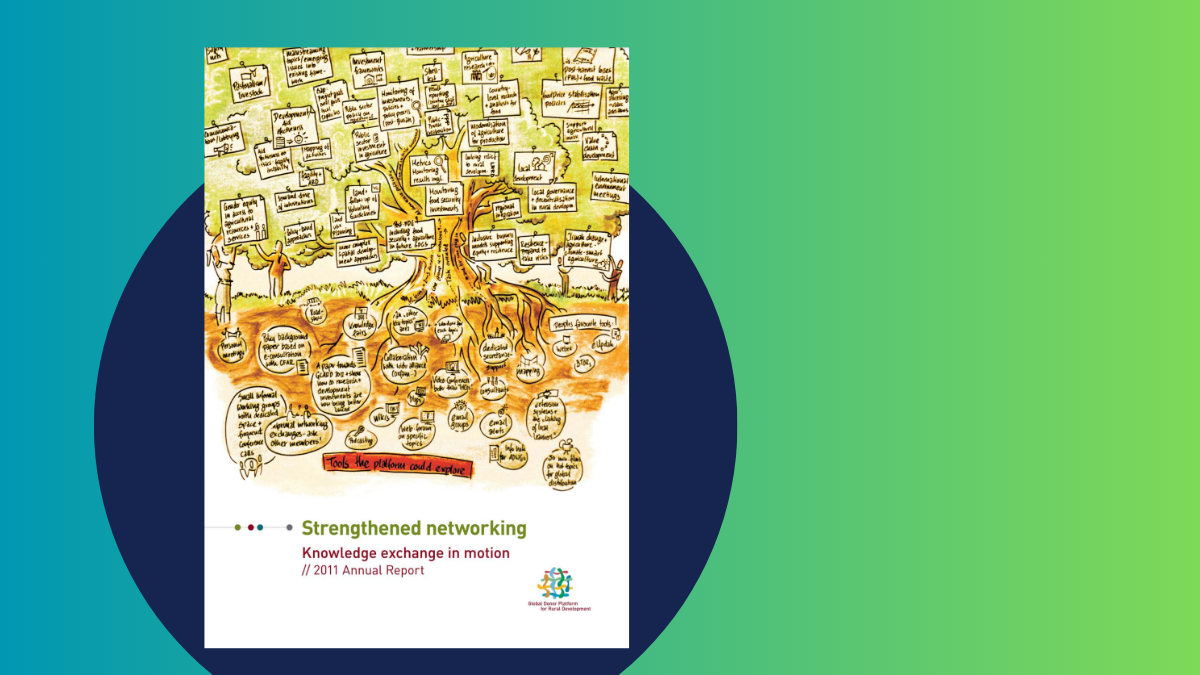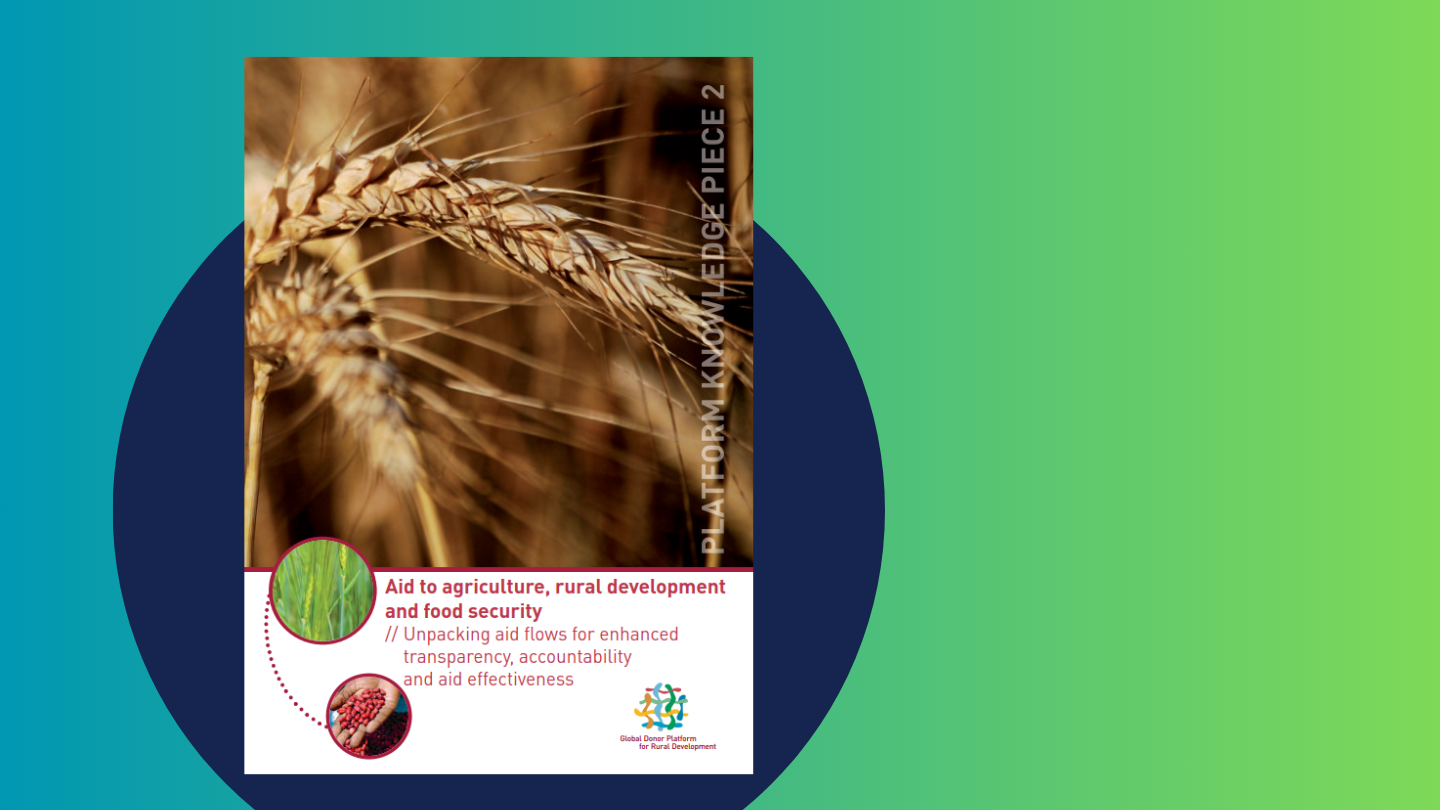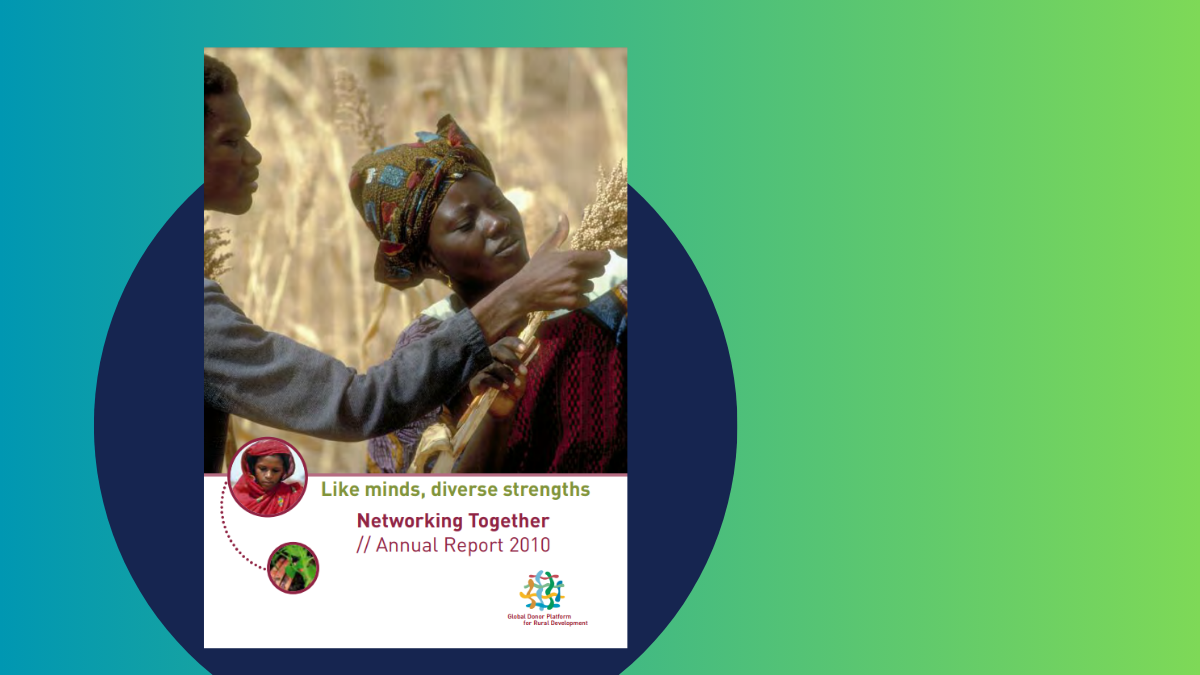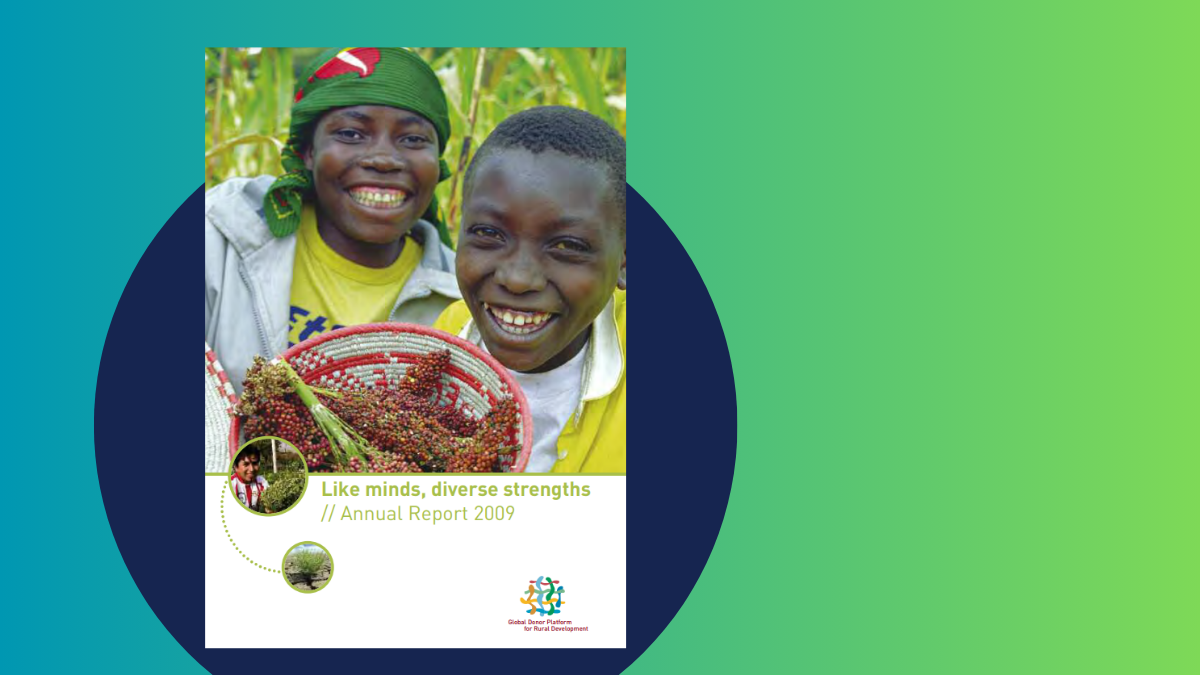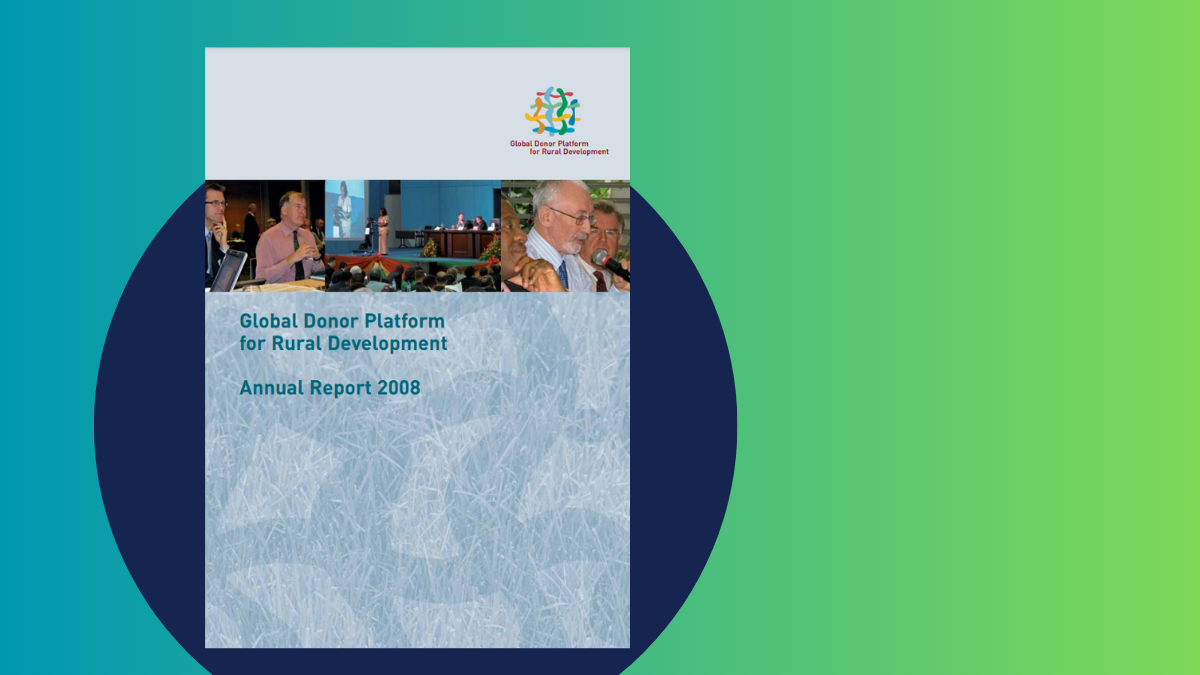Maputo, Mozambique – January 2018
The seminar organised by the Directorate General for International Cooperation and Development Unit C1 and the EU delegation to Mozambique back in November in 2017 provided a forum for intense and productive thematic and policy-related exchange between more than 100 participants from the Sub Saharan region and from other international organisations.
Links
Sustainable agriculture remains key driver for poverty eradication and development
The participants agreed that agriculture should remain in the focus of sustainable development policies and strategies in the region and continued to discuss possible entry points and cut-through topics that would allow for holistic and integrated approaches. Gender equality and climate change were identified as aspects that should be considered in almost every other thematic discussion, while overall discussions focused on key drivers, dynamic and effects of rural transformation.
The region is going through a unique process of structural transformation – rapid urbanization without industrialisation and limited economic diversification. This makes the agricultural sector all more relevant for the economic development of Sub-Saharan Africa. Additionally, it is expected that rural population will continue to grow and therefore put additional pressure to diversify rural economy. The participants agreed that a positive rural transformation process could not take place without ensuring food and nutrition security and resilience. Based on that investments should focus on promoting the planned and sustainable development of small and intermediary cities as a way to promote agricultural development and diversification. Interventions should involve cross-sectoral thinking and approaches, but also foster knowledge creation and improved information systems that will help build strategies adapted to the characteristics of the region.
Related topics
- Inclusive agribusiness and its importance for sustainable development. The Platform has a new workstream that looks at the interlinkages between inclusive agribusiness, trade connections and sustainable rural development.
- Nutrition-sensitive agriculture. In the last year this workstream of the Platform focused on issues related to linking nutritional goals to agricultural projects. This year we aim to look at nutrition as a cross-cutting issue related to gender, climate and as a basis for sustainable rural development.
Additional topics that received special attention
- Sector policies and sector budget support – participants agreed that policy dialogues have the potential to encourage multi-sector and inter-institutional coordination by improving budgetary transparency.
- Working with the private sector and blending – the cooperation with the private sector is in the focus of the European development agenda. Although institutions start to gather experience in blending finance and actively supporting the private sector in partner countries, there is still limited practice of investing in farming activities or in the agricultural production systems. Several concerns were raised during the meeting, the most prominent being the high level of diversification in private sector in agriculture, the need to convince national governments of the benefits and the practical issues at local level.
- European Investment Plan – participants showed a lot of interest in this new initiative, but also warned from a structure that will aim to develop one approach of investments to fit all sectors. Delegations from partner countries also expressed their concern about the targeted enterprises and the mismatch to the need for investments.
- Value chains – A key issue was flagged during the discussions, namely the need to combine value chain development approaches with territorial approaches. Although seen as a main problem, the discussions focused rather on the economic viabilities of value chains, the need to EU support in assessing regulatory environment, the inclusiveness aspect and ownership.
- Family farming – it can be highly strategic for the sustainability of agricultural and food systems. The pathways to agricultural intensification should focus at the same time on production and on the system as a whole, aiming at balancing production objectives with eco-systemic concerns.
- Youth employment with a gender focus – the future of SSA is about youth employment in rural areas. Agriculture alone will not be sufficient to create enough employment, a higher level of diversification in the rural economy will be necessary. Participants agree that youth related issues should not be addressed in isolation from other economic and social challenges. Also here gender inequality was stressed as one of the biggest concerns.
- Nutrition-sensitive agriculture – the participants shared good examples of nutrition sensitive agriculture interventions. The participants called for efforts to generate age and sex disaggregated data and named the Platform as a possible forum to share experiences and best practices.


